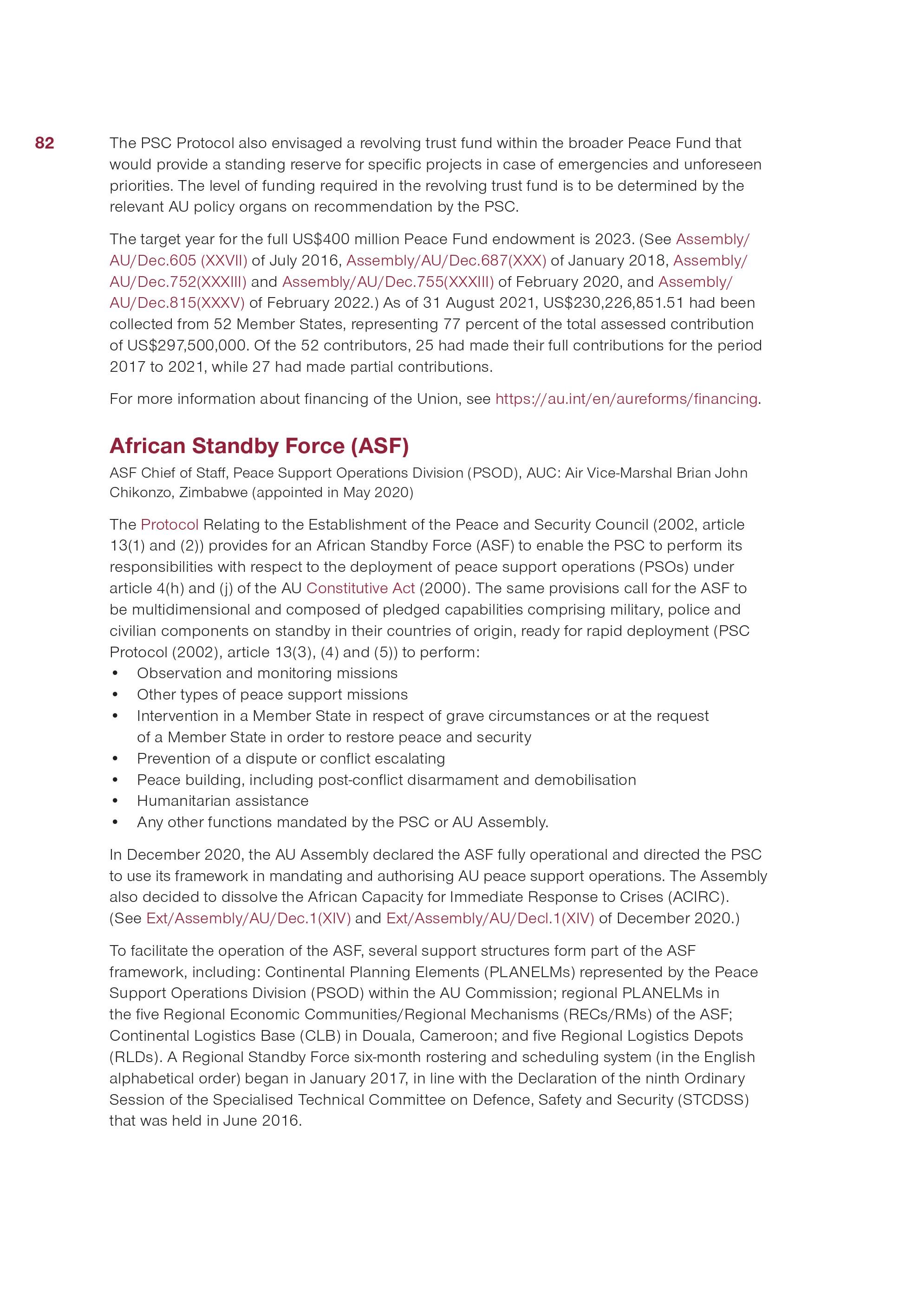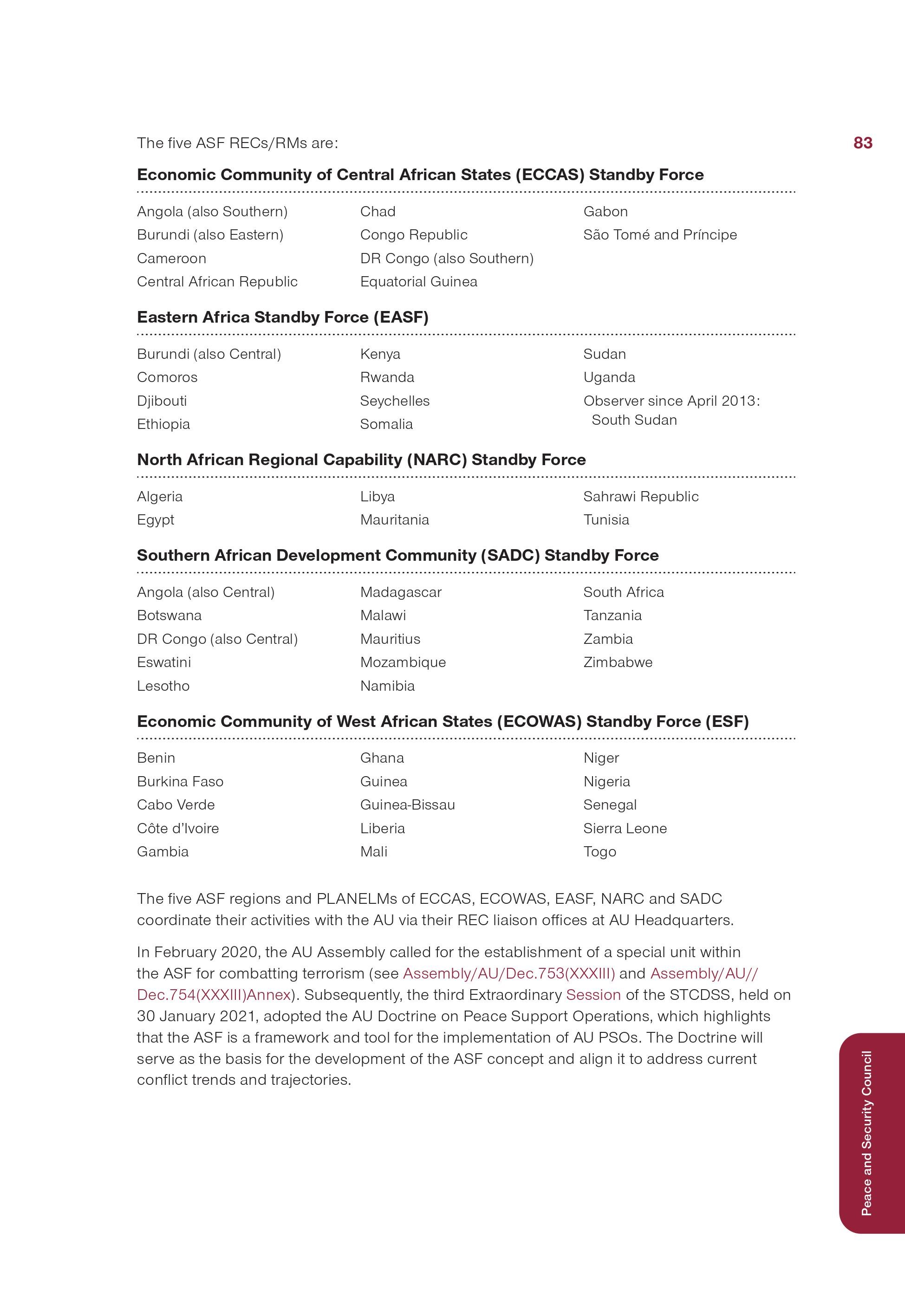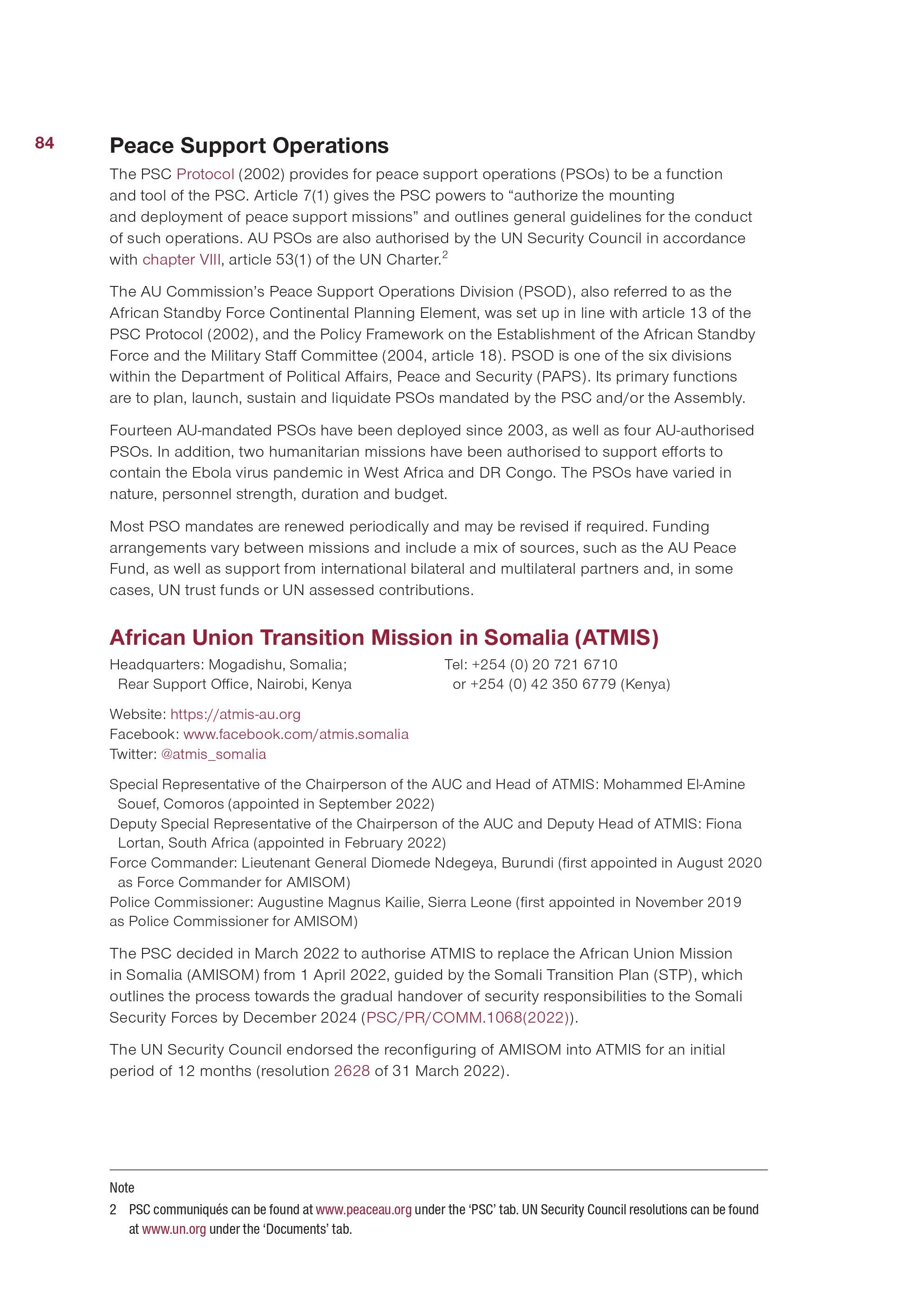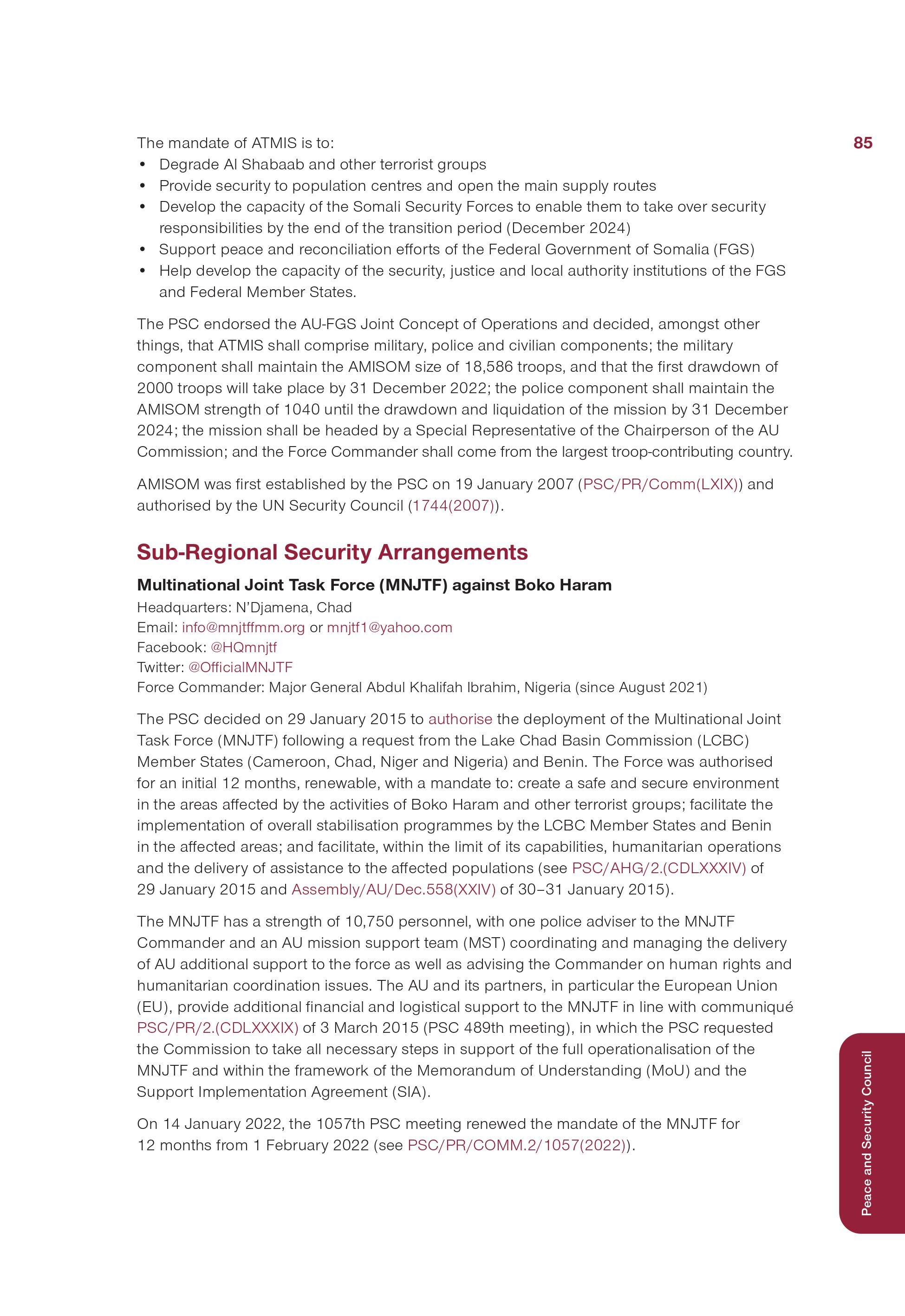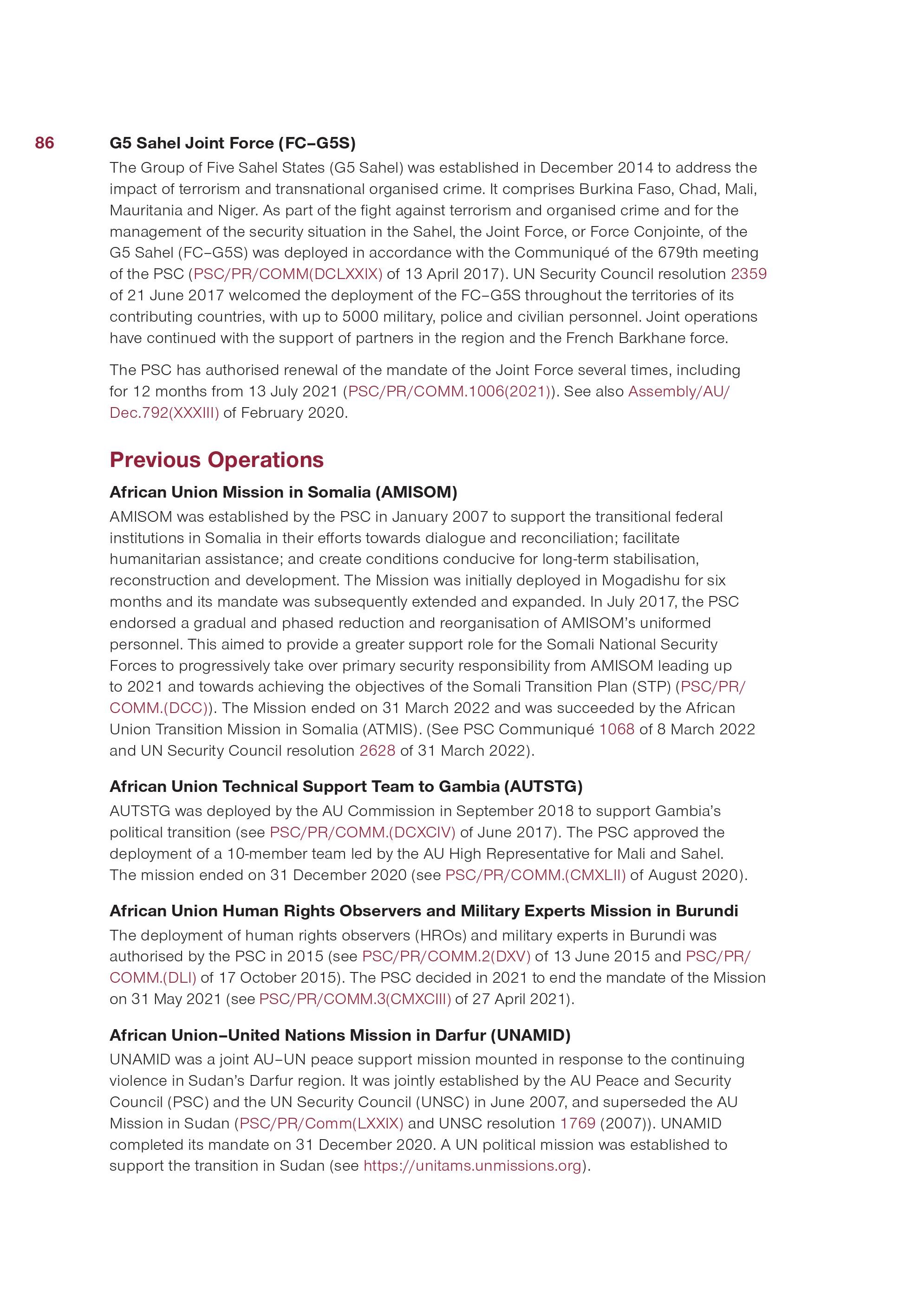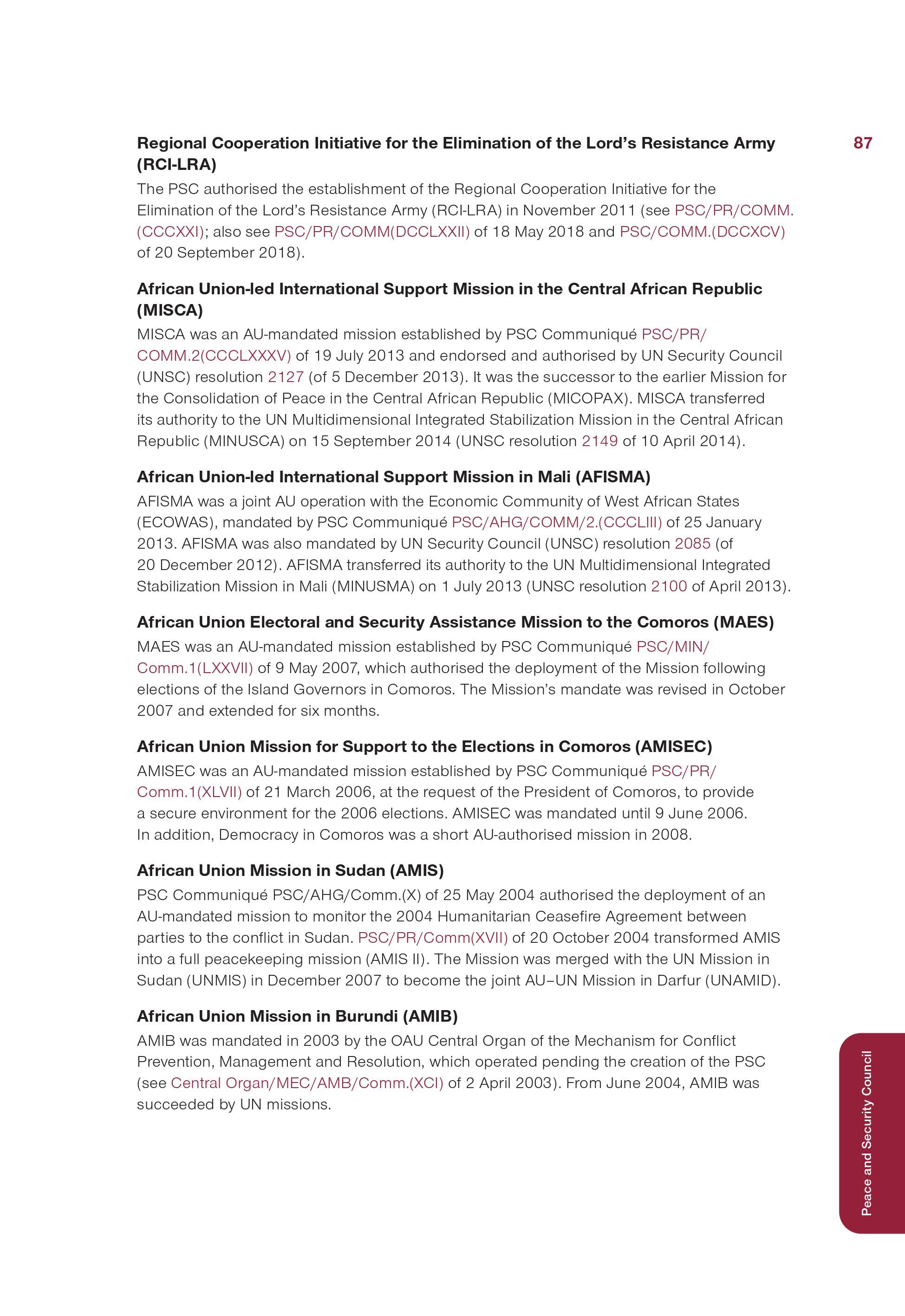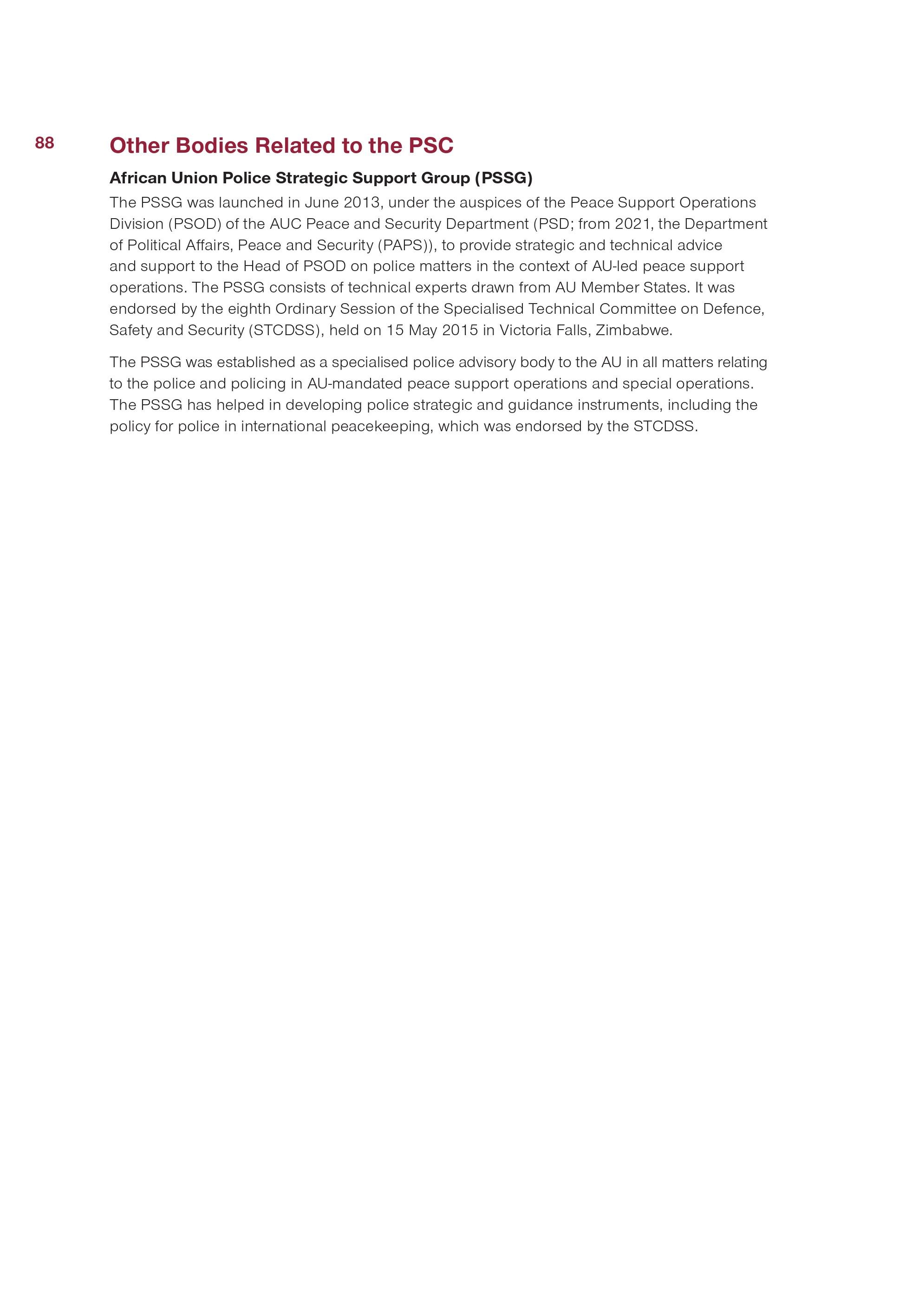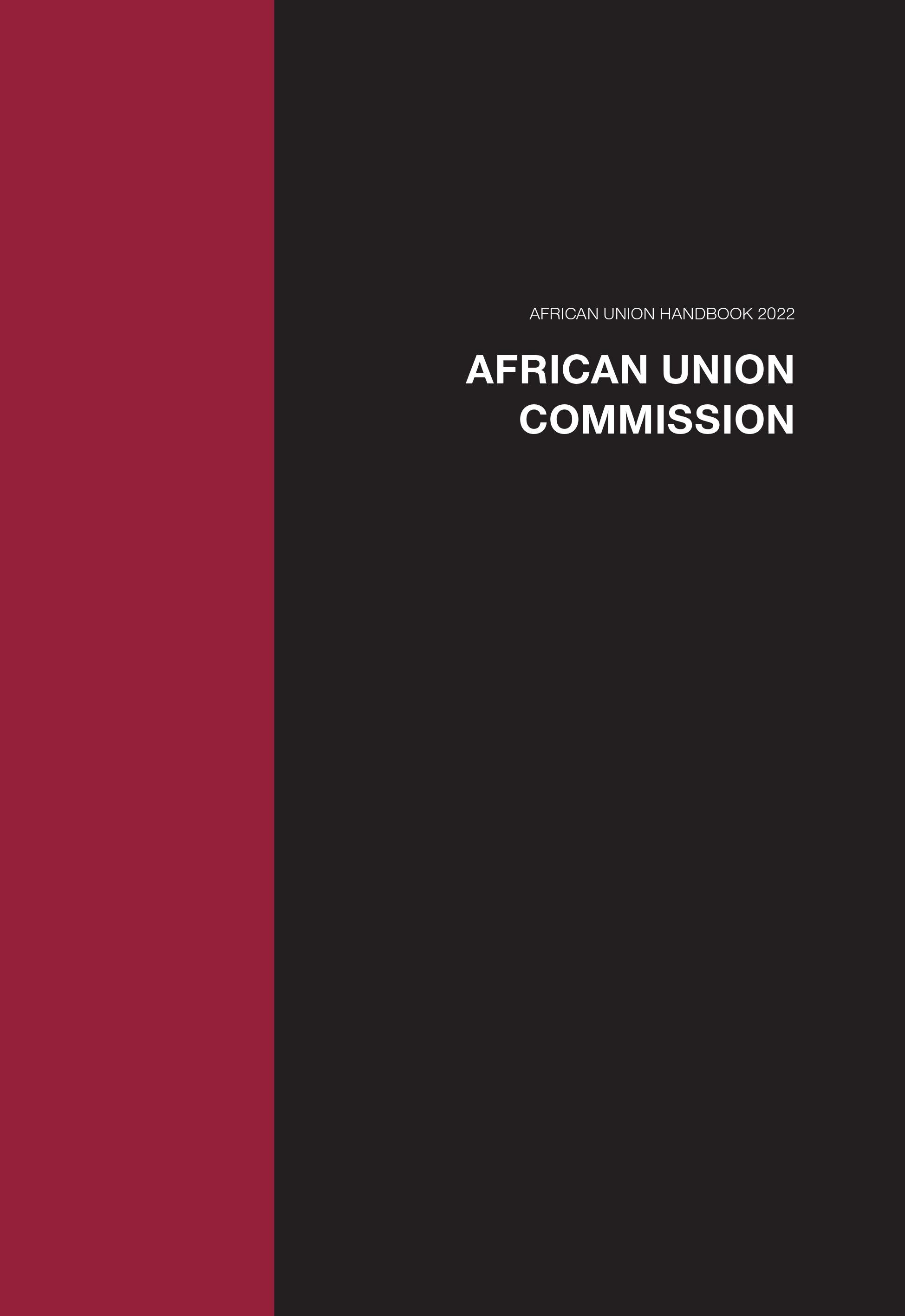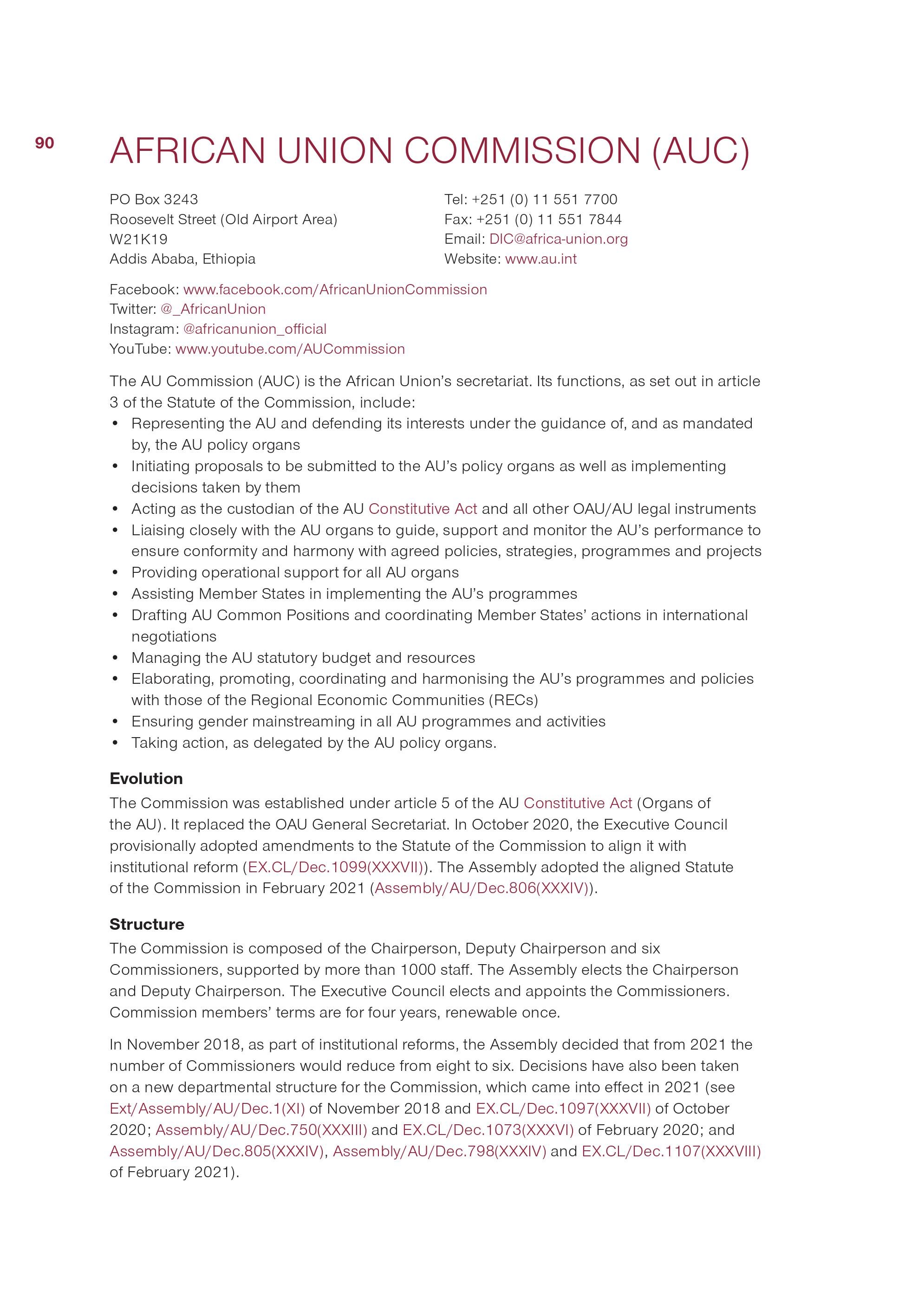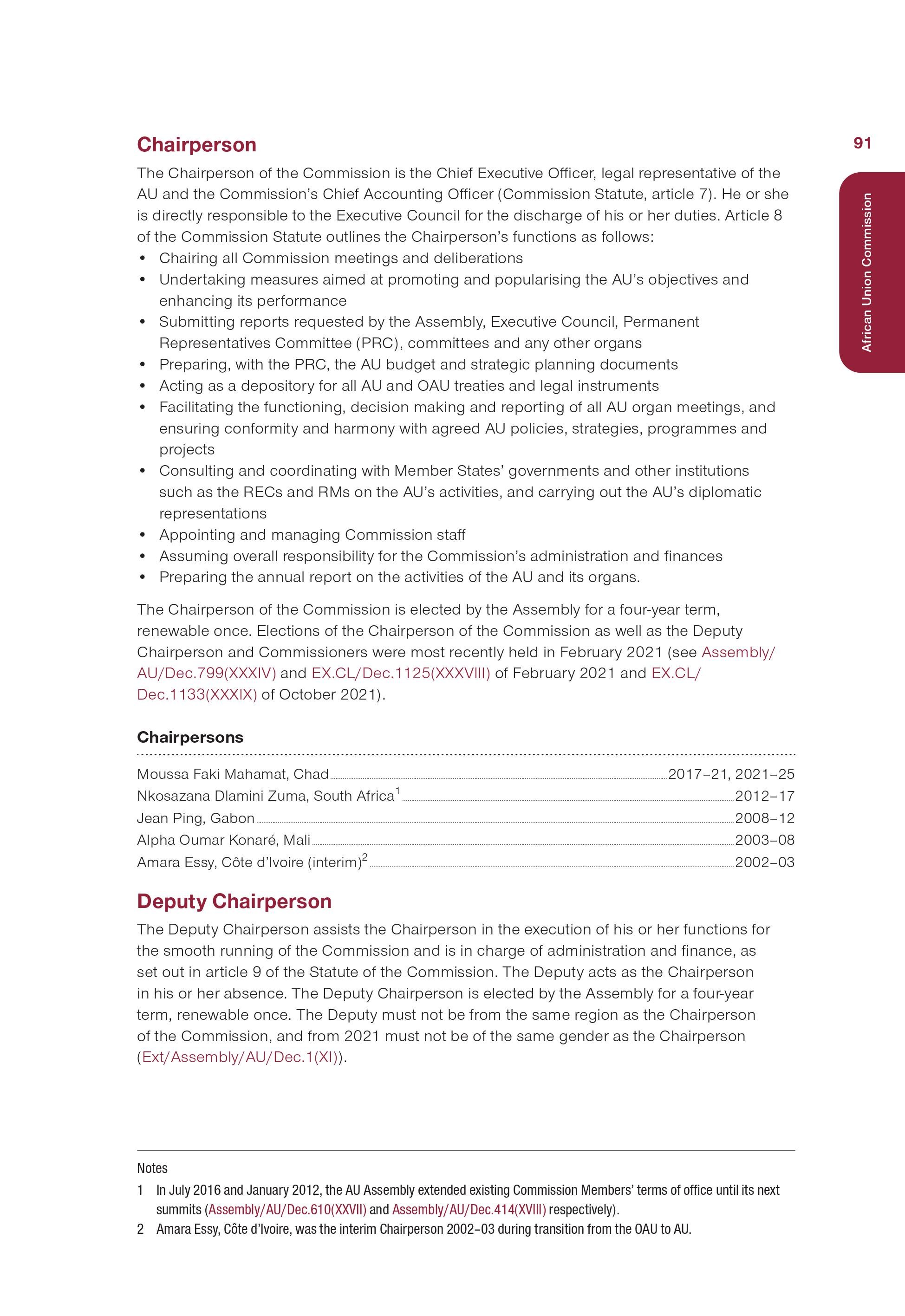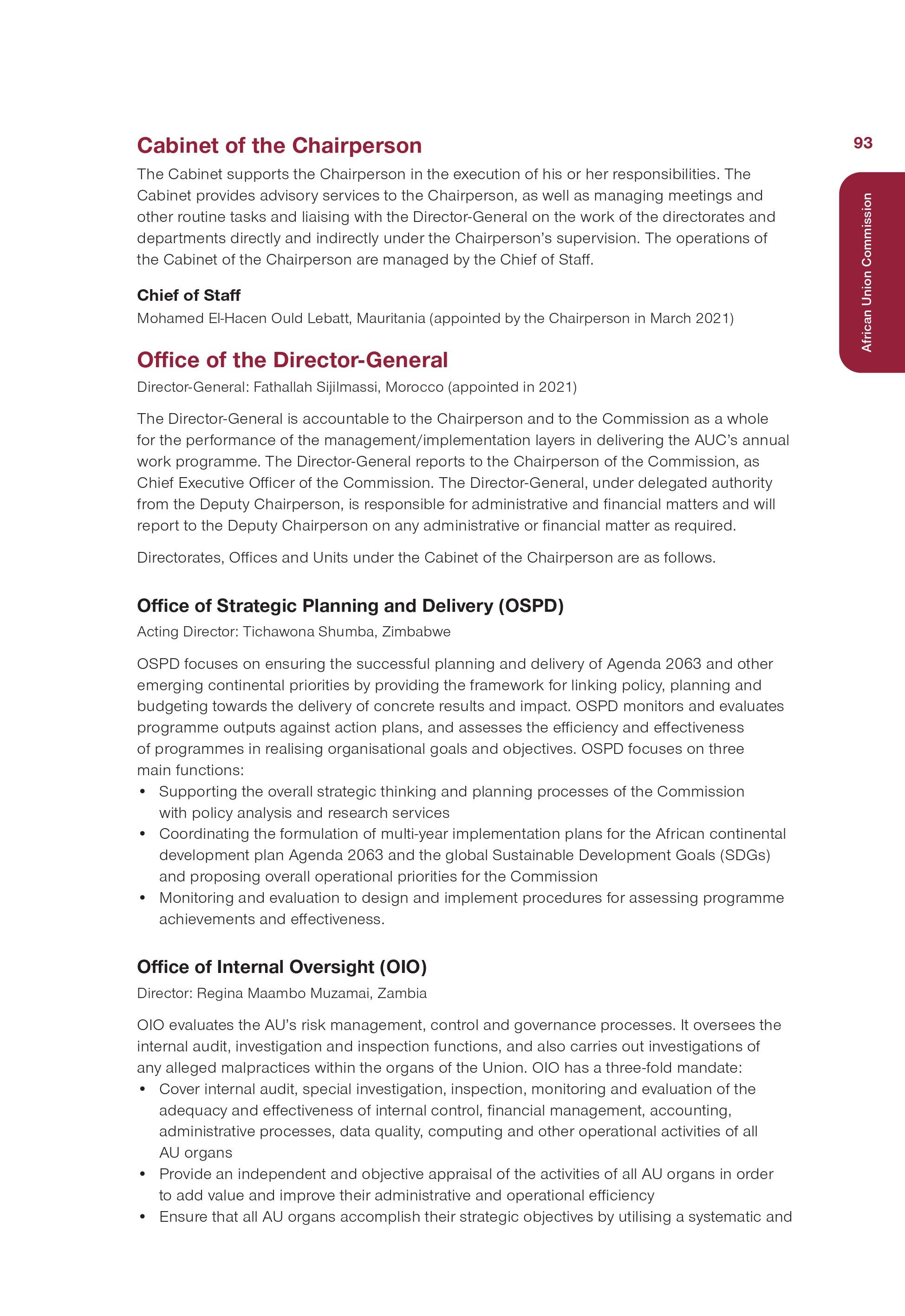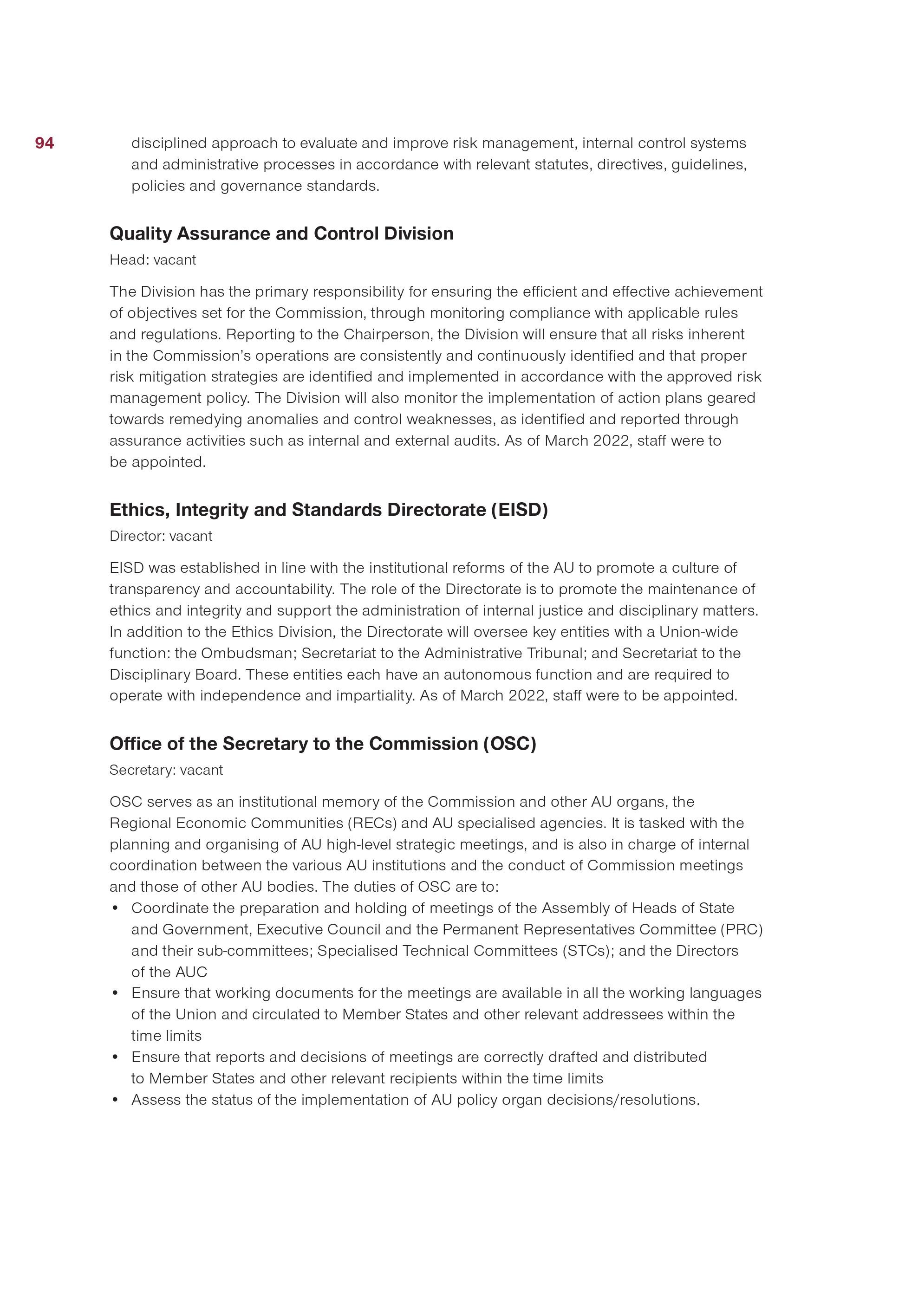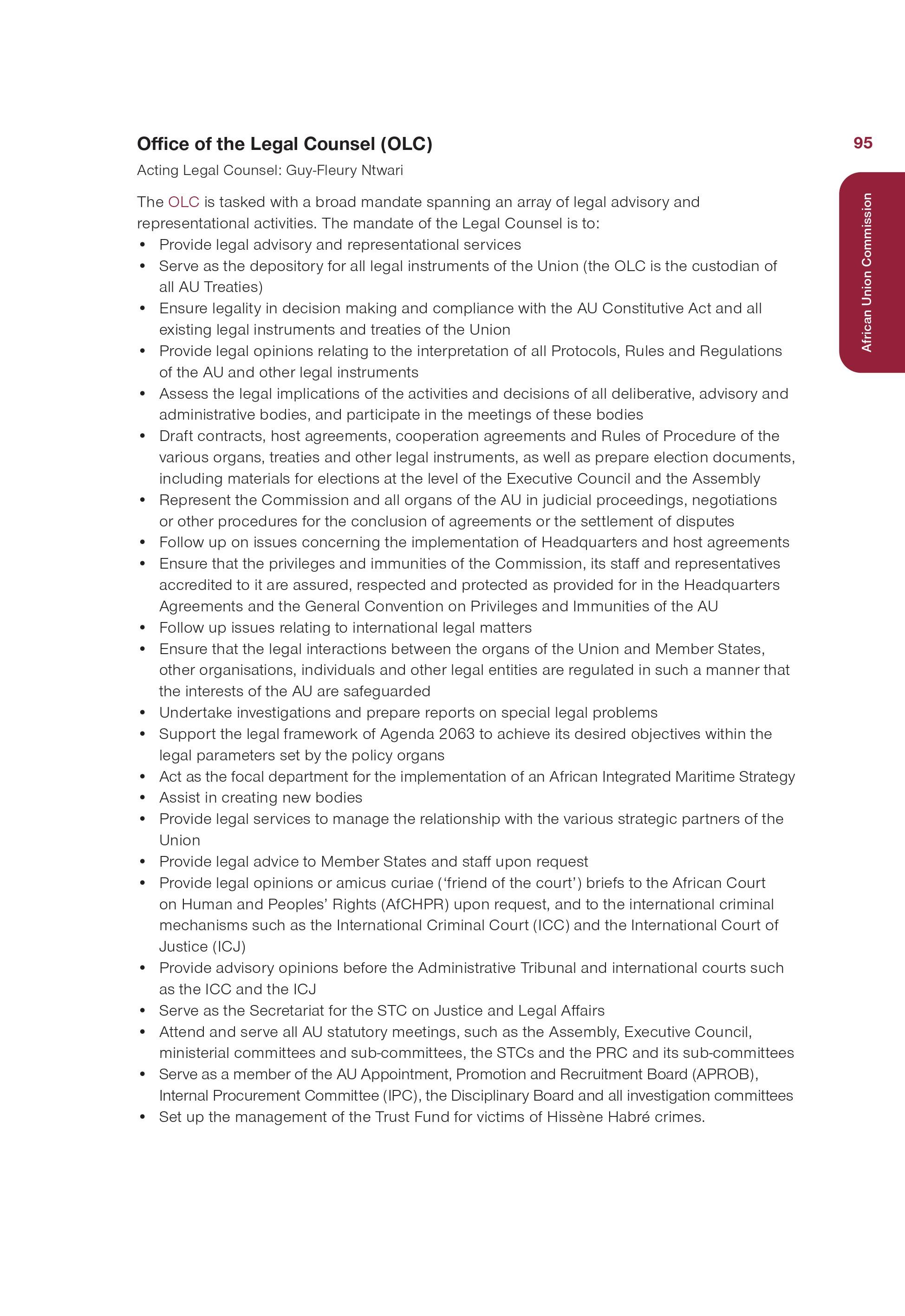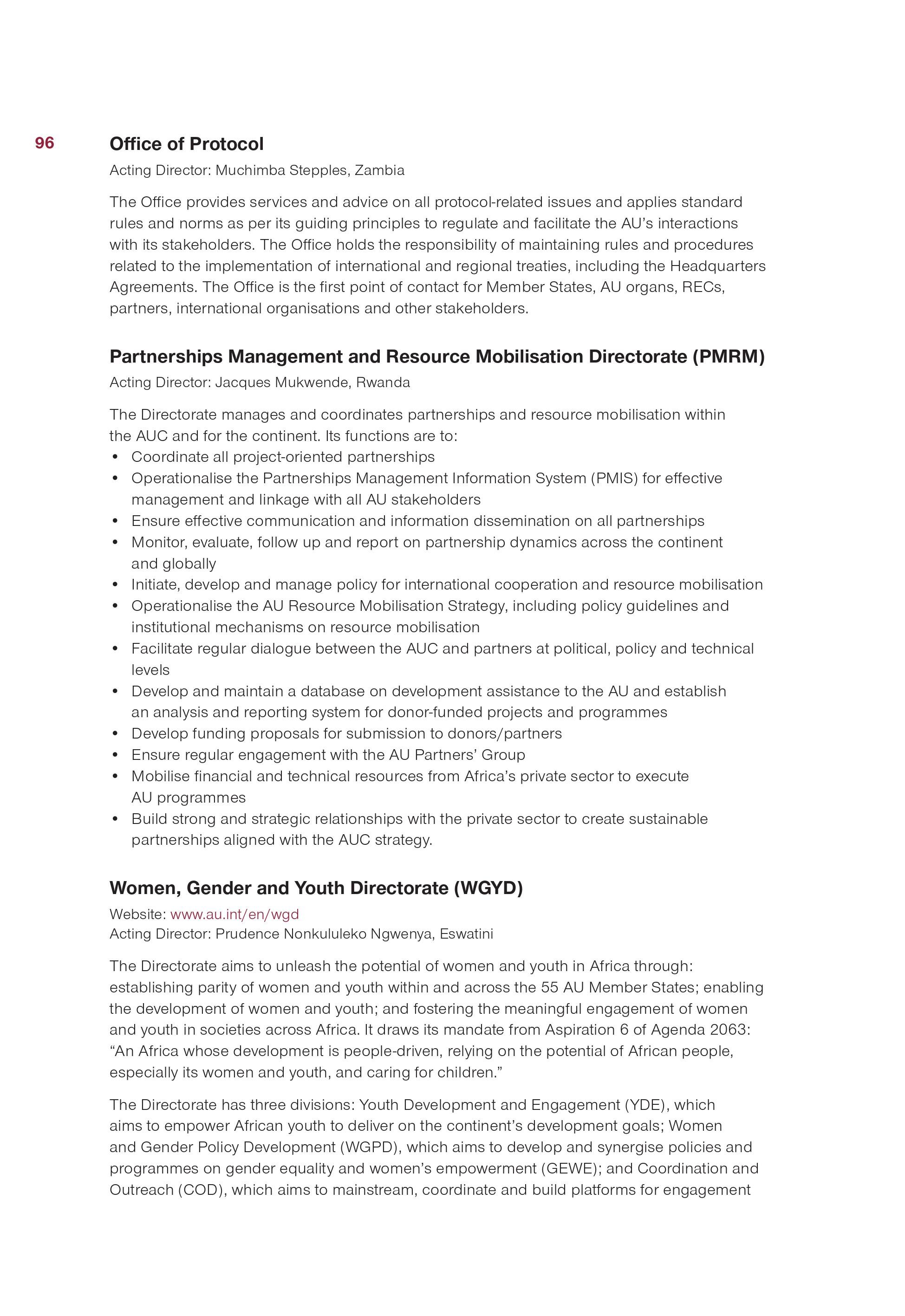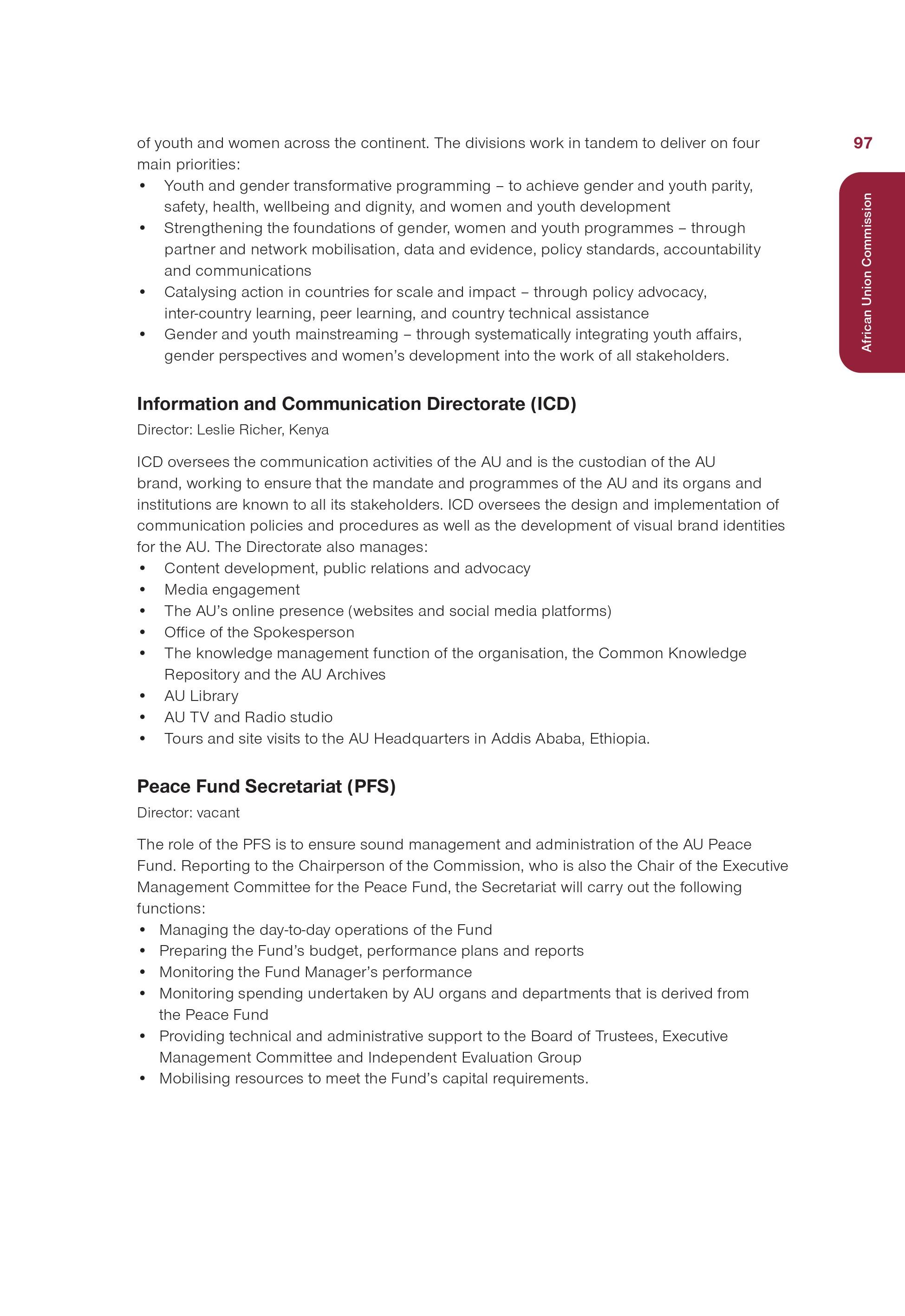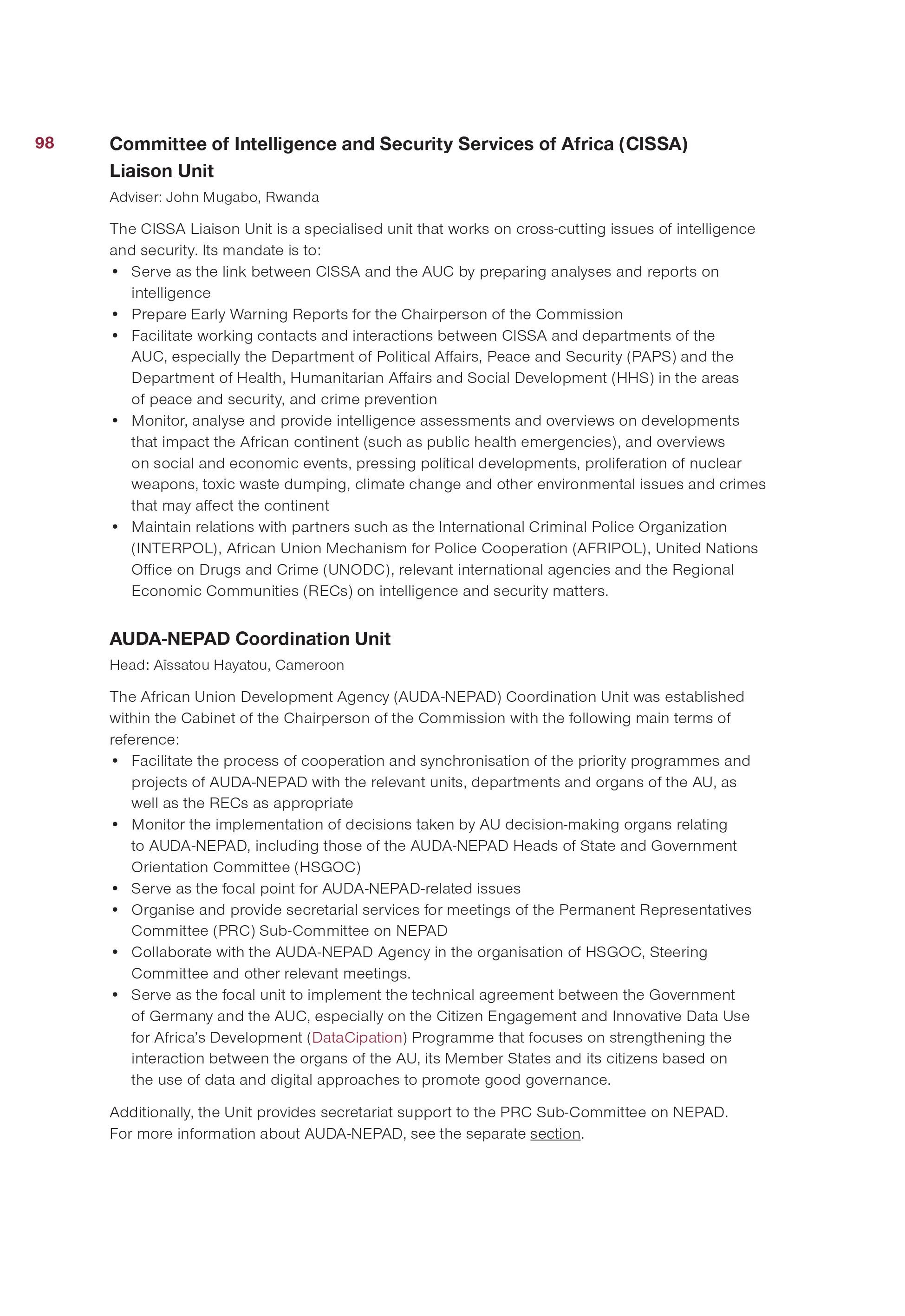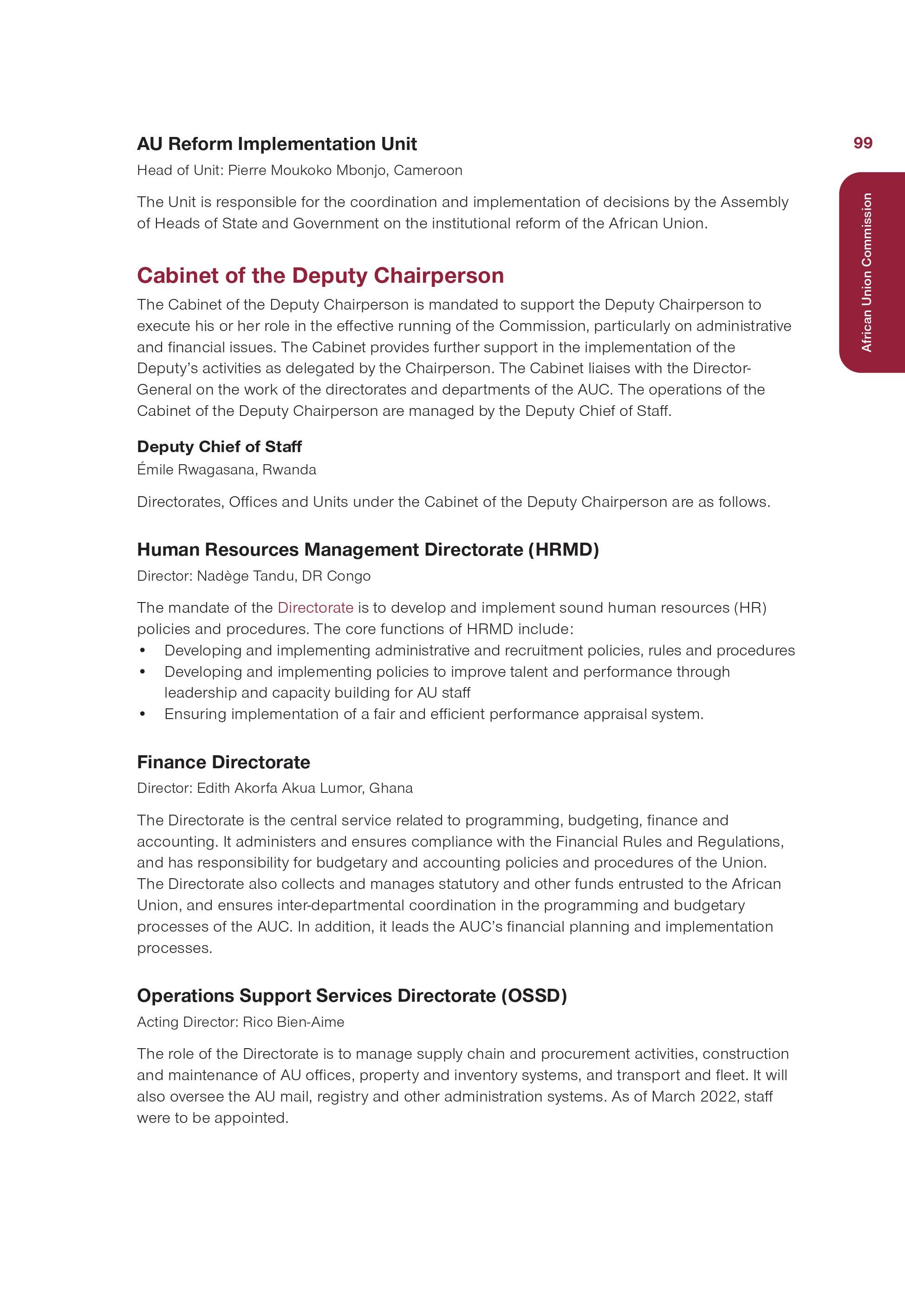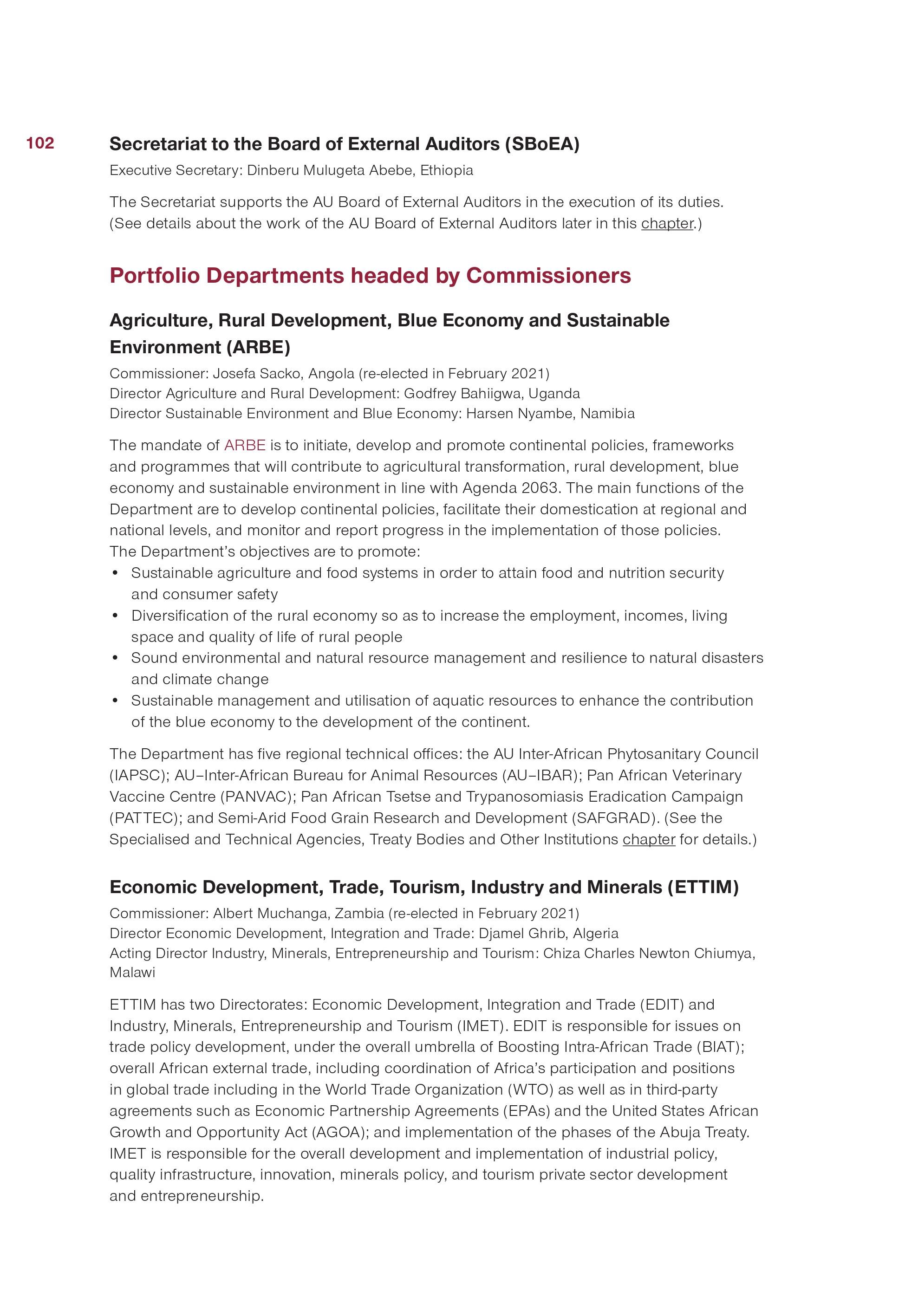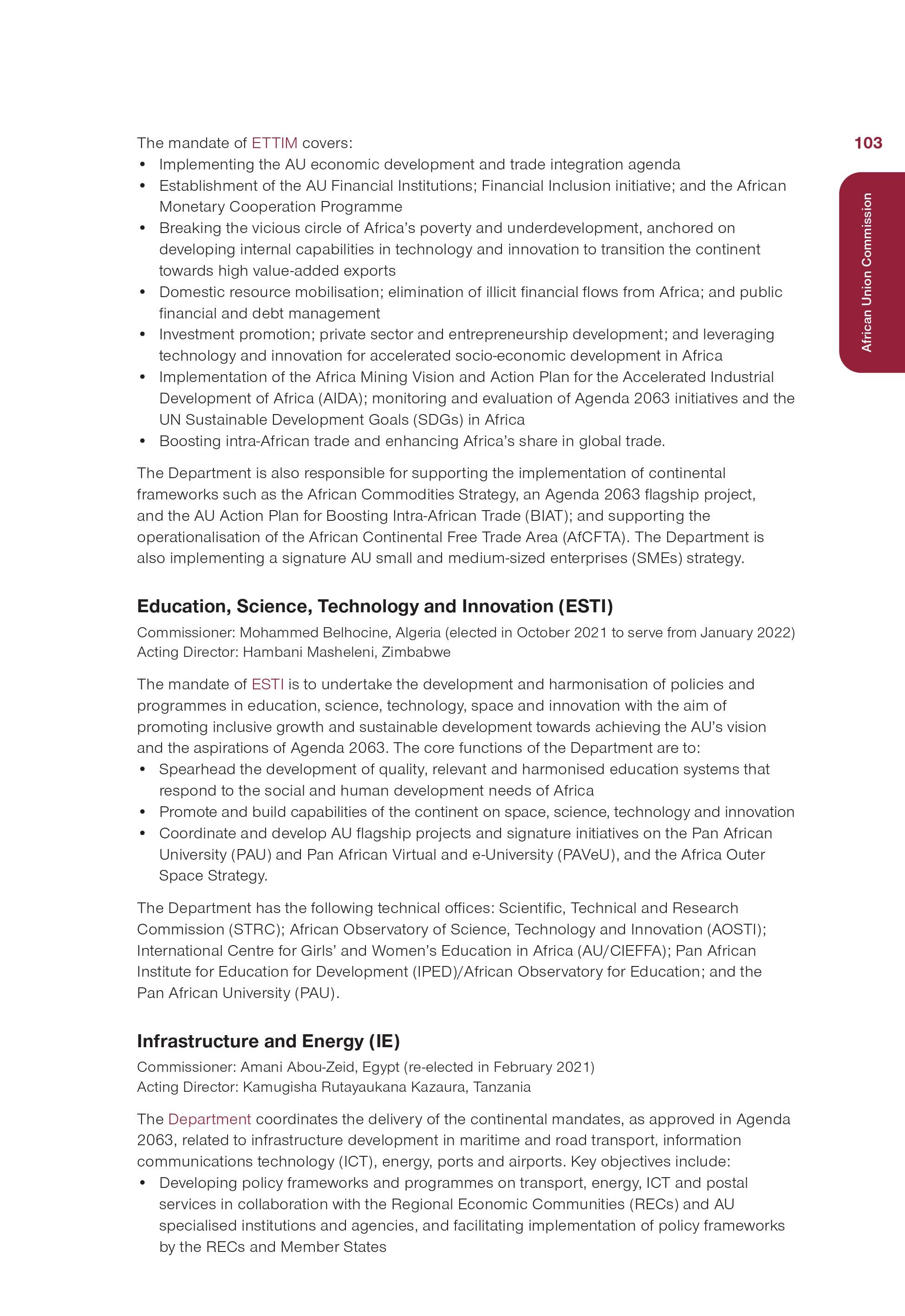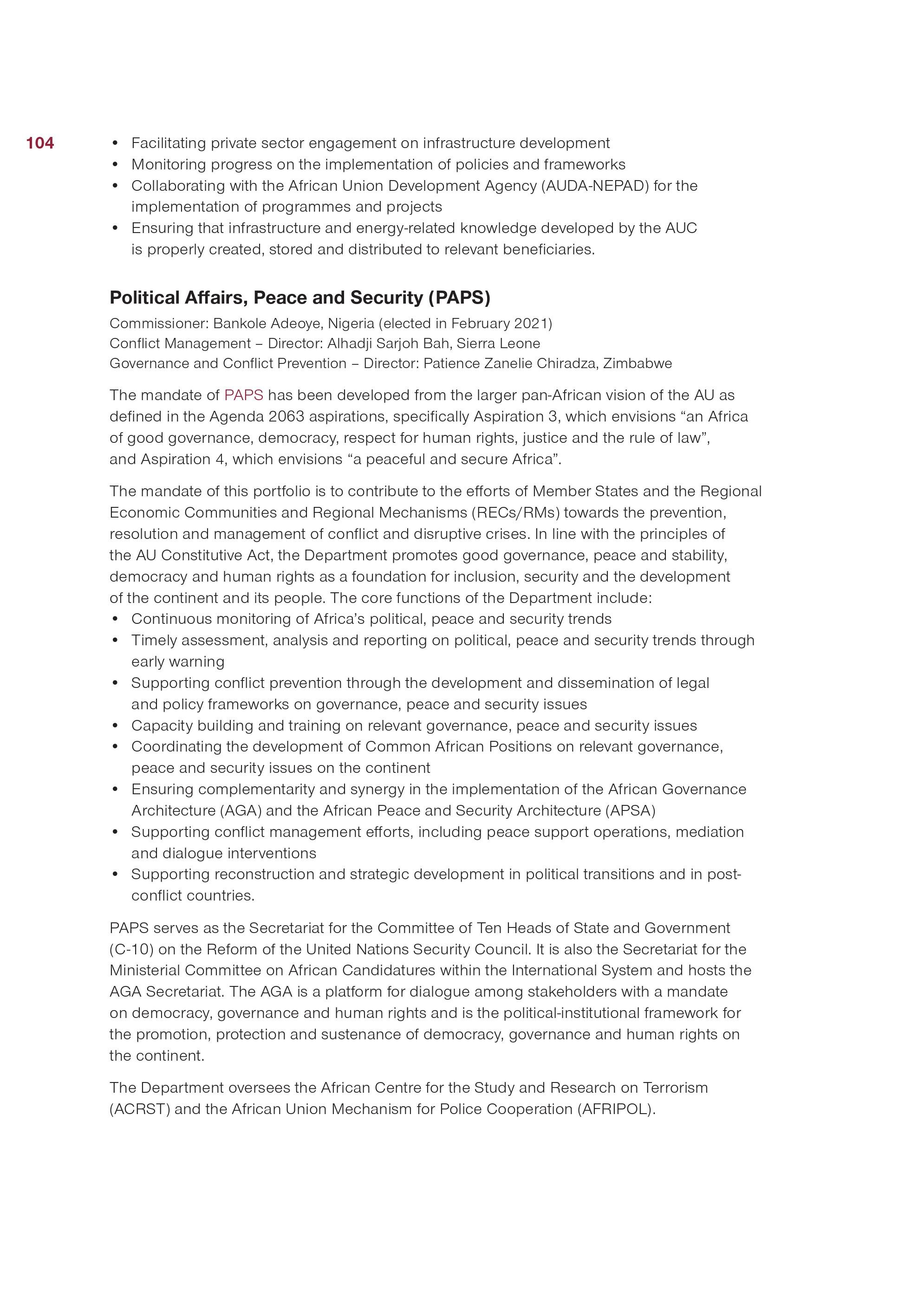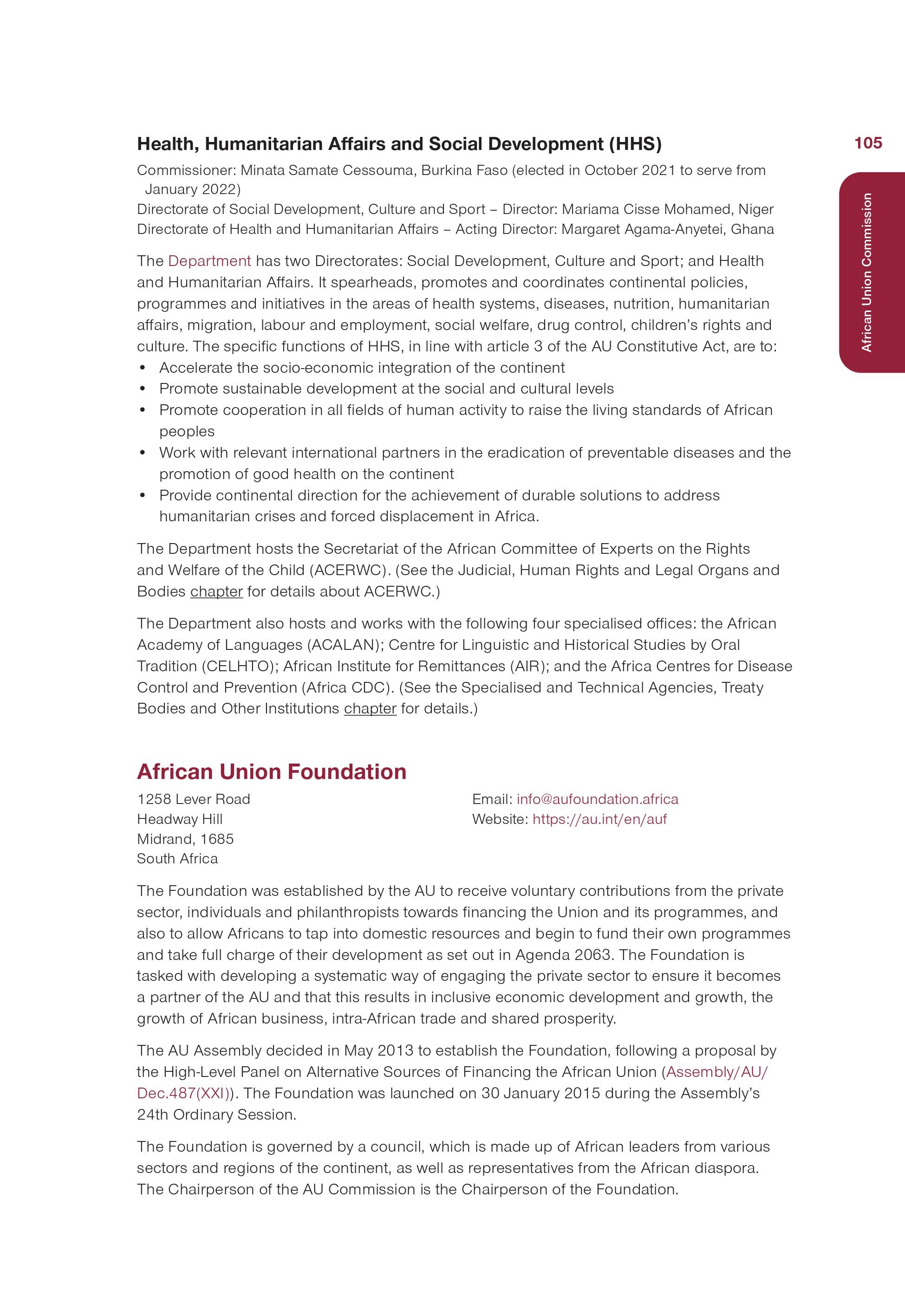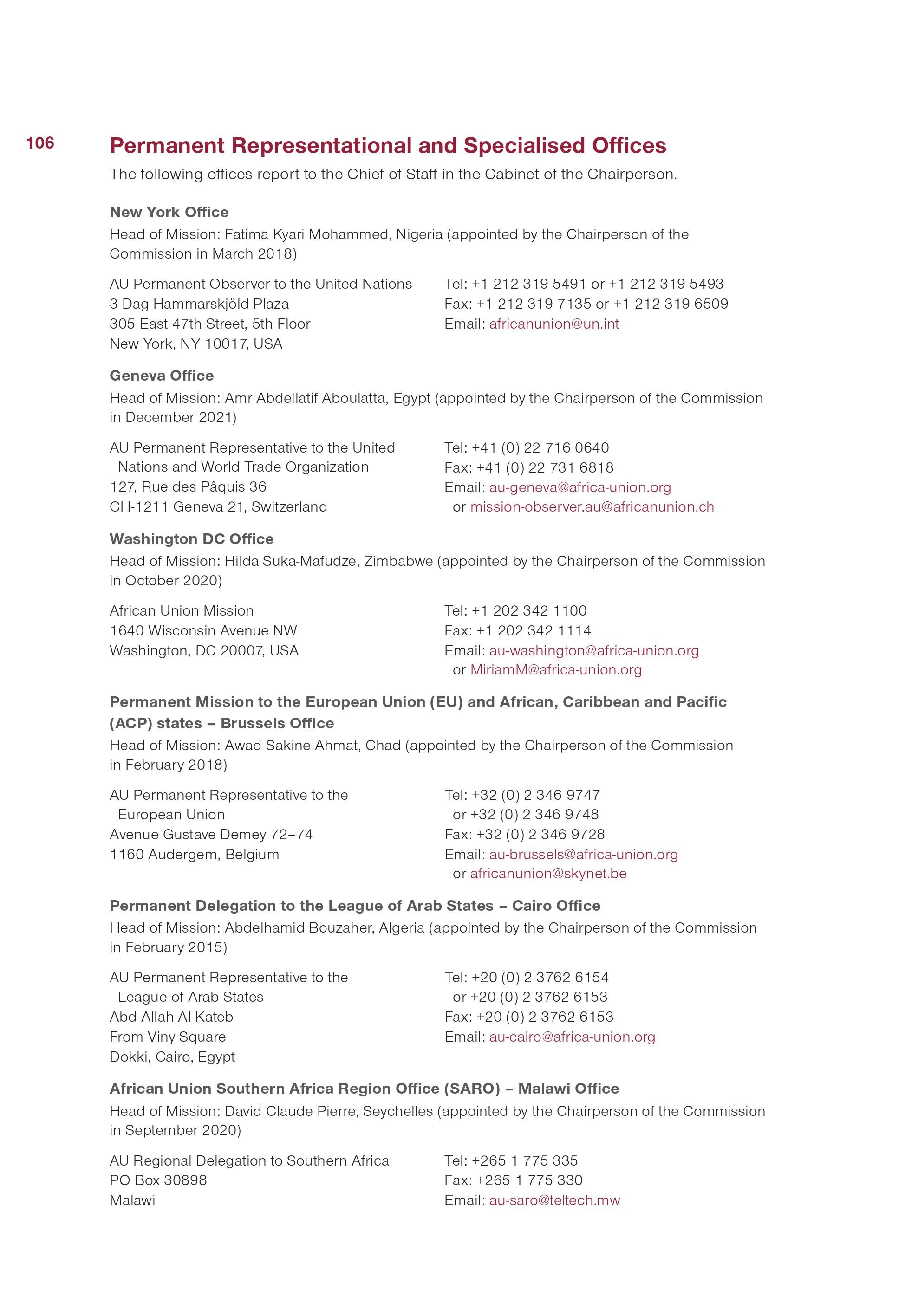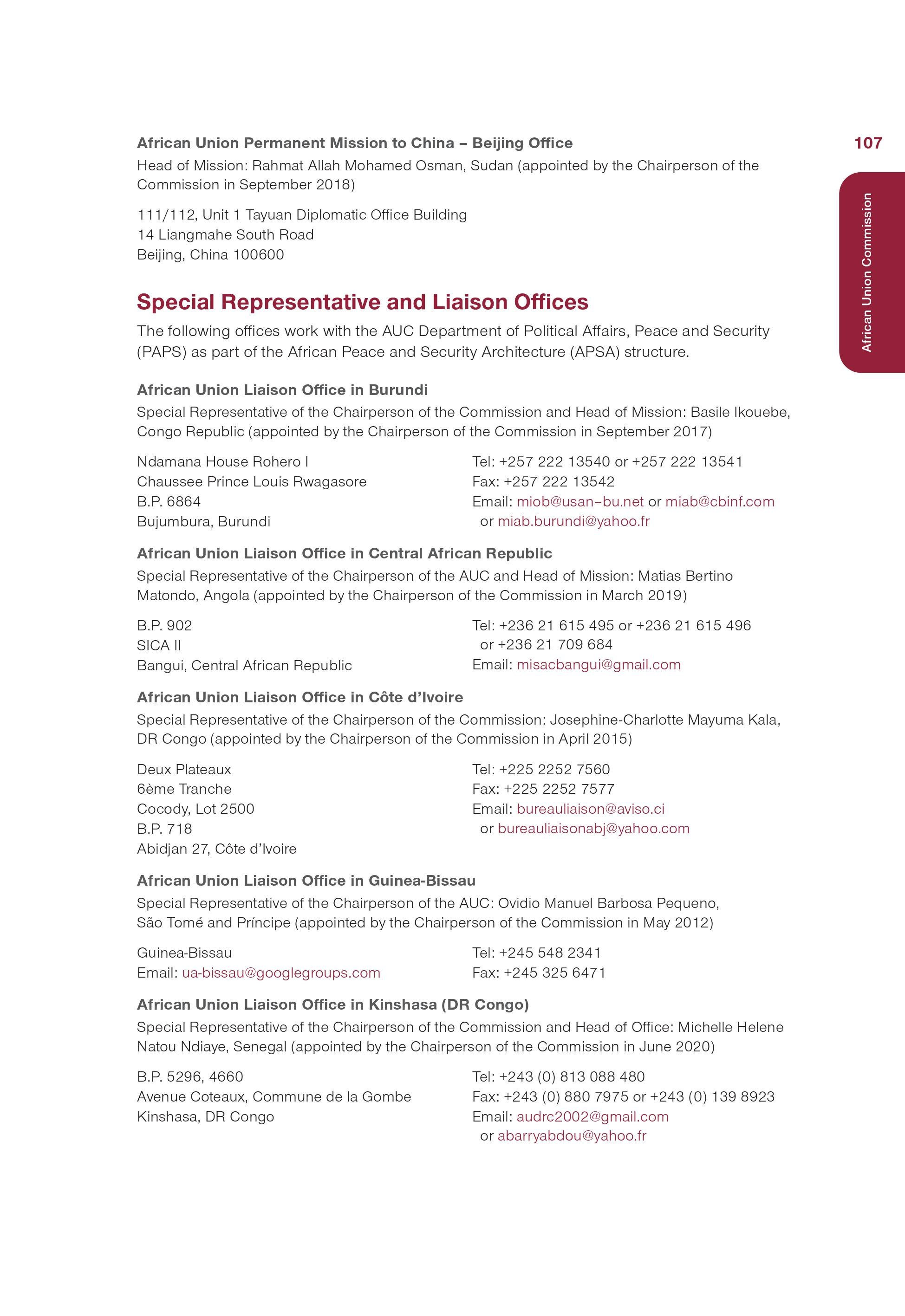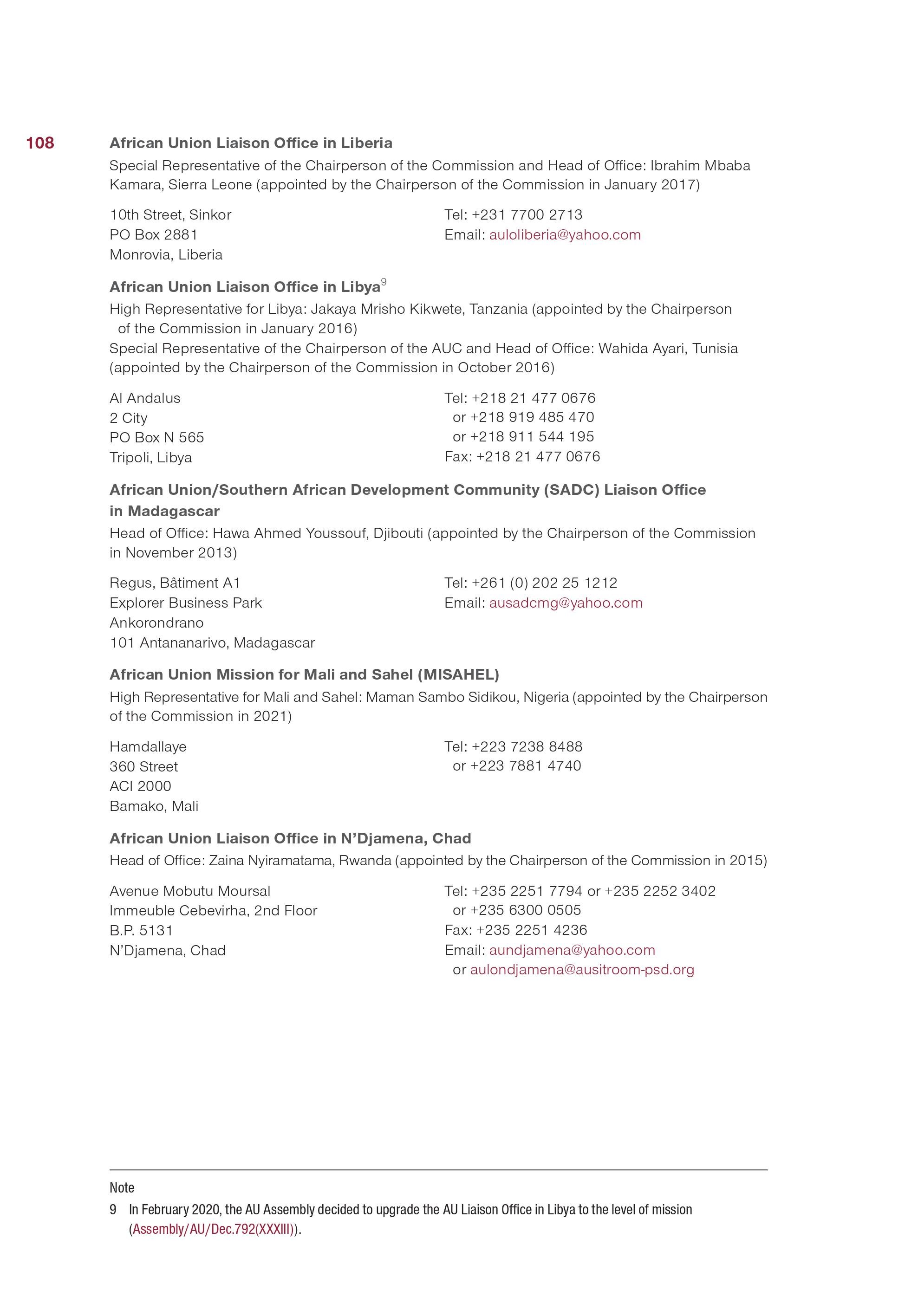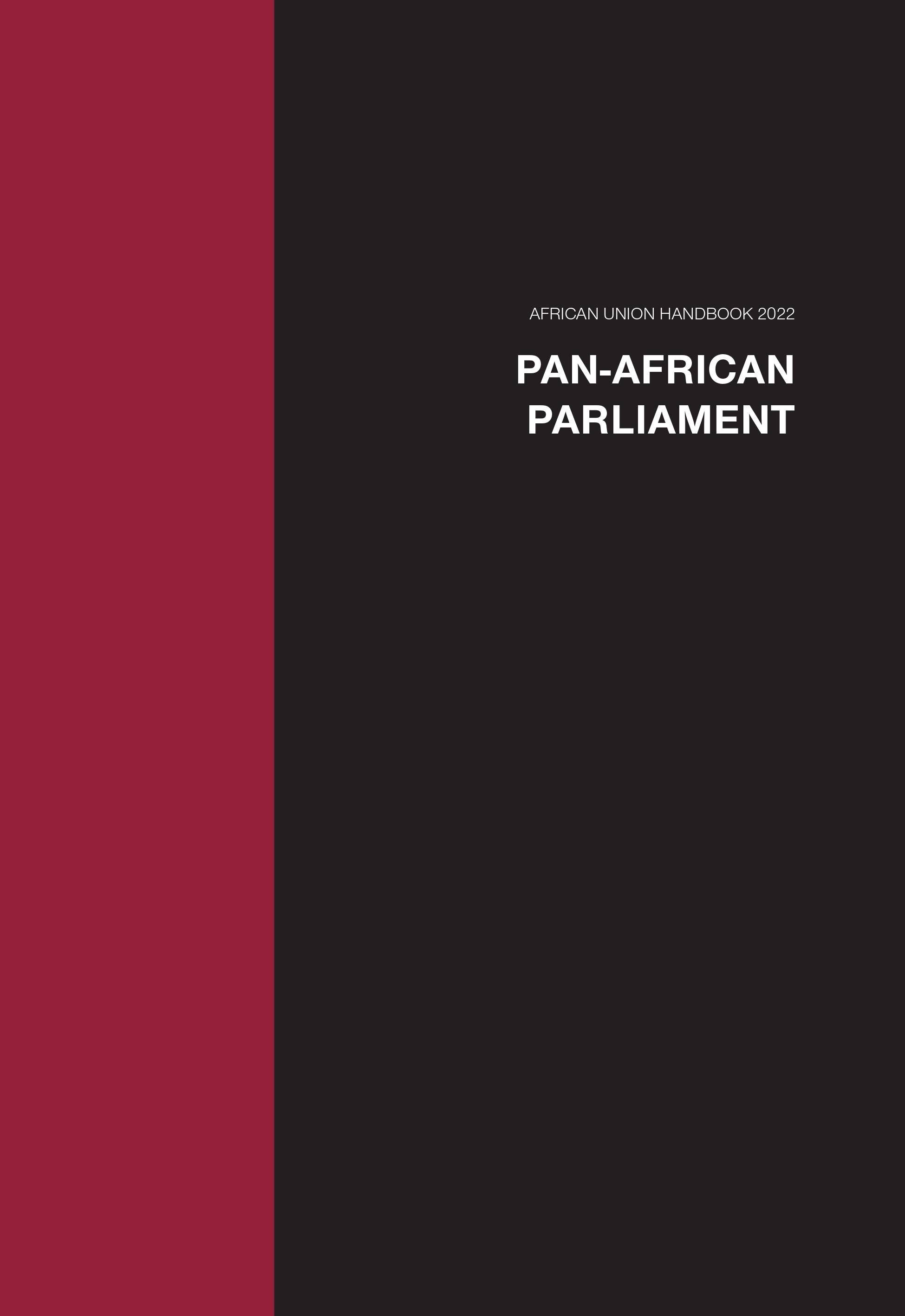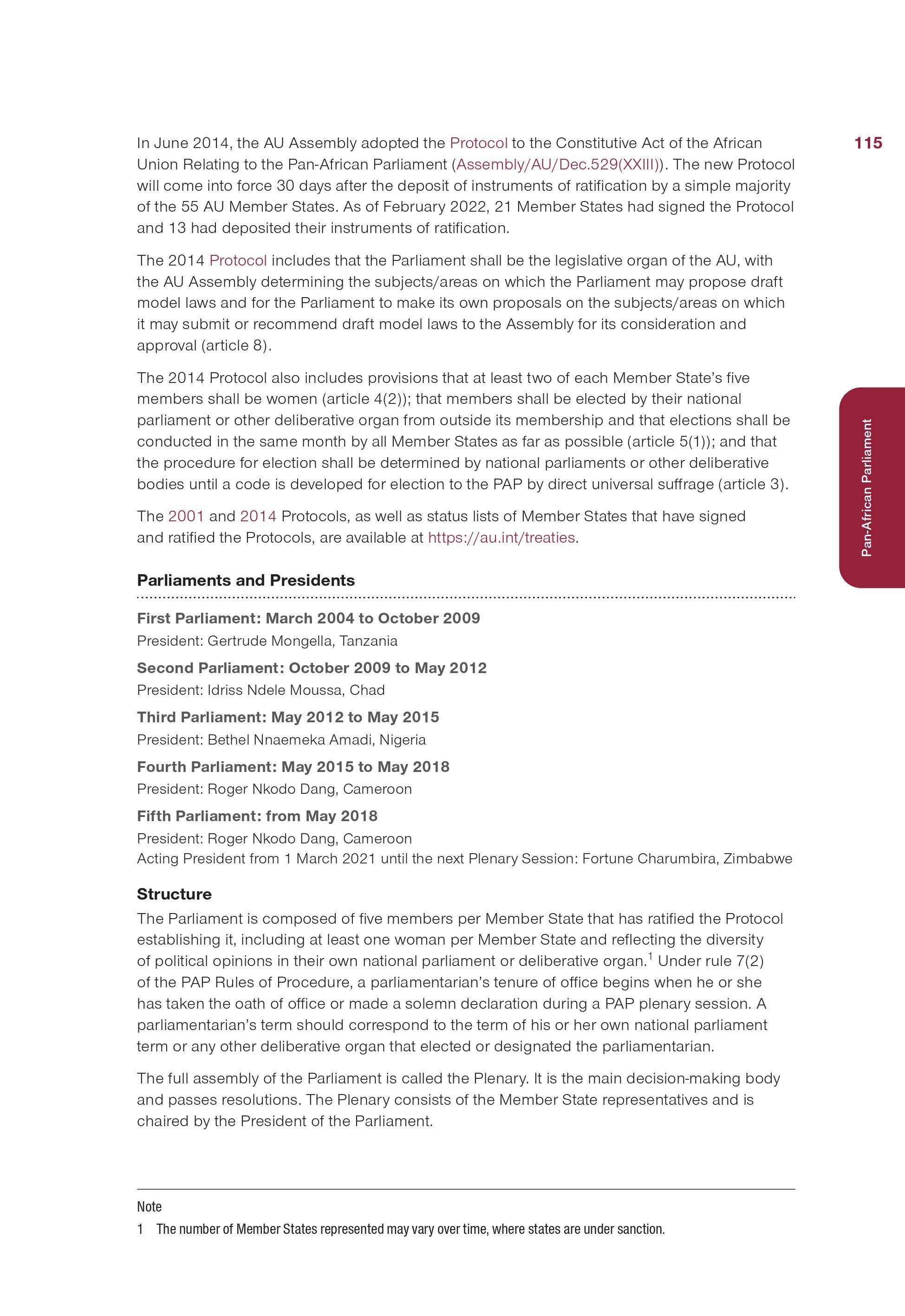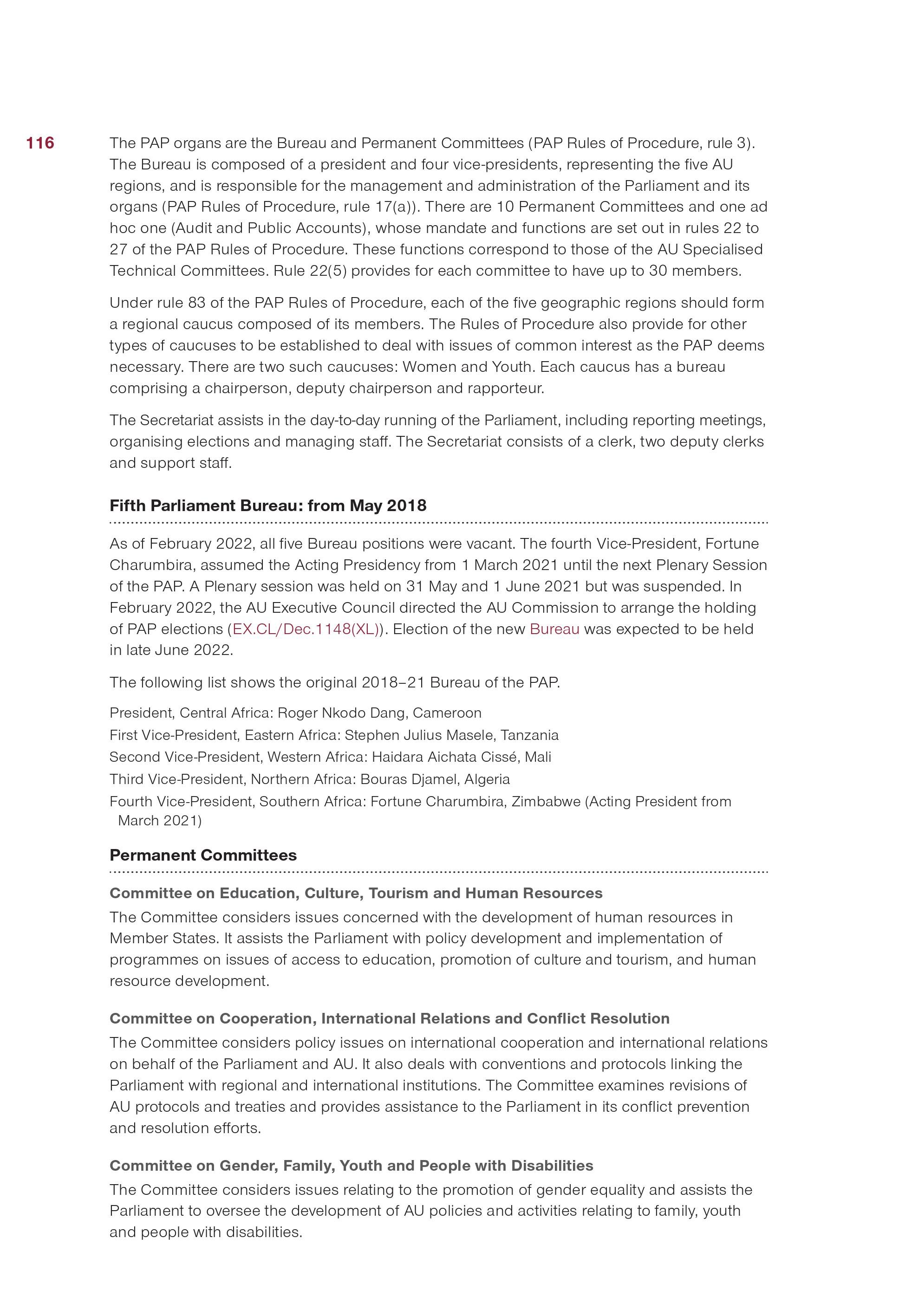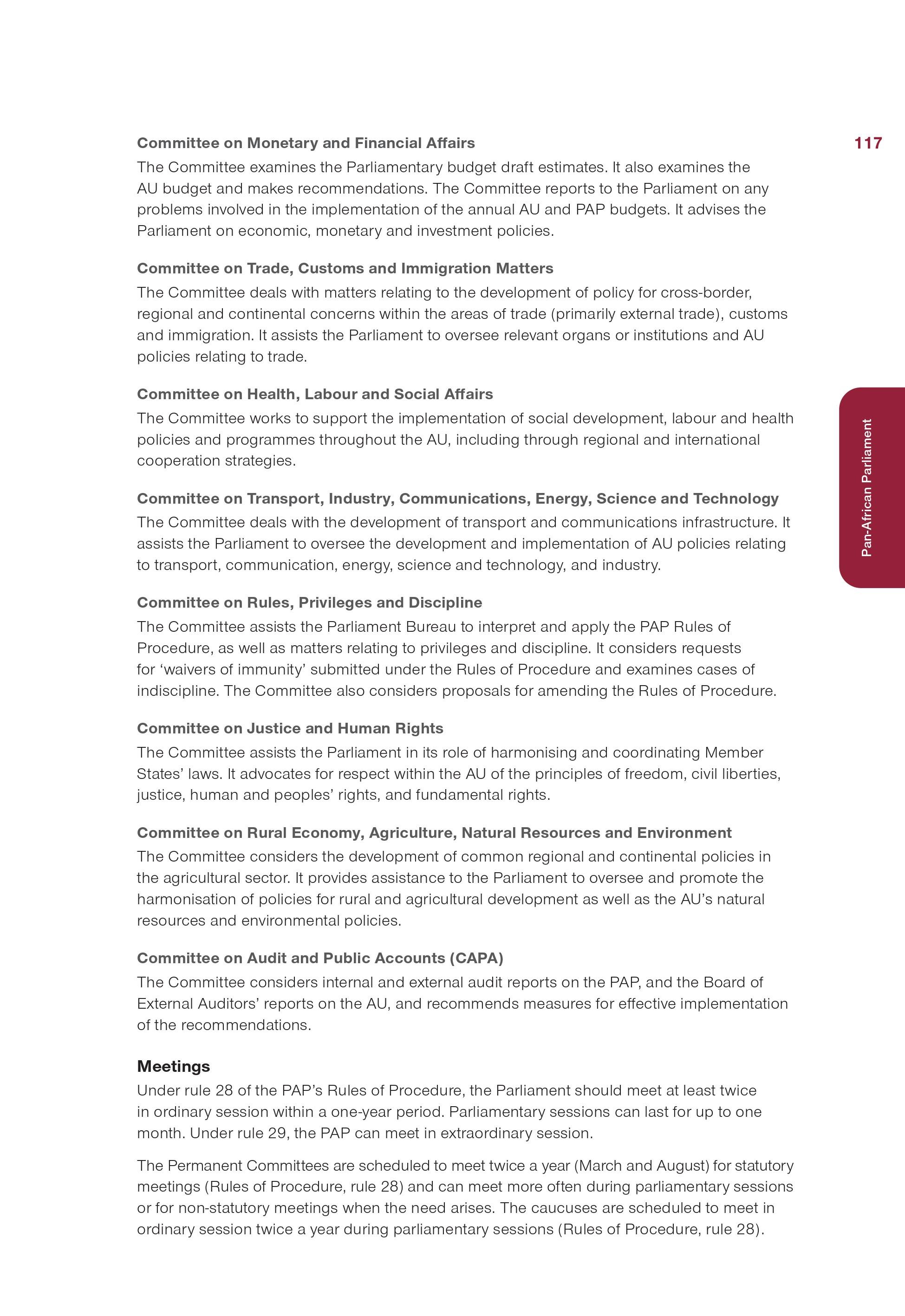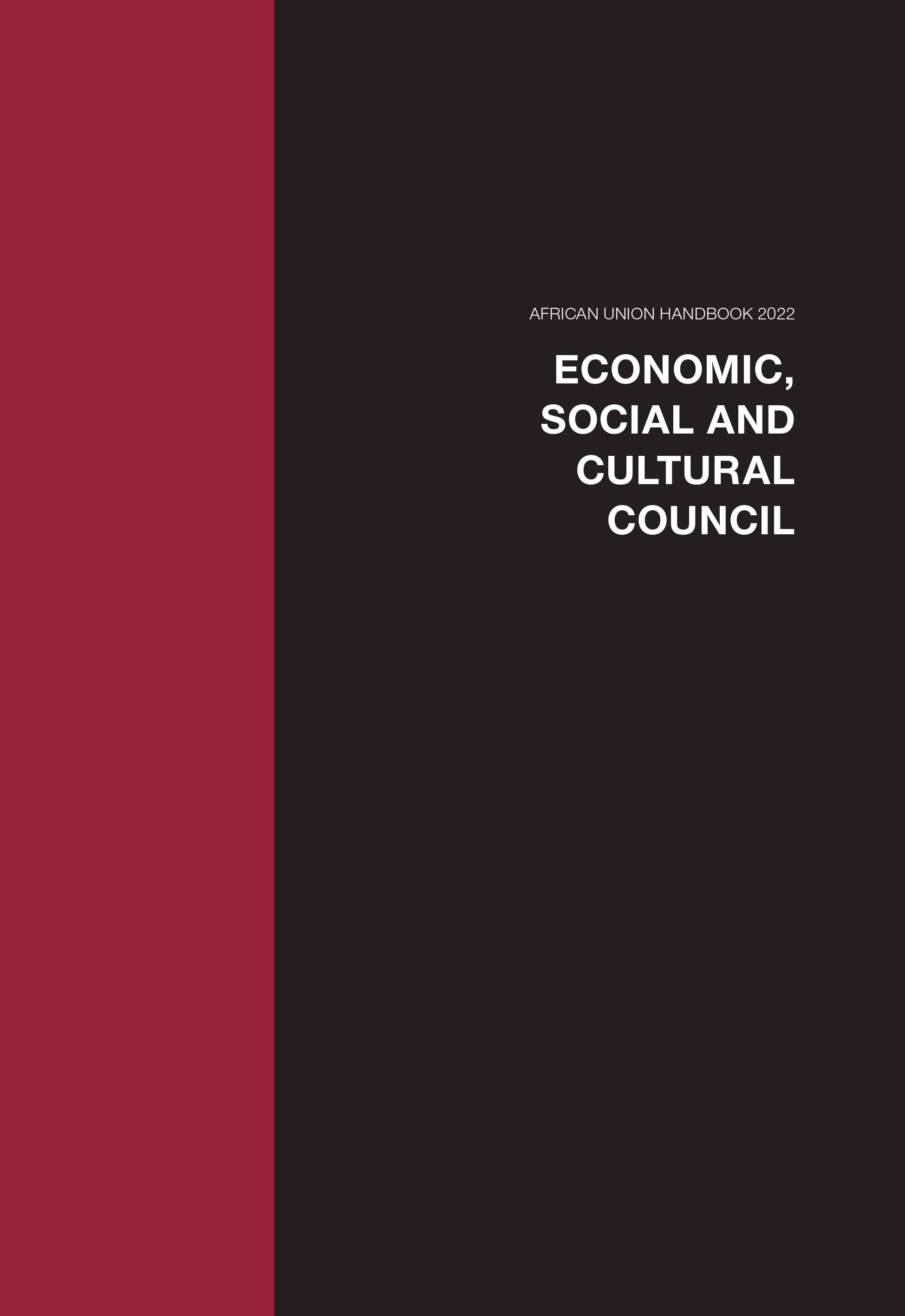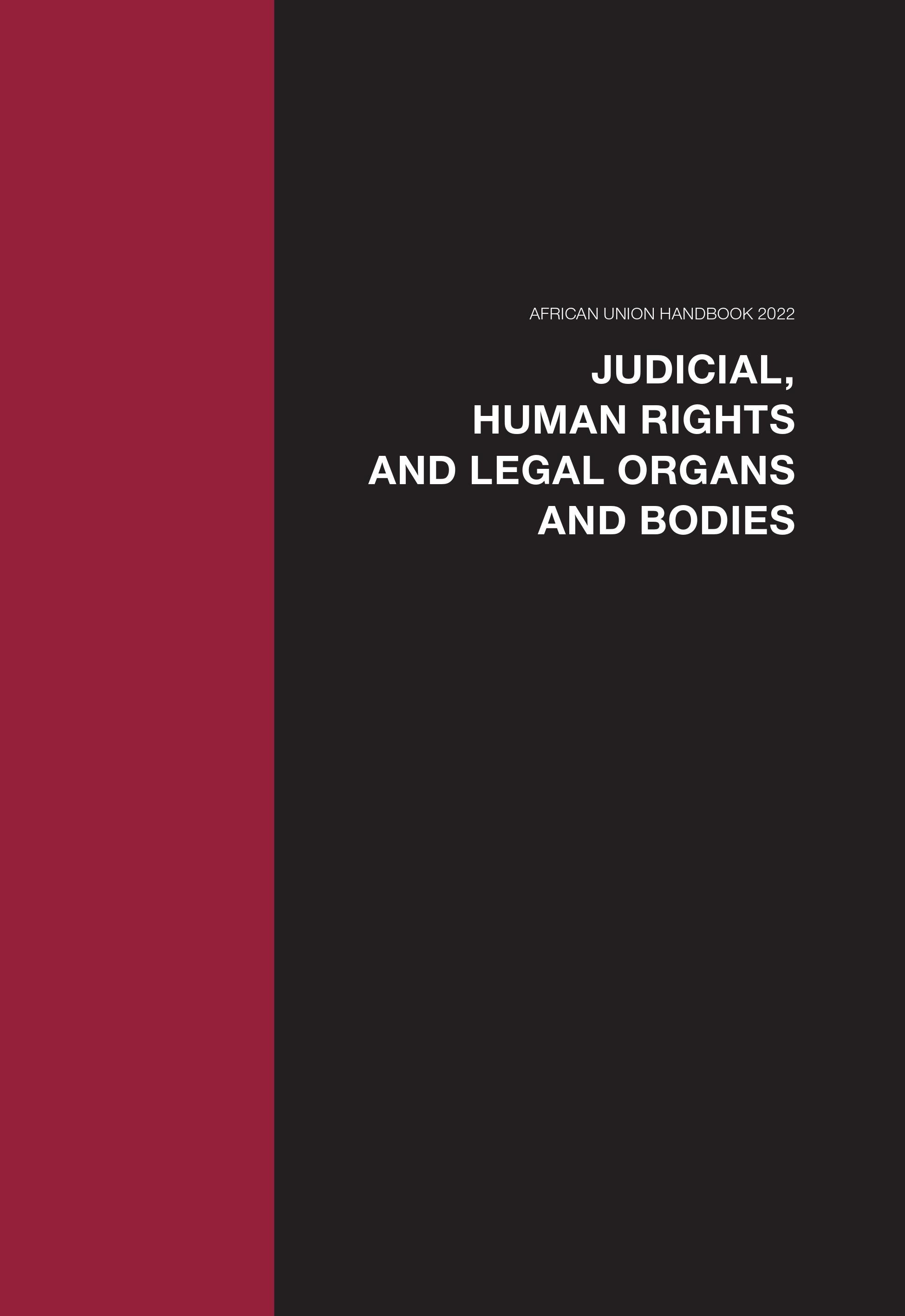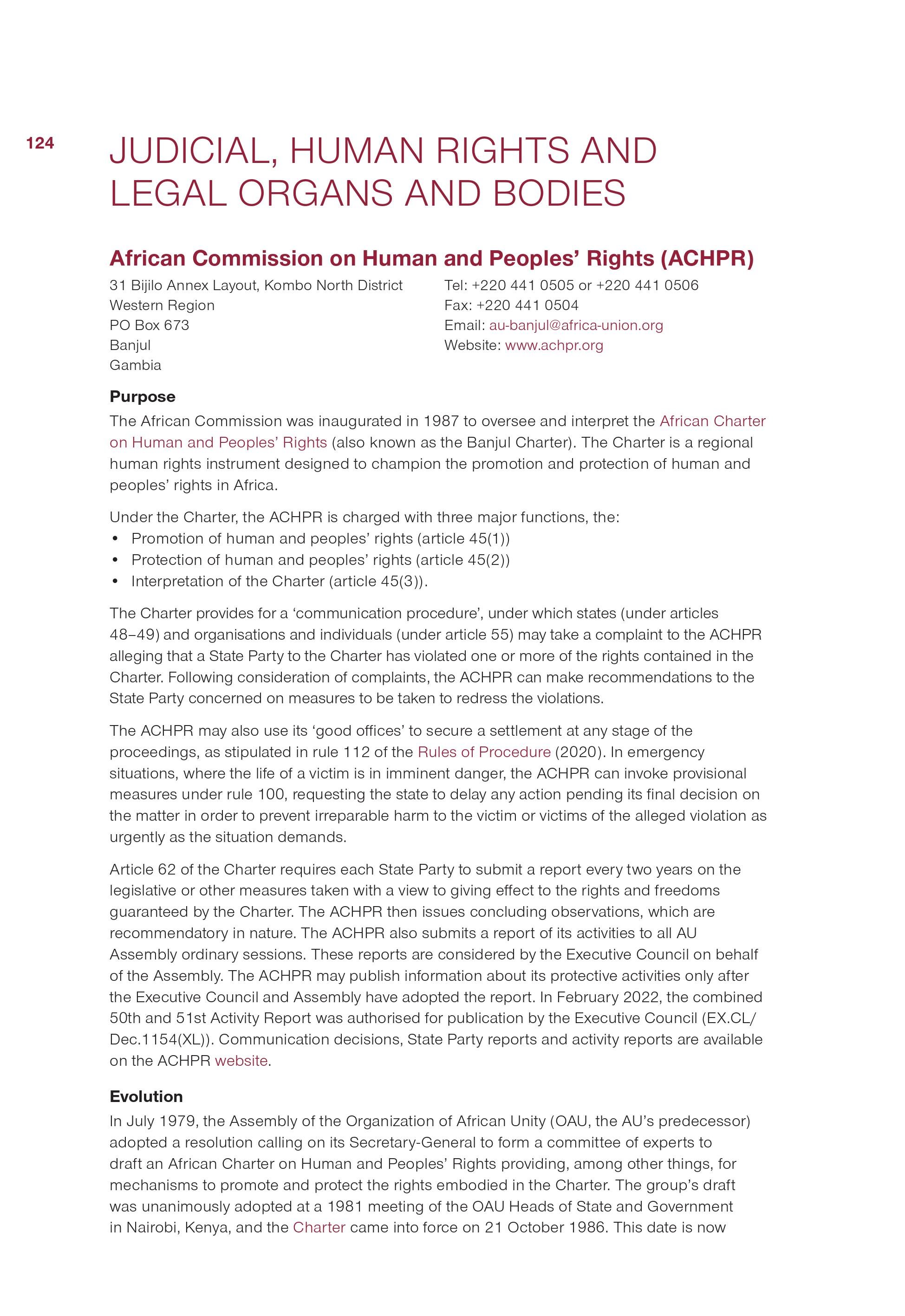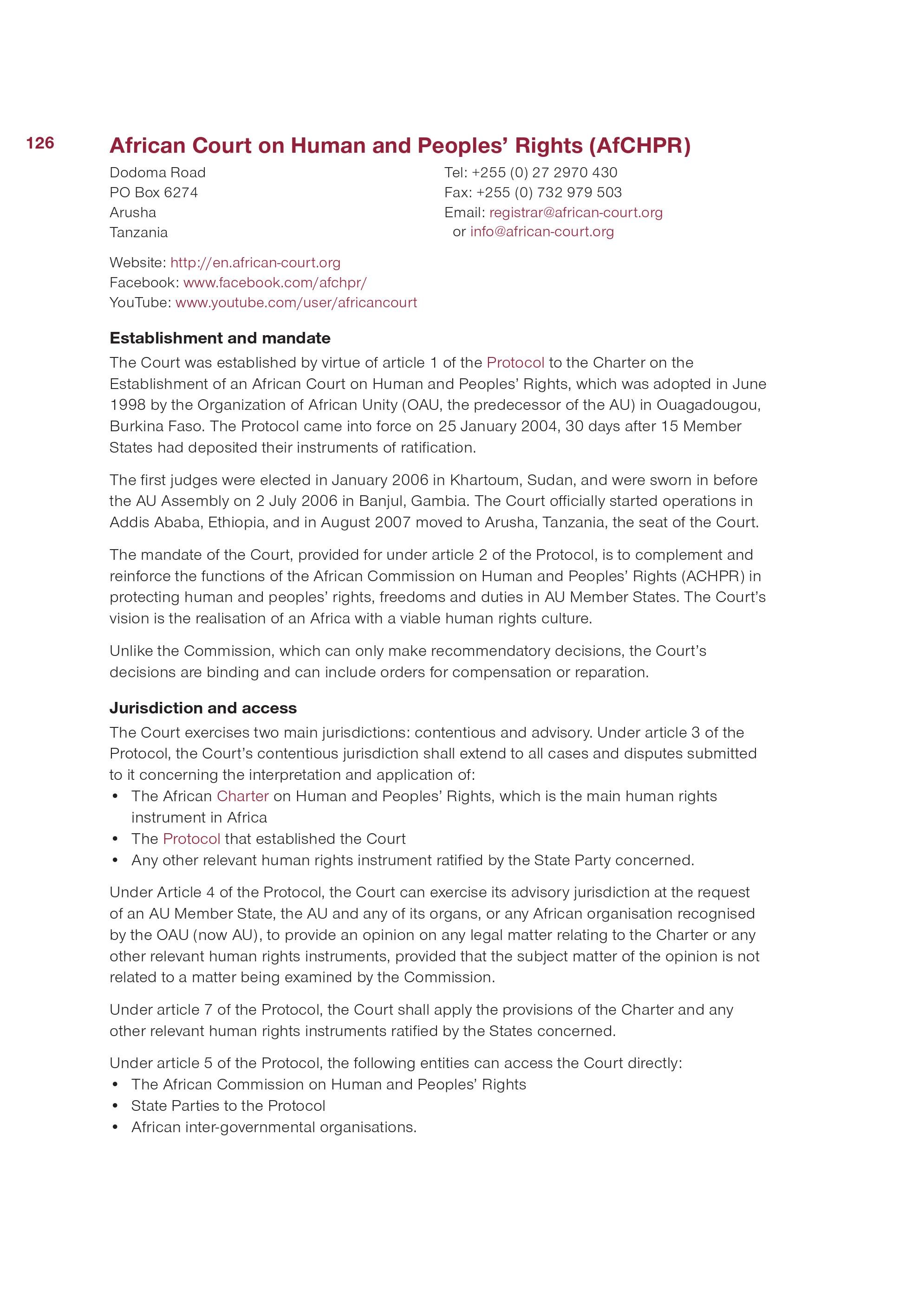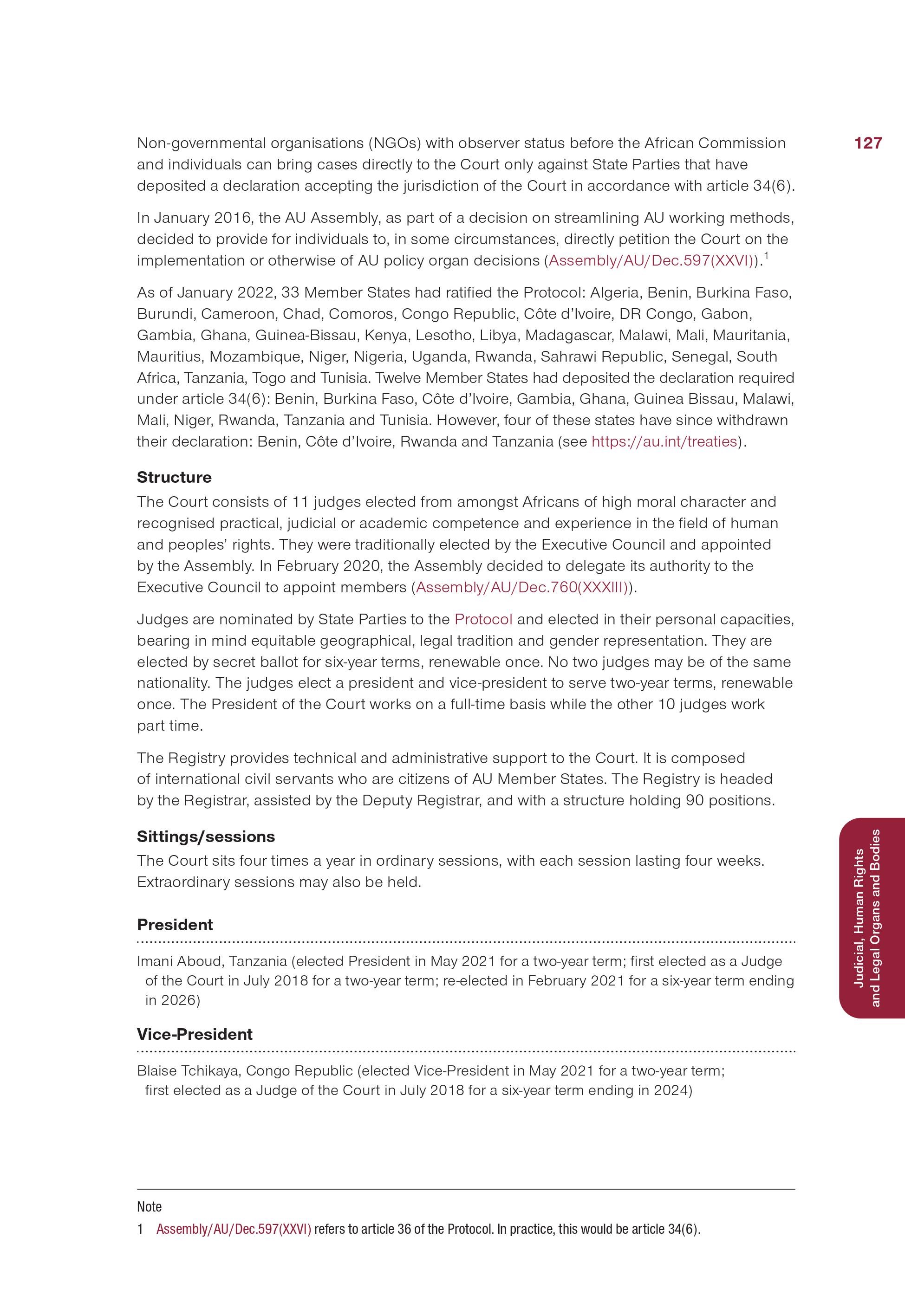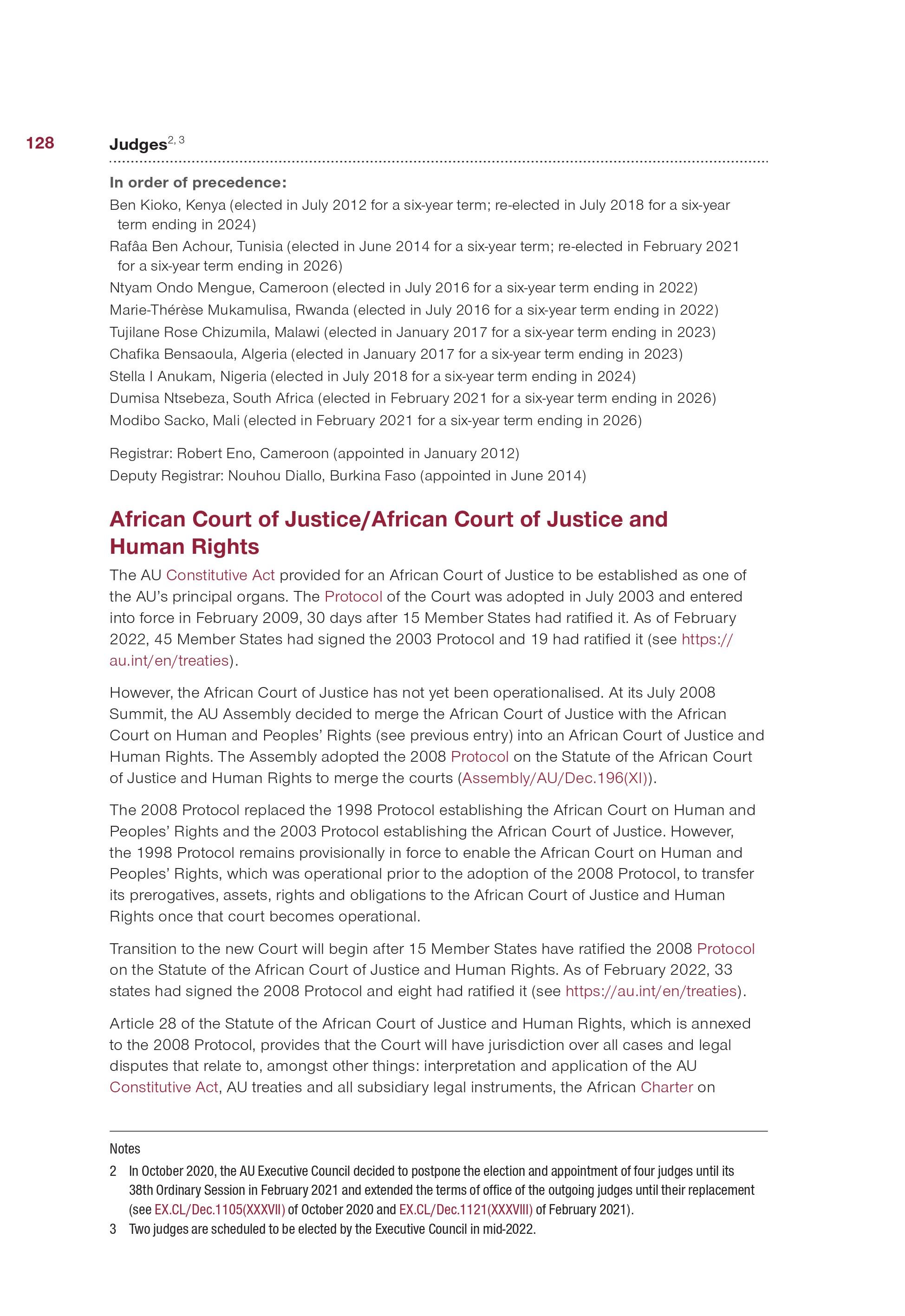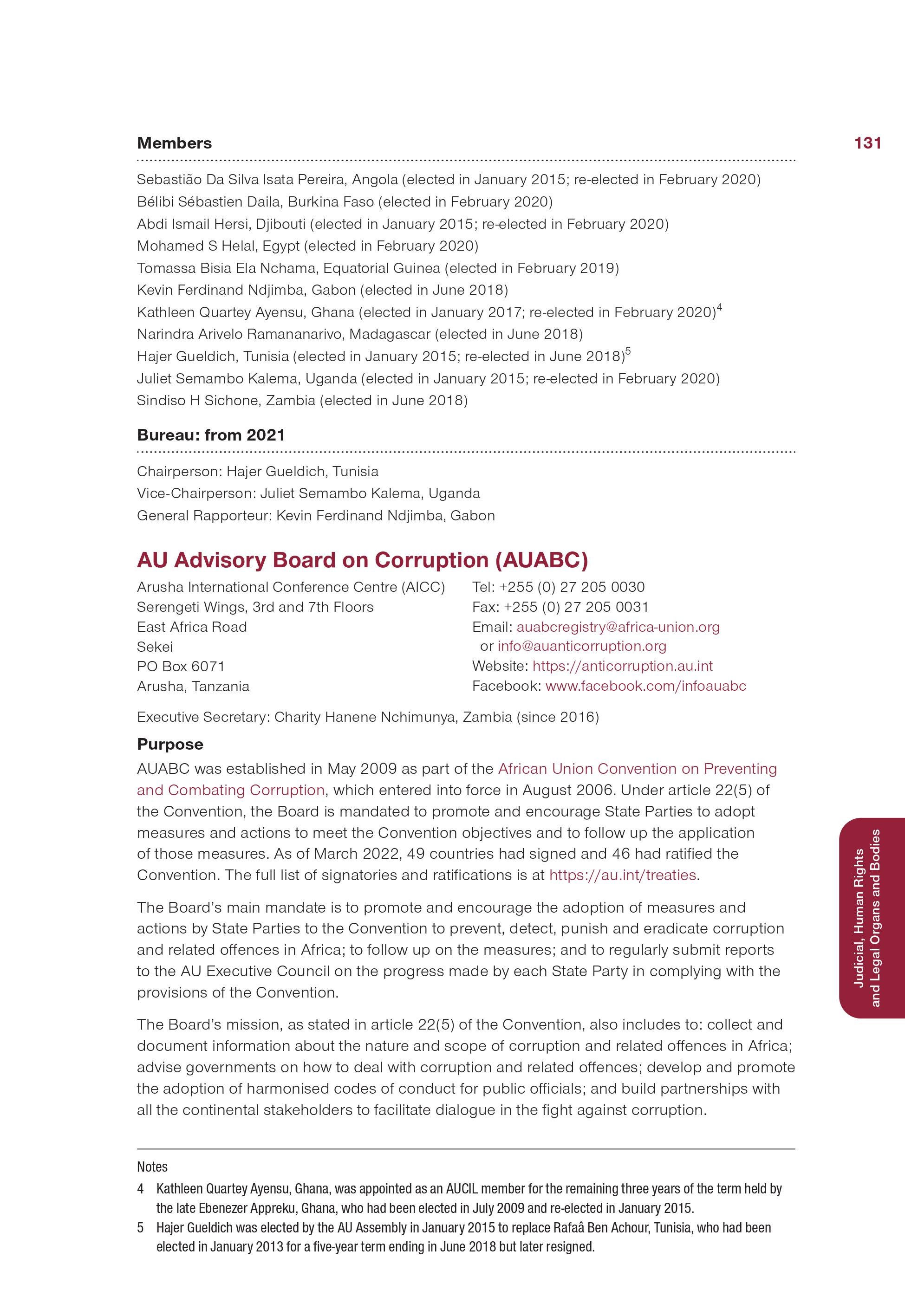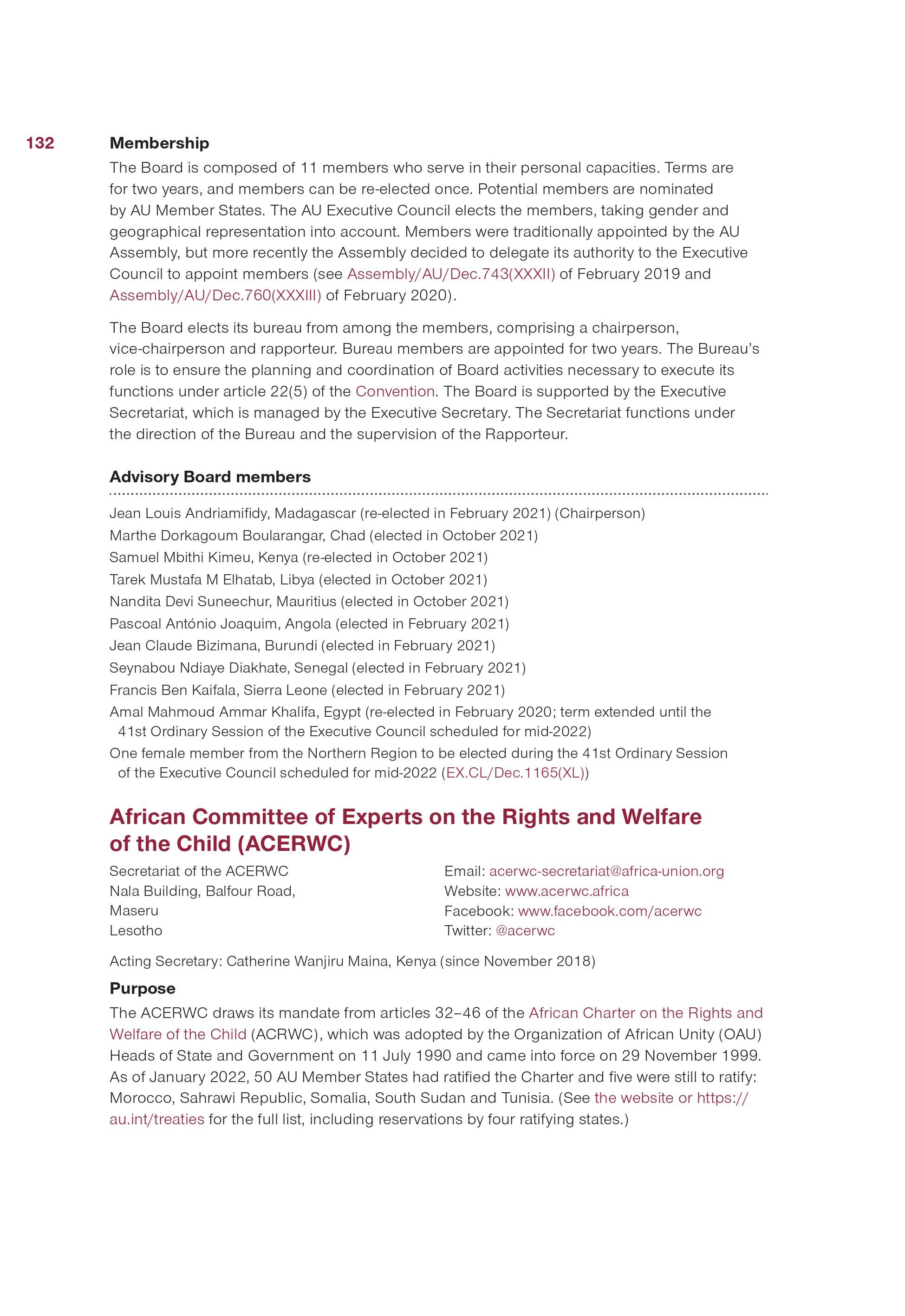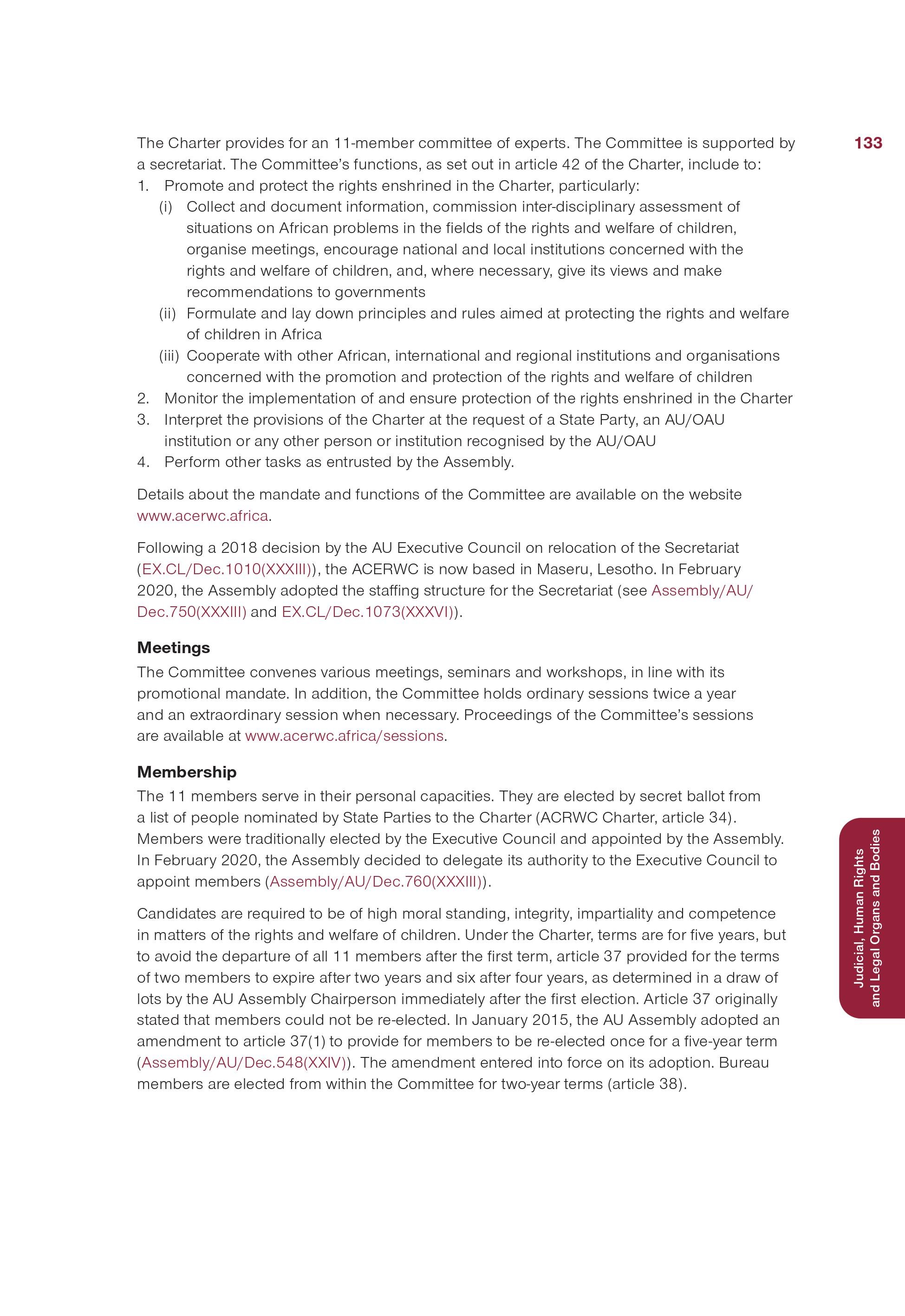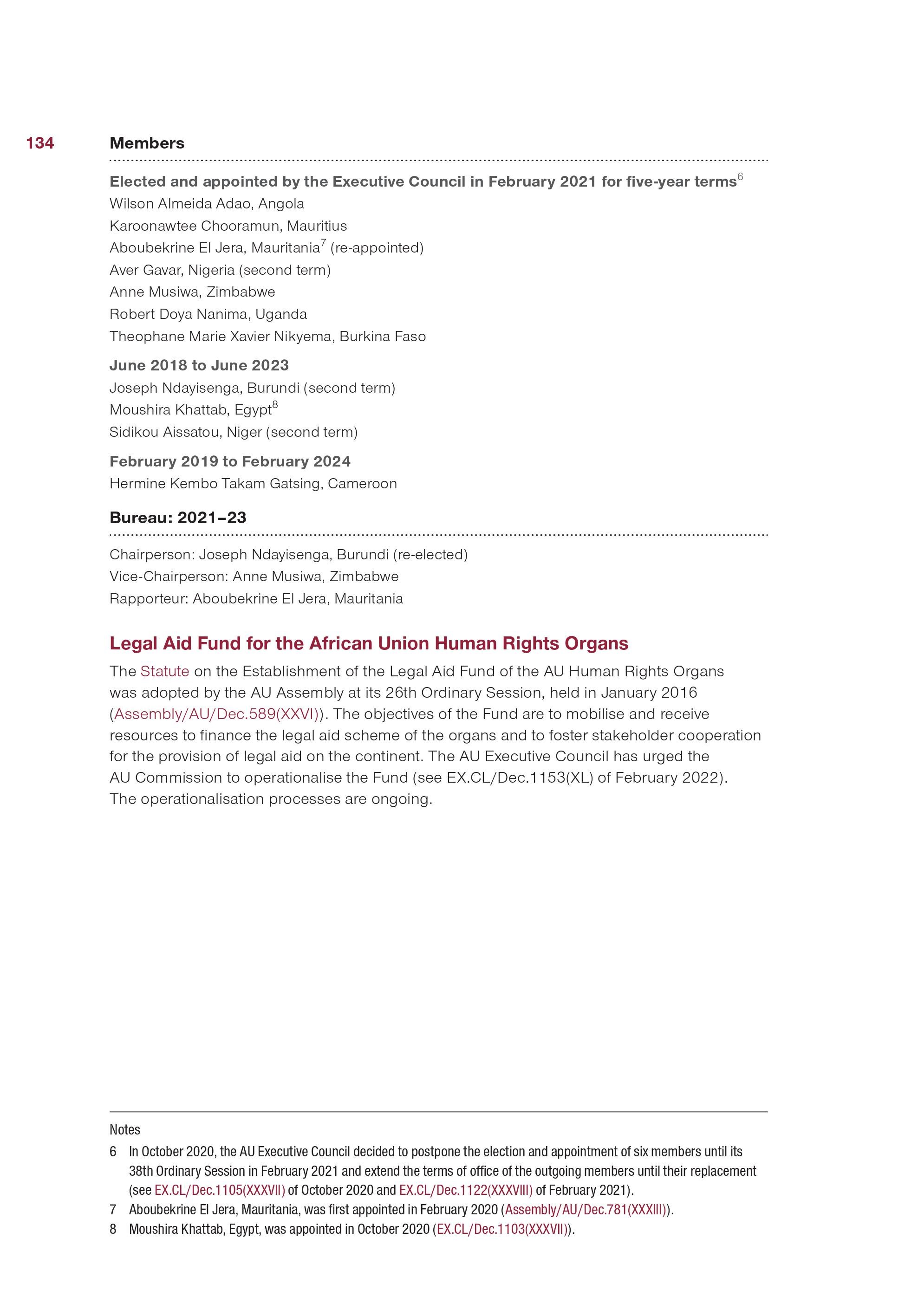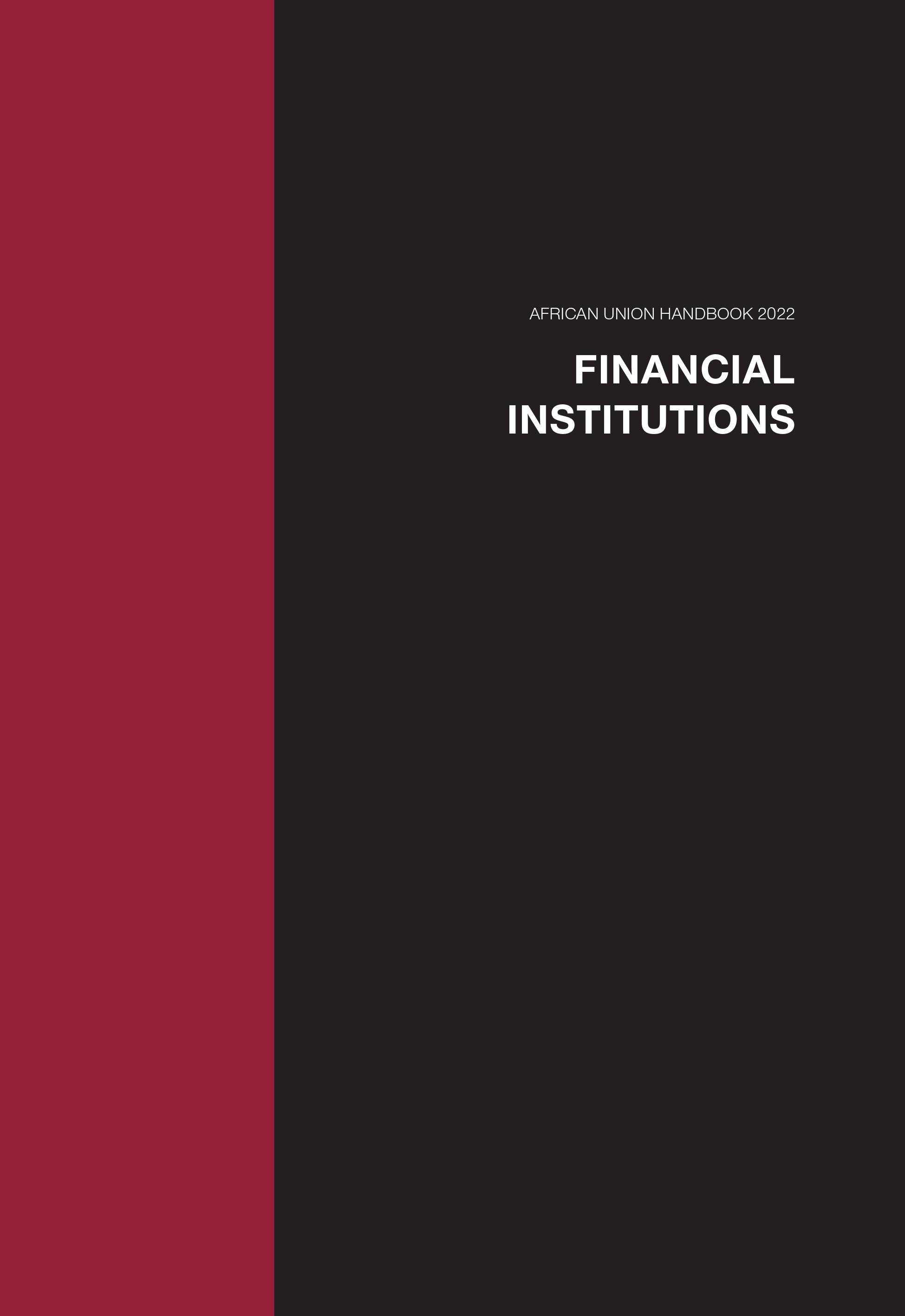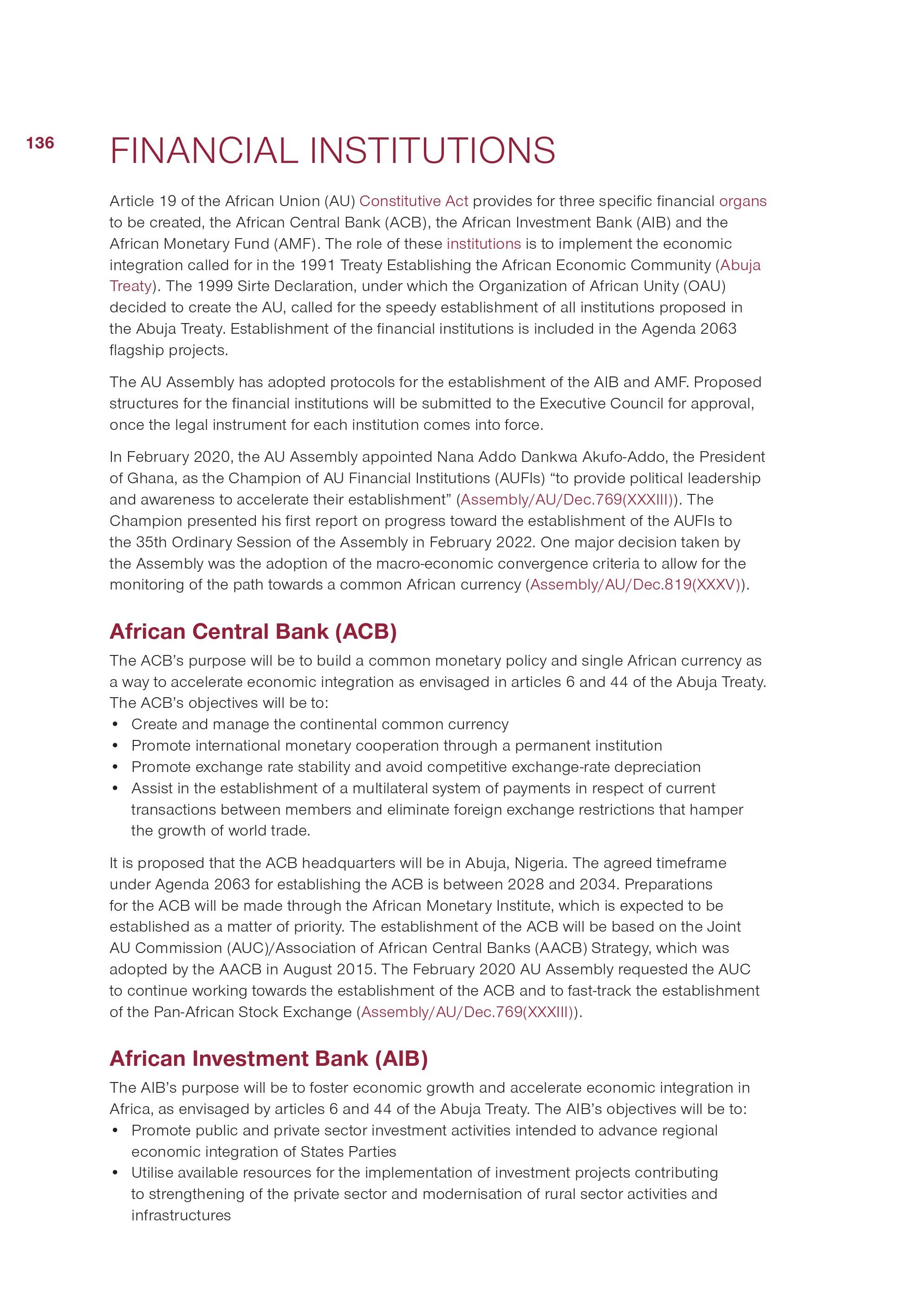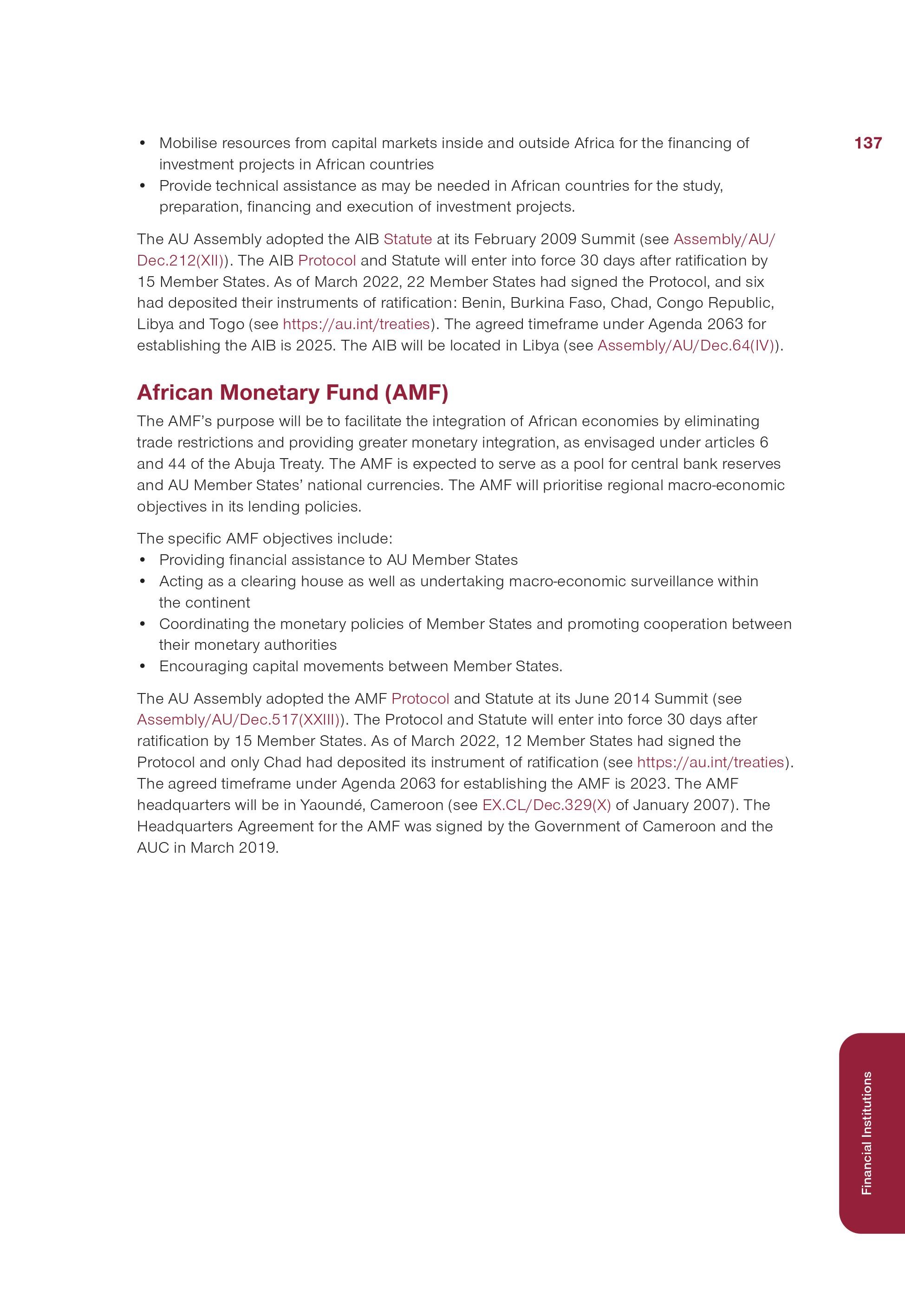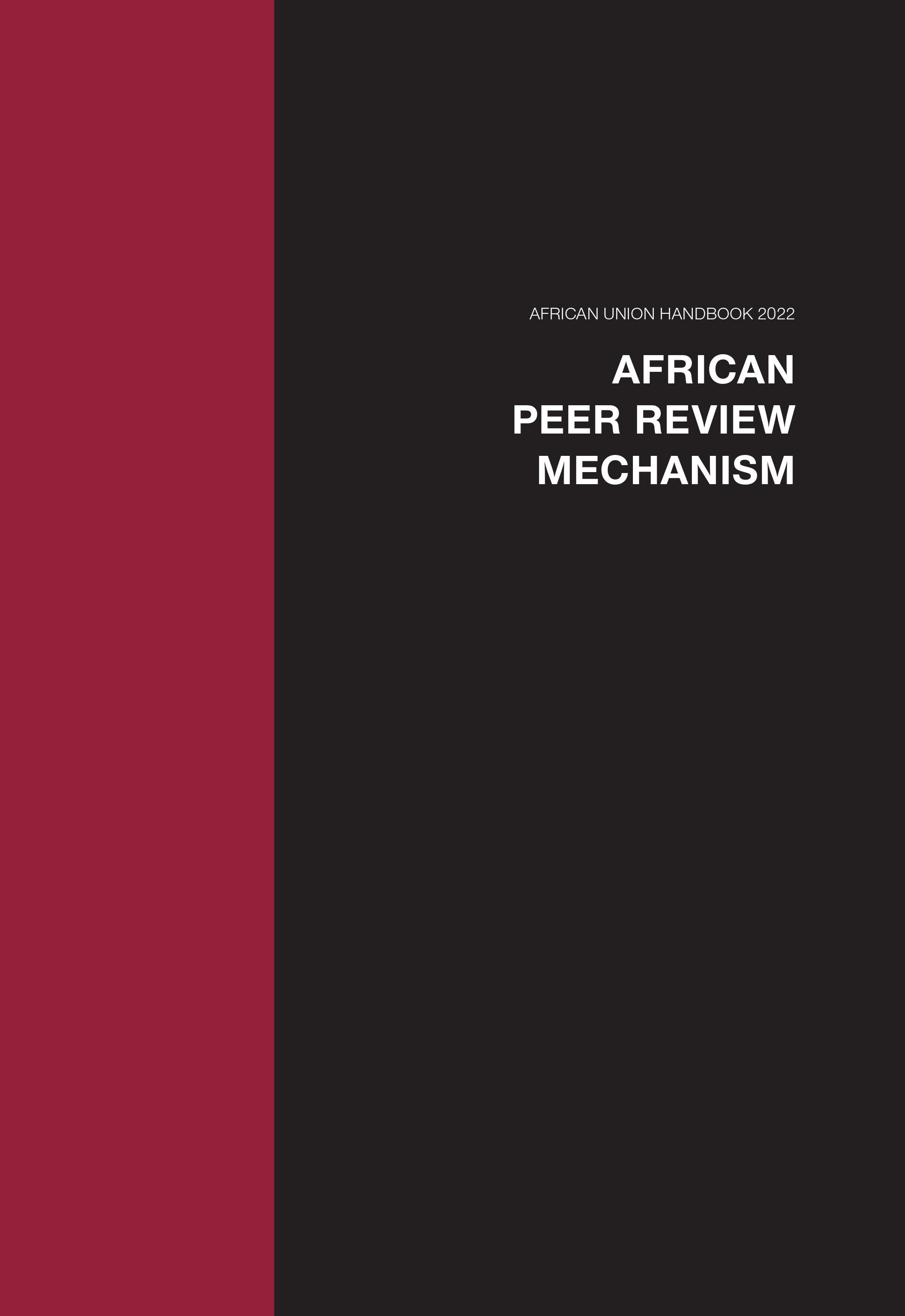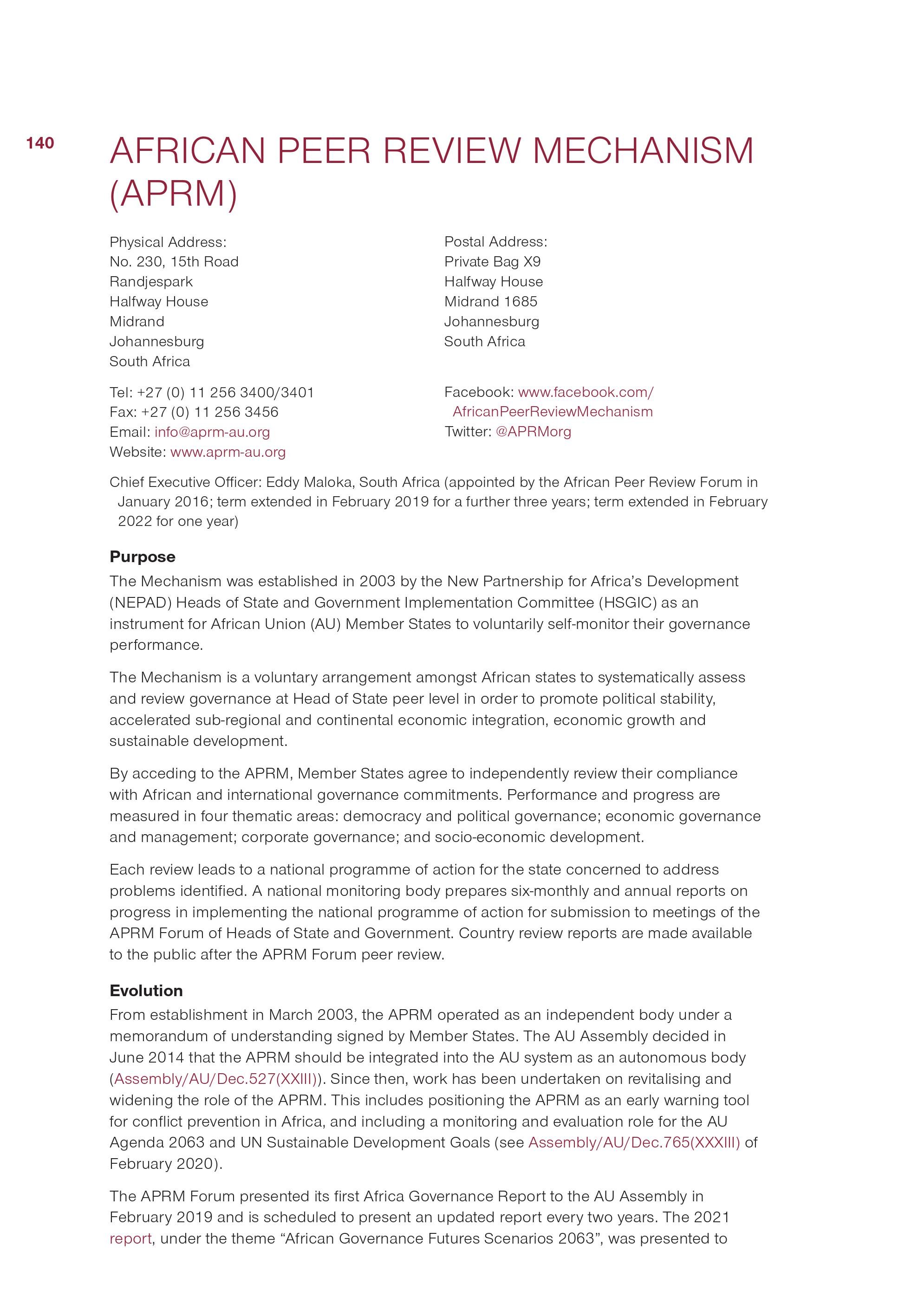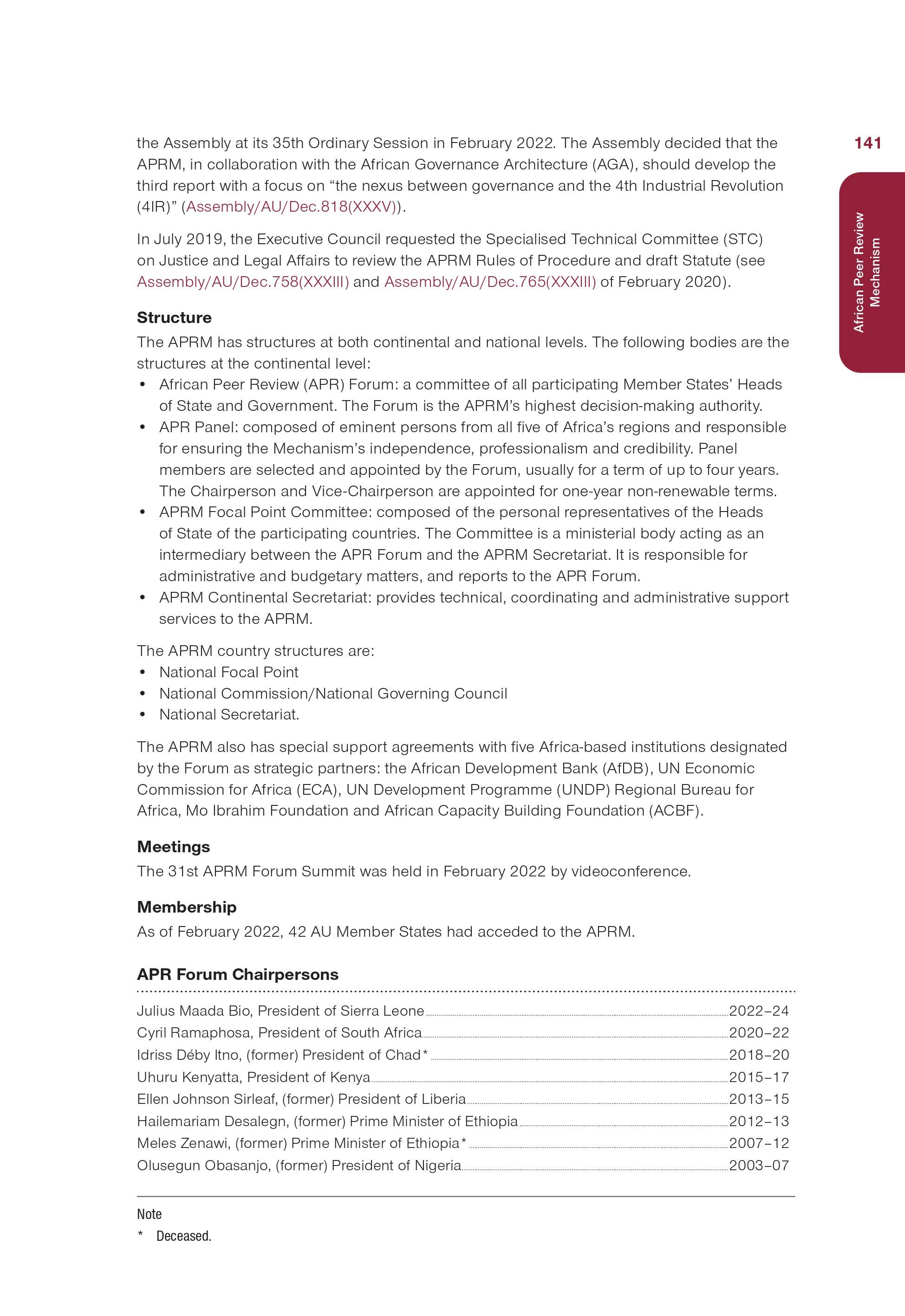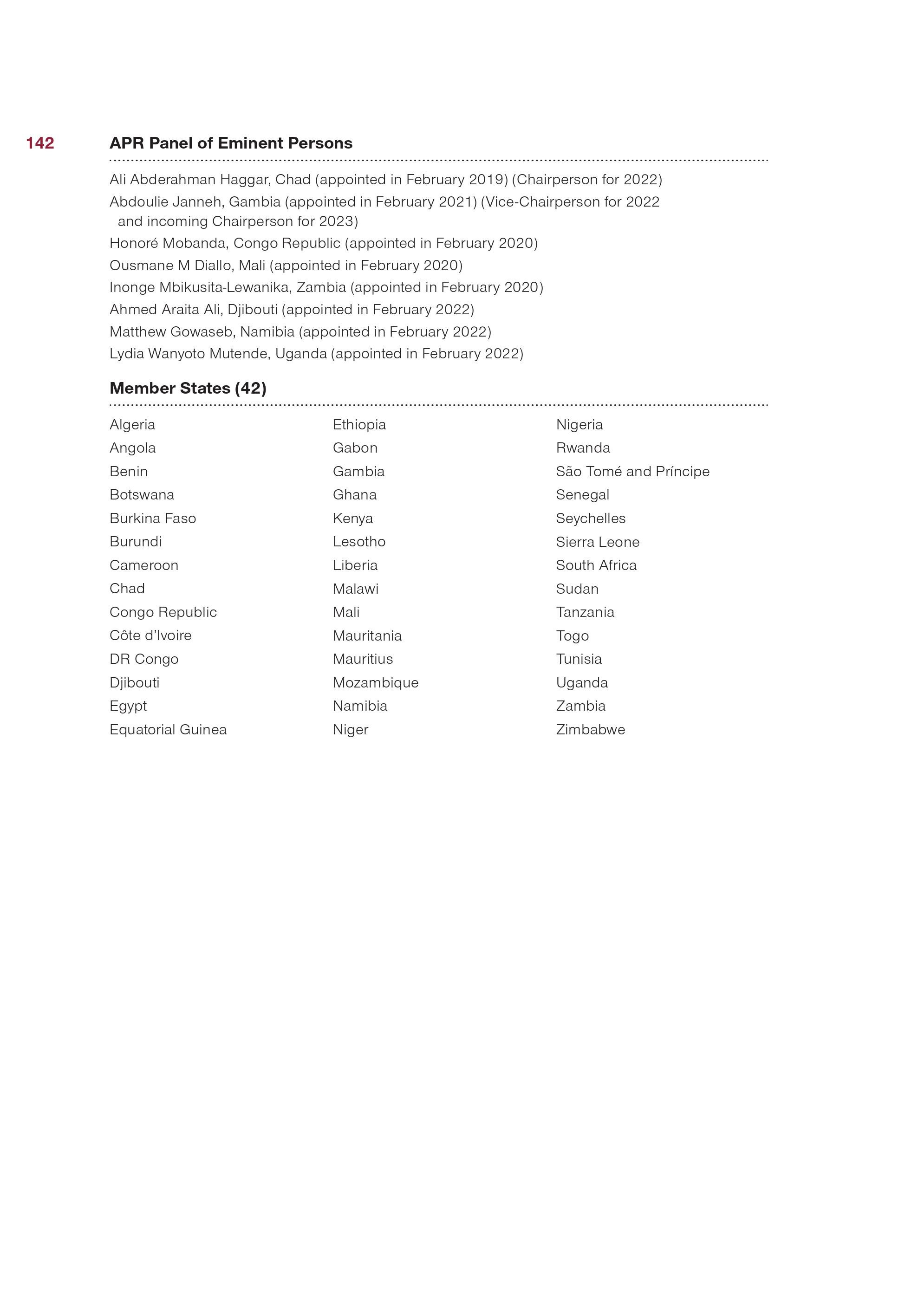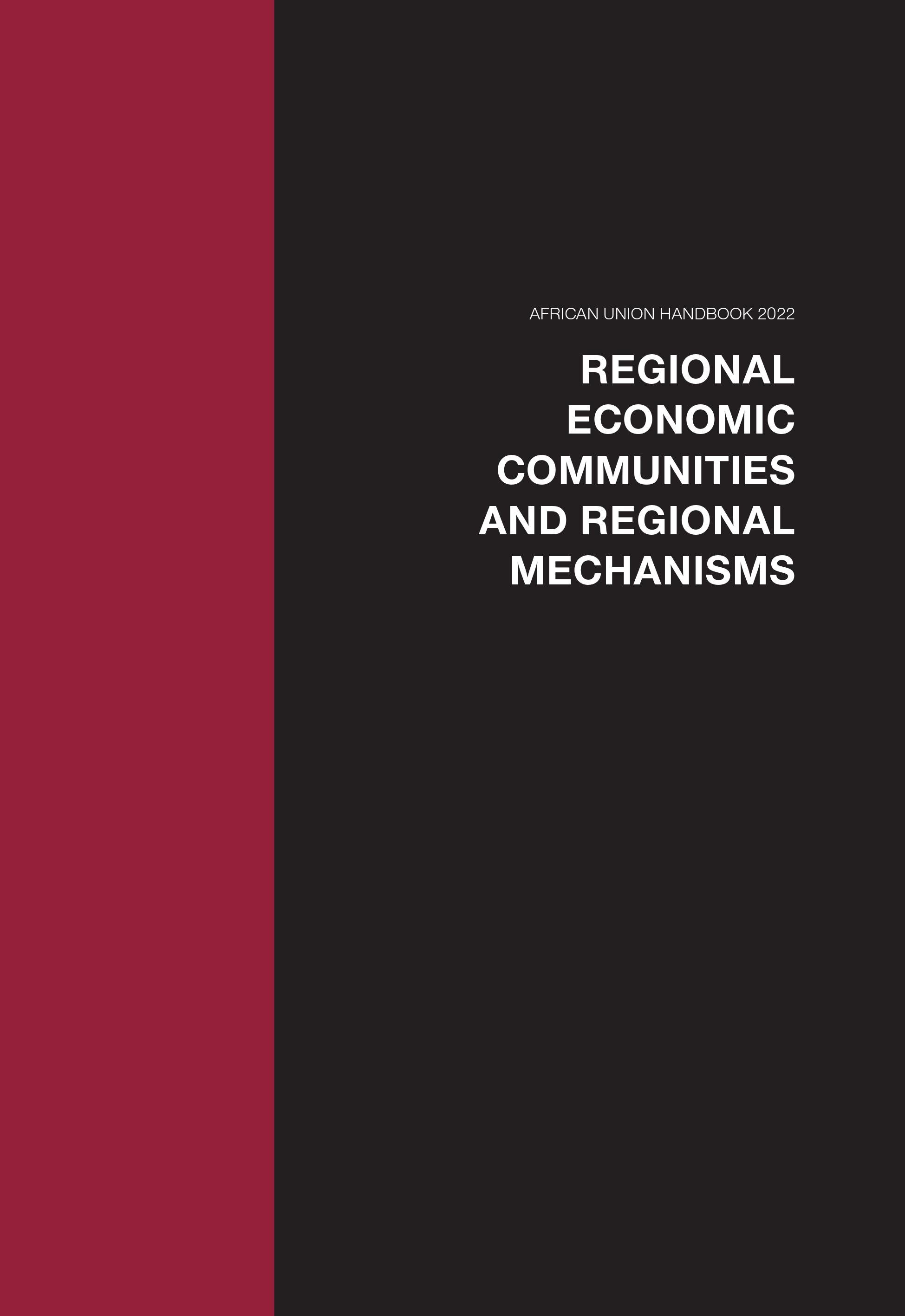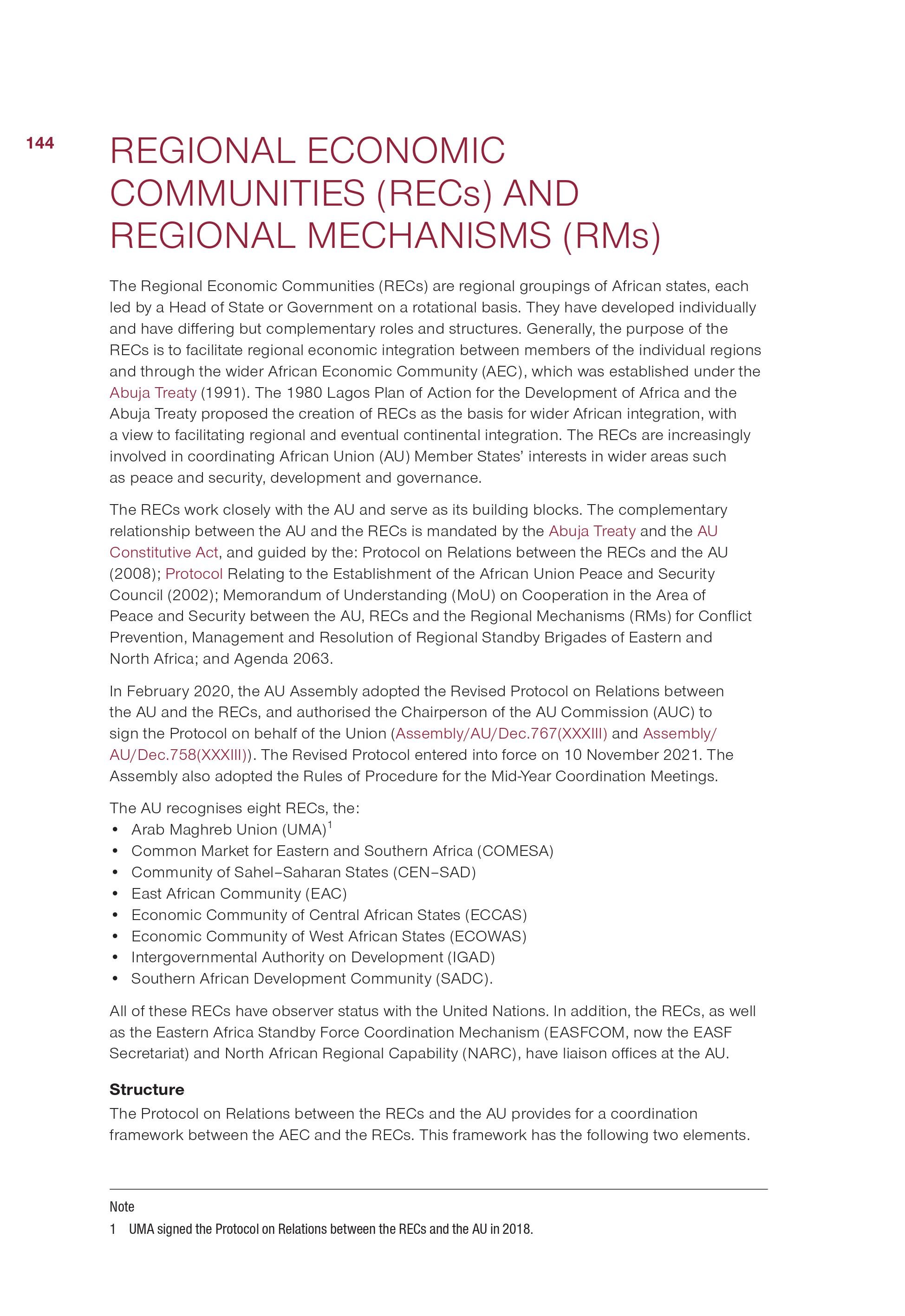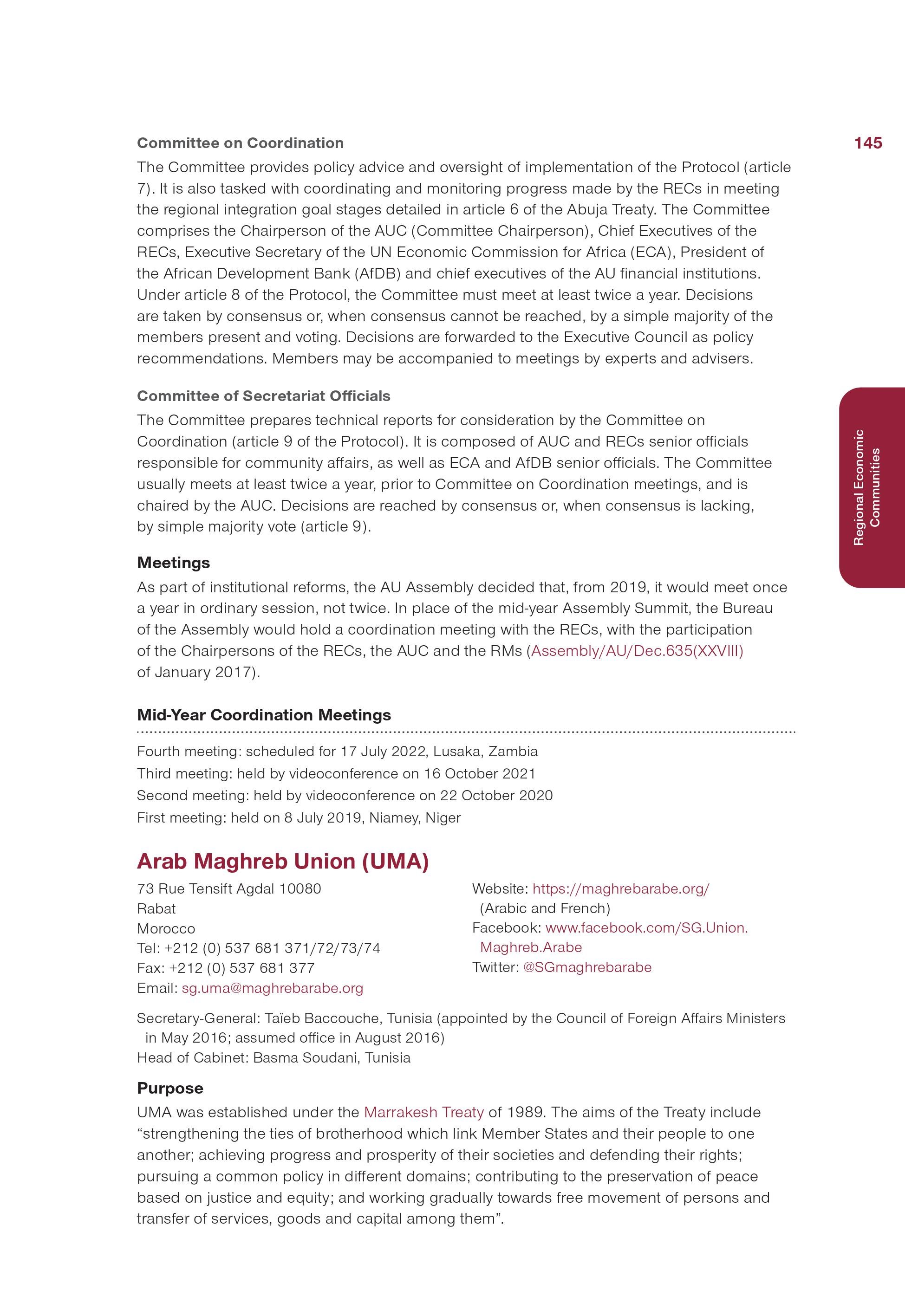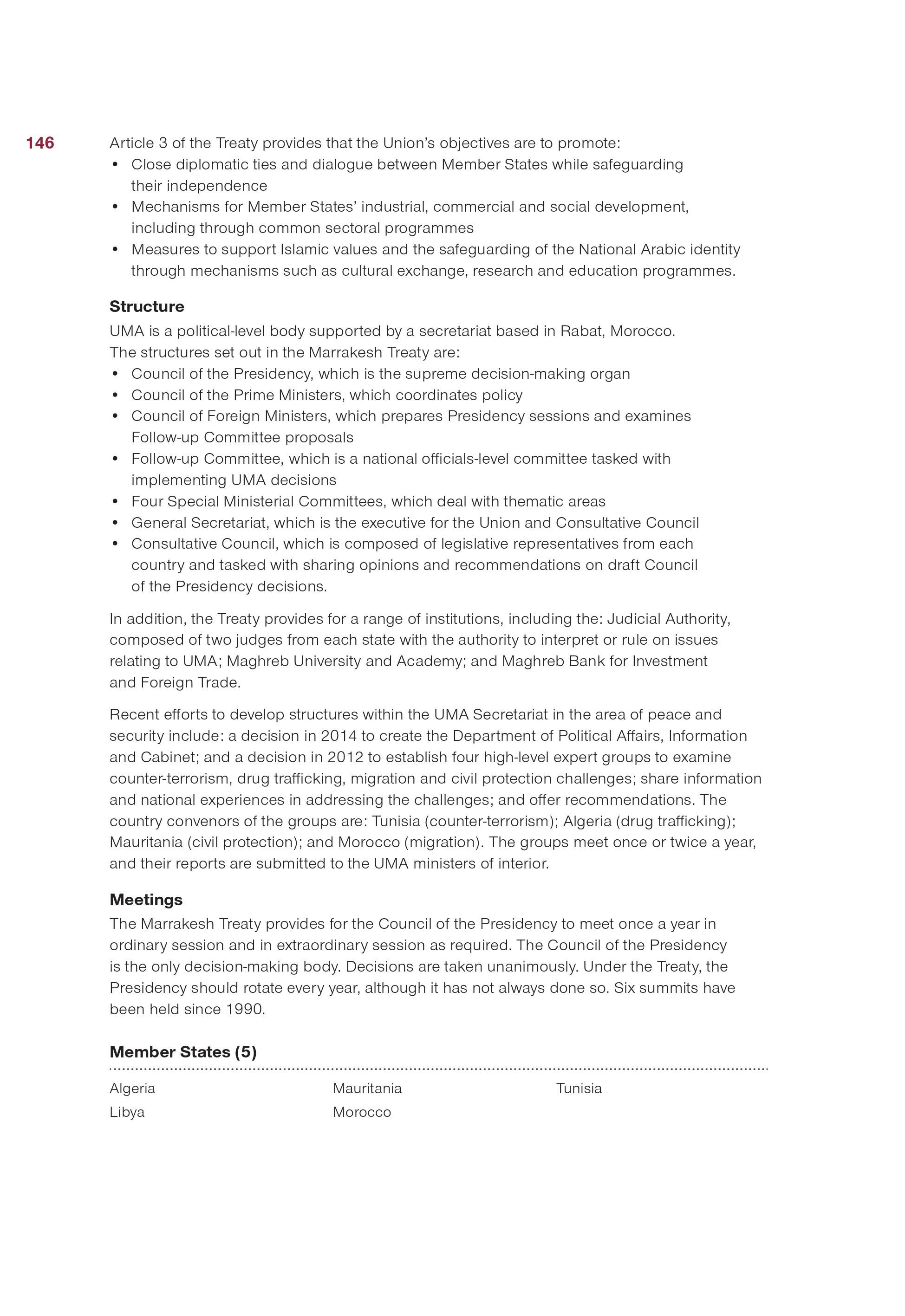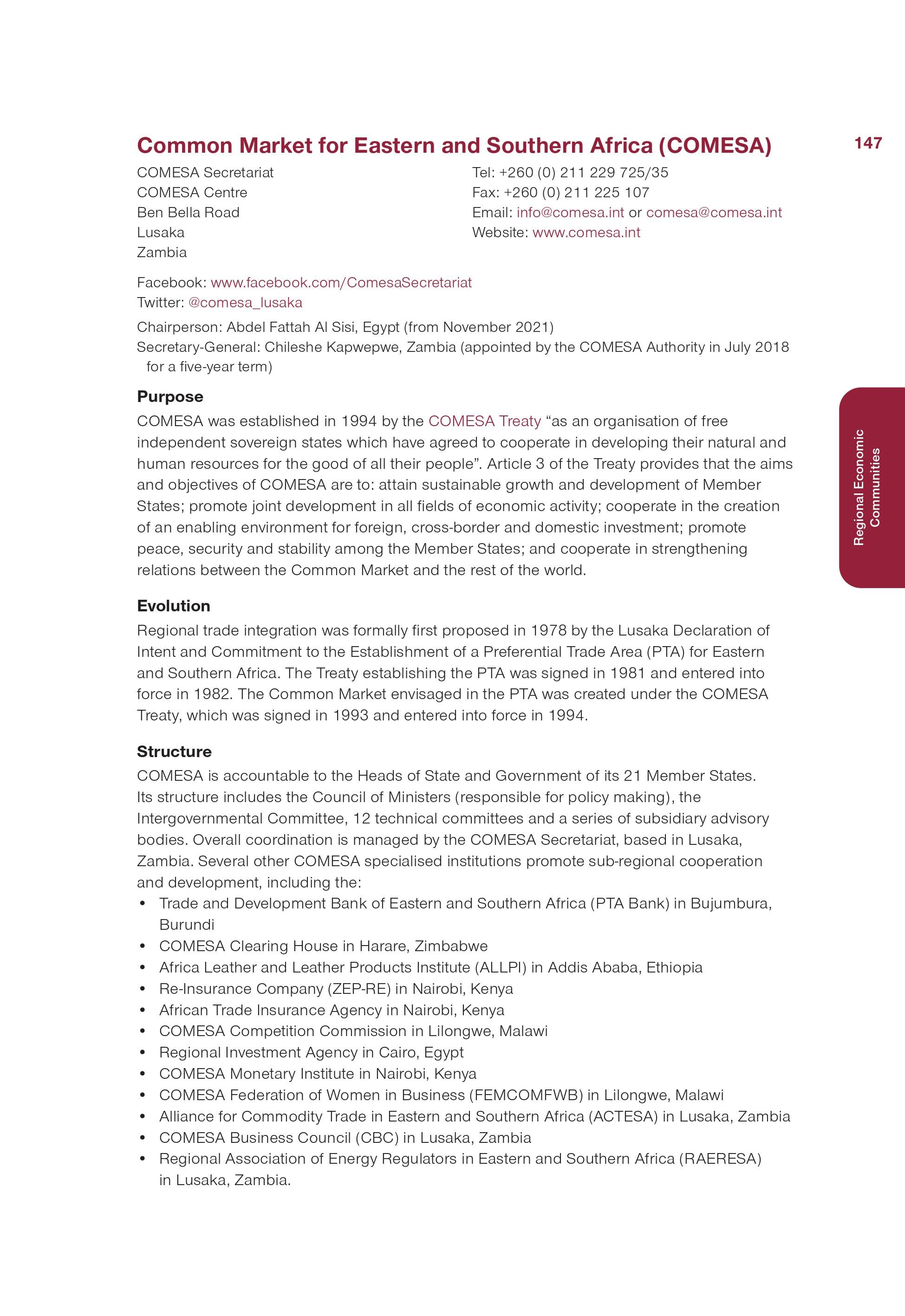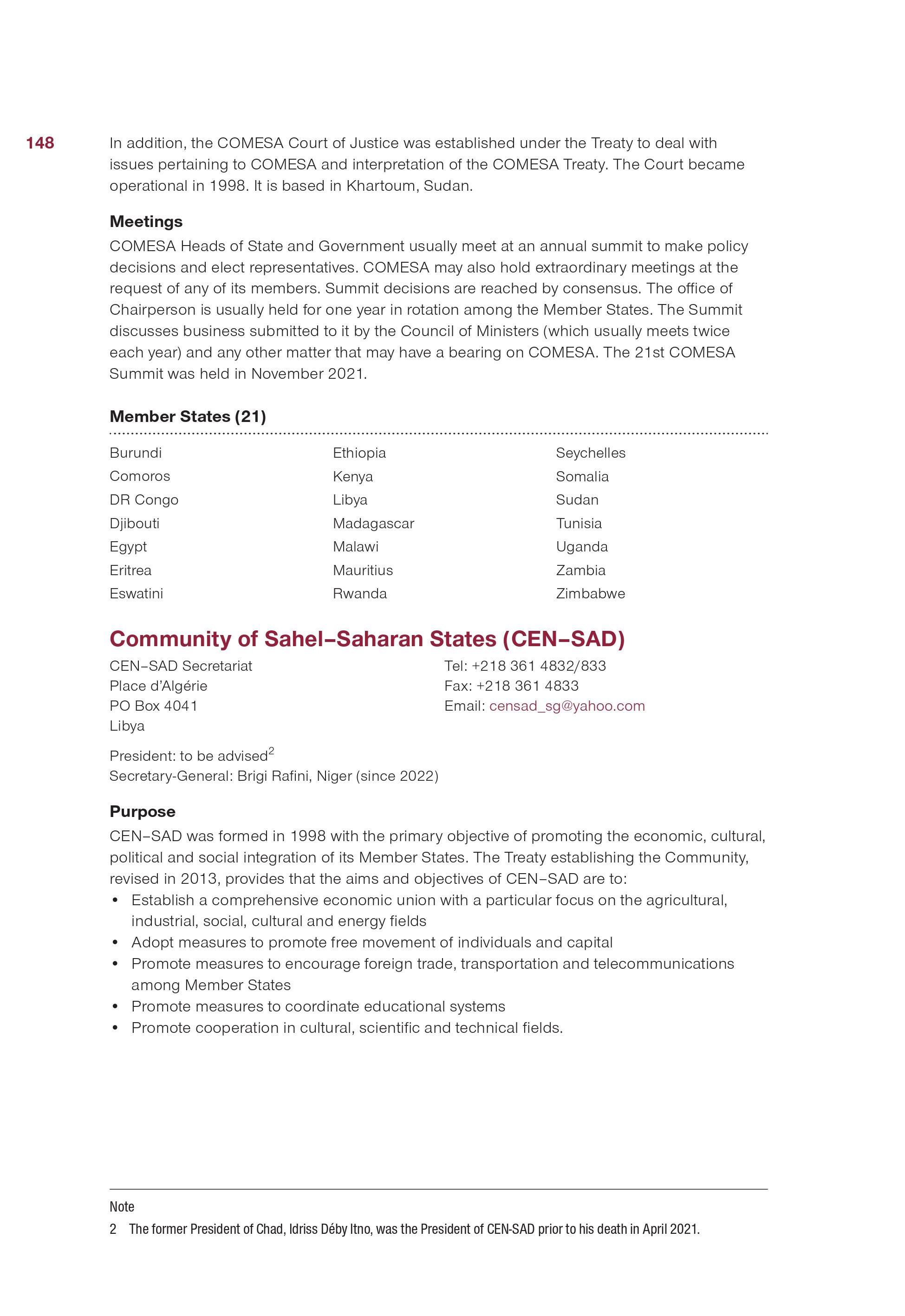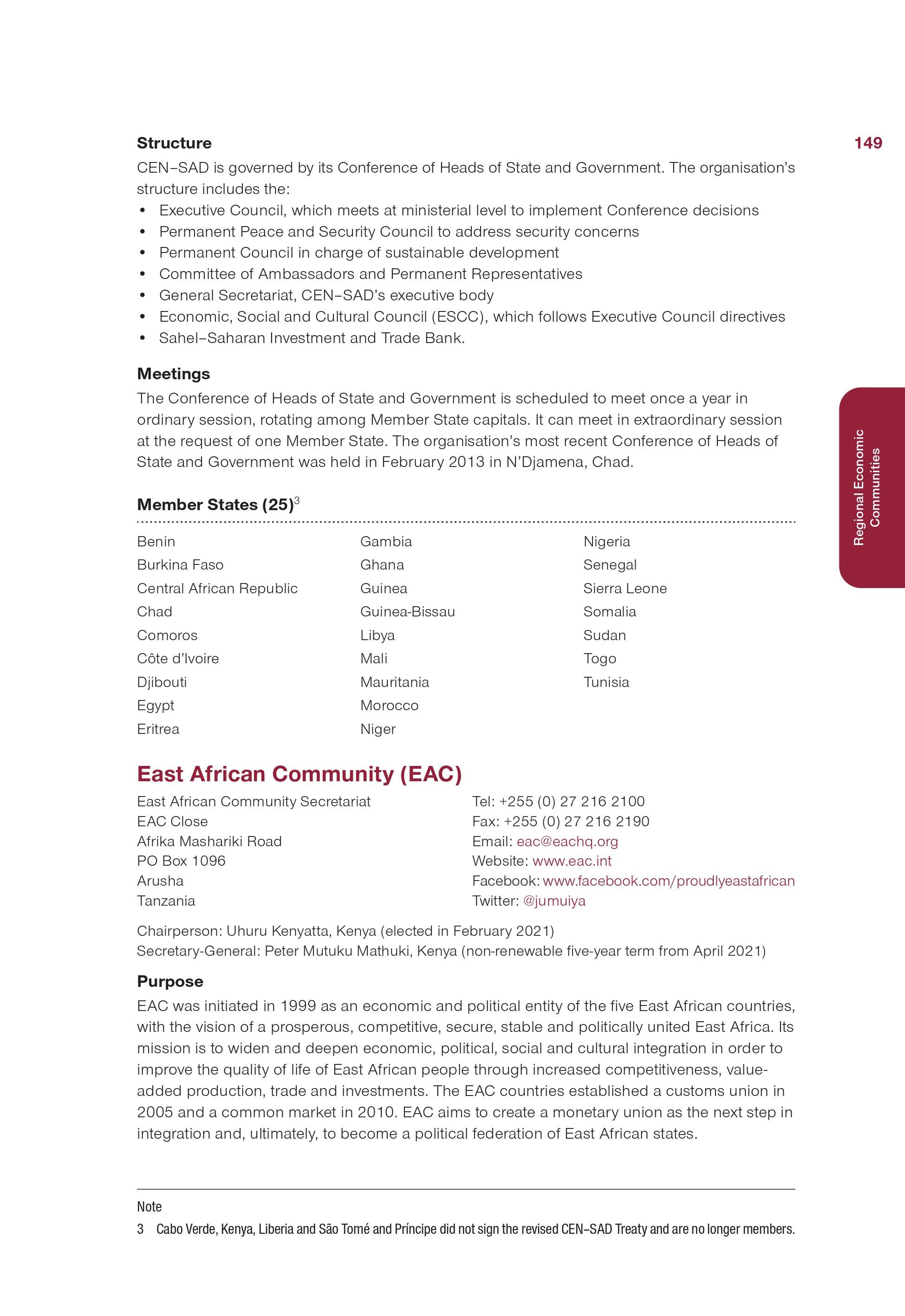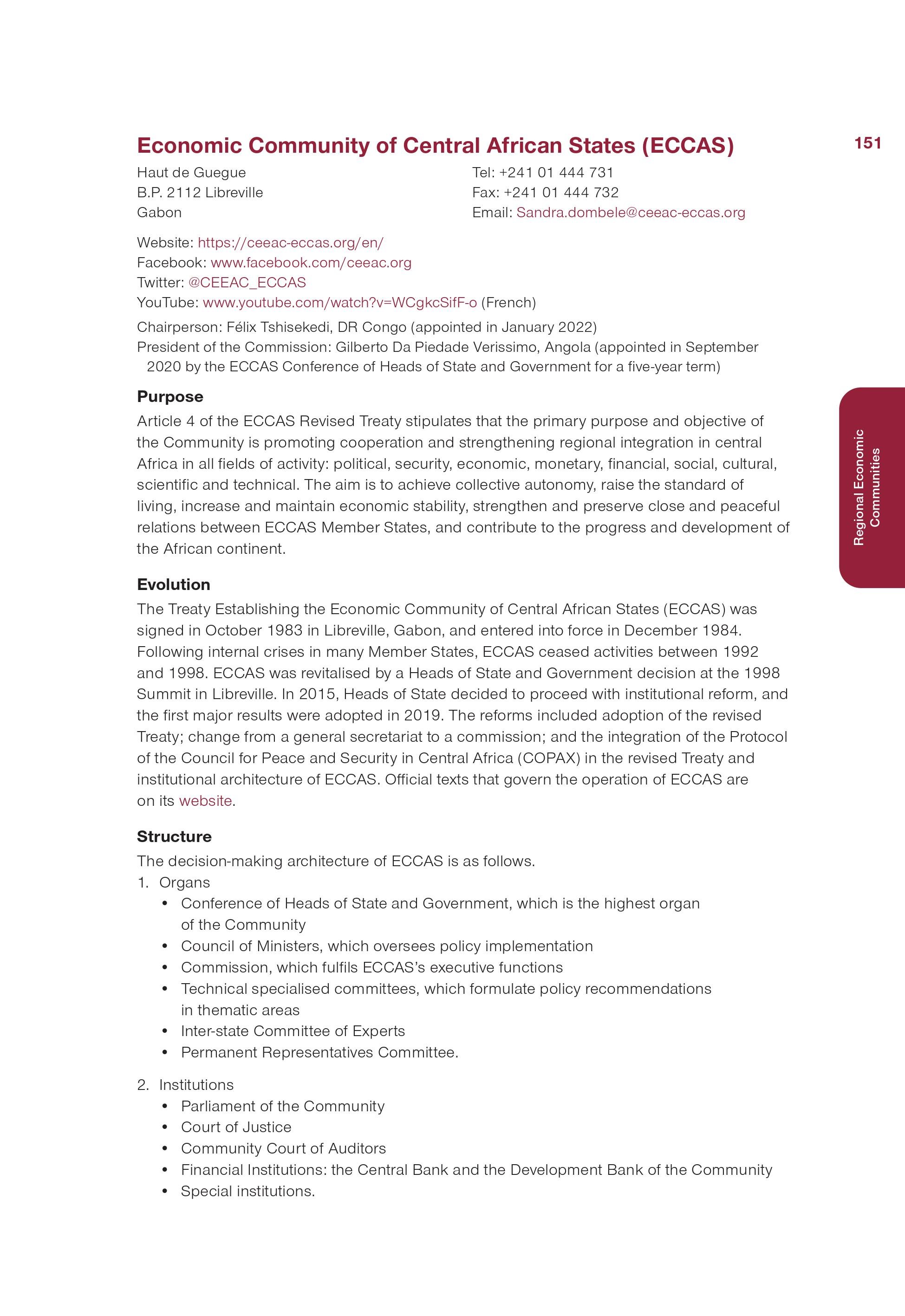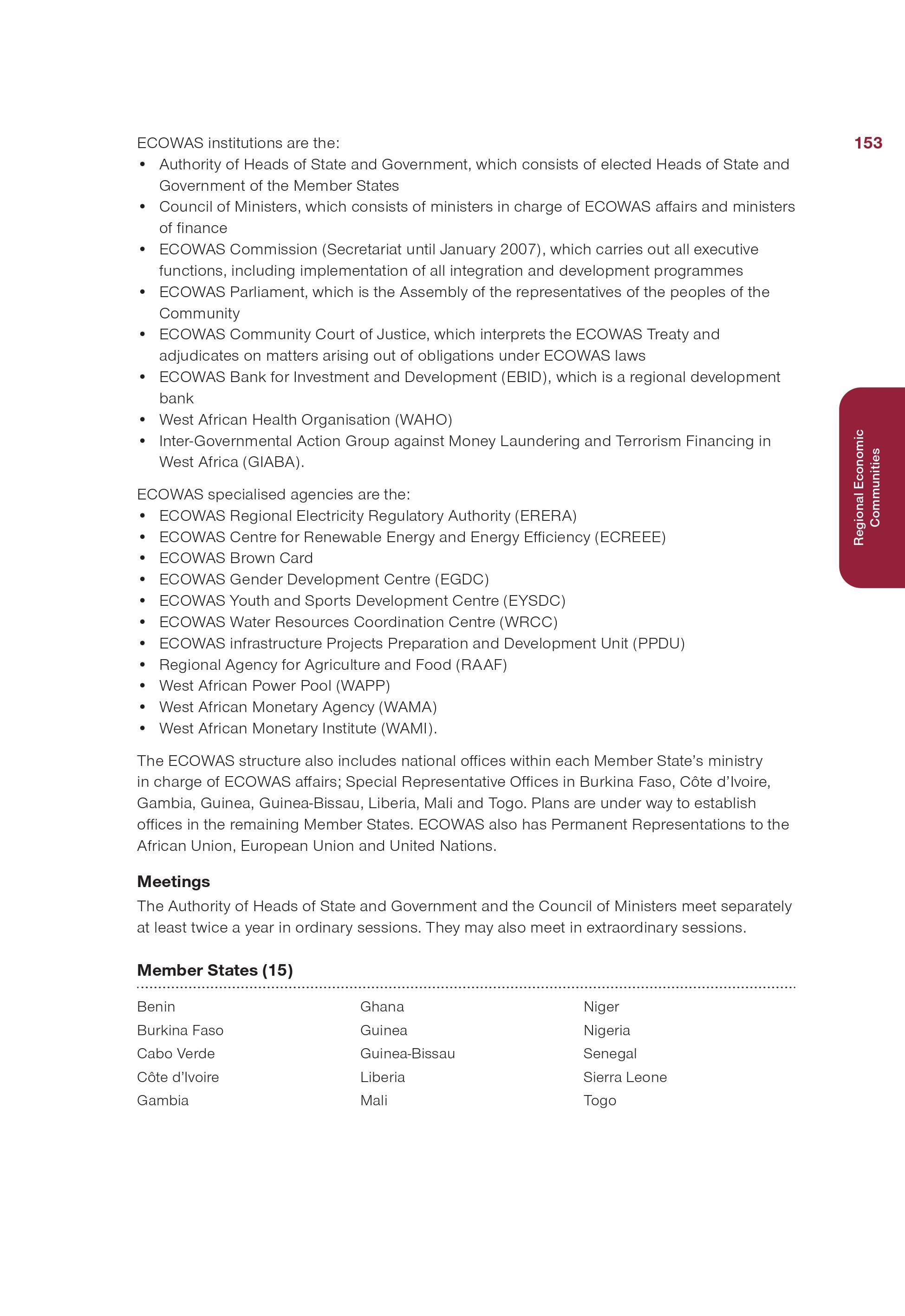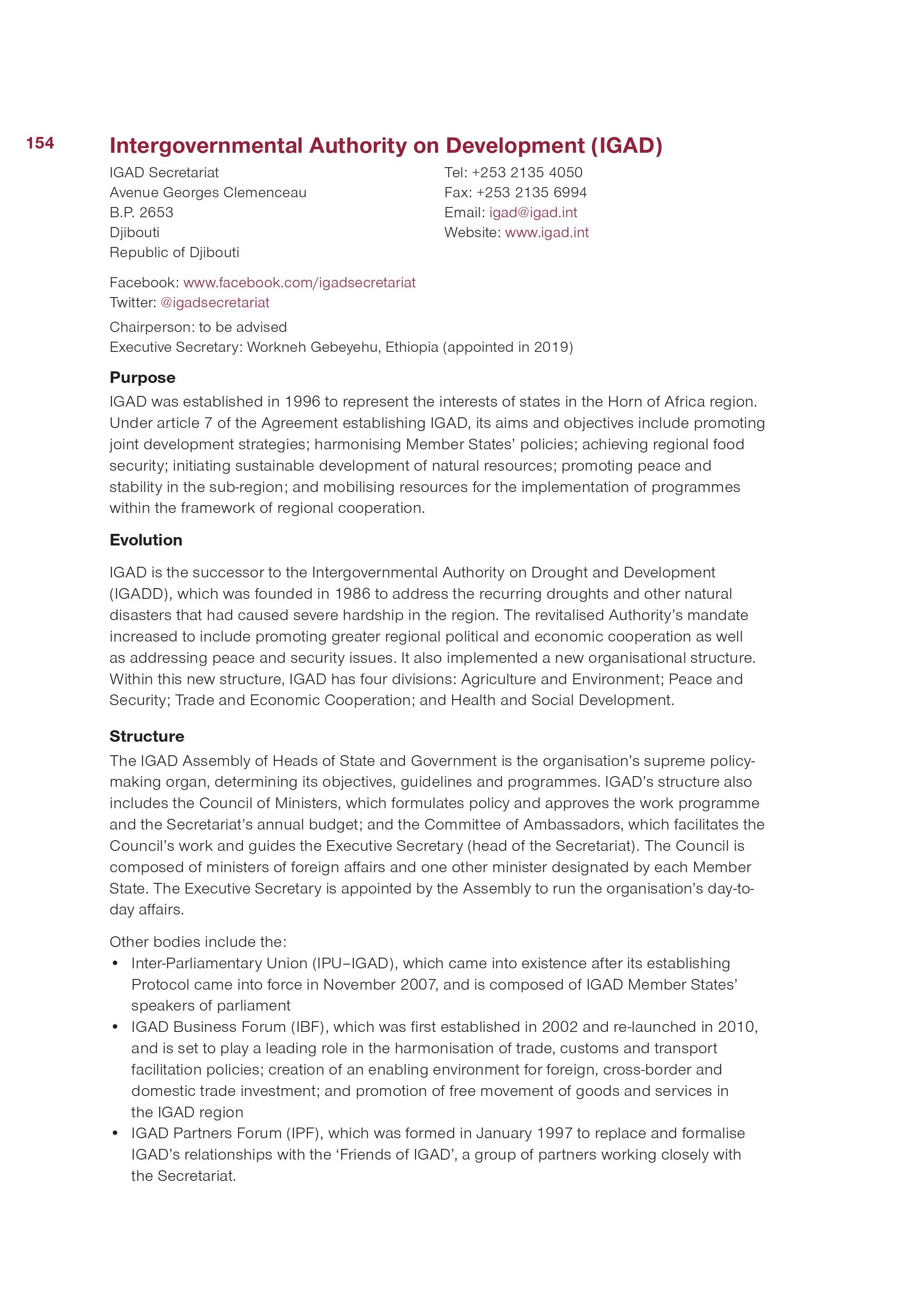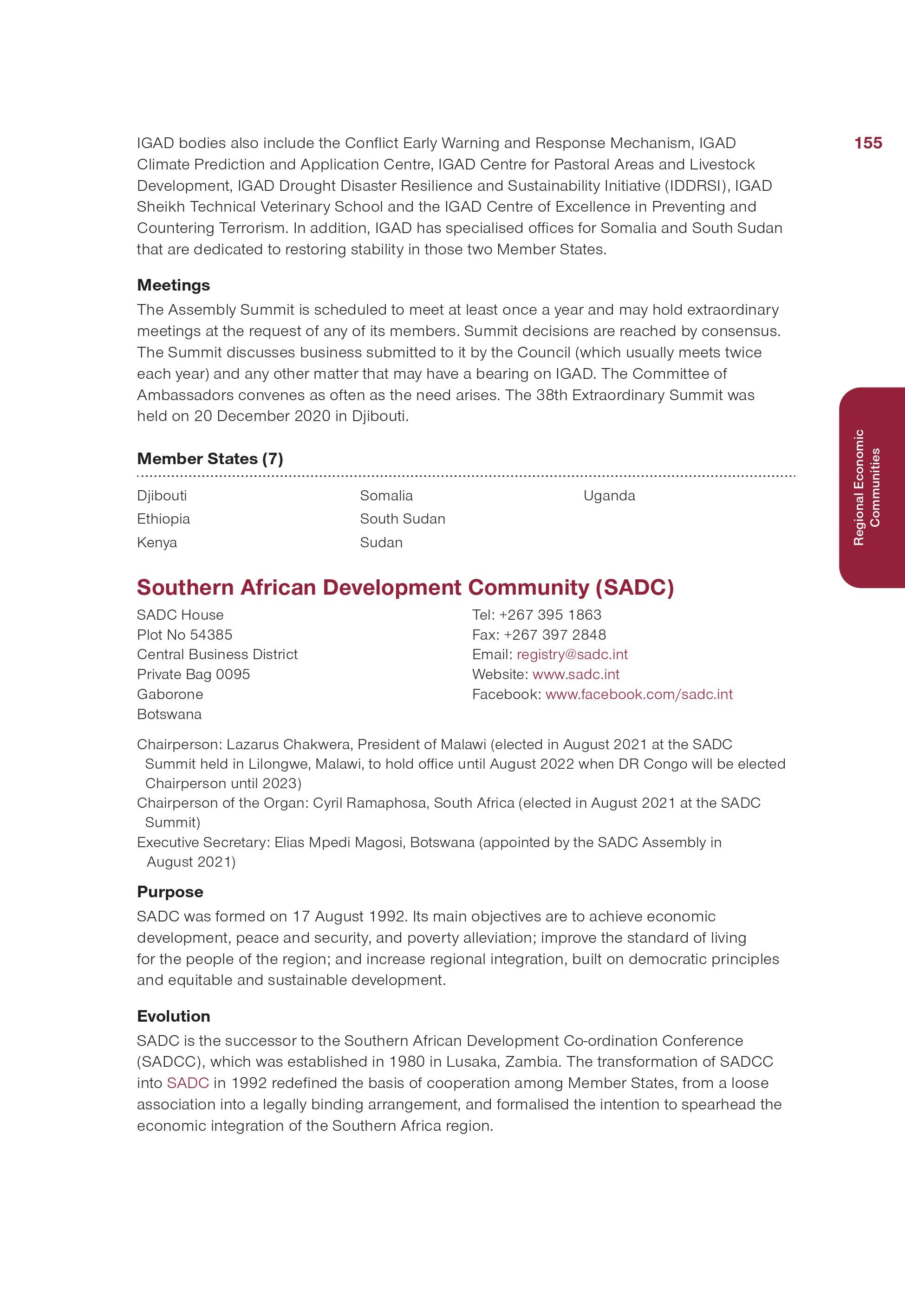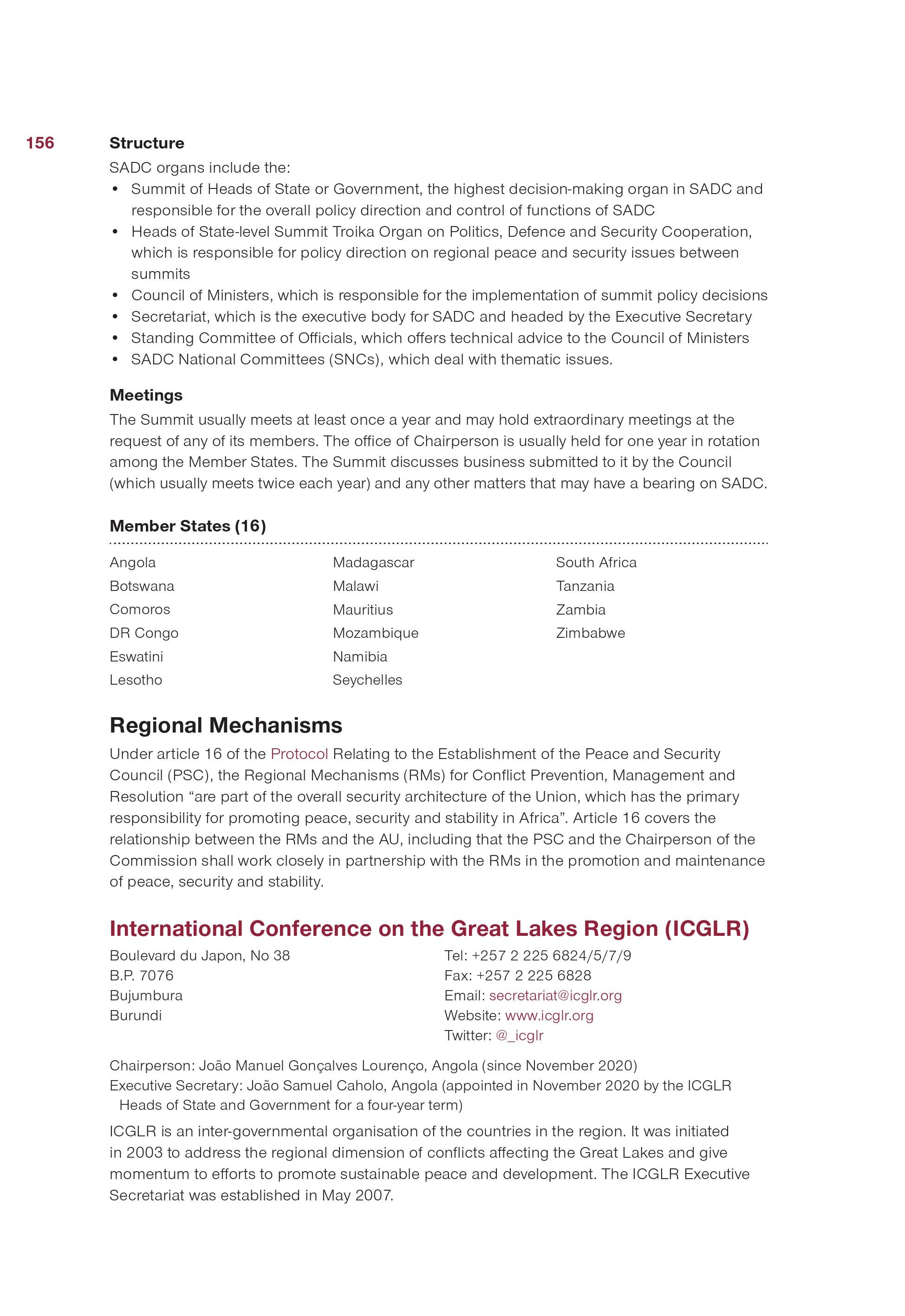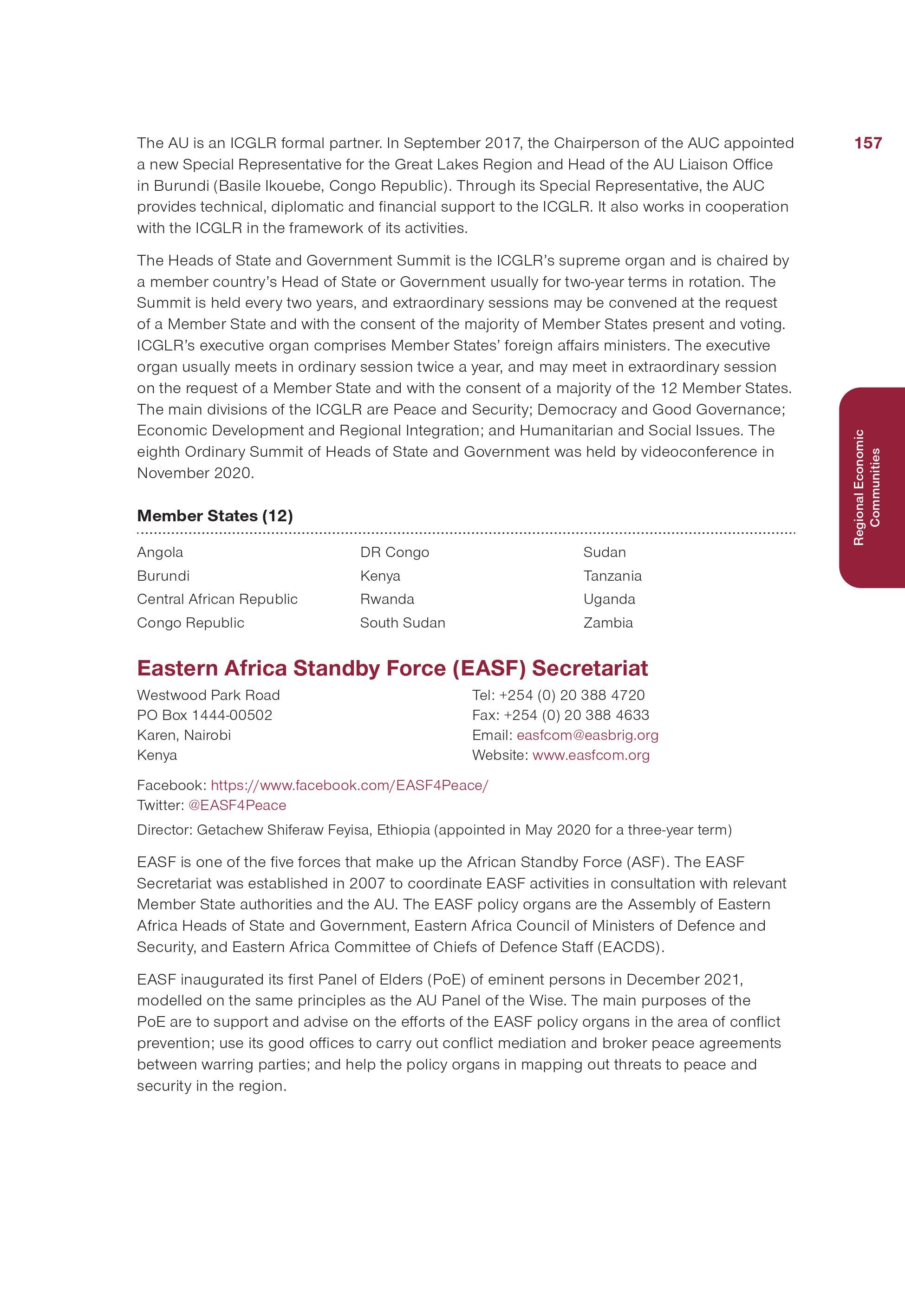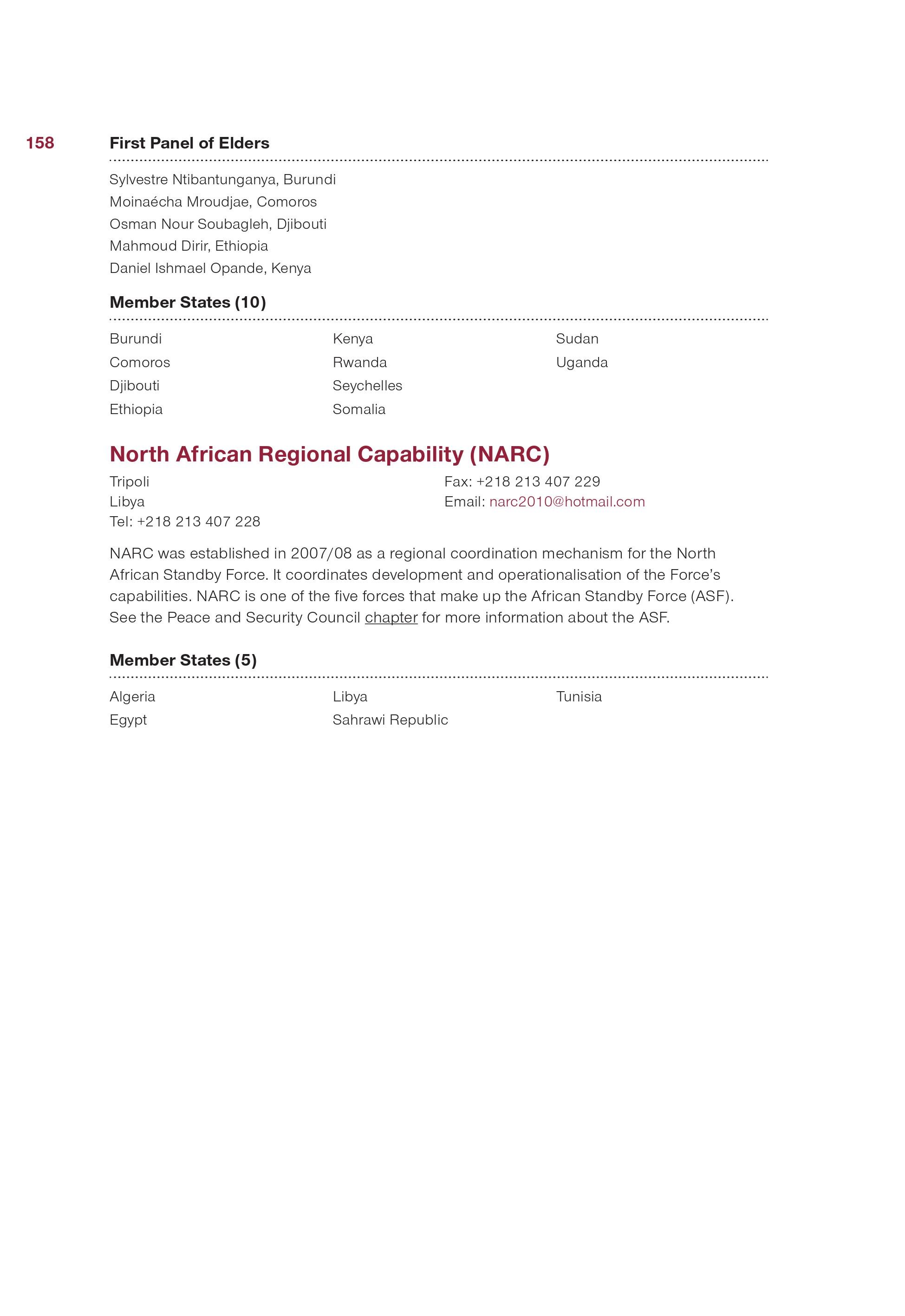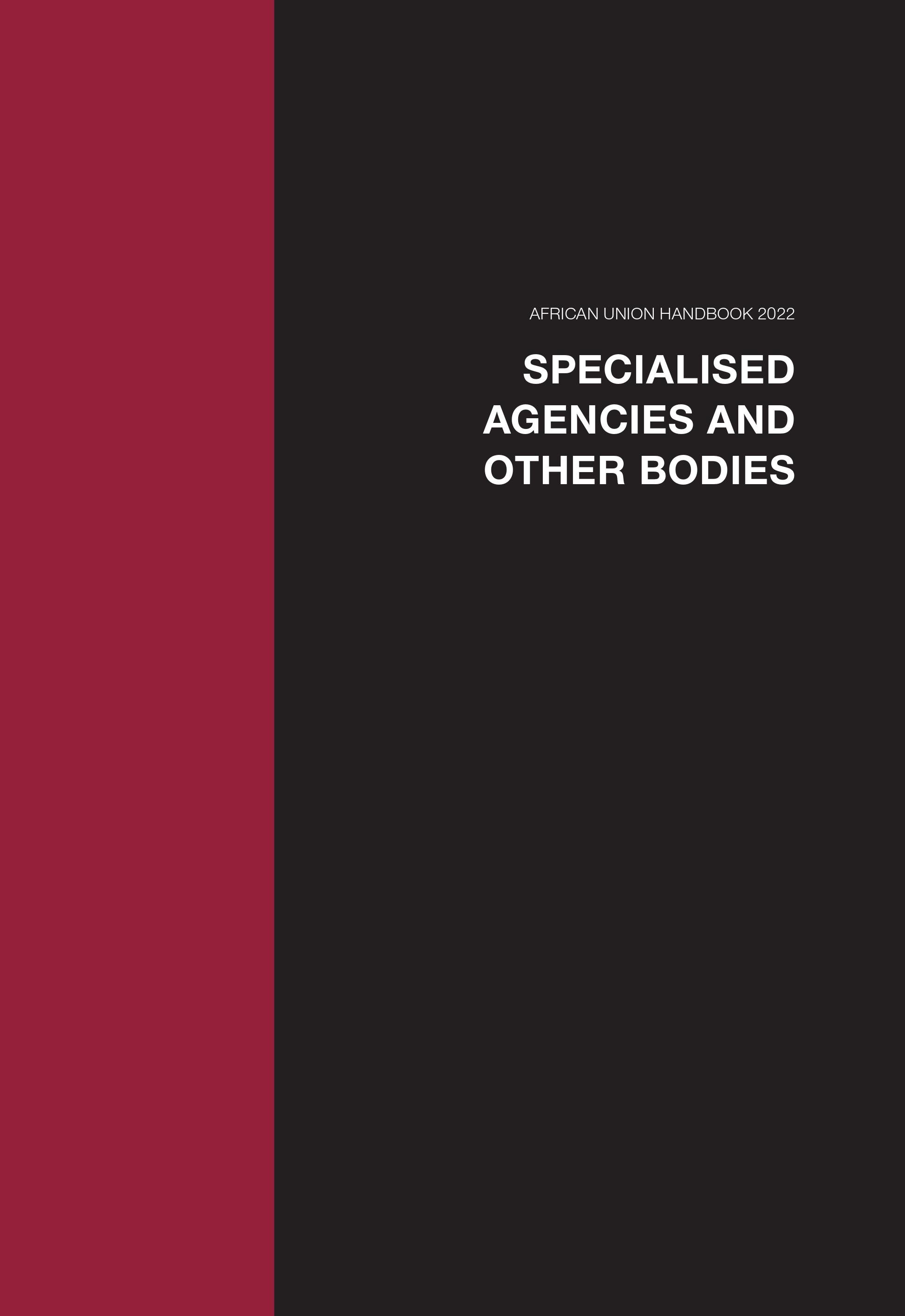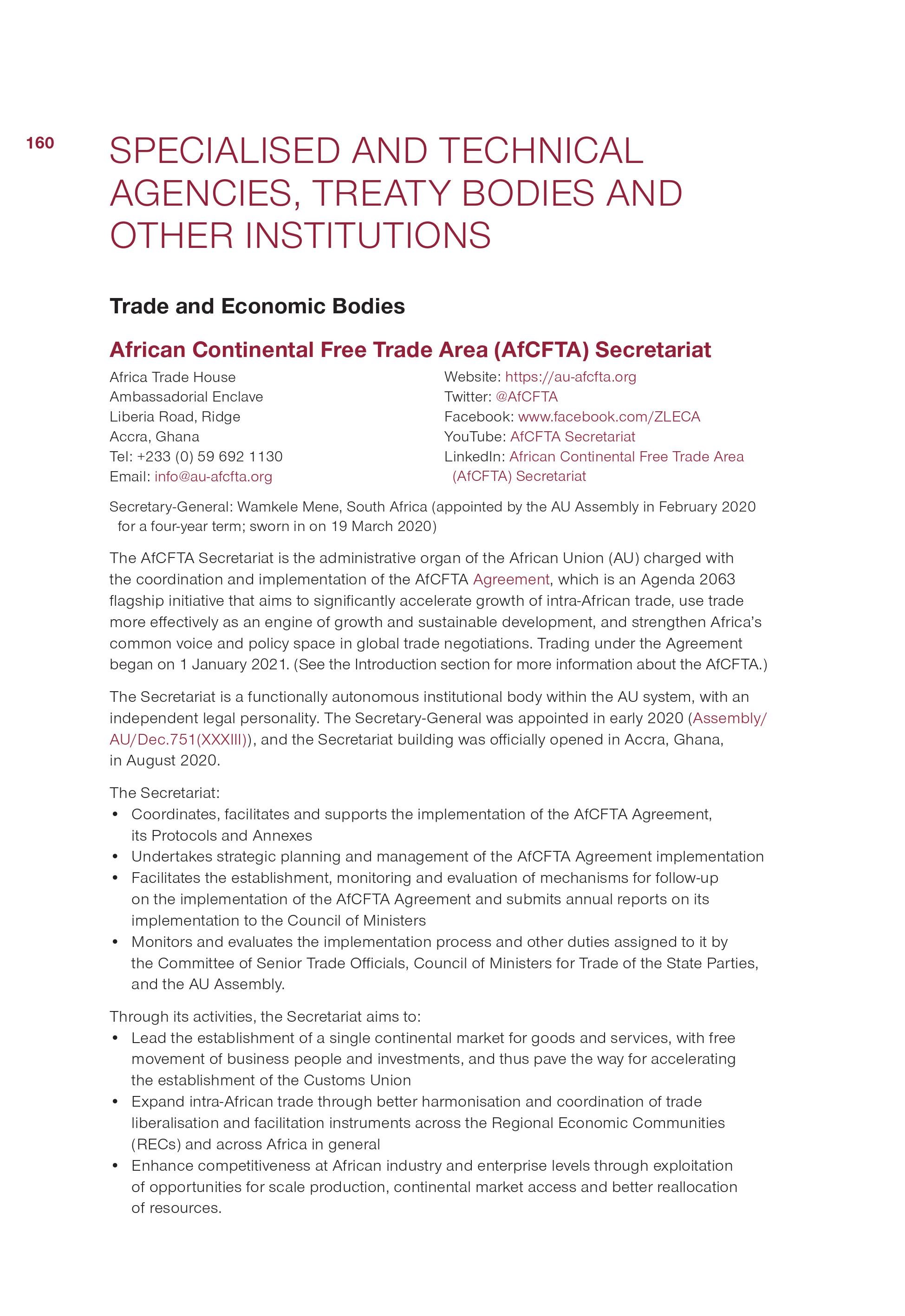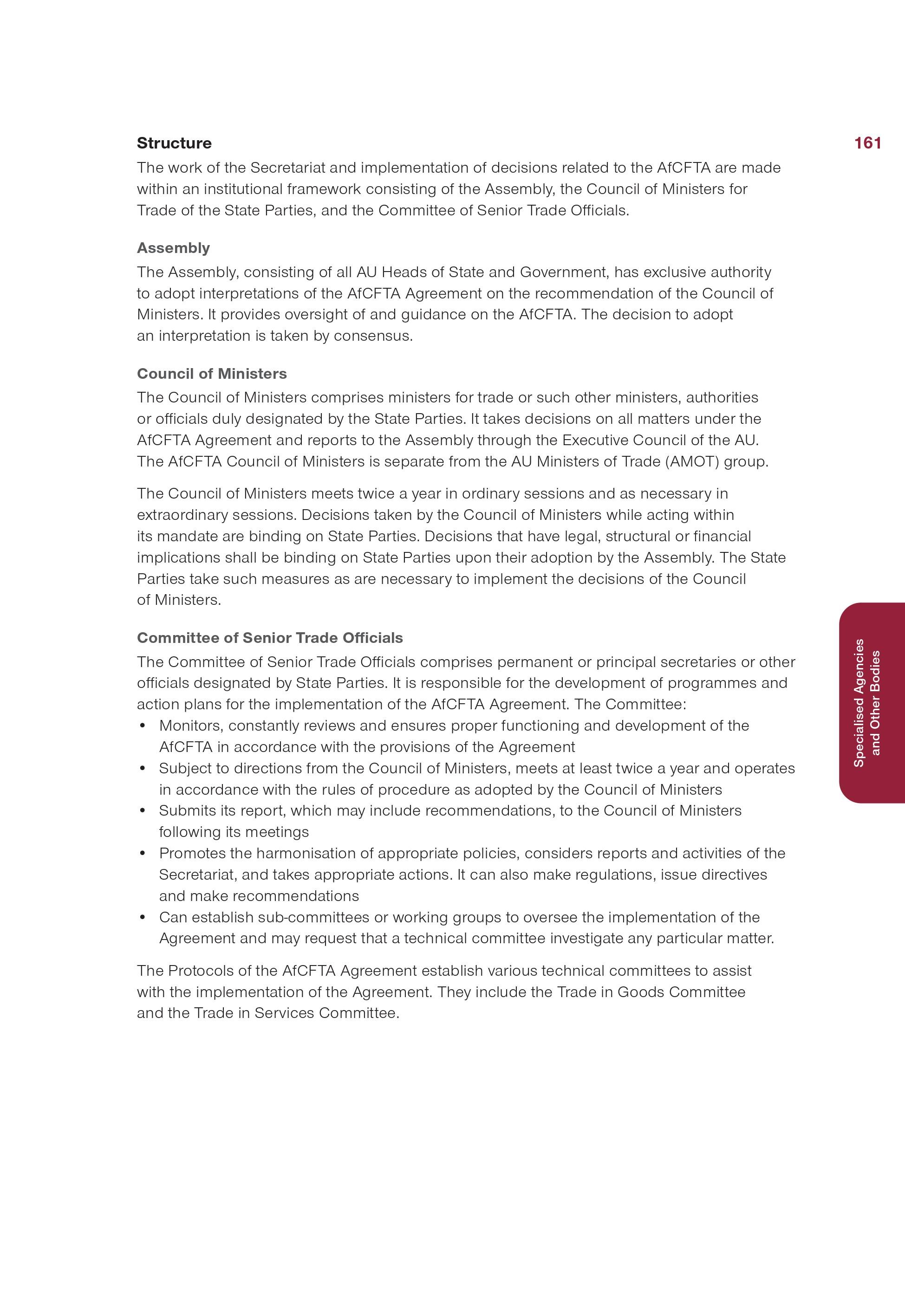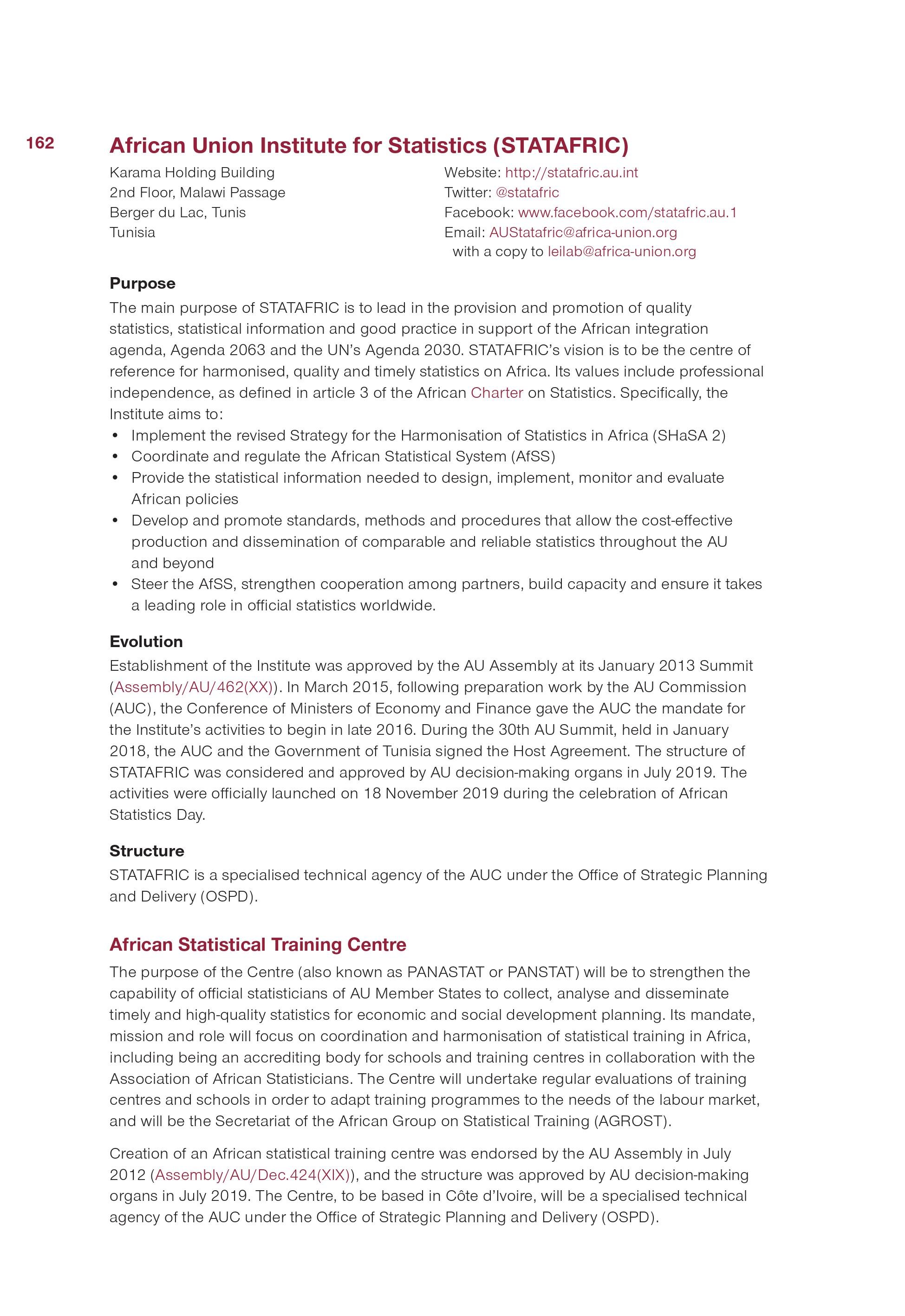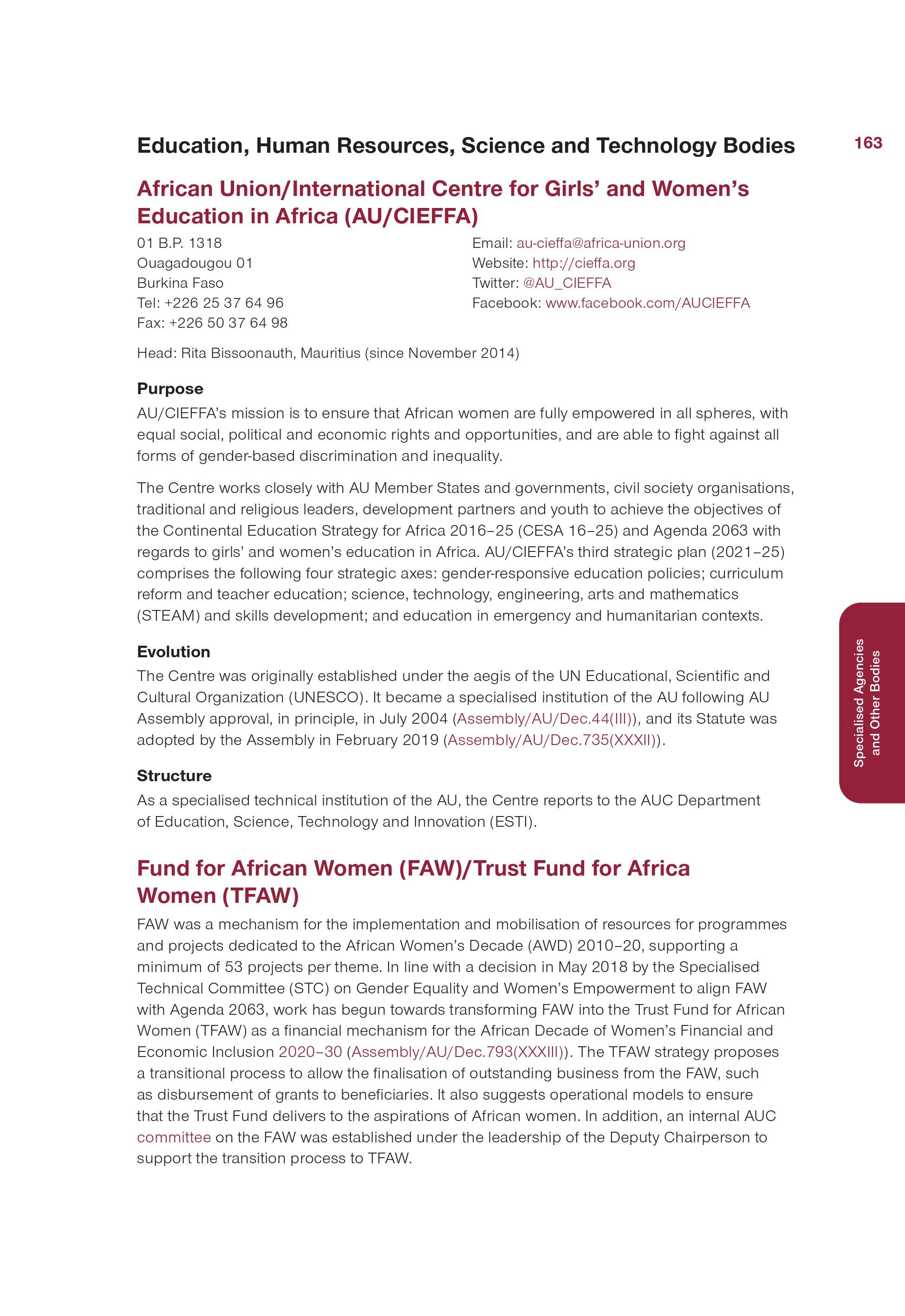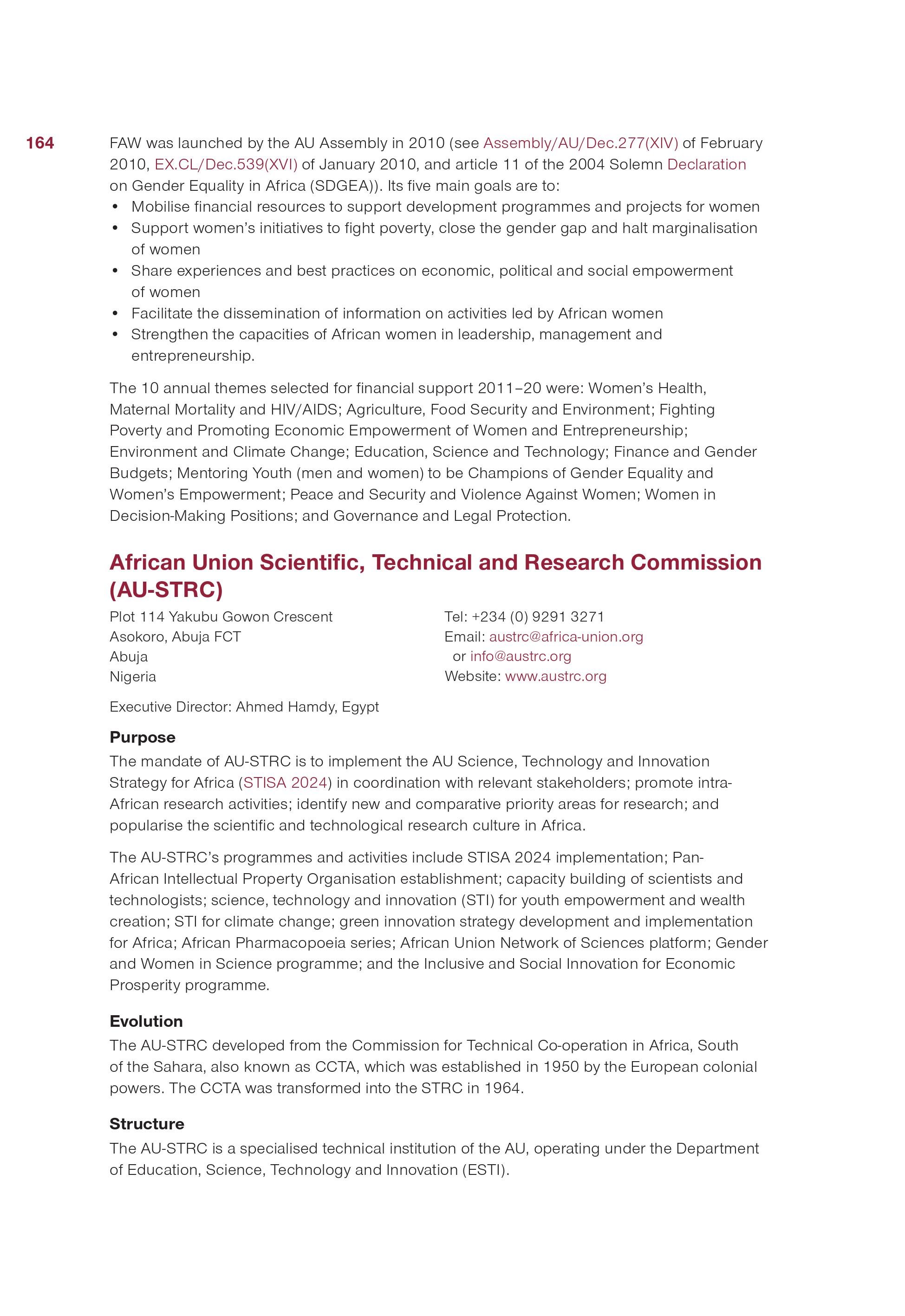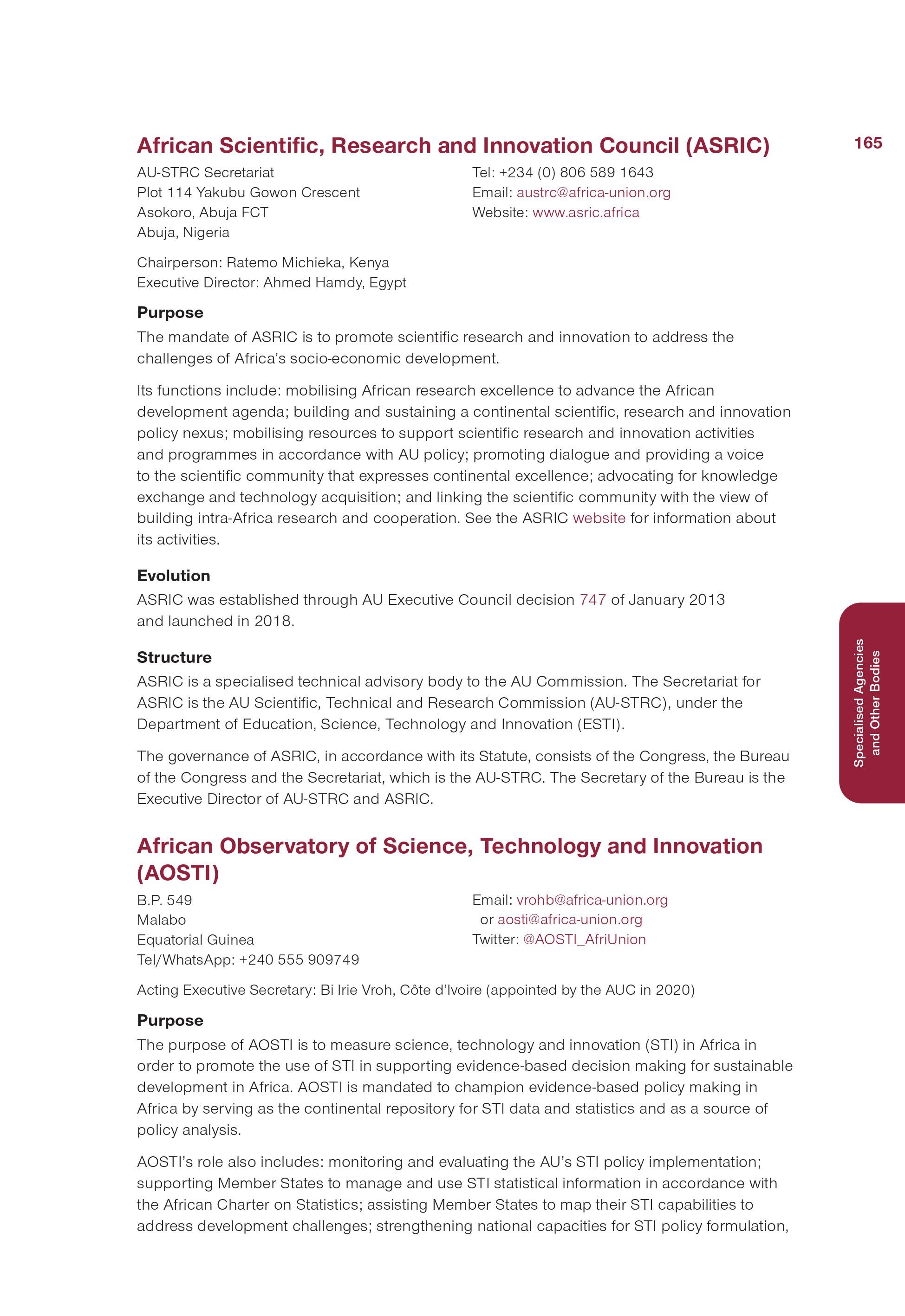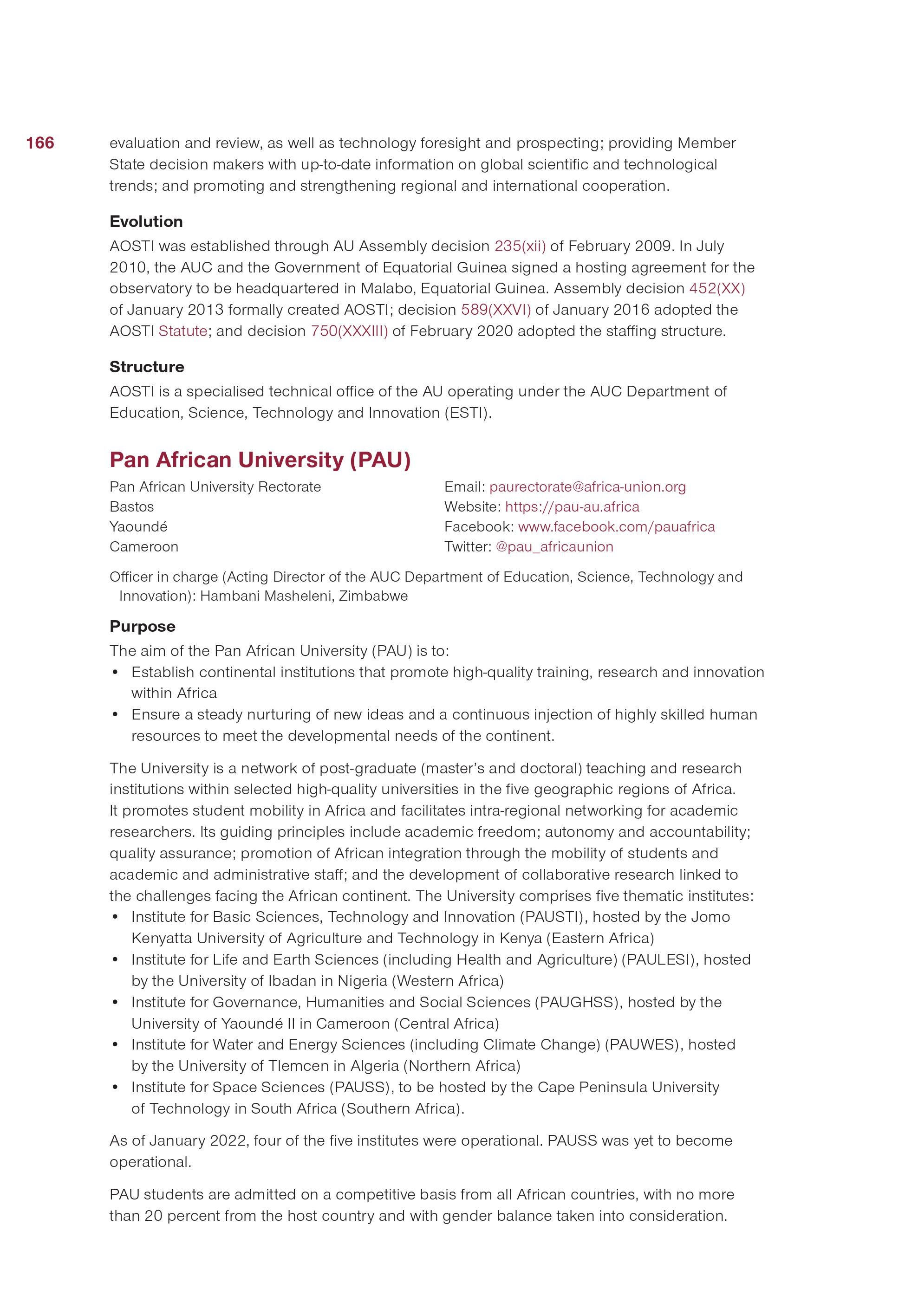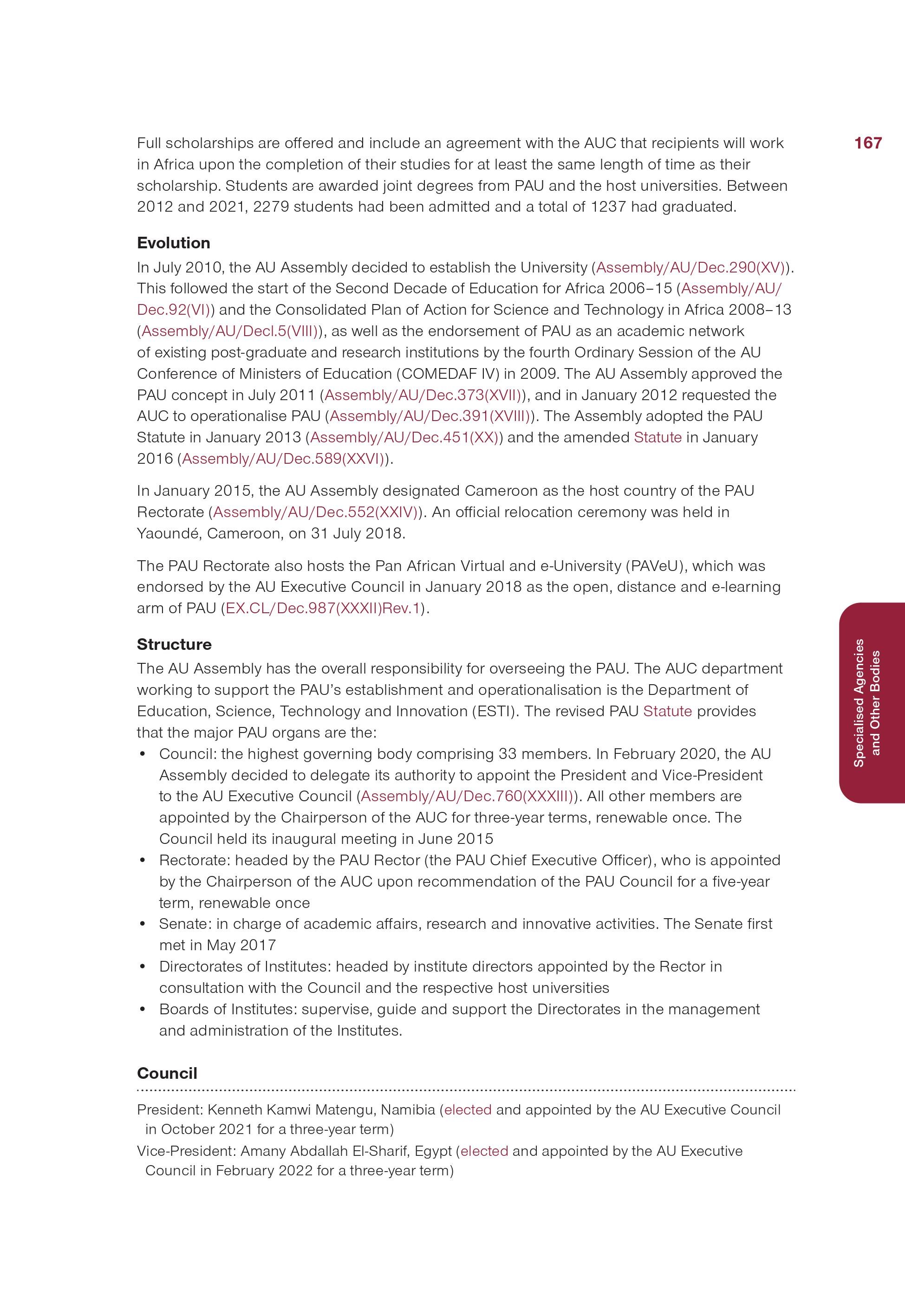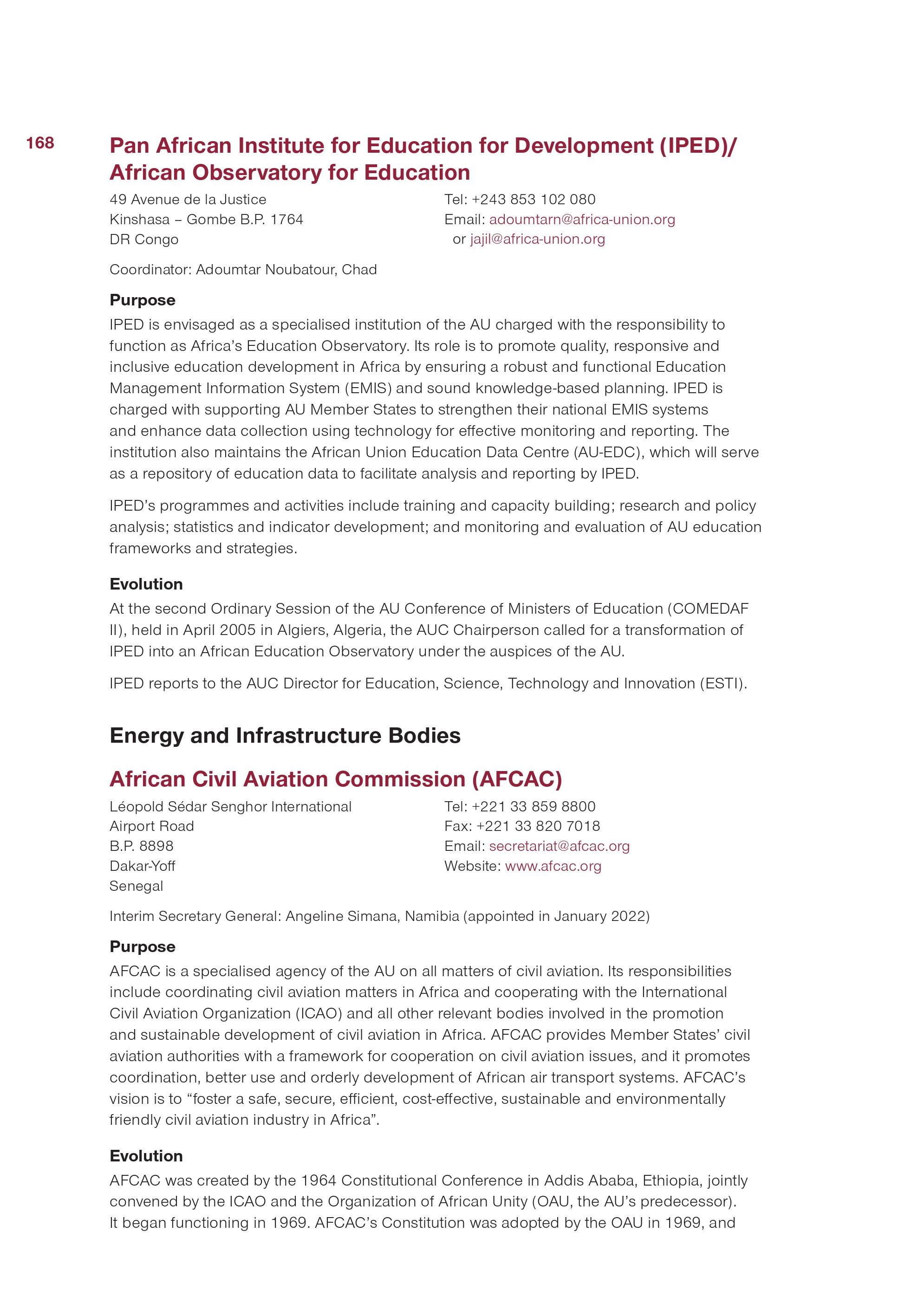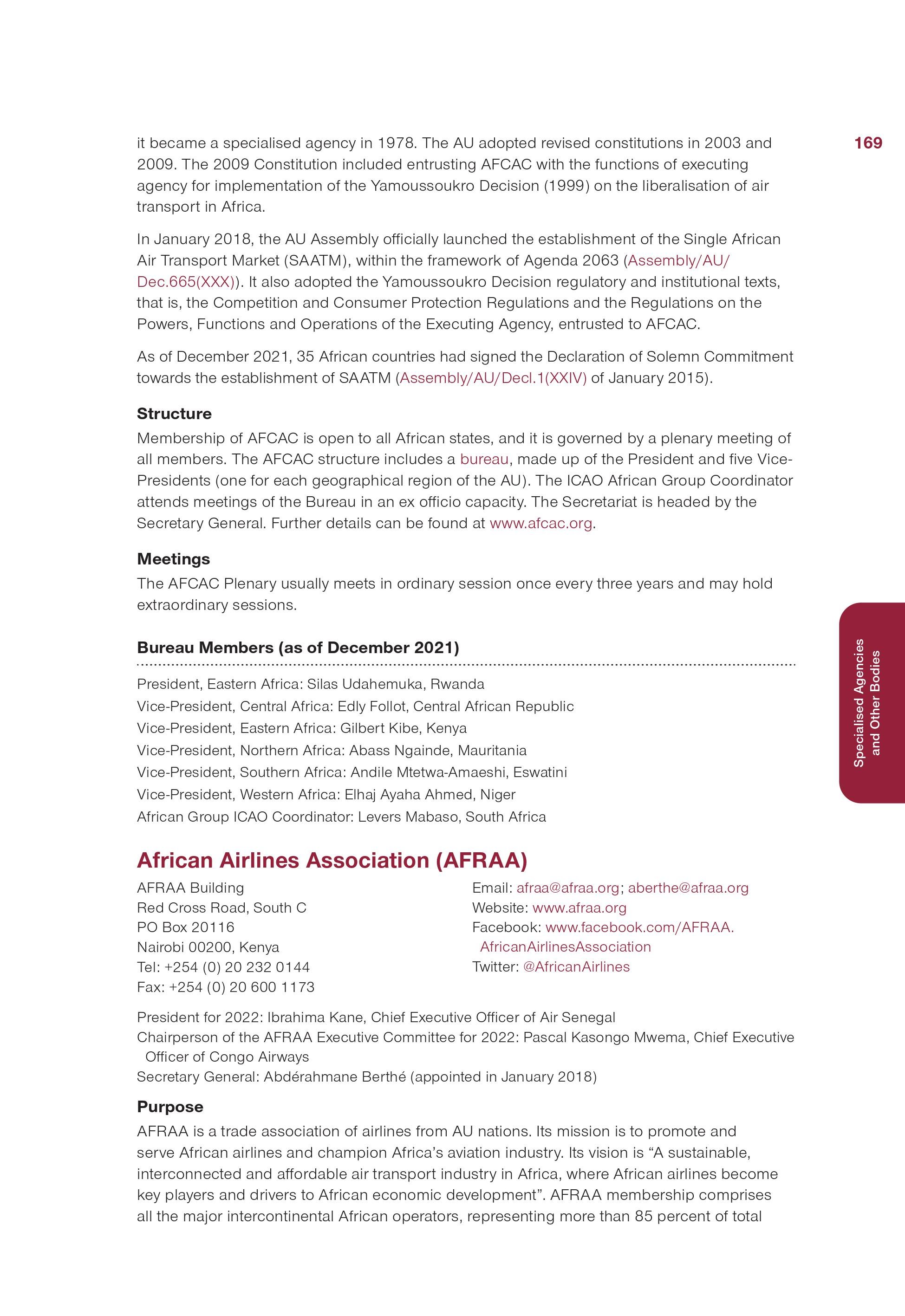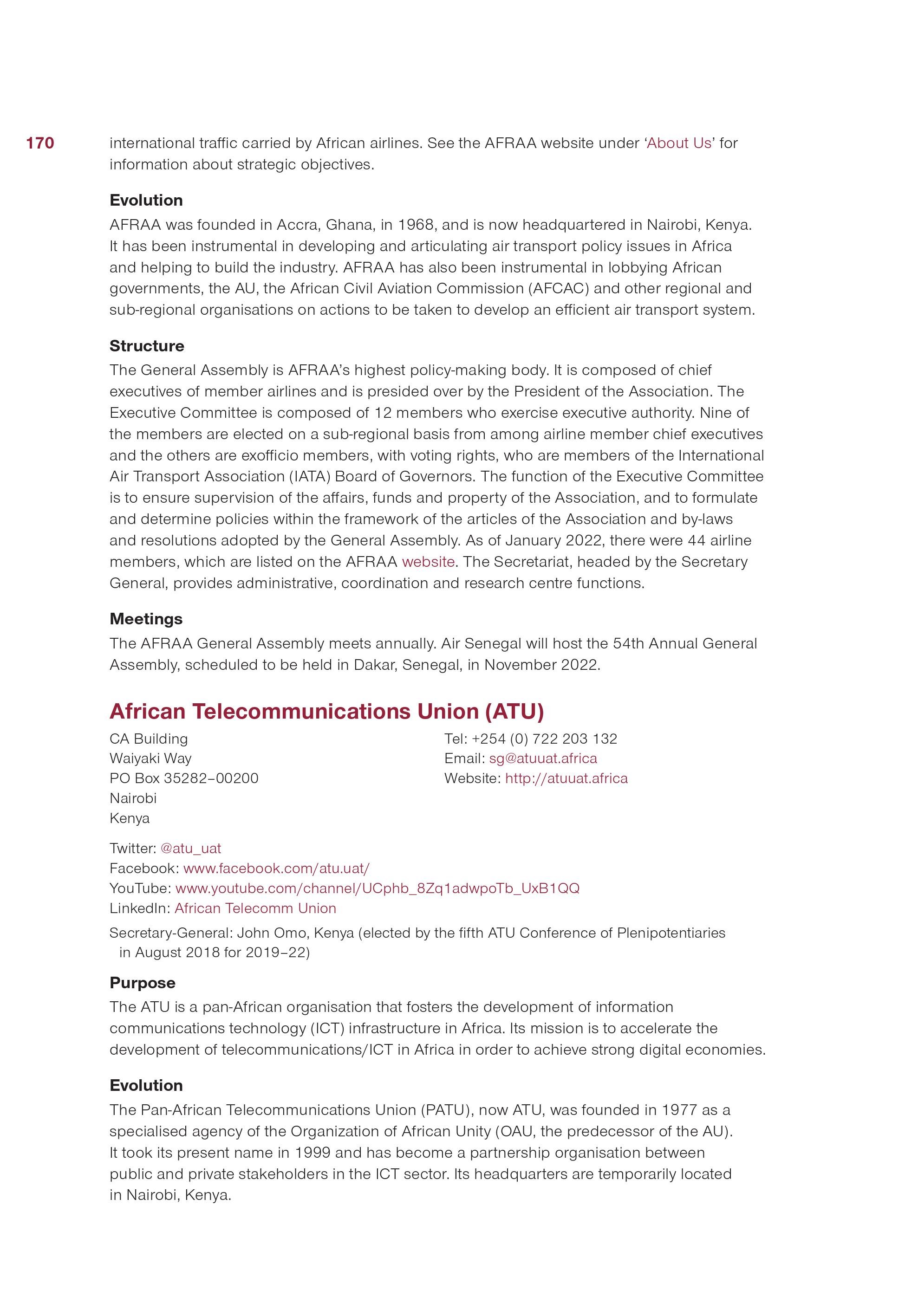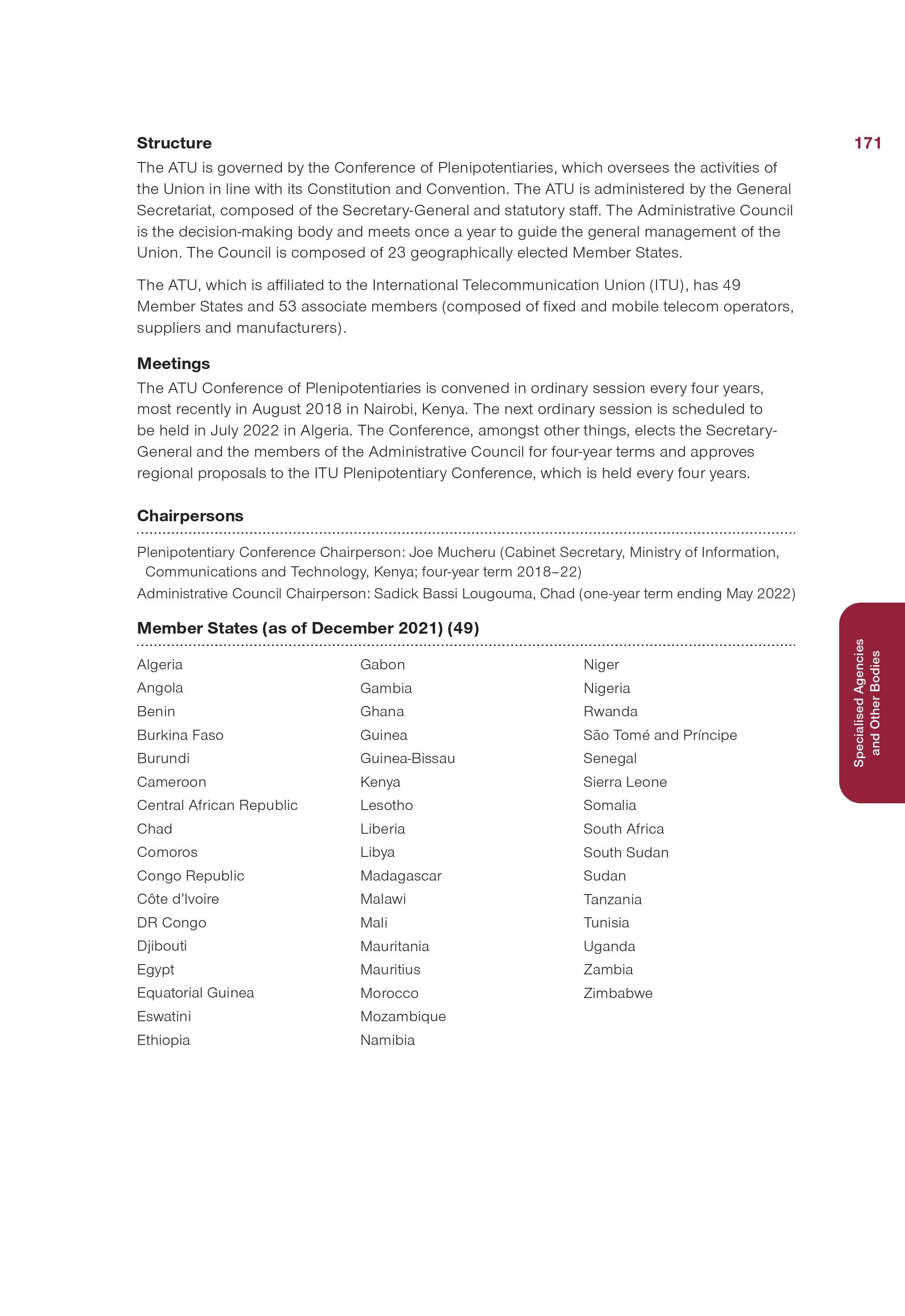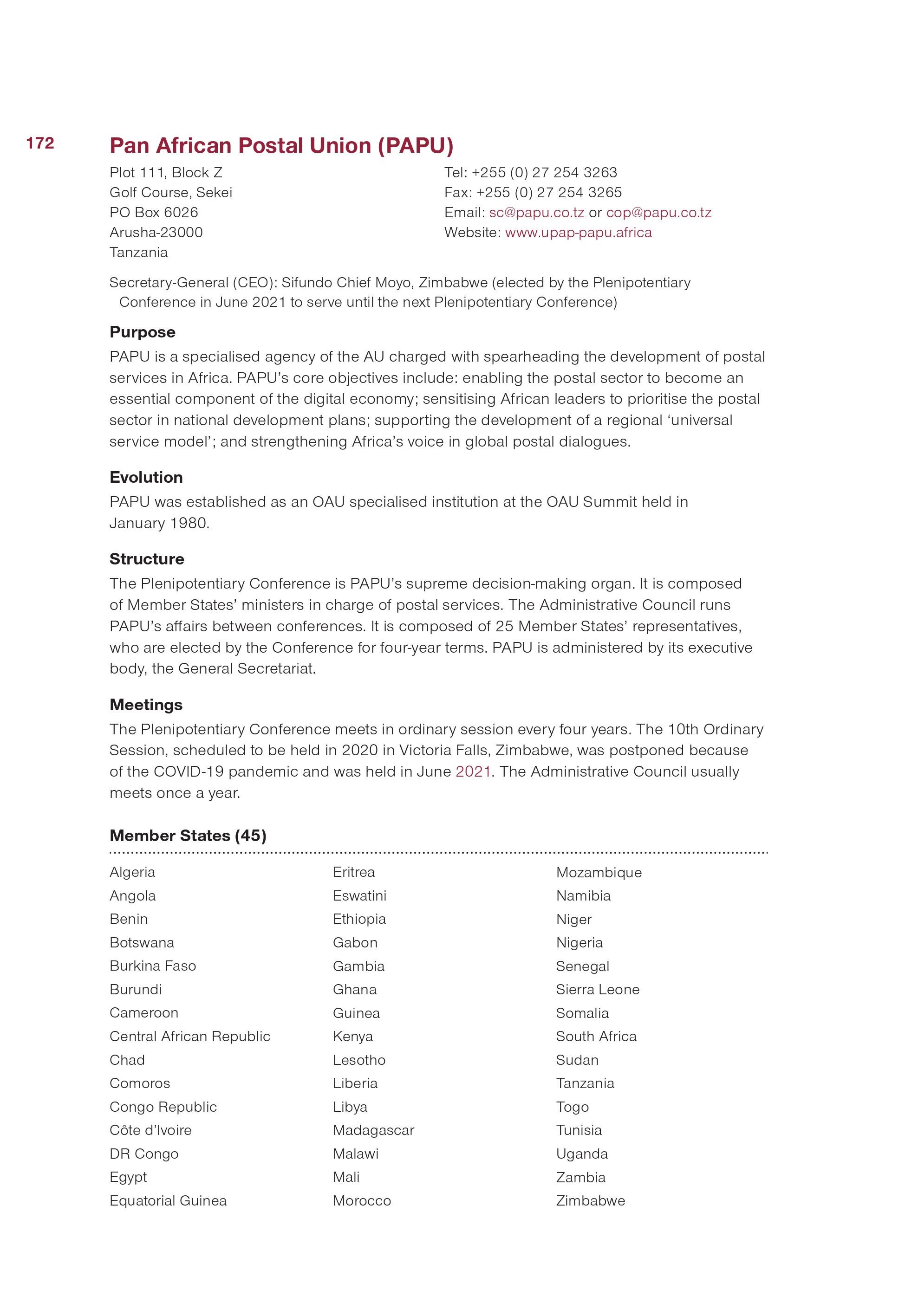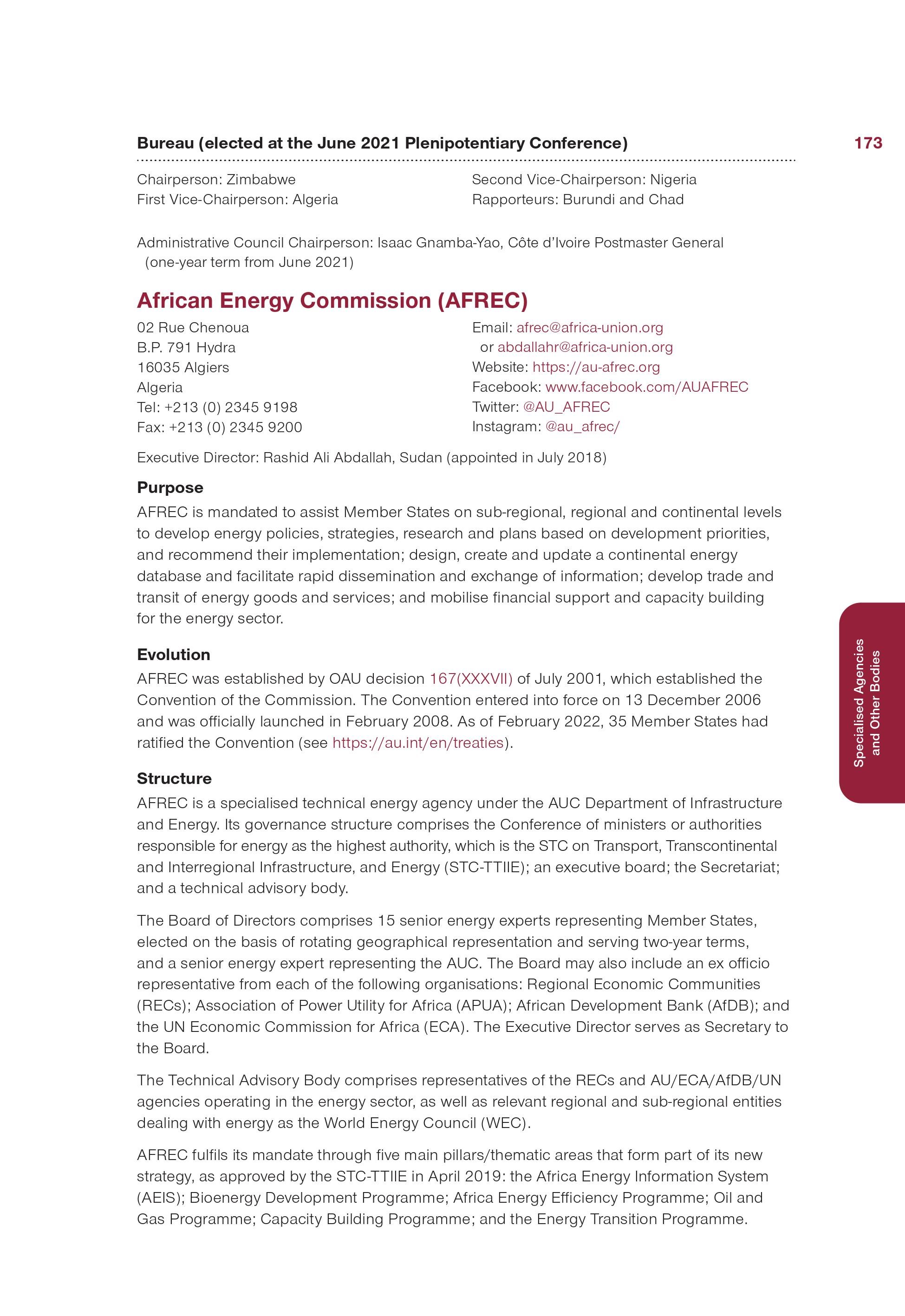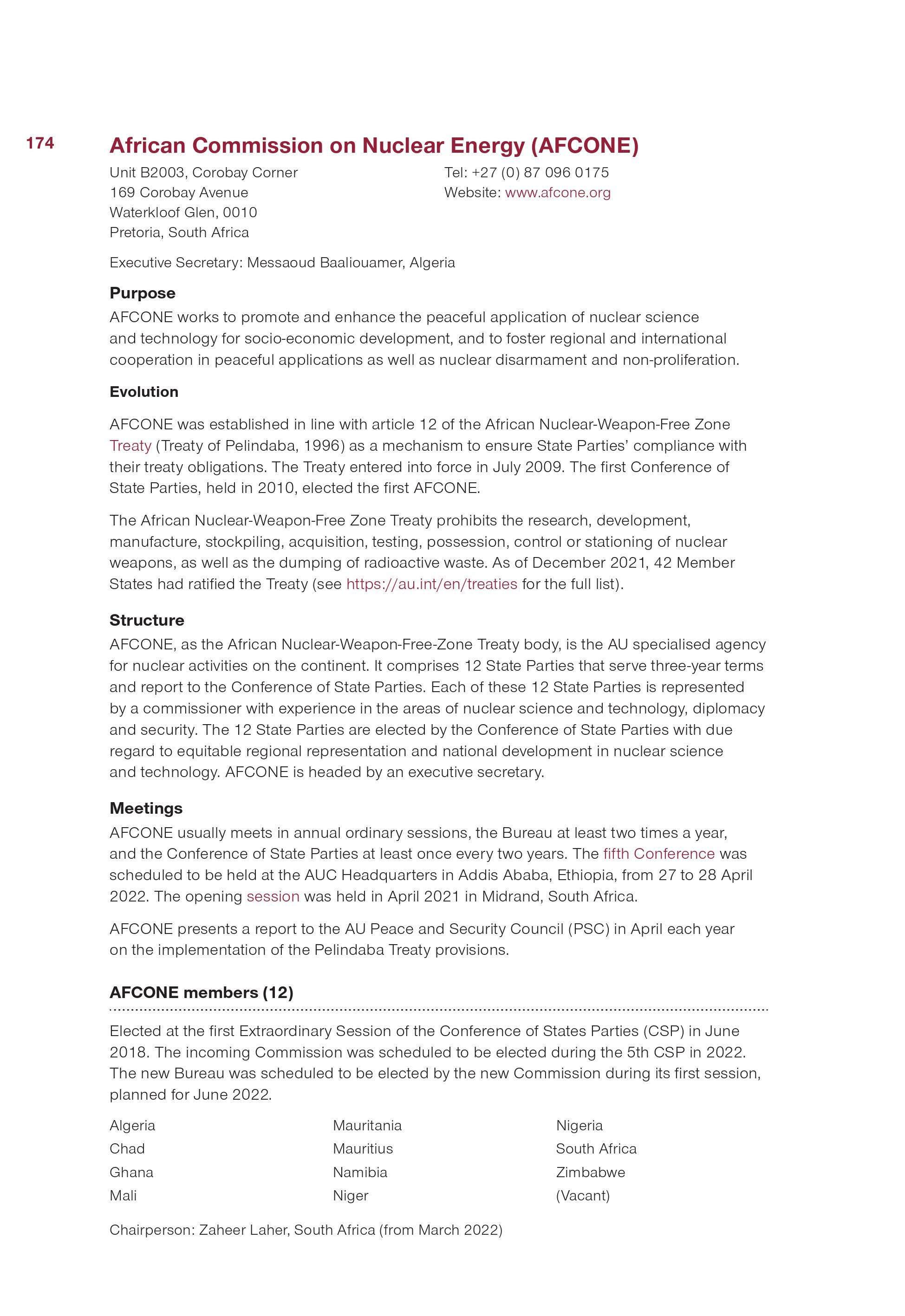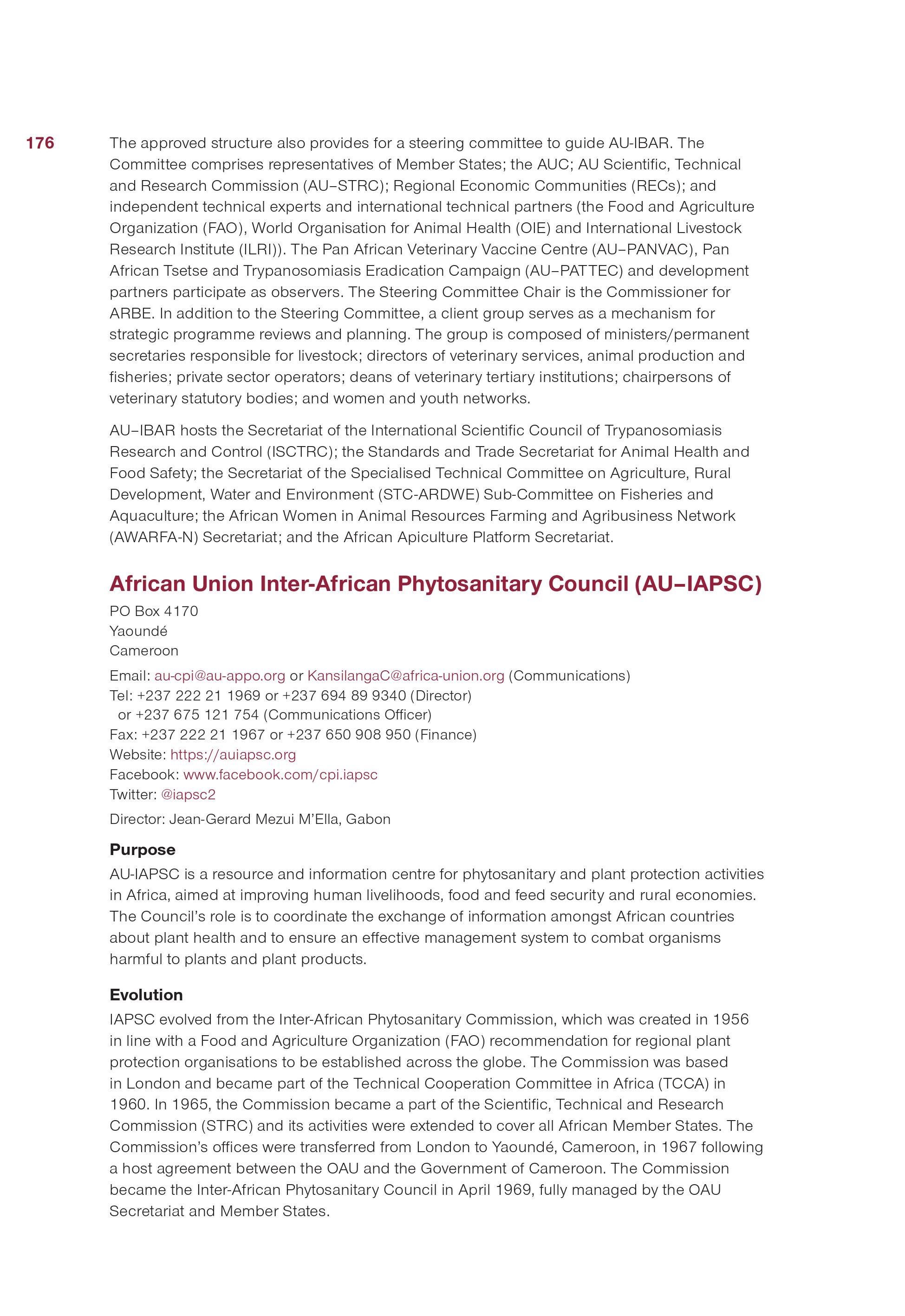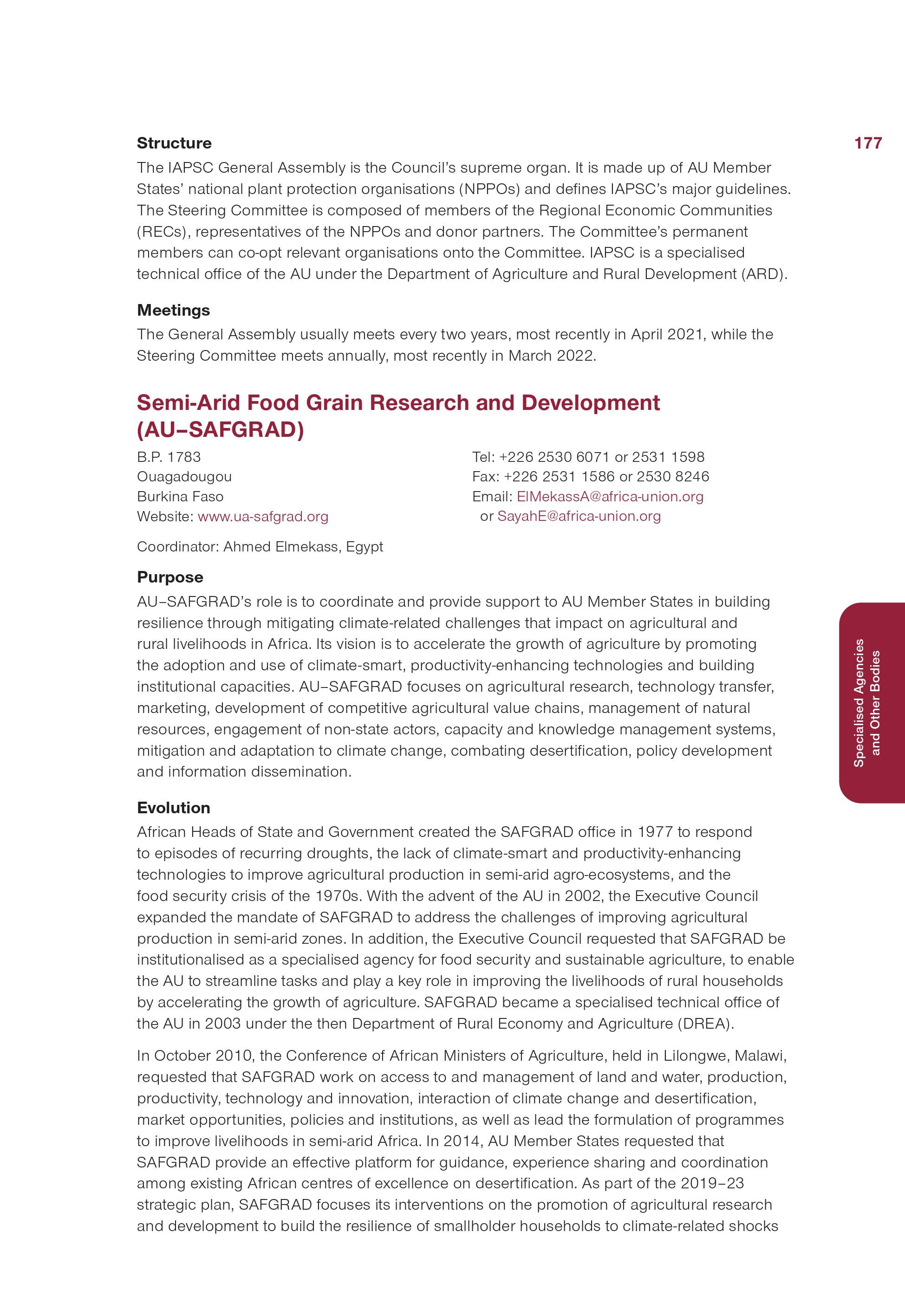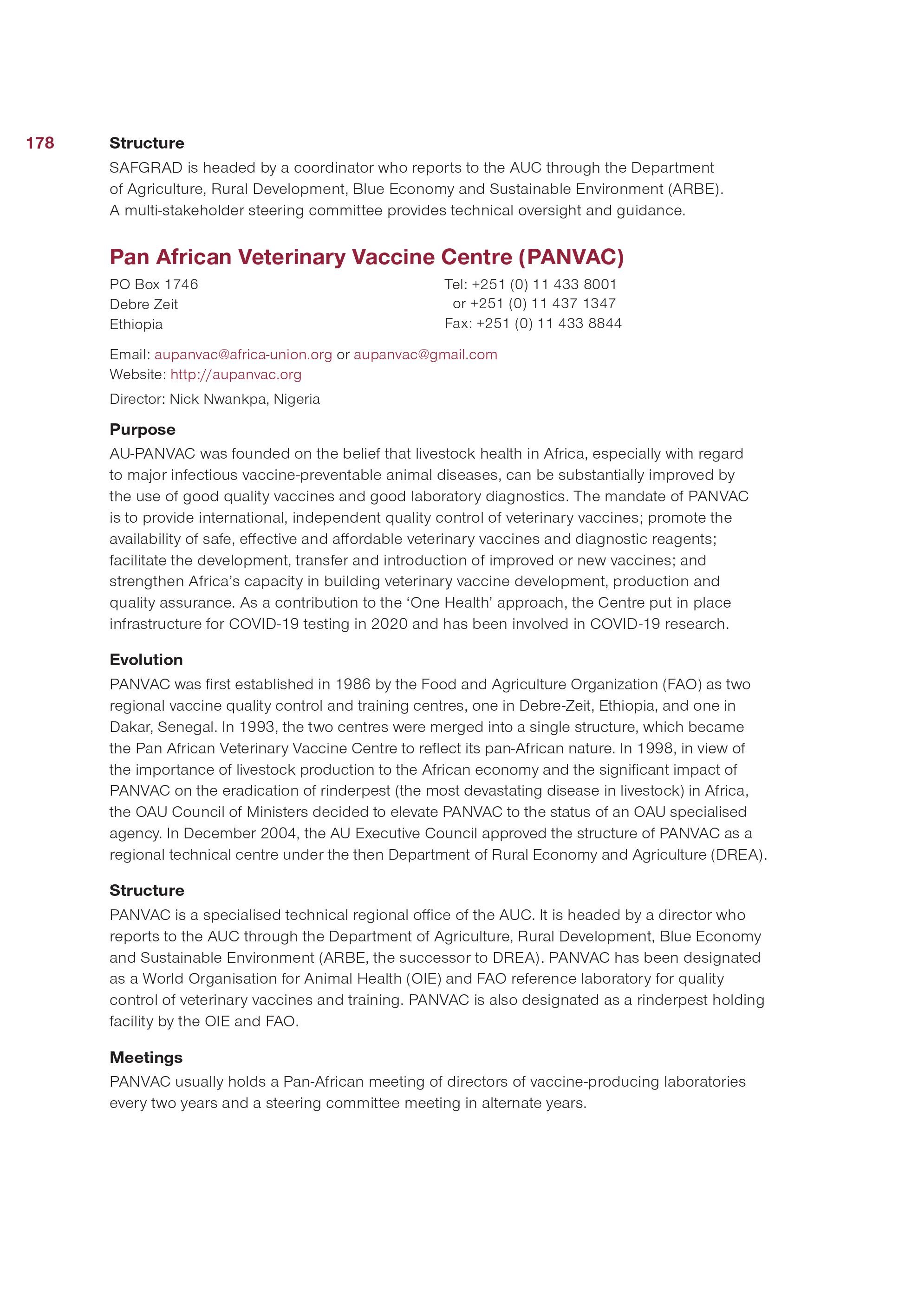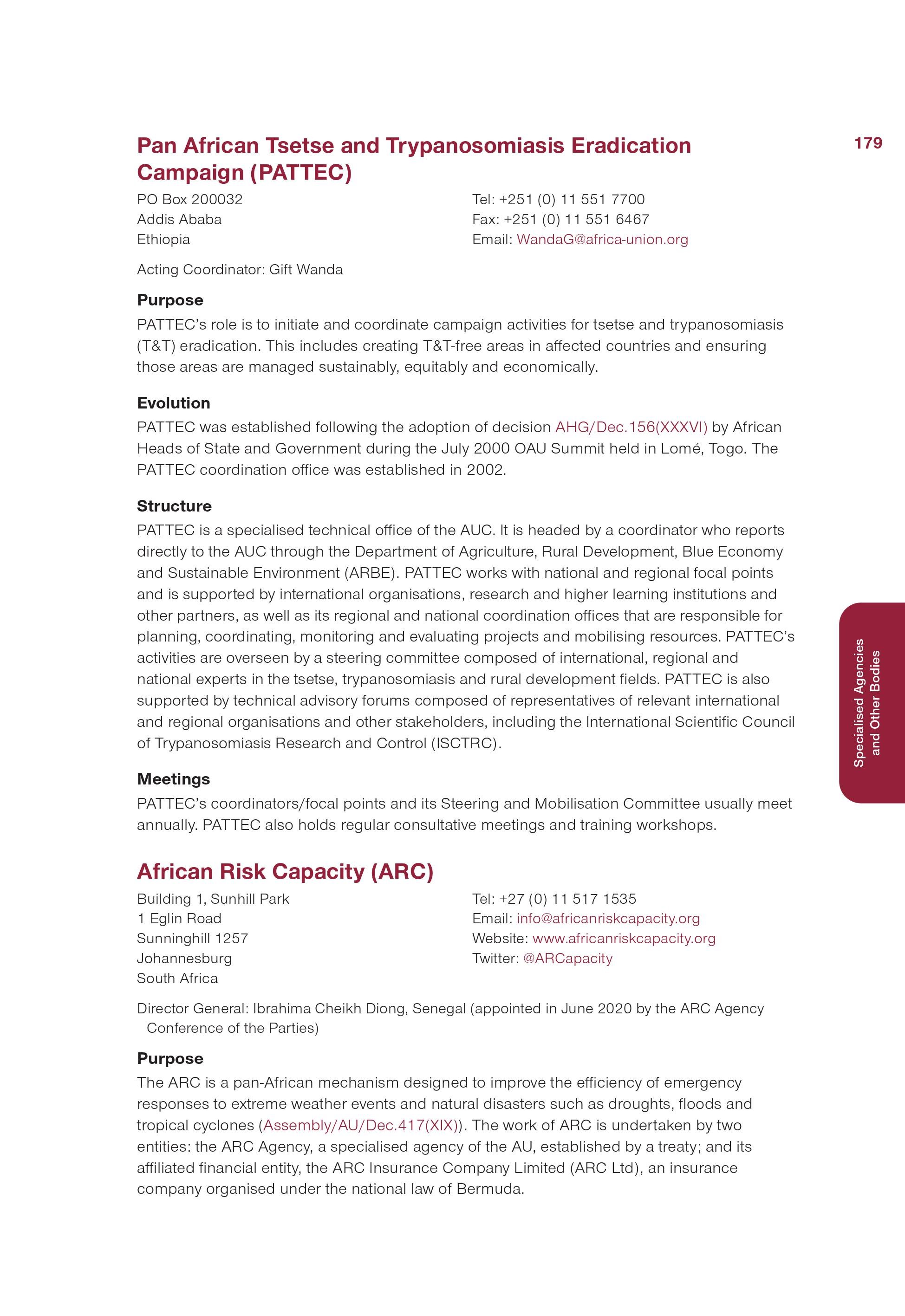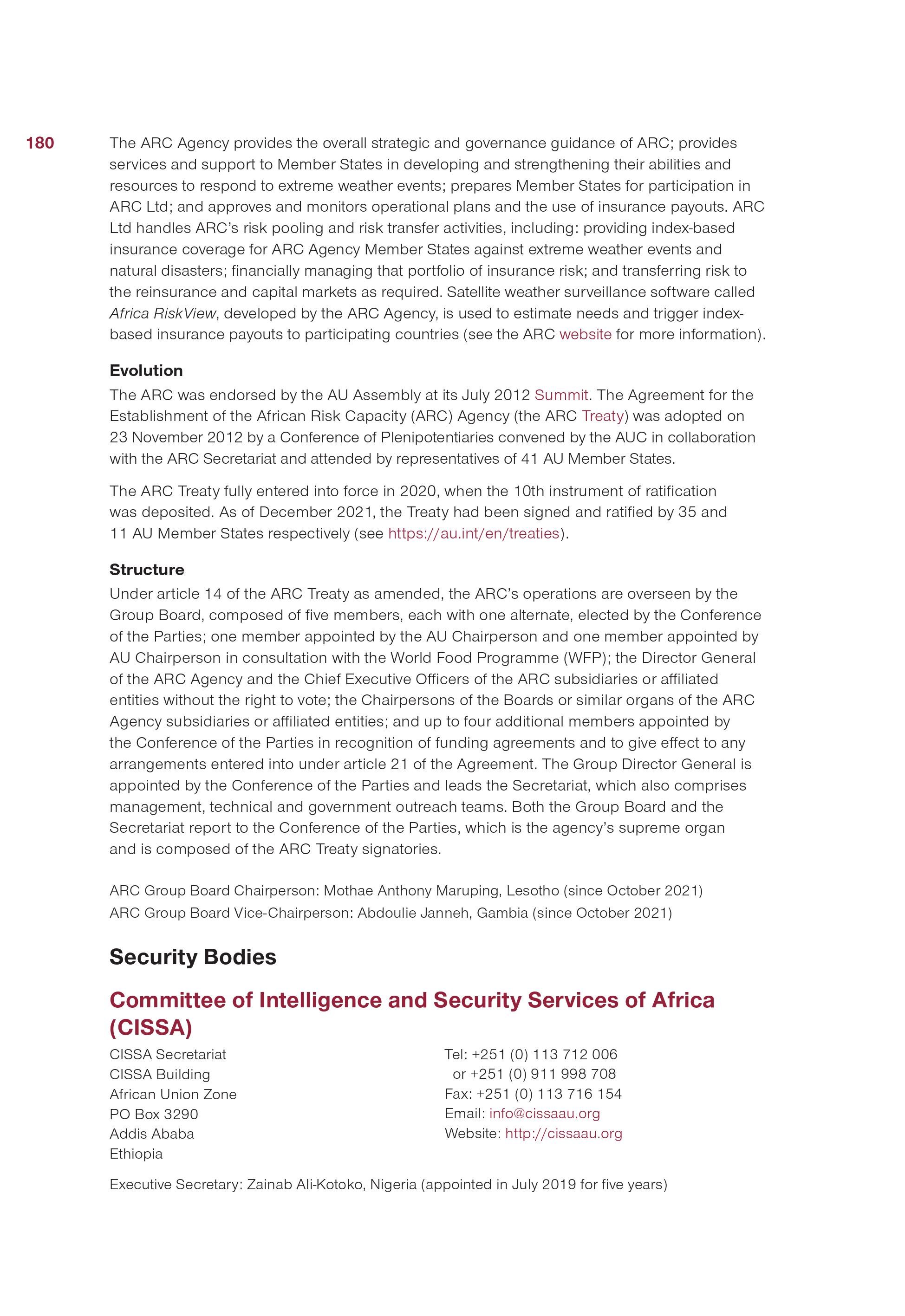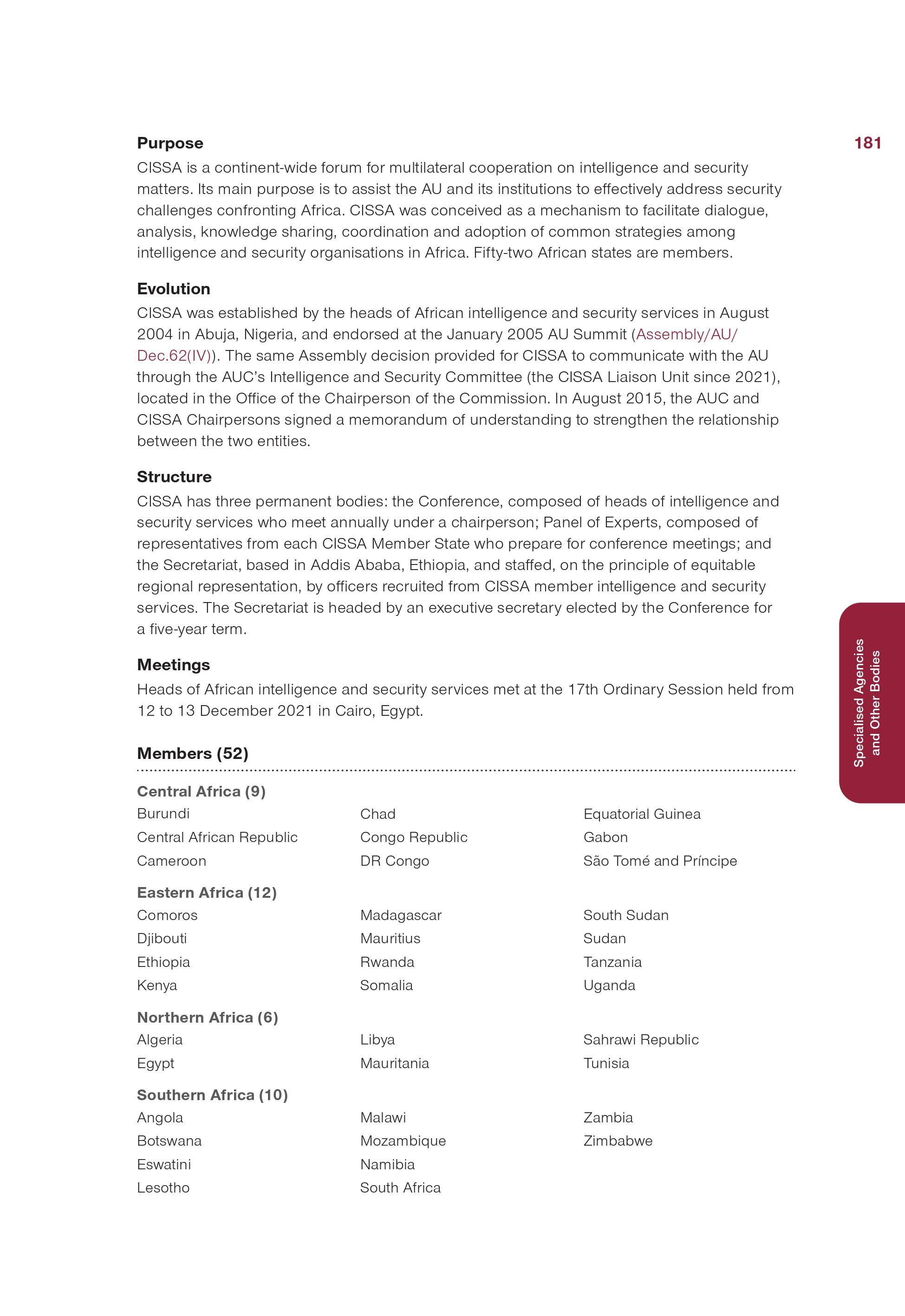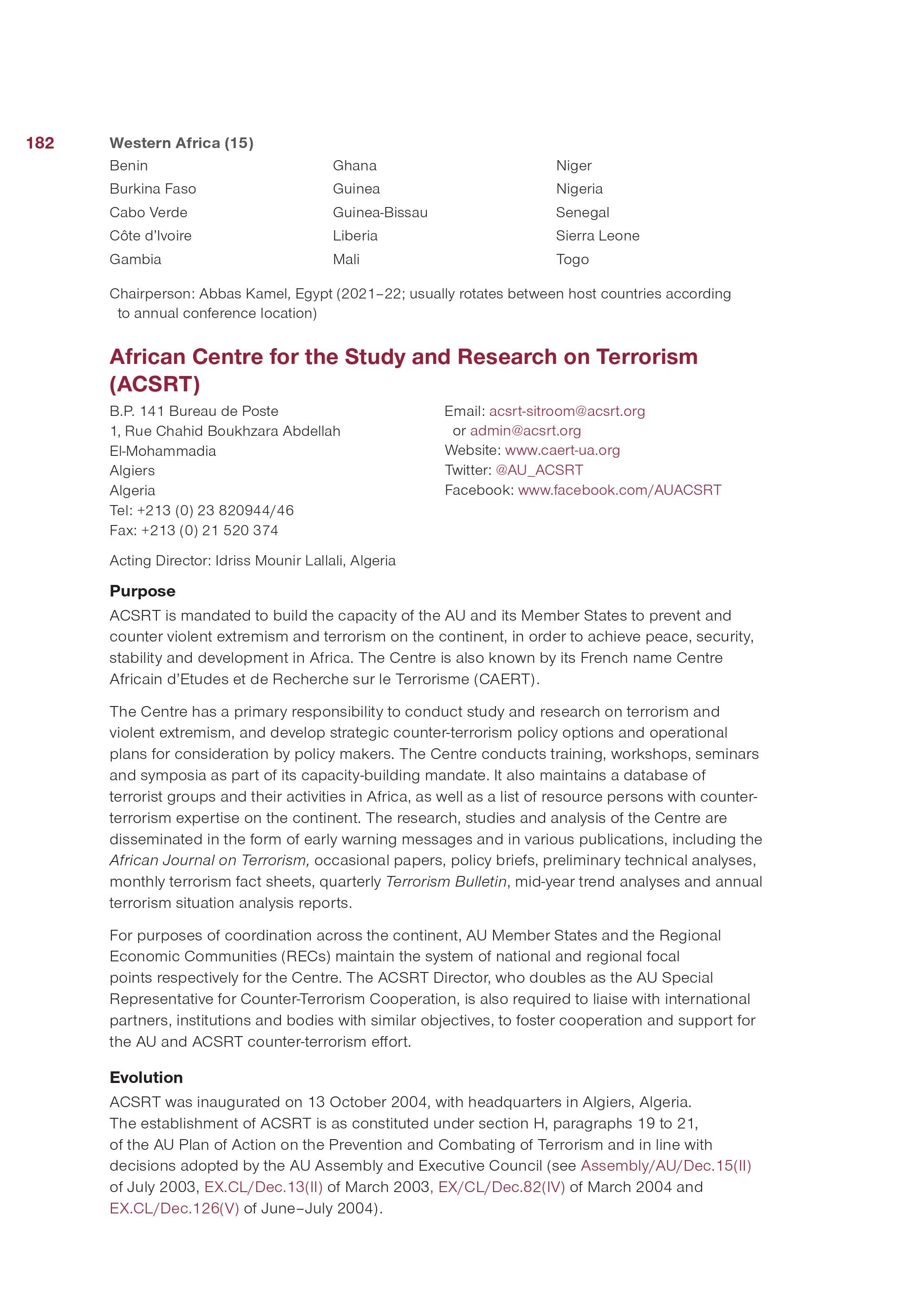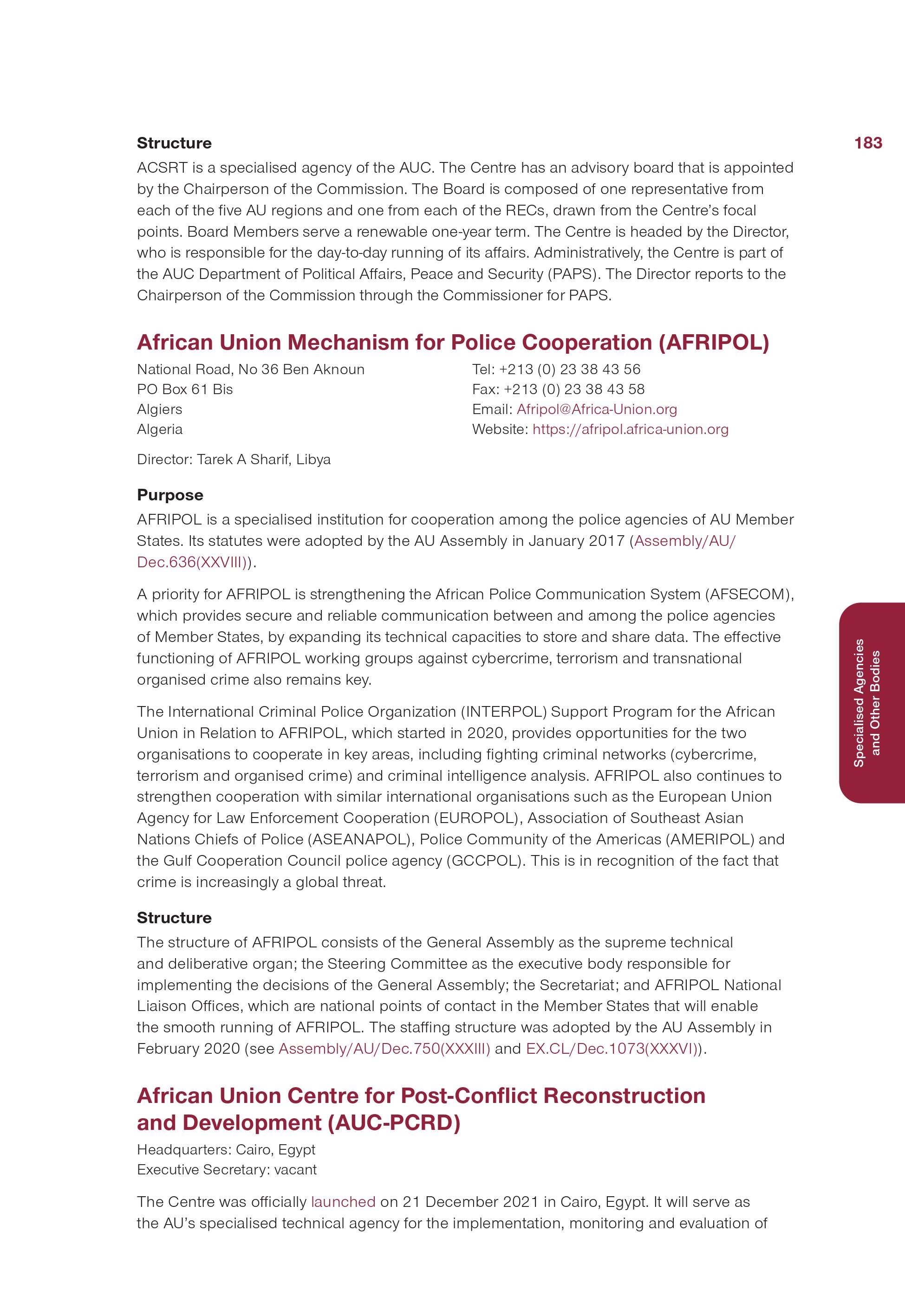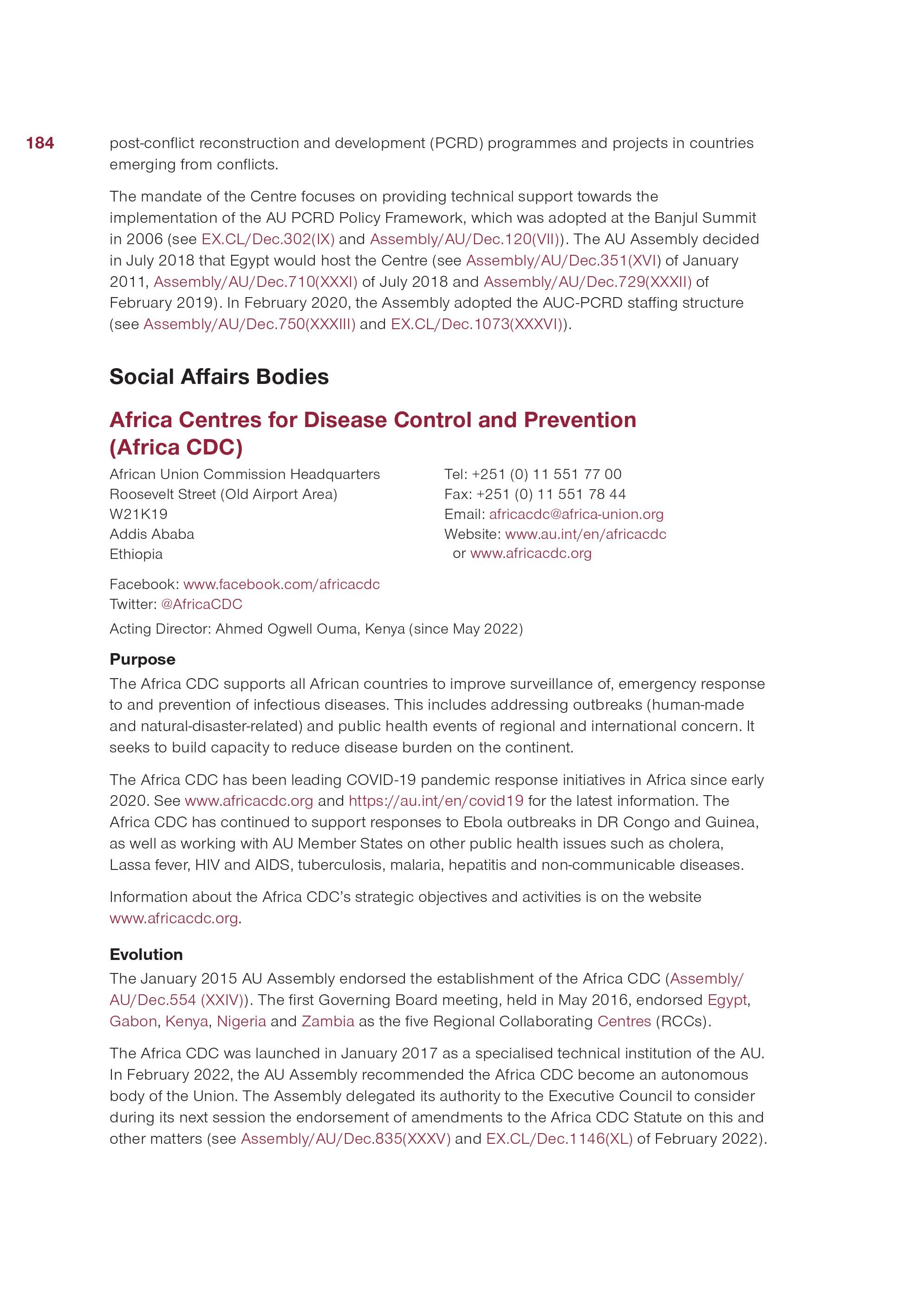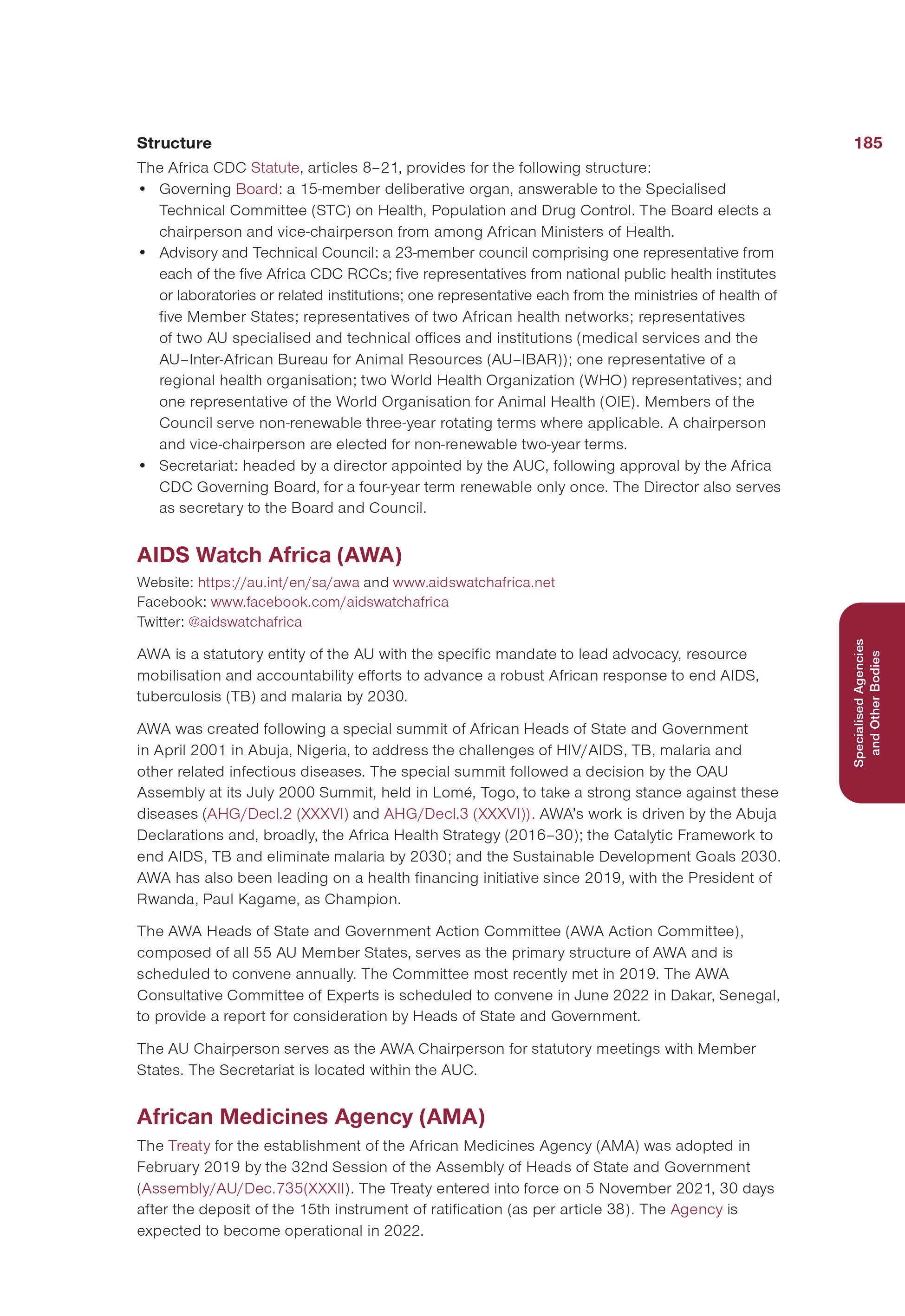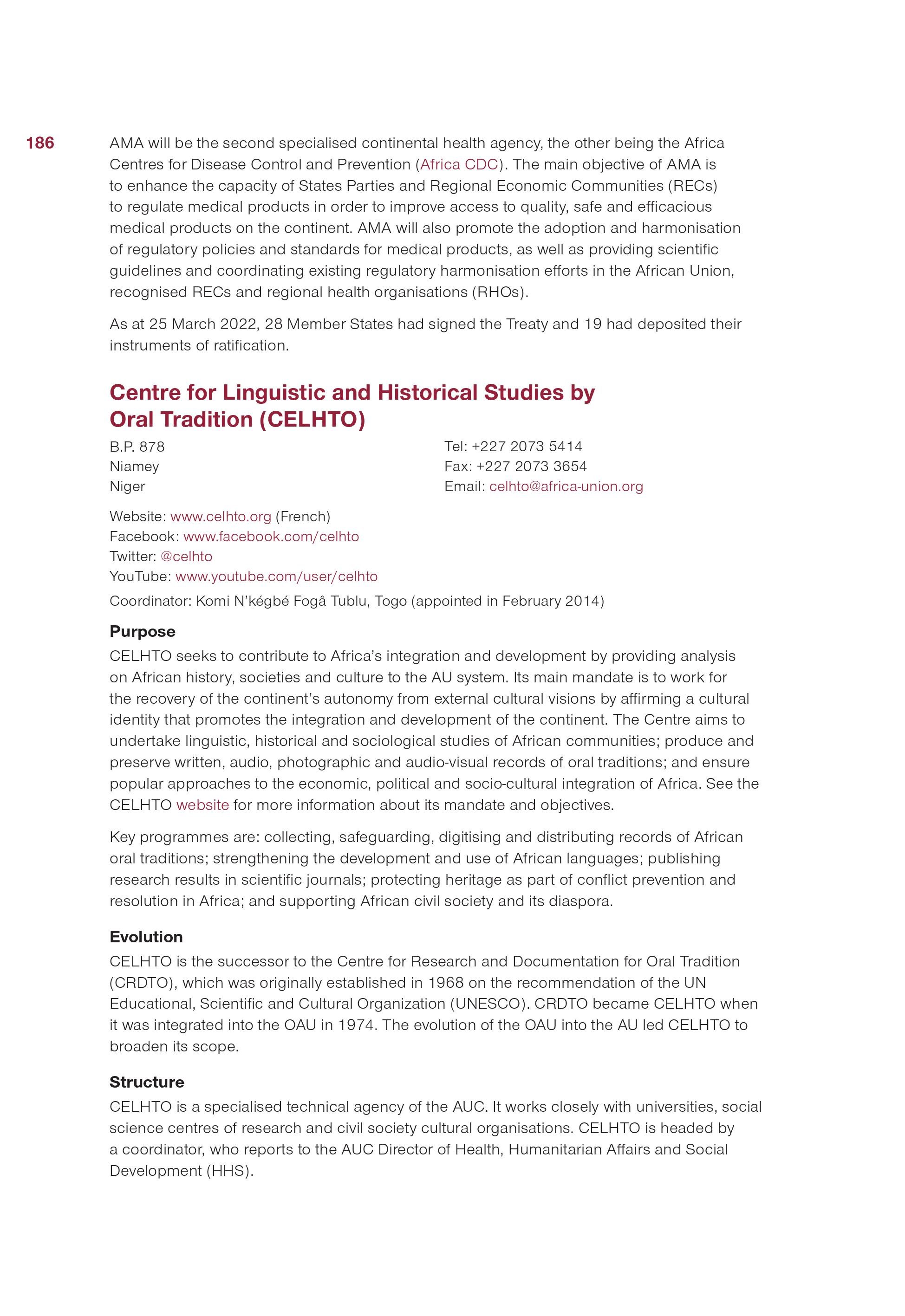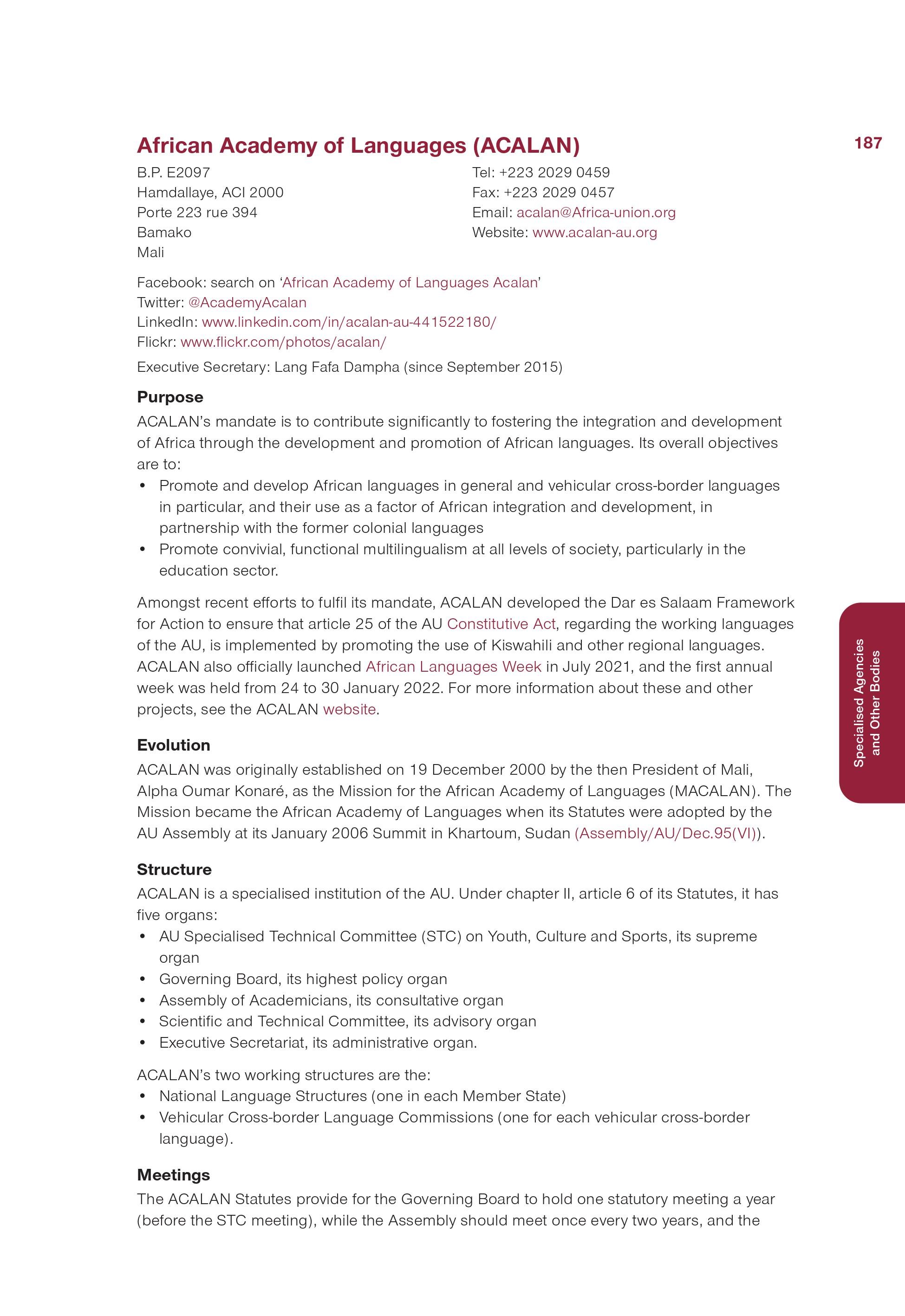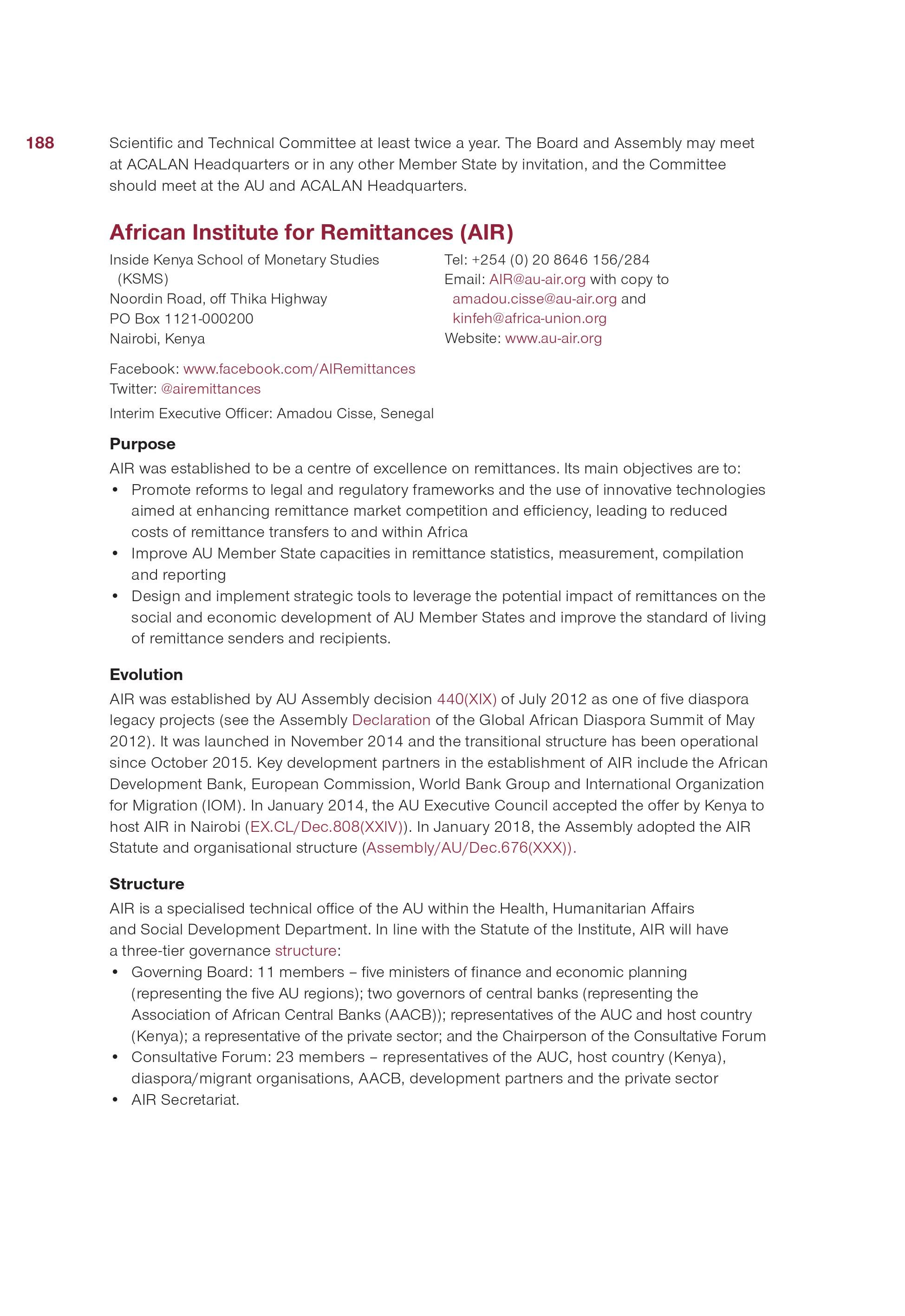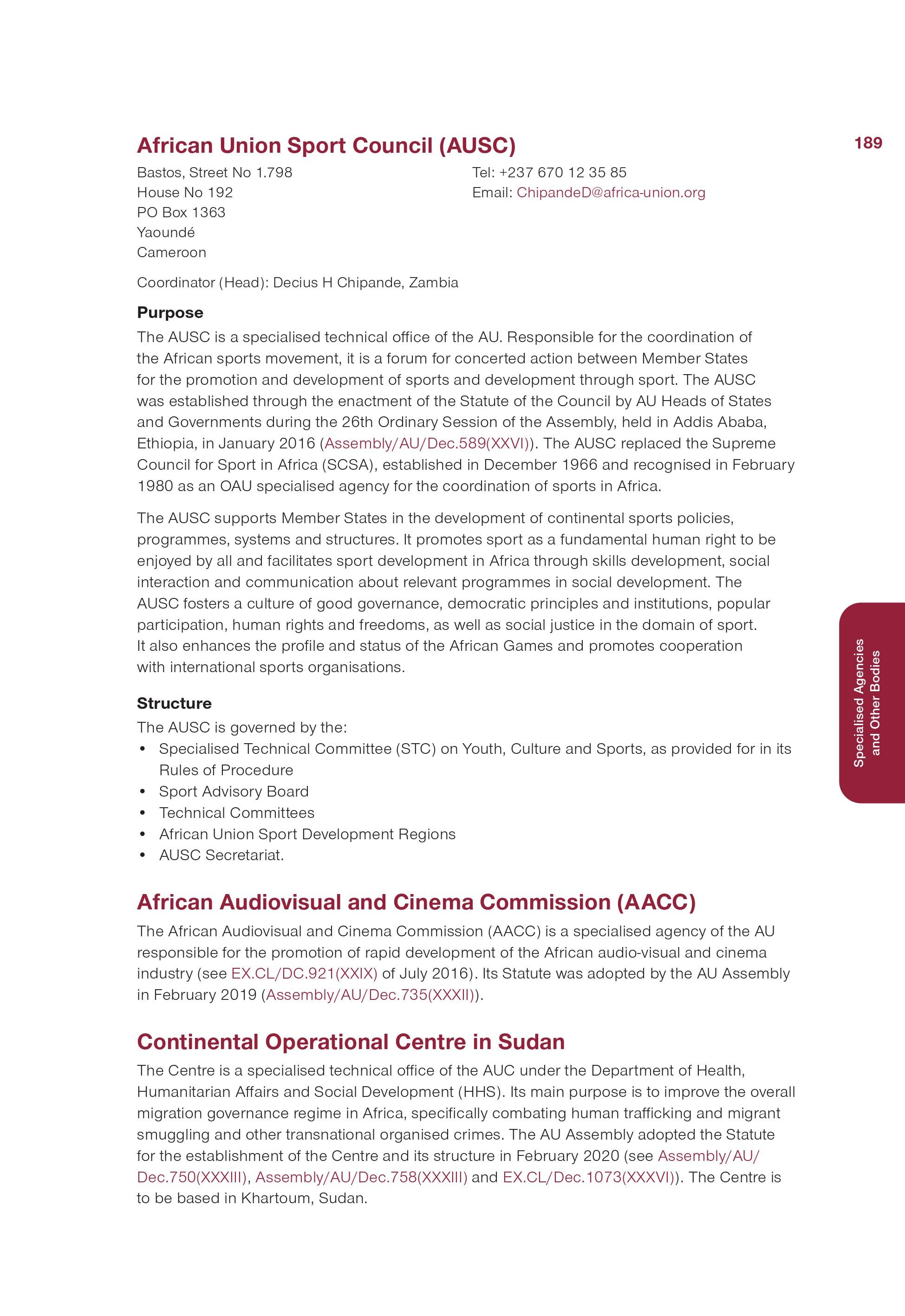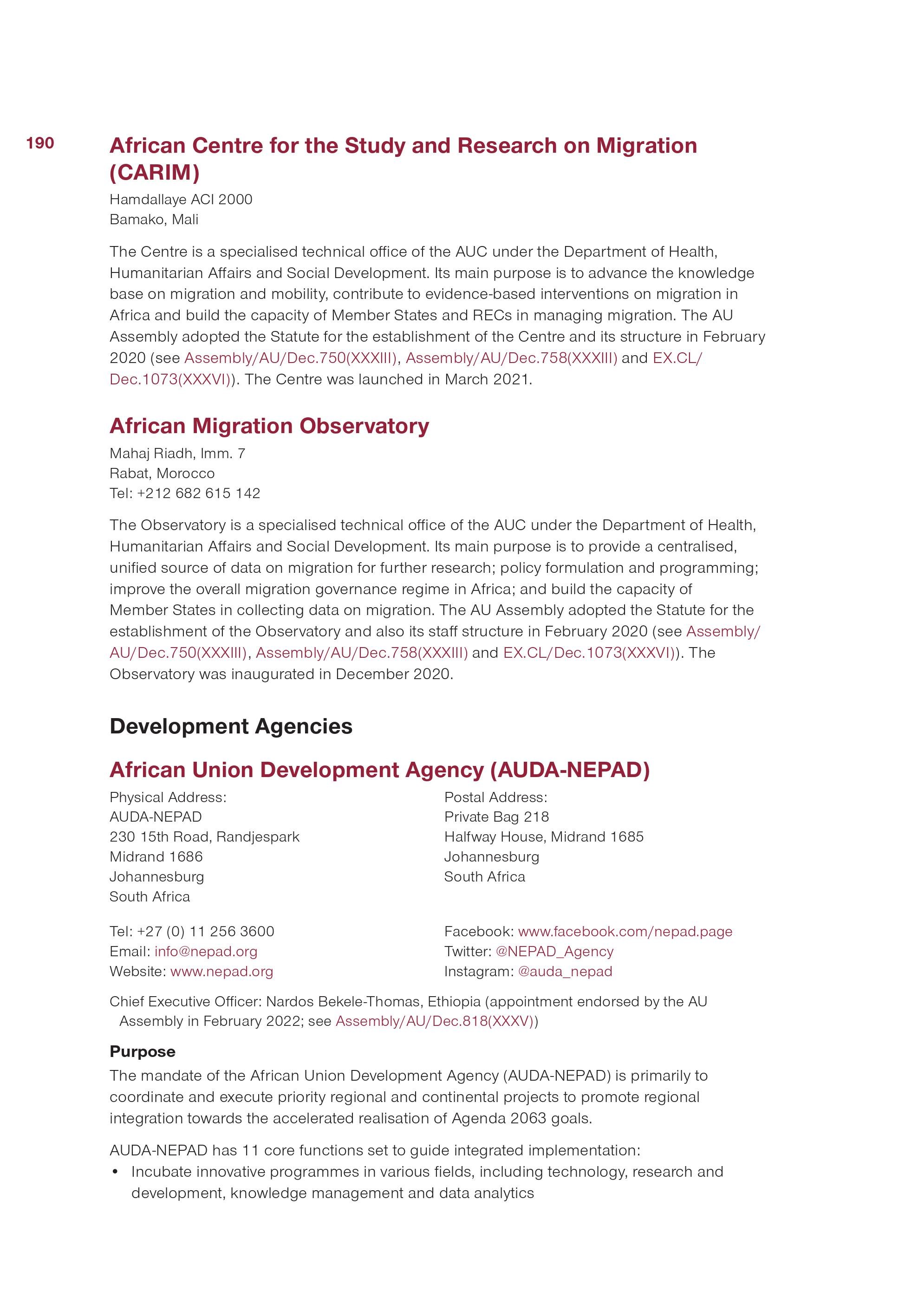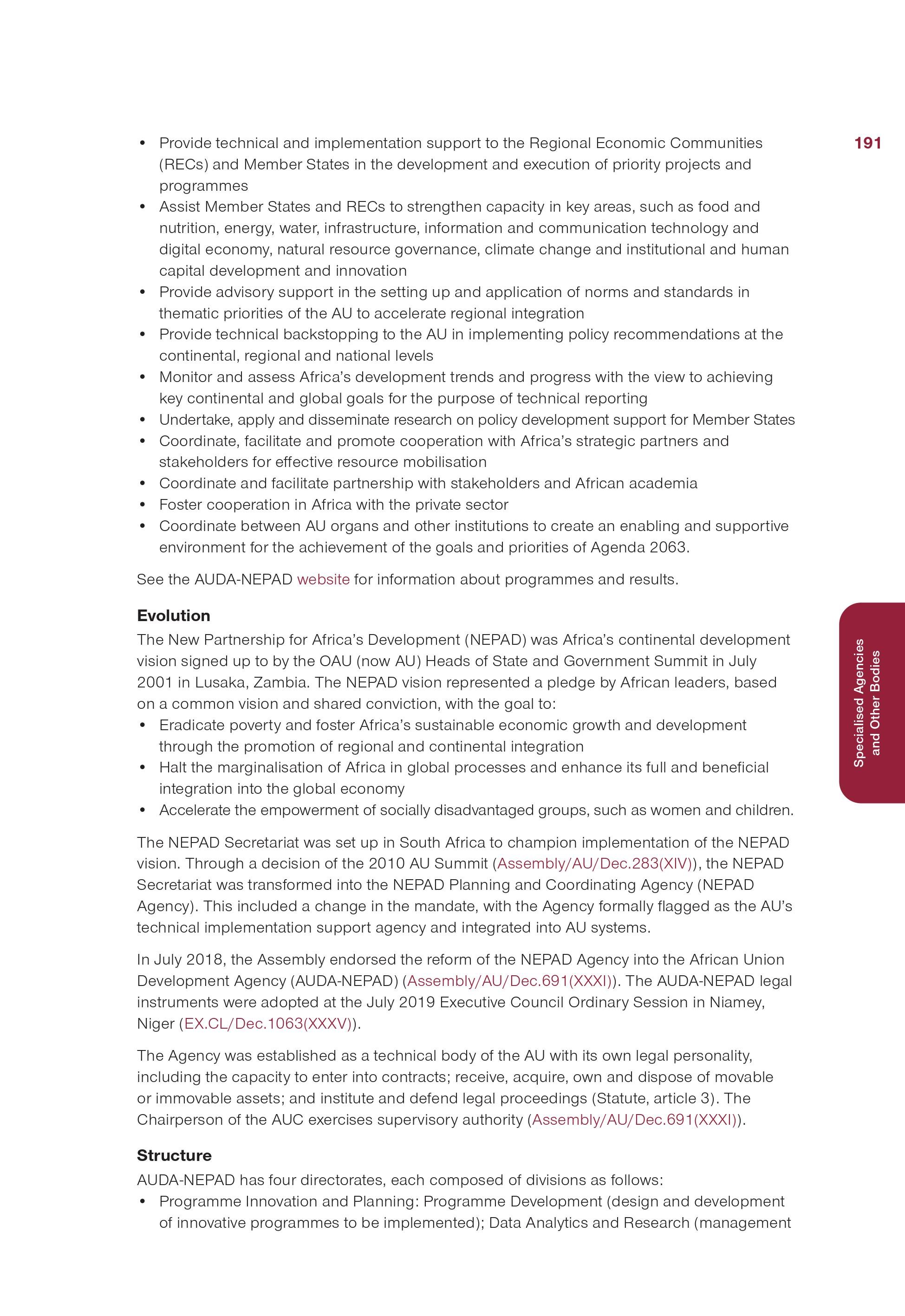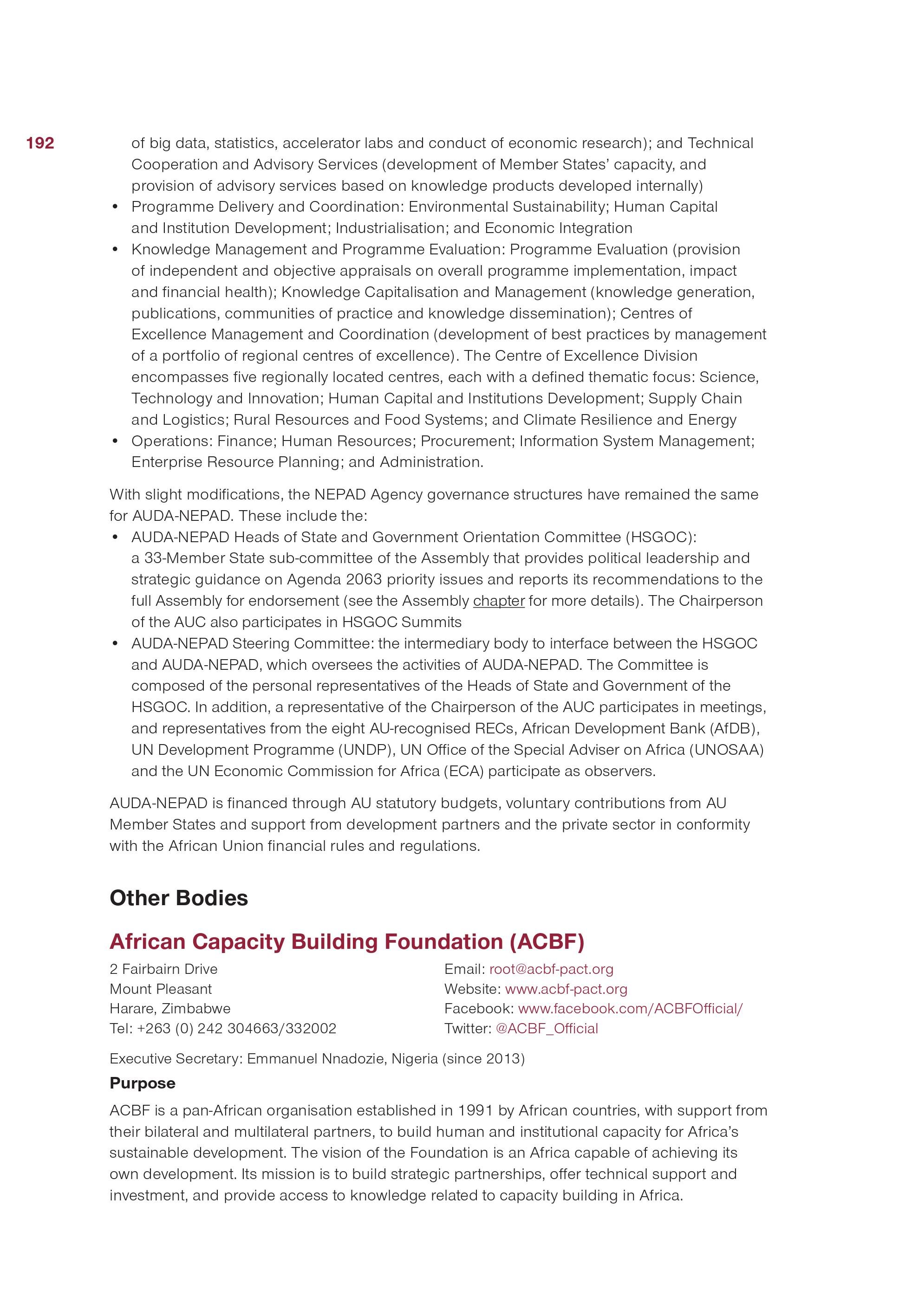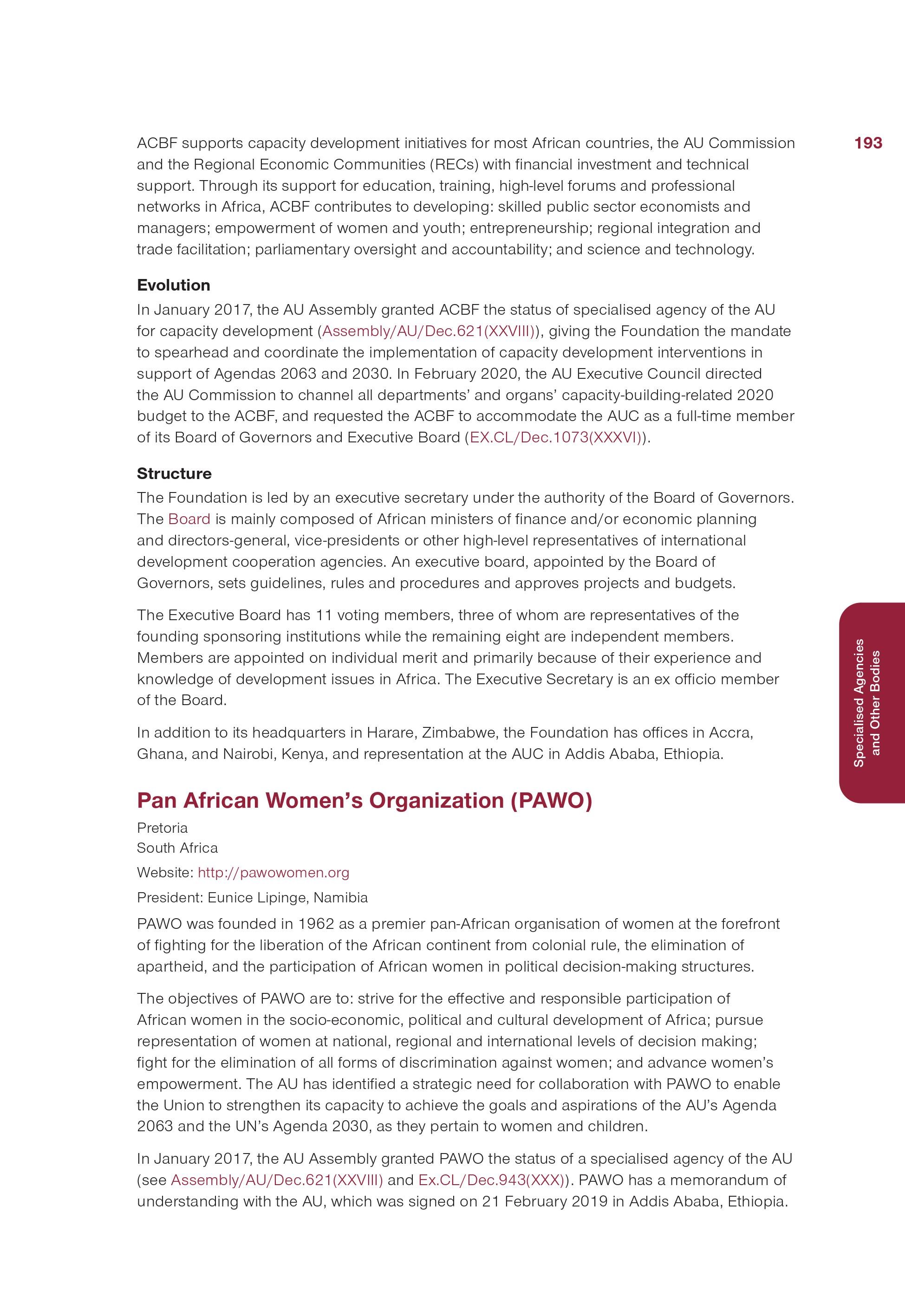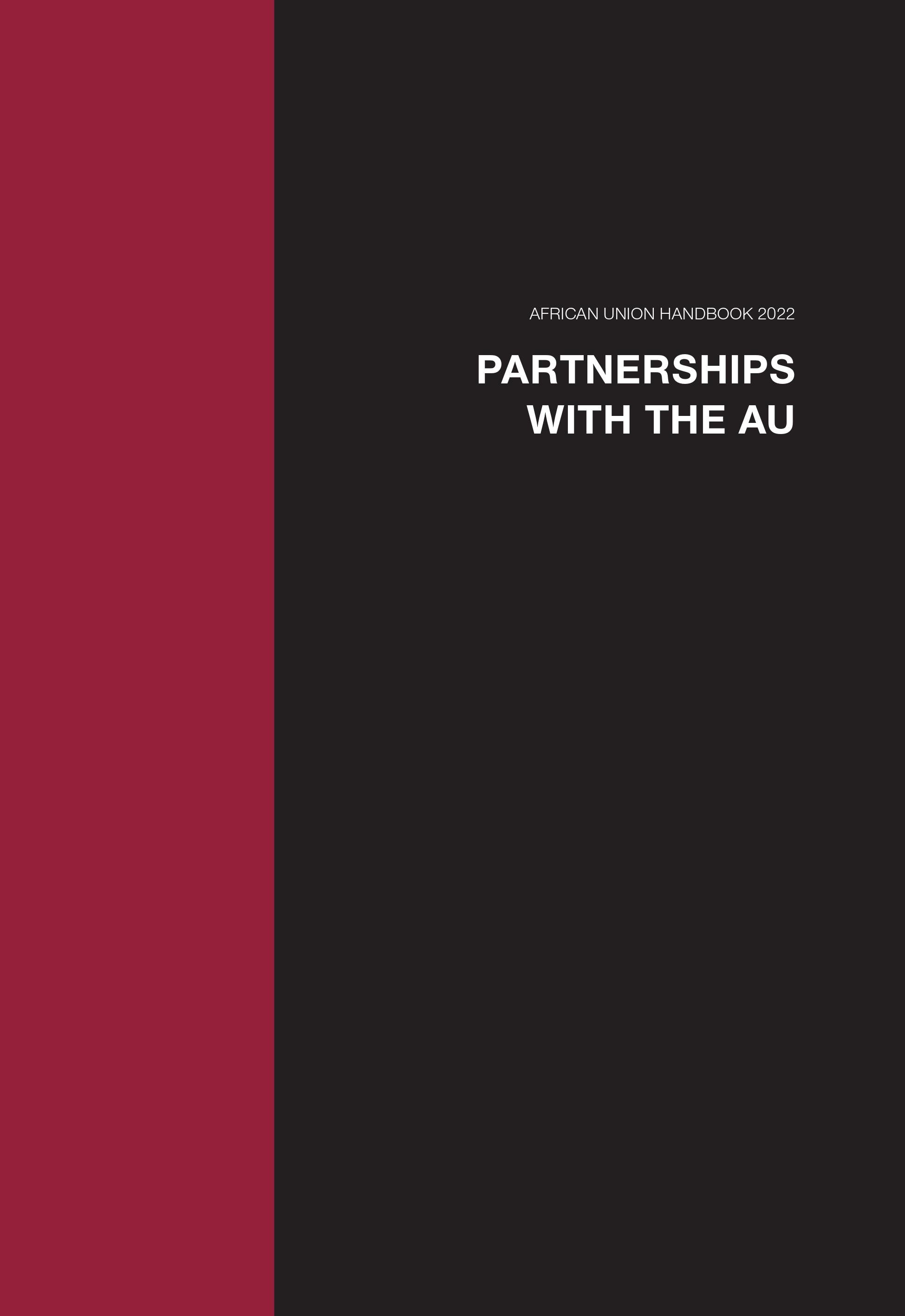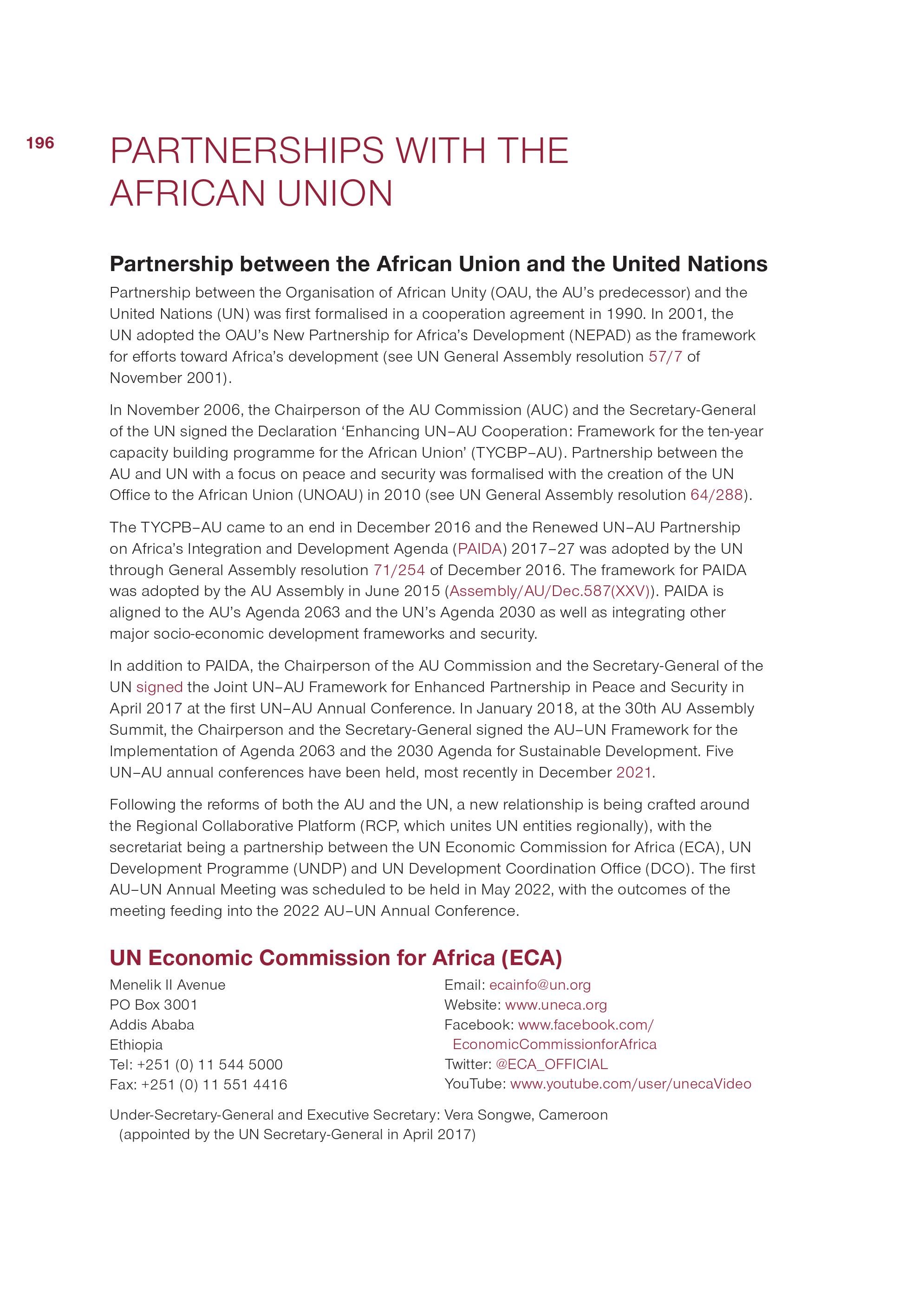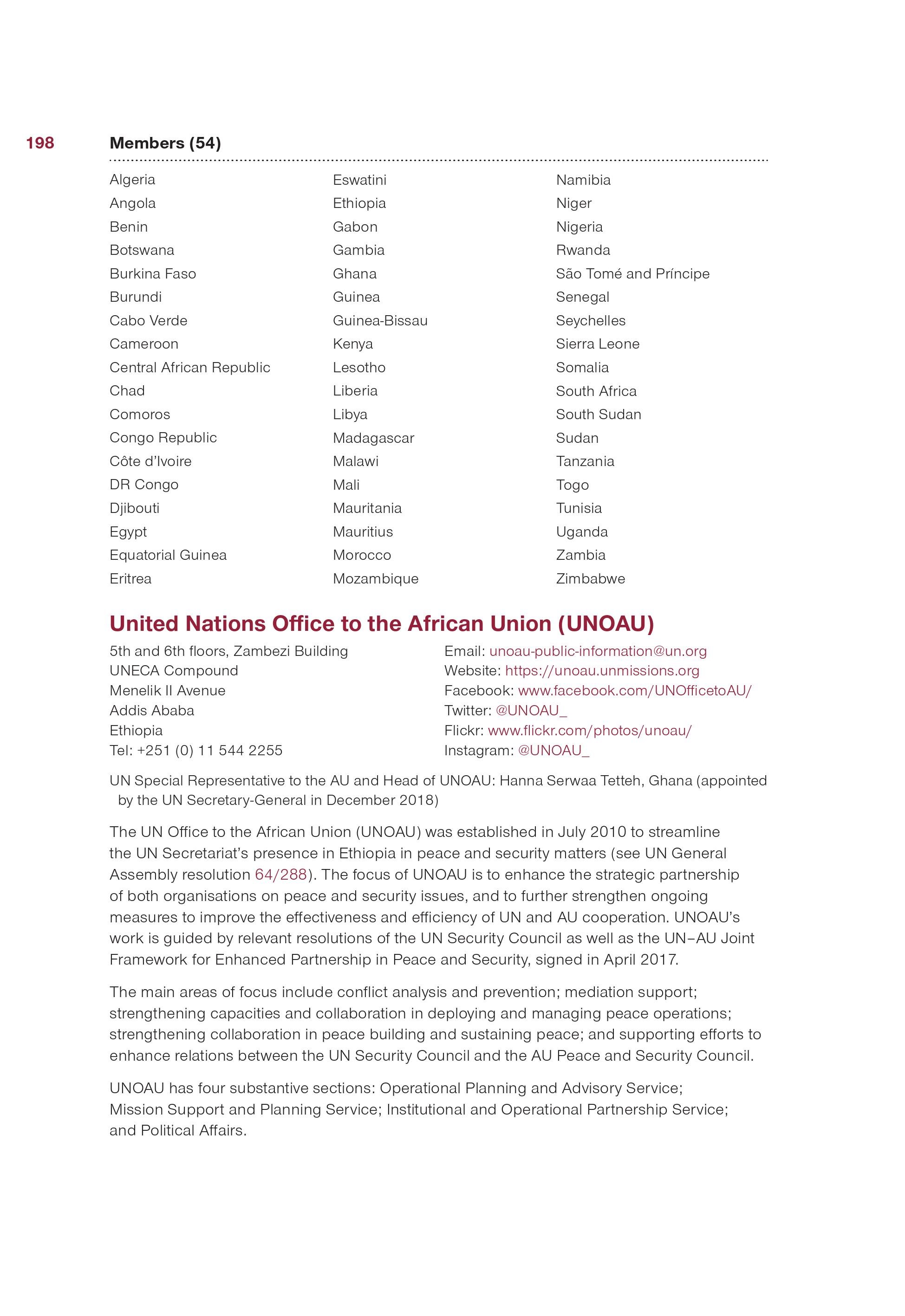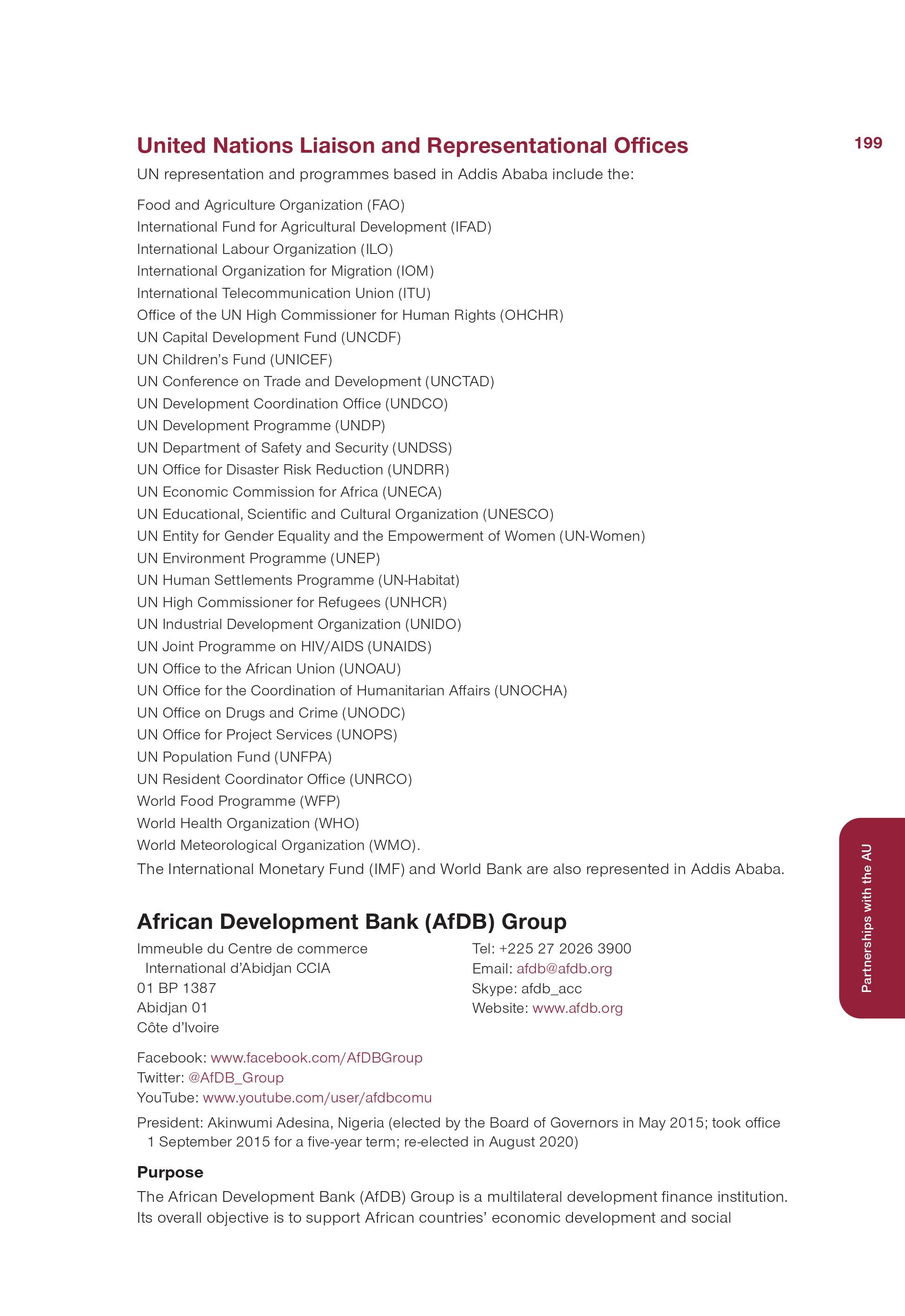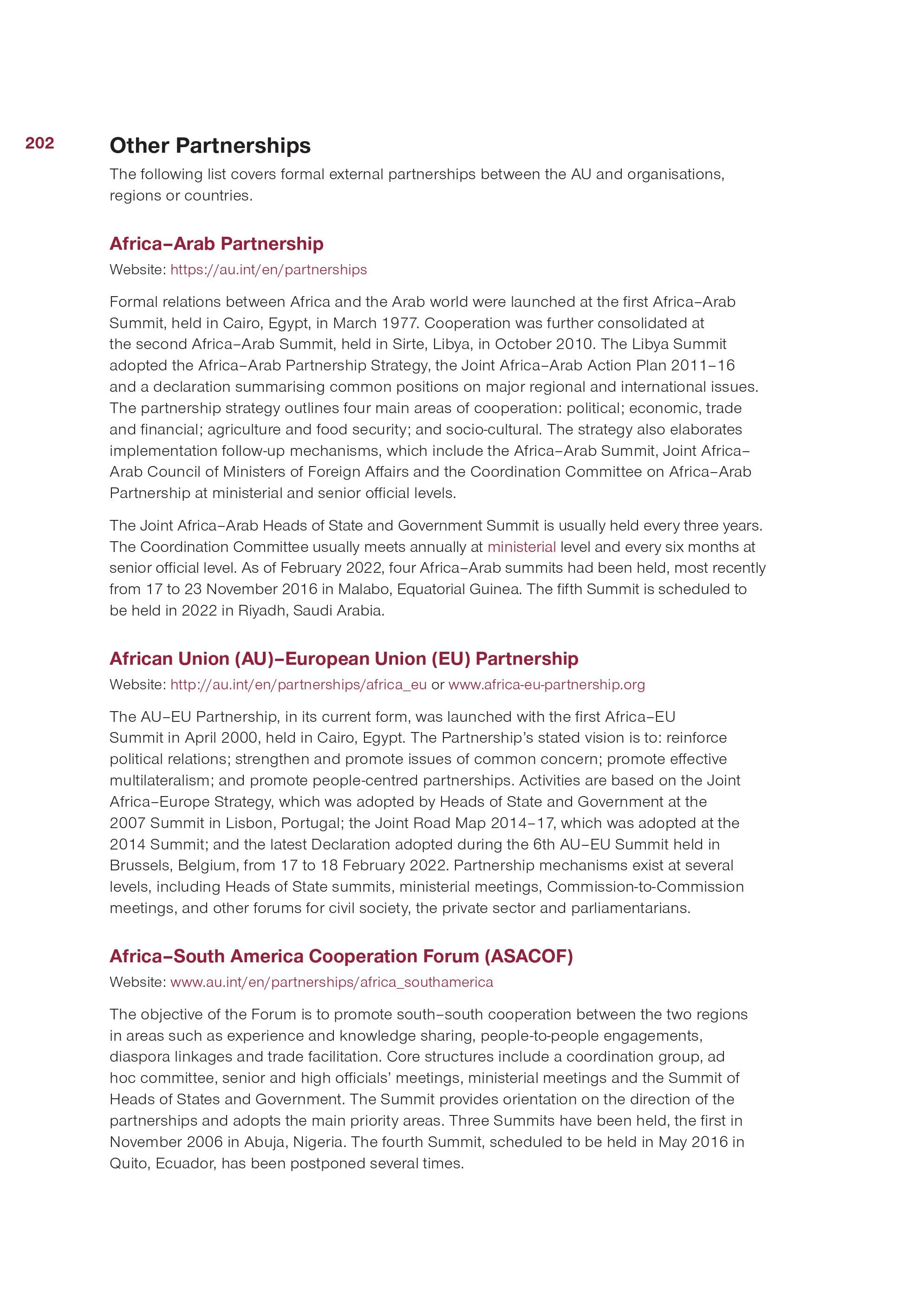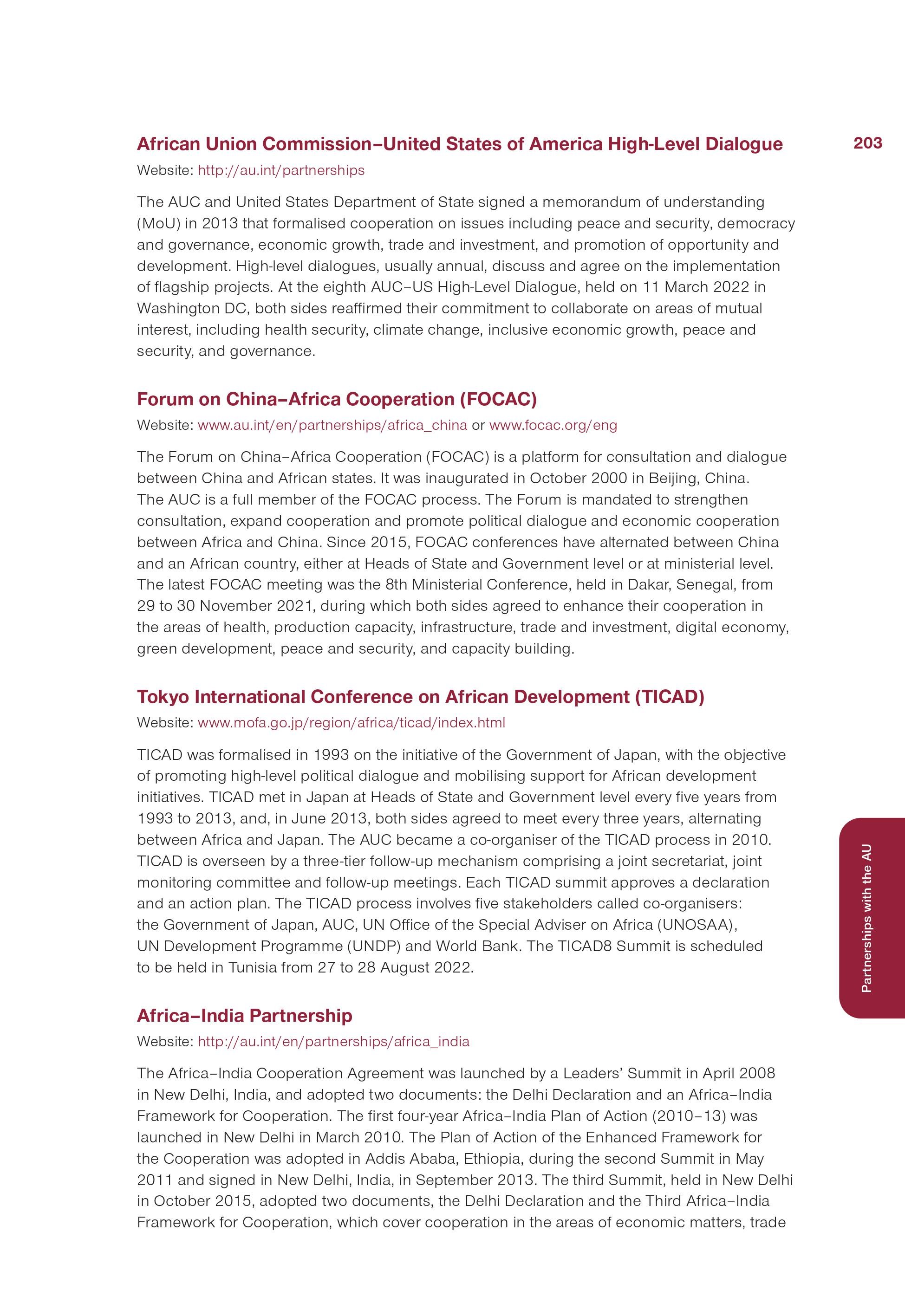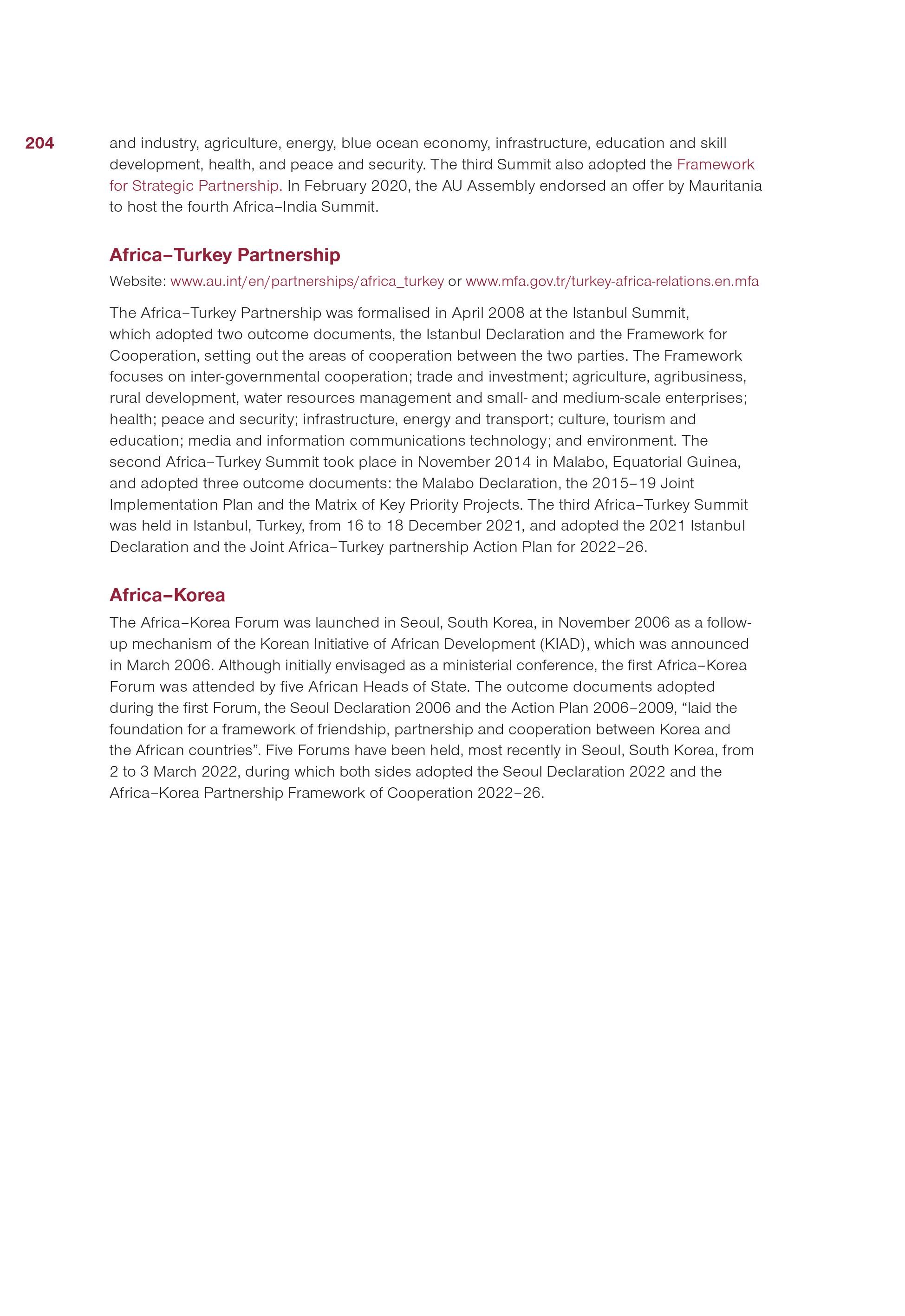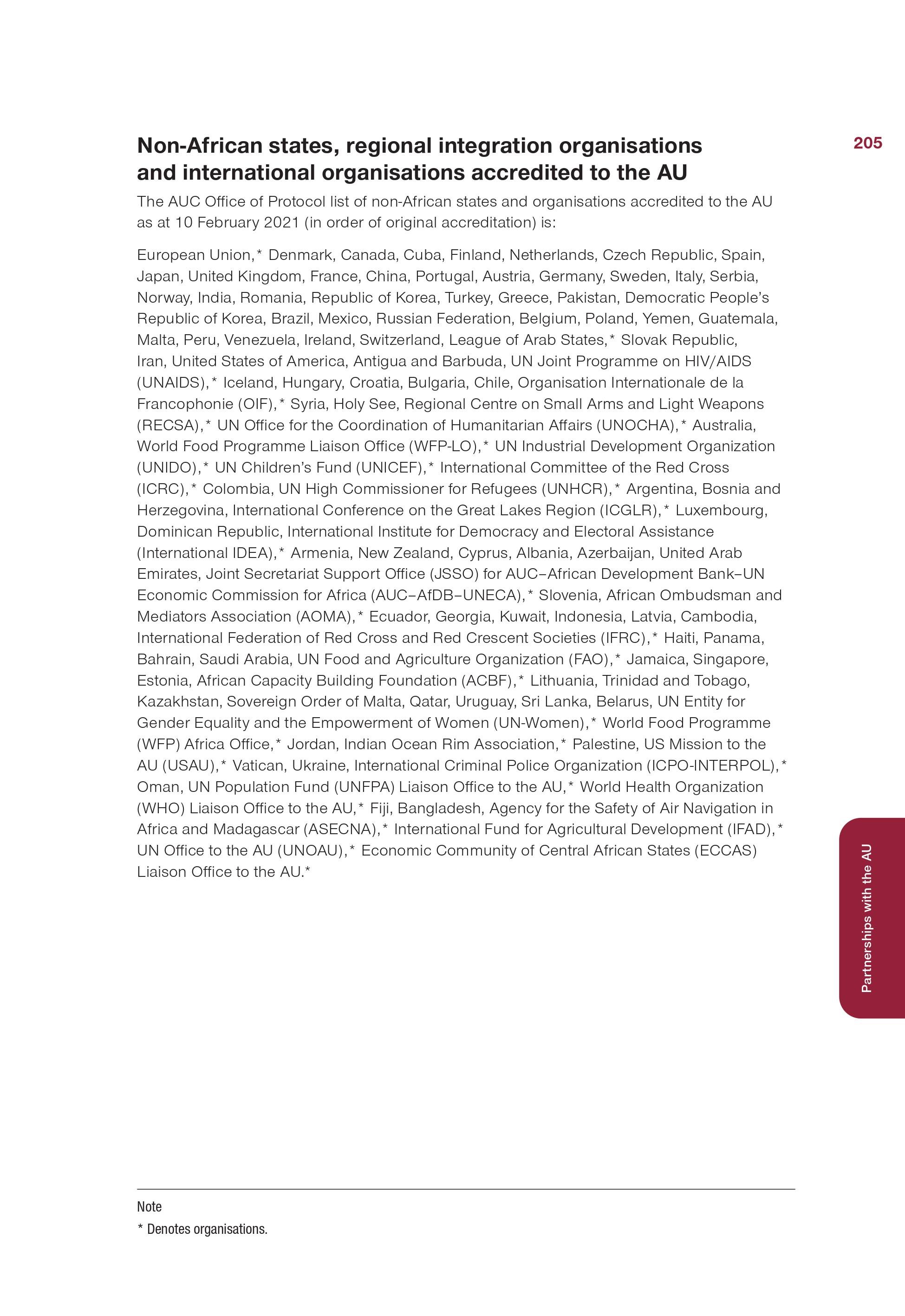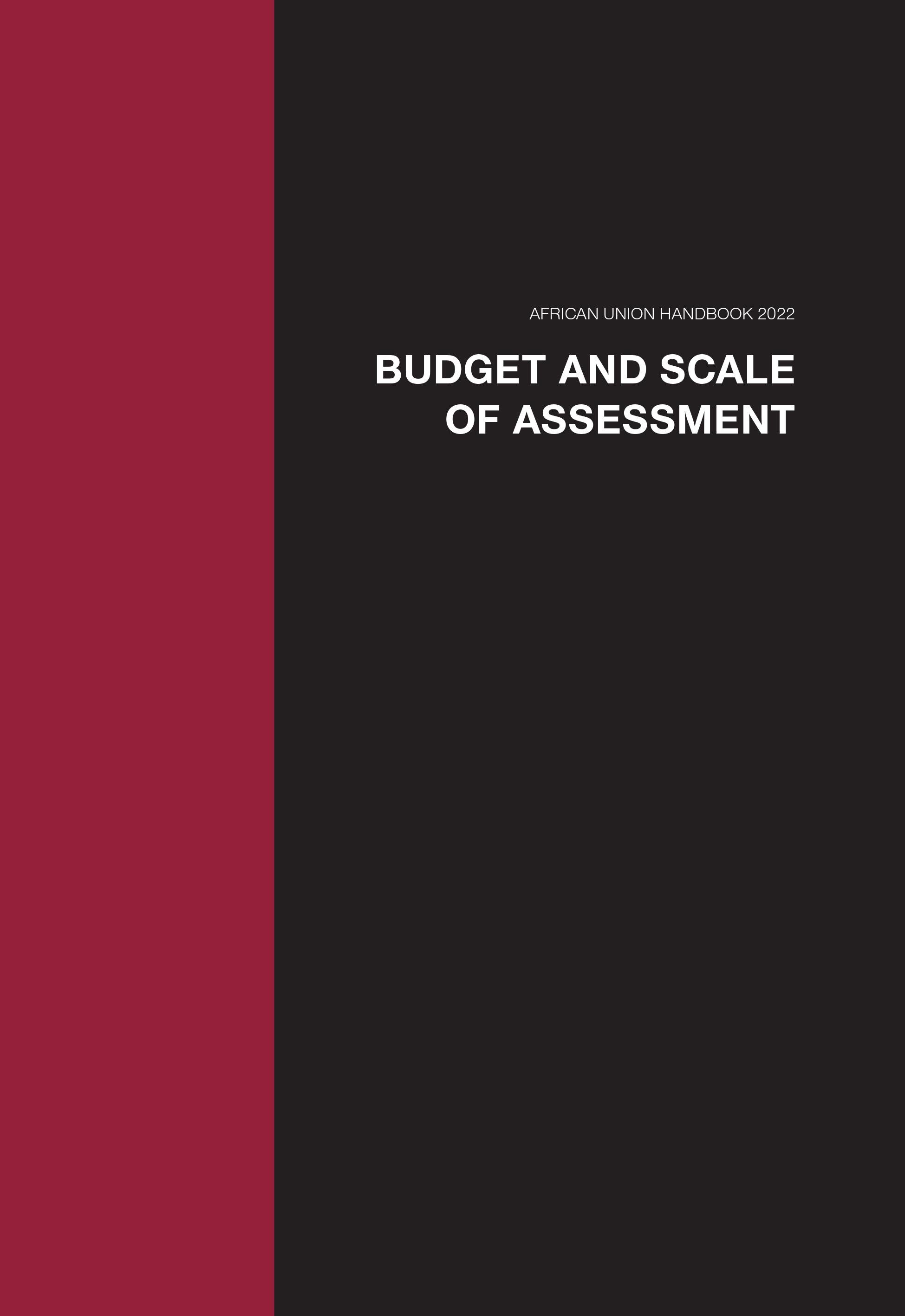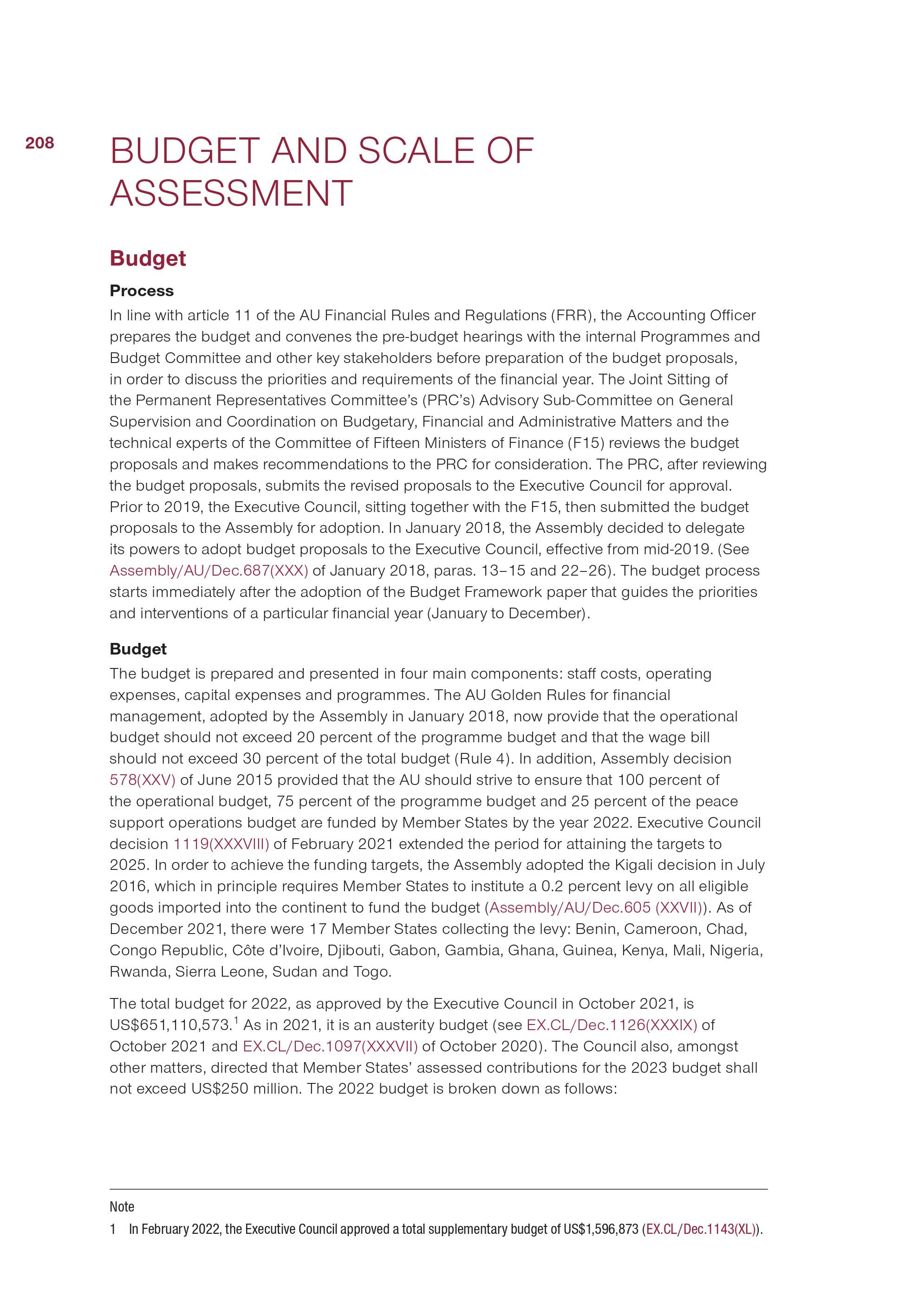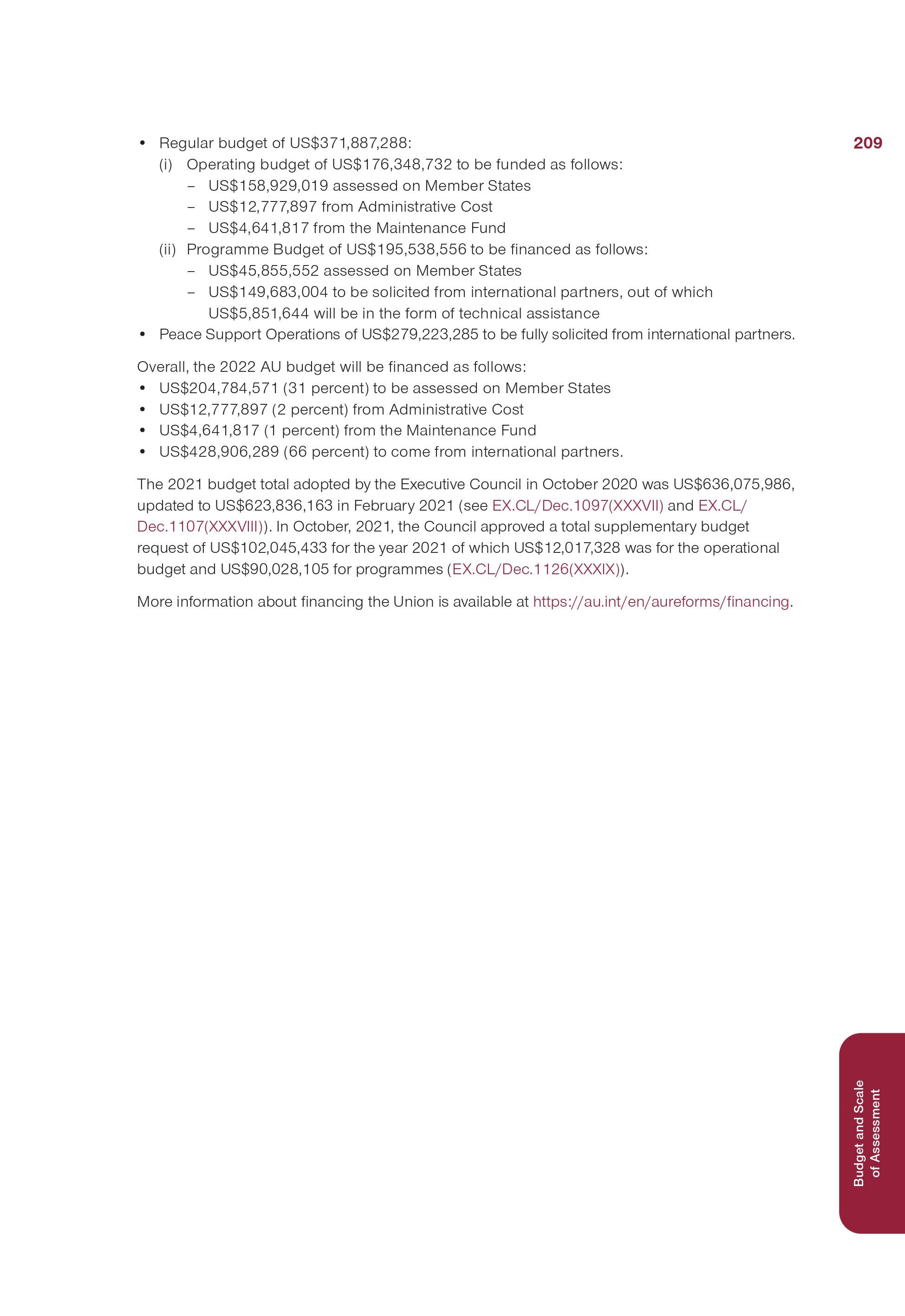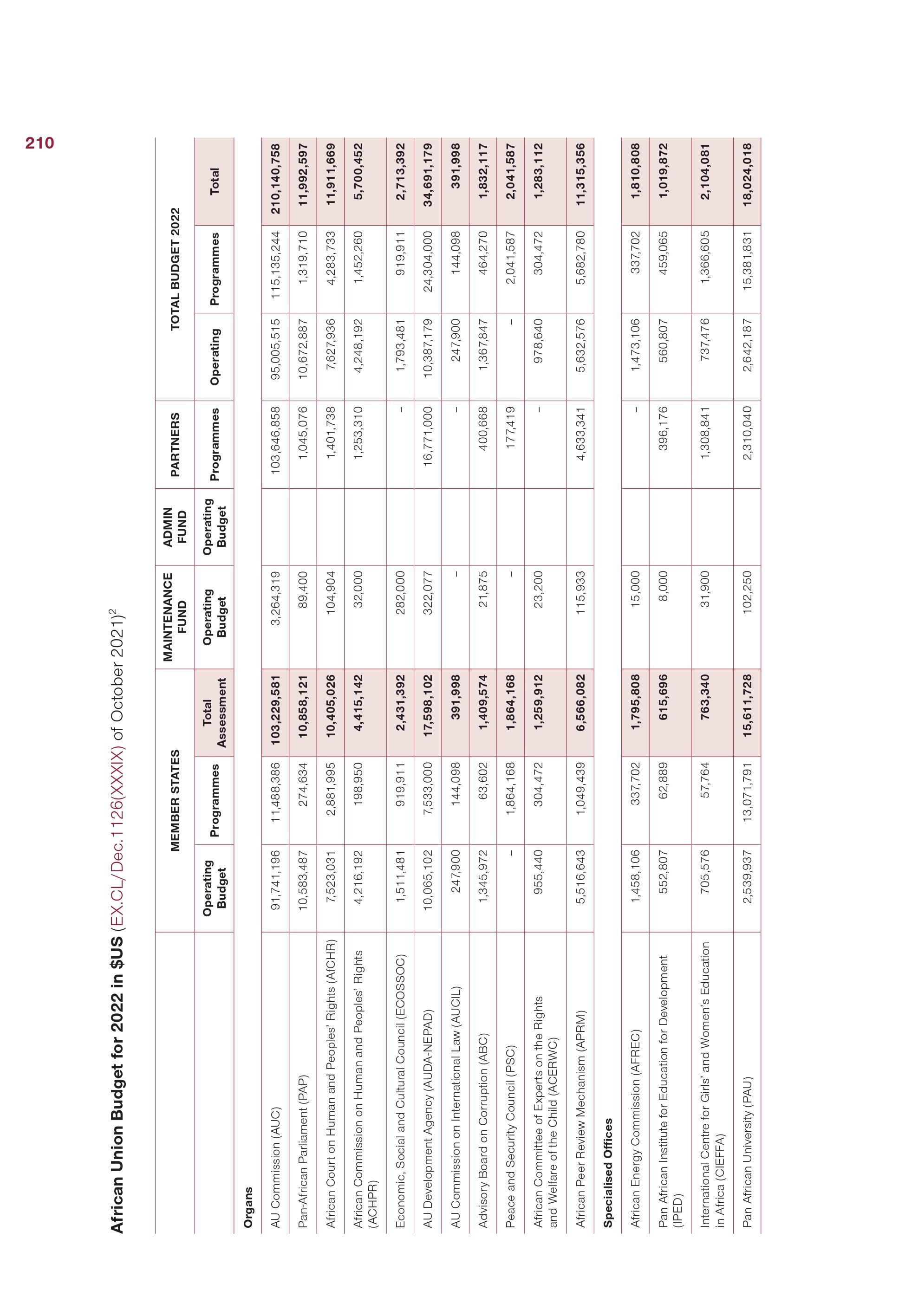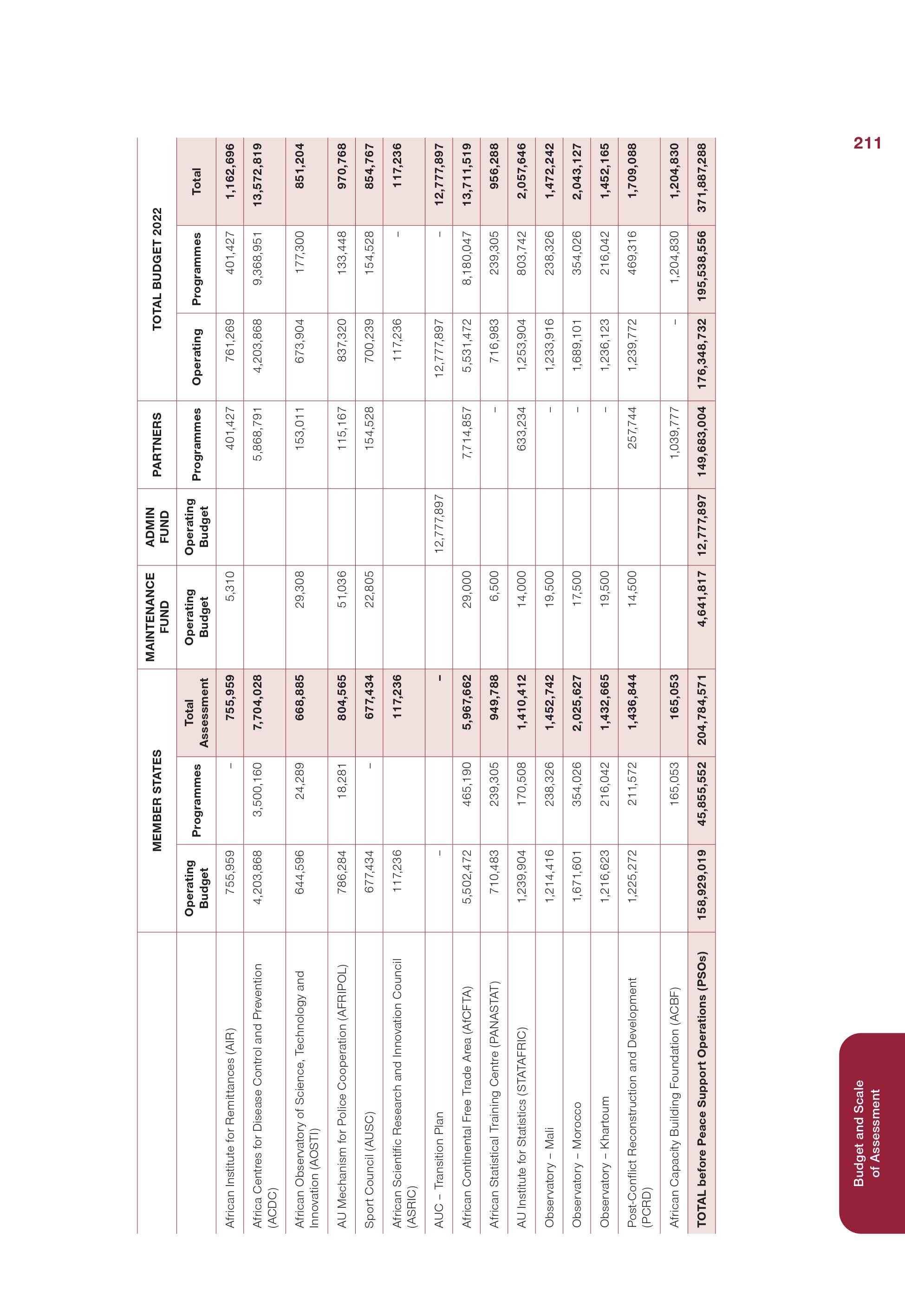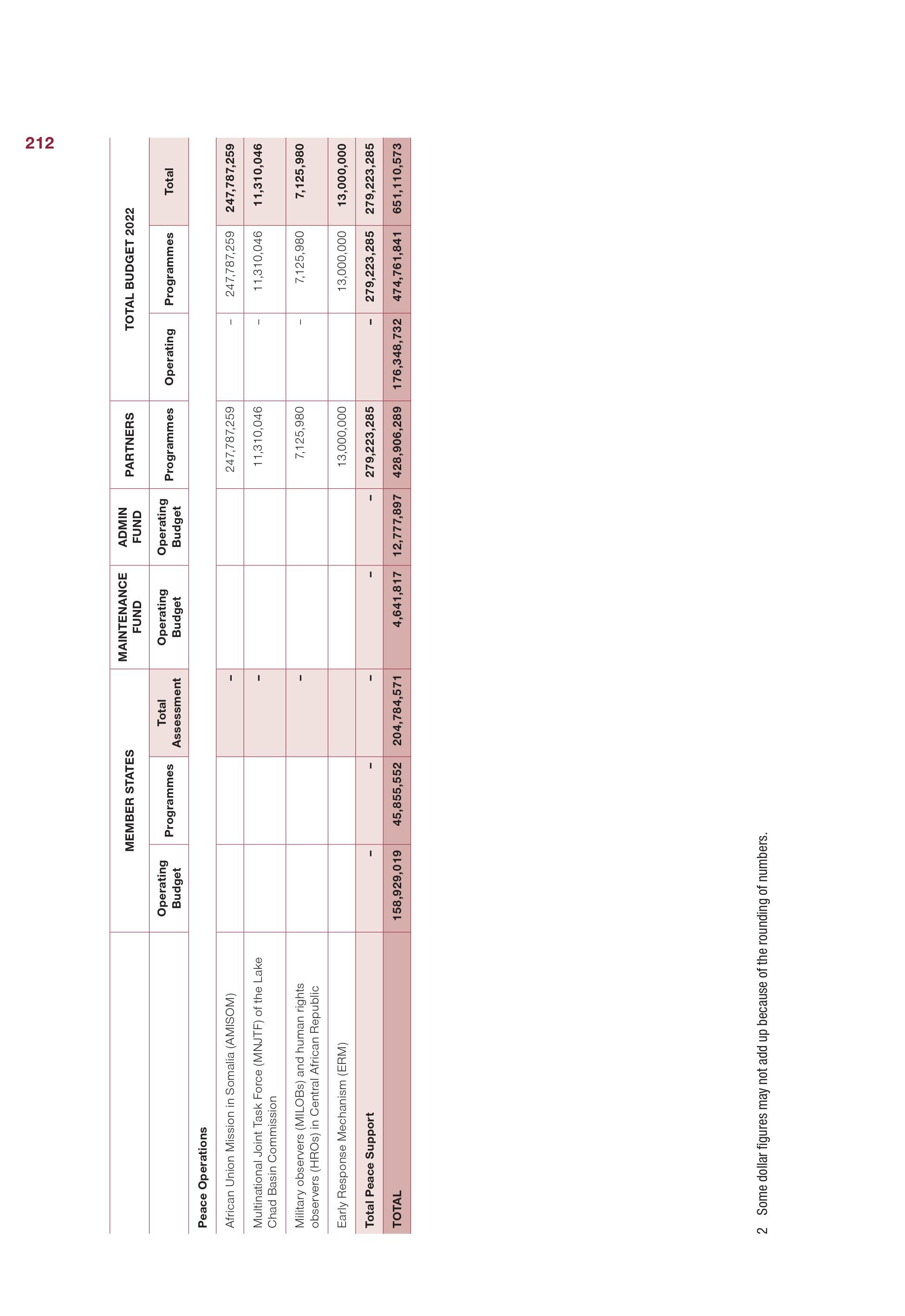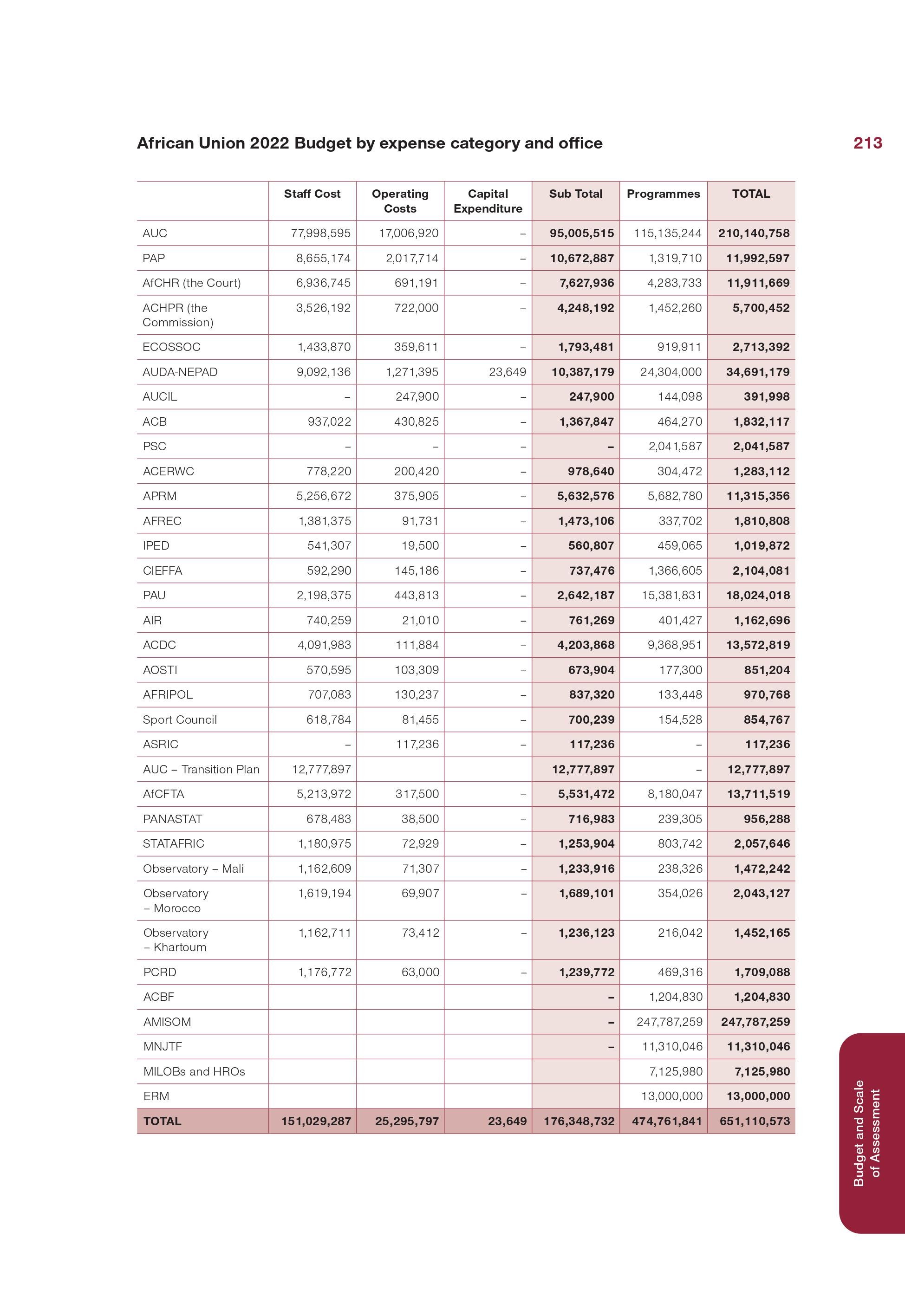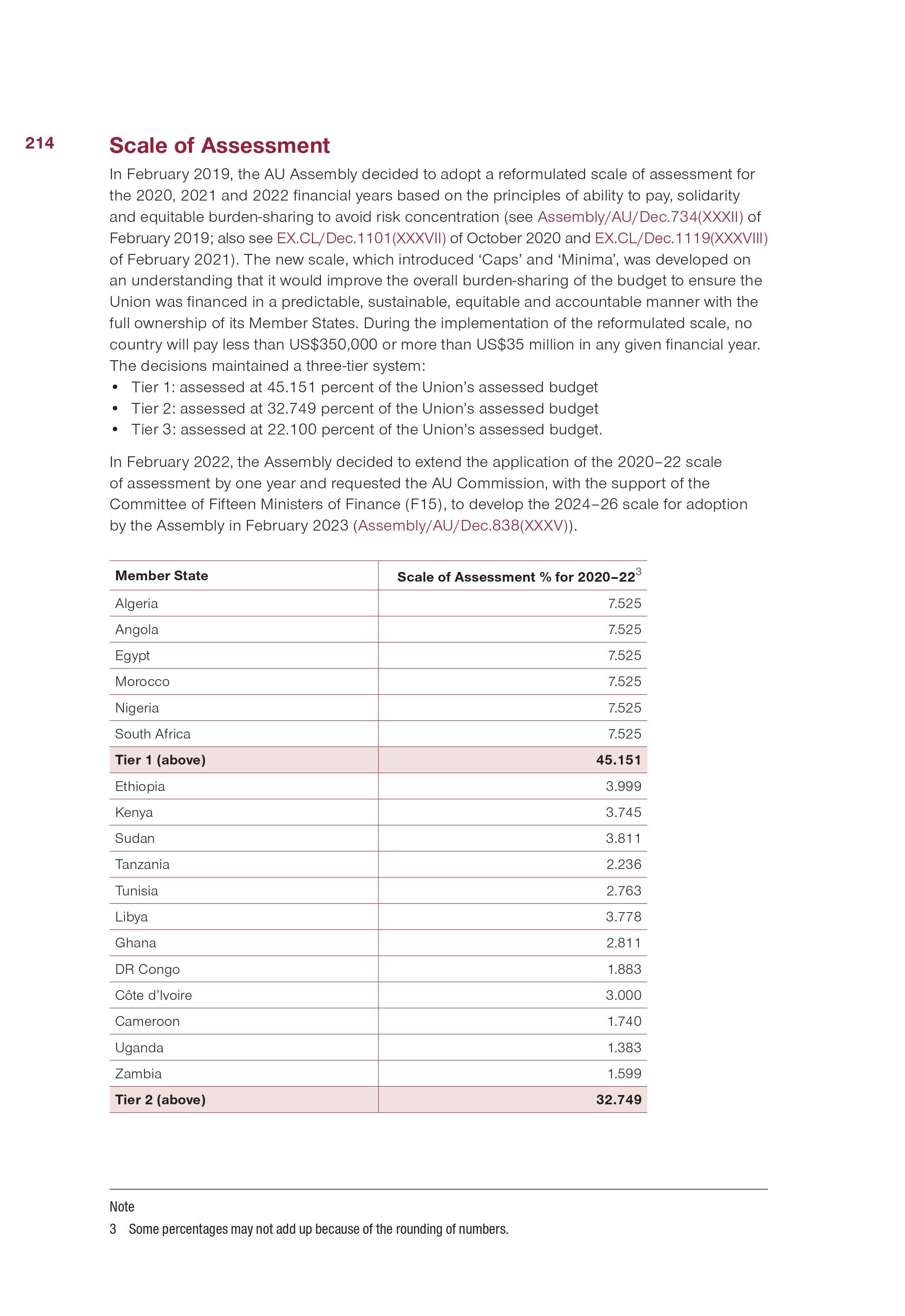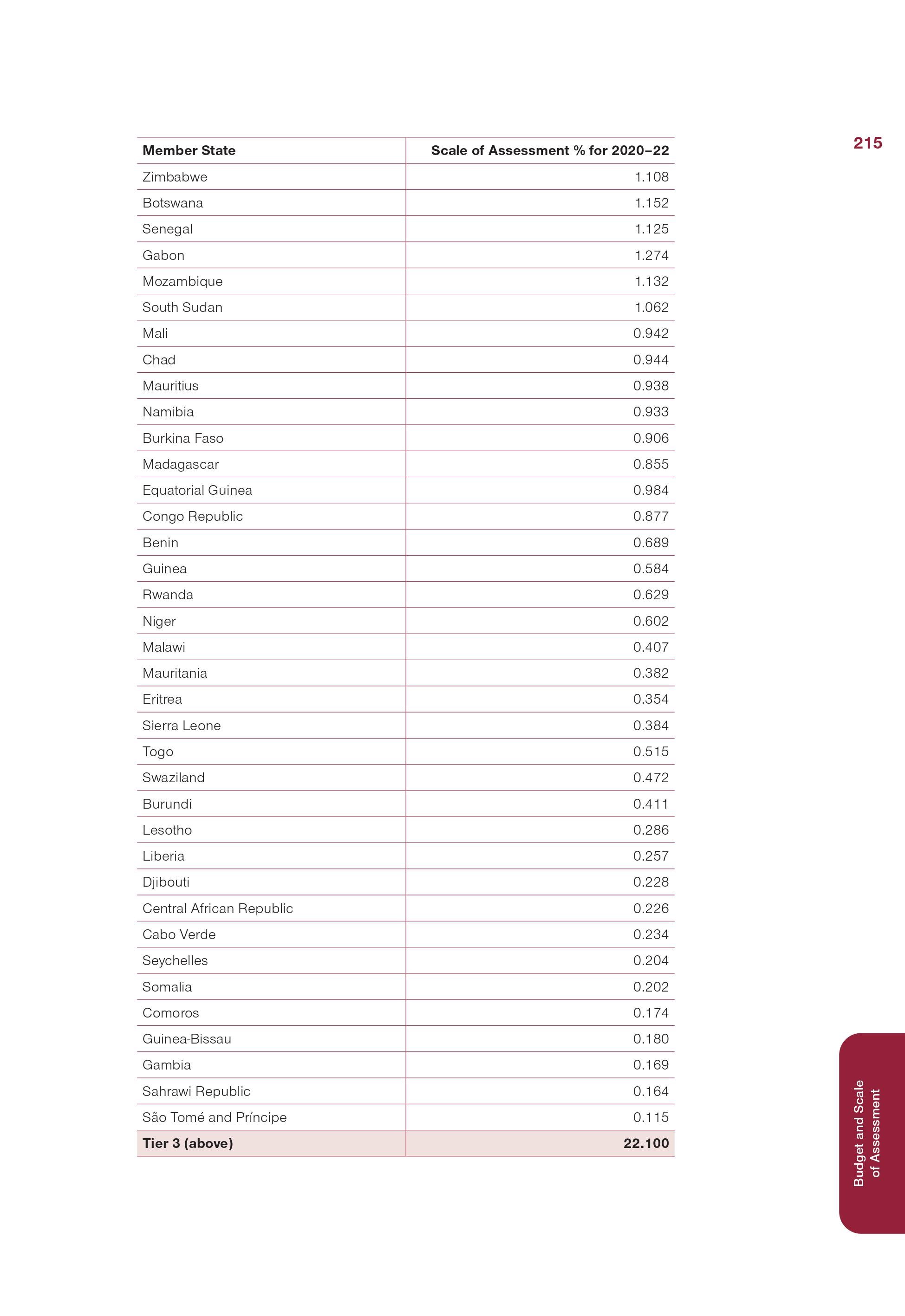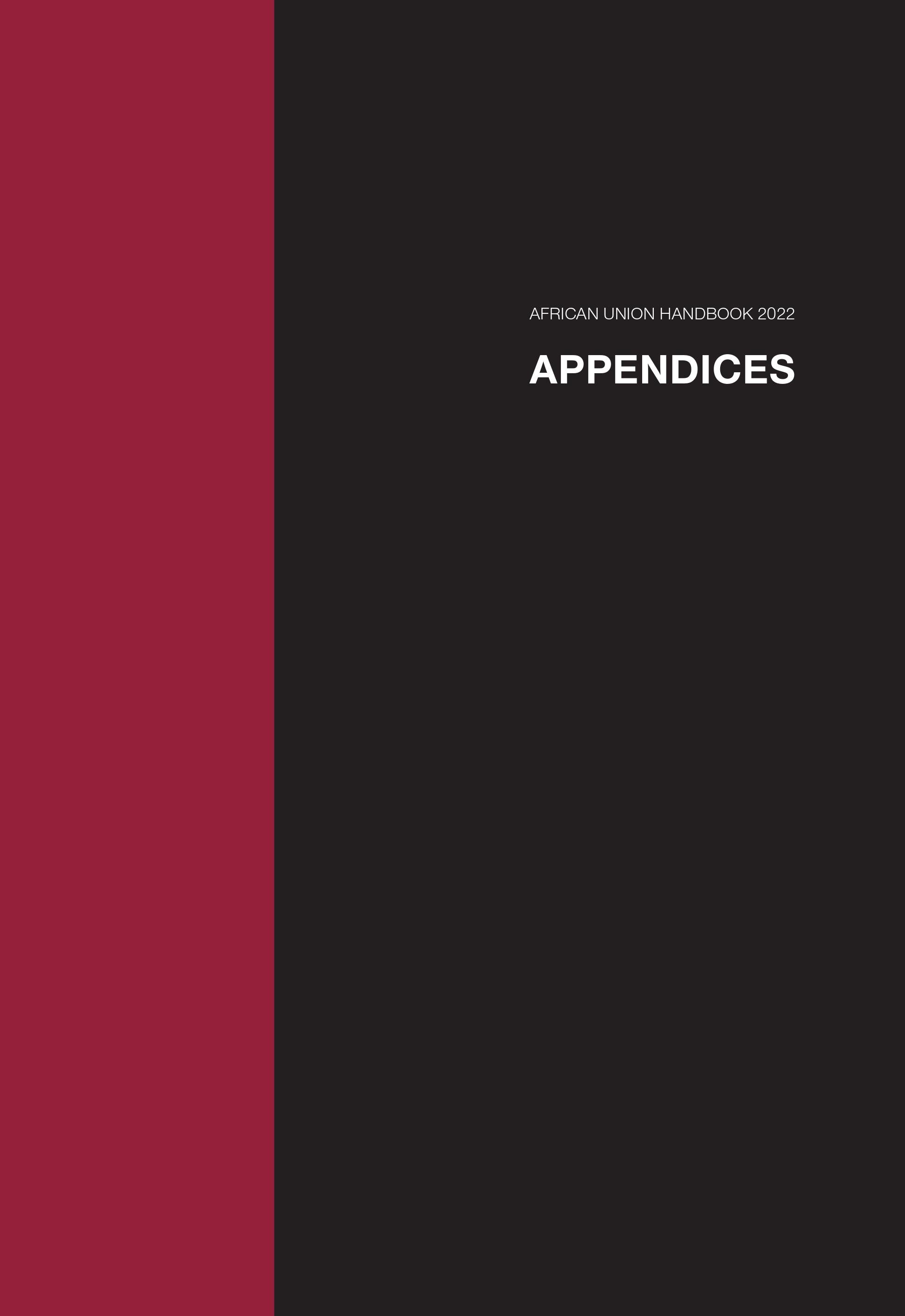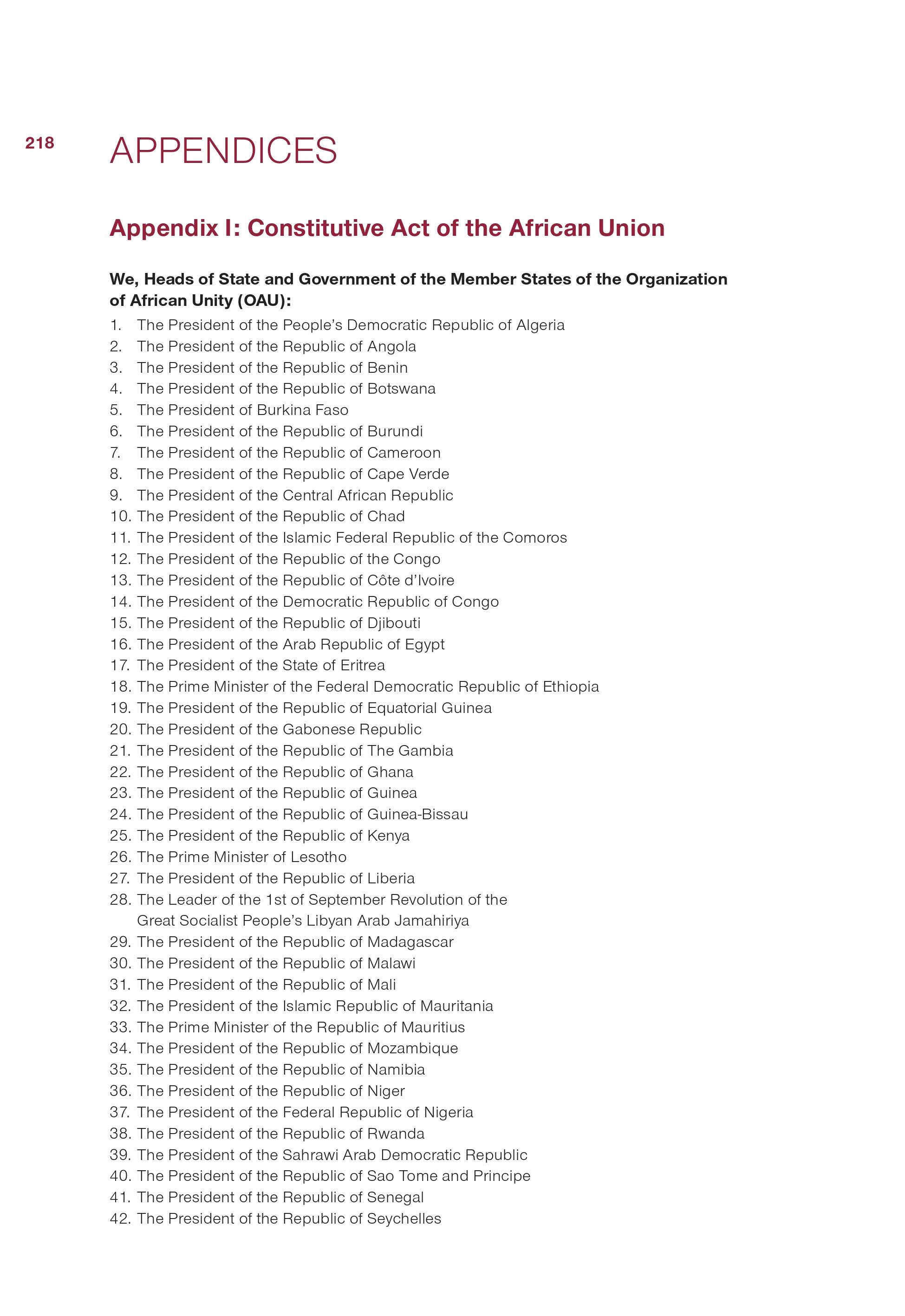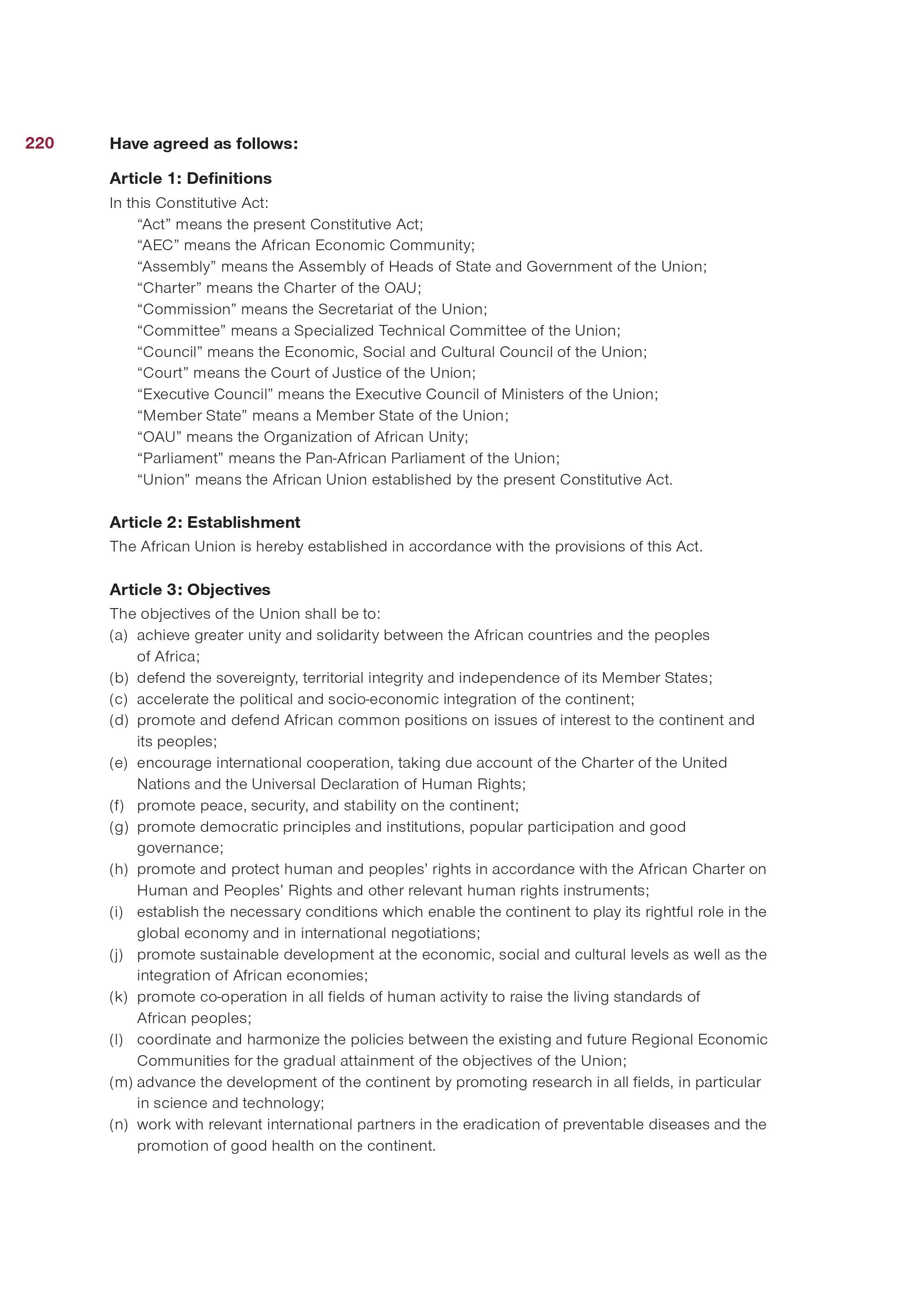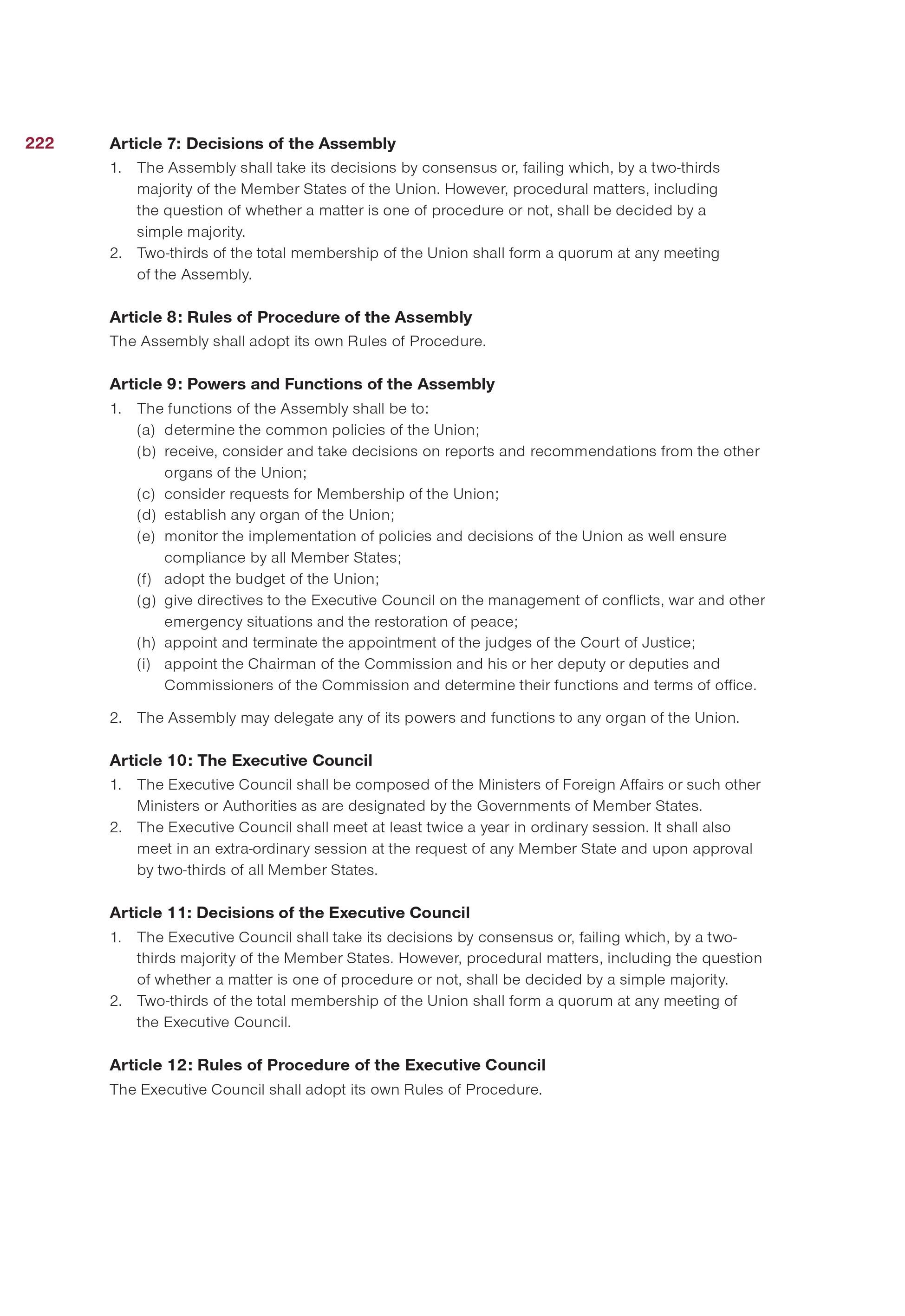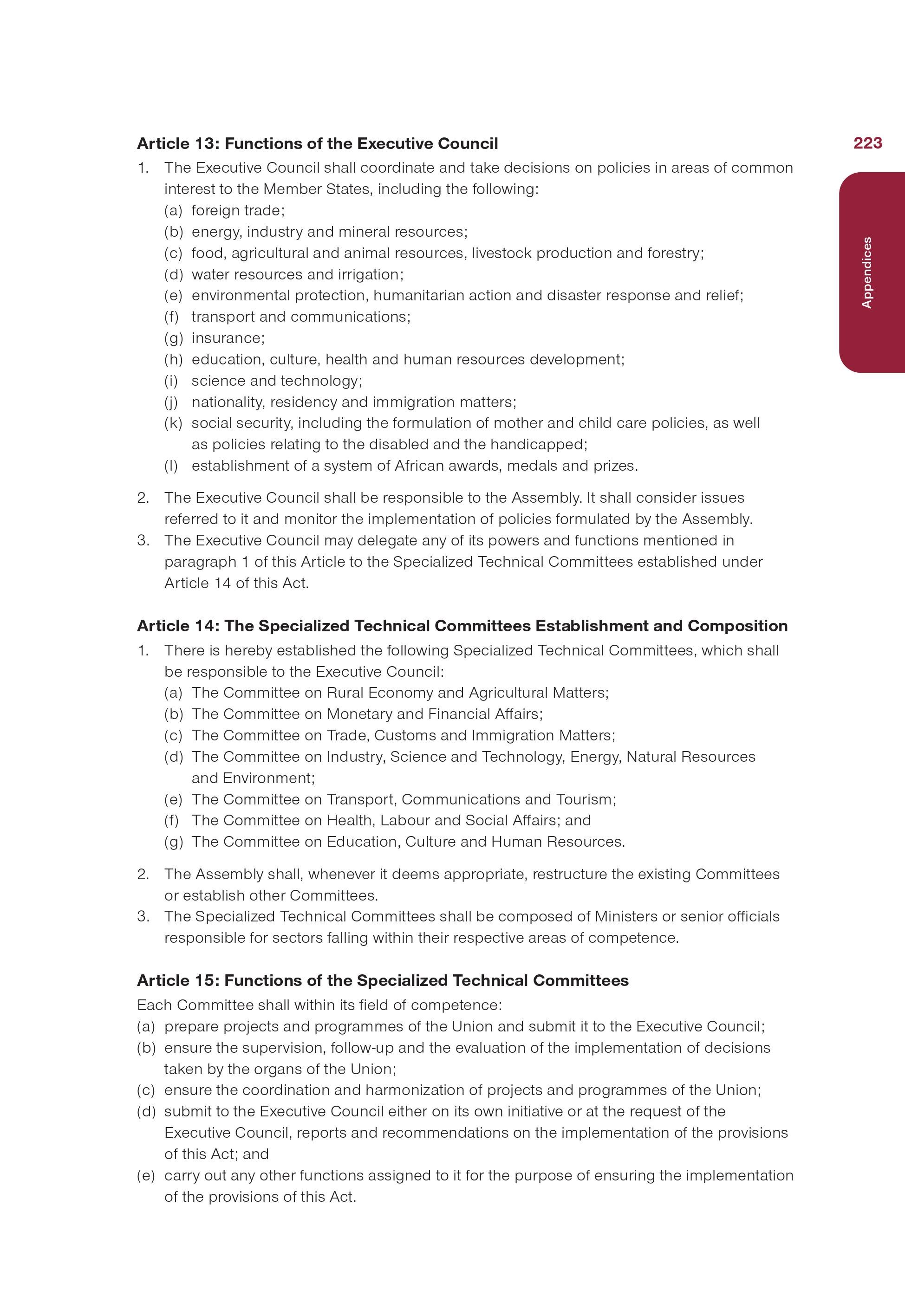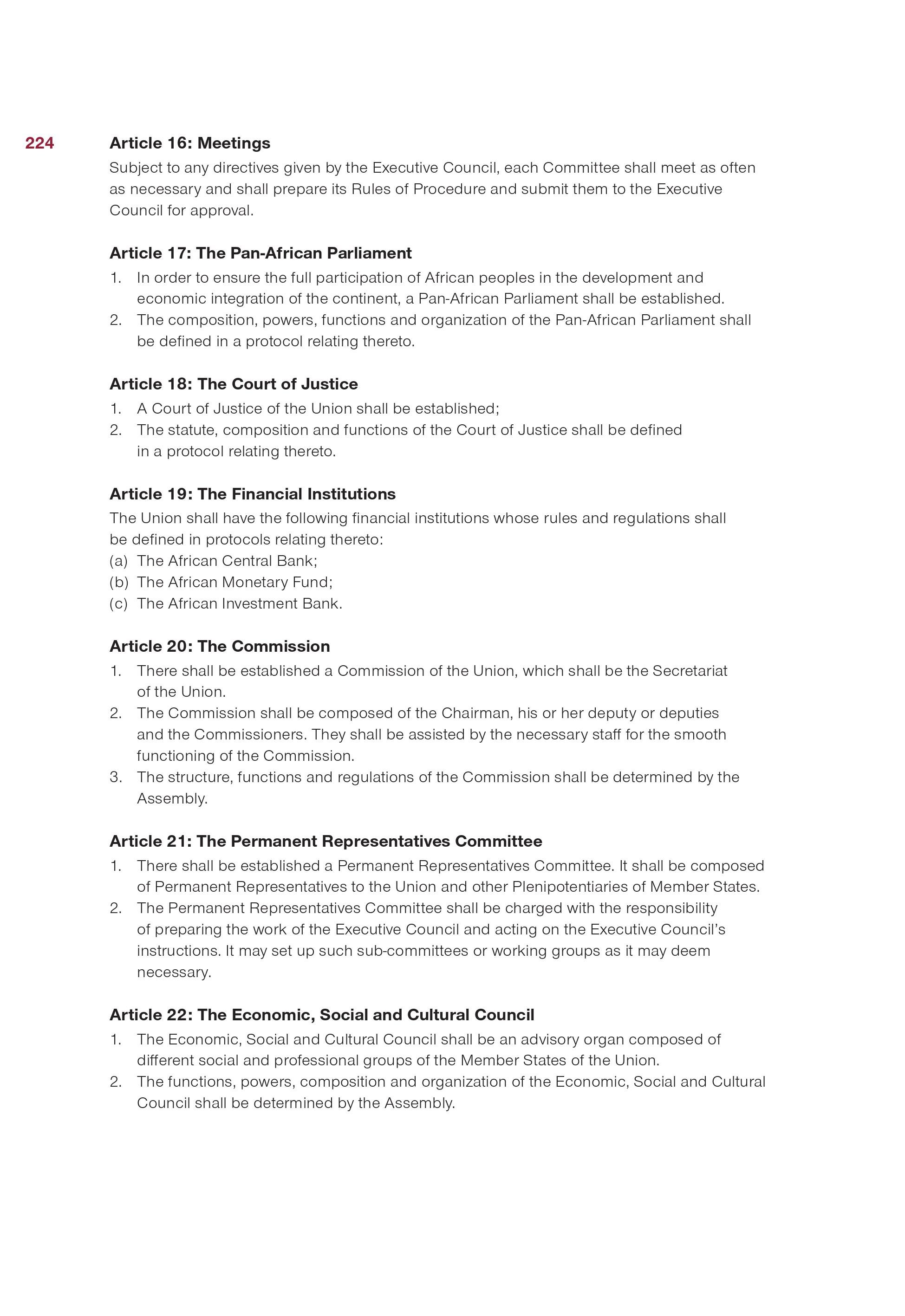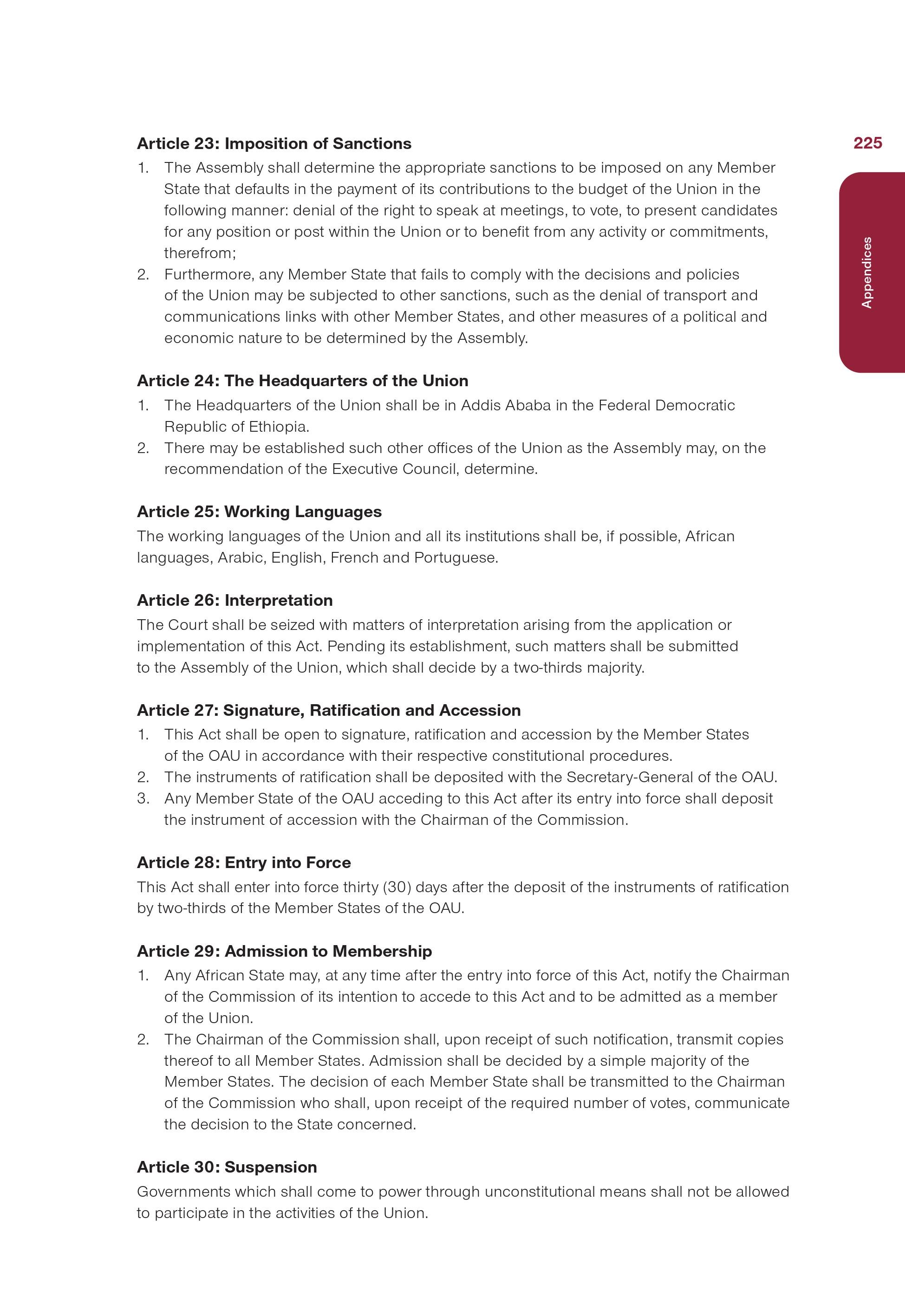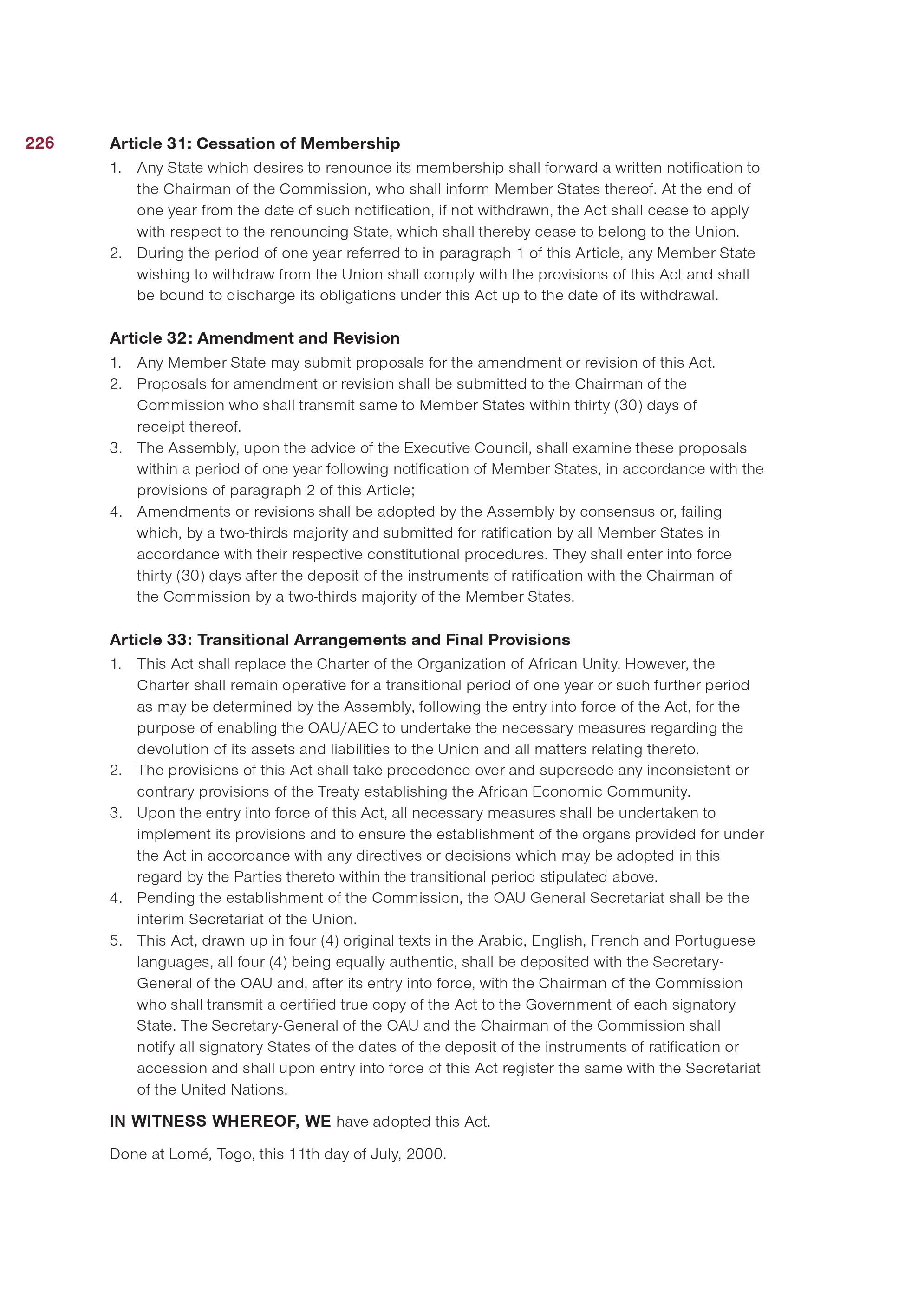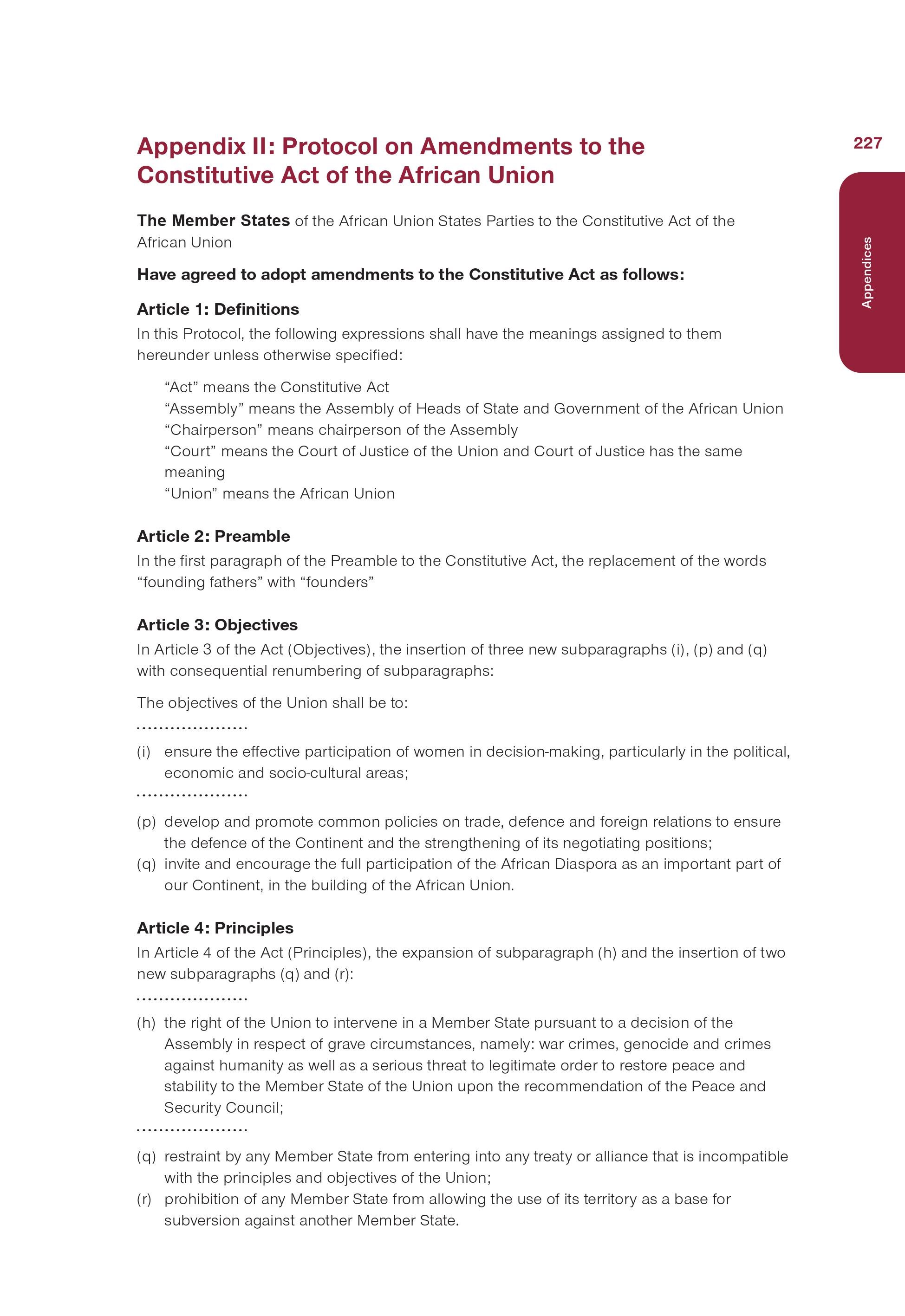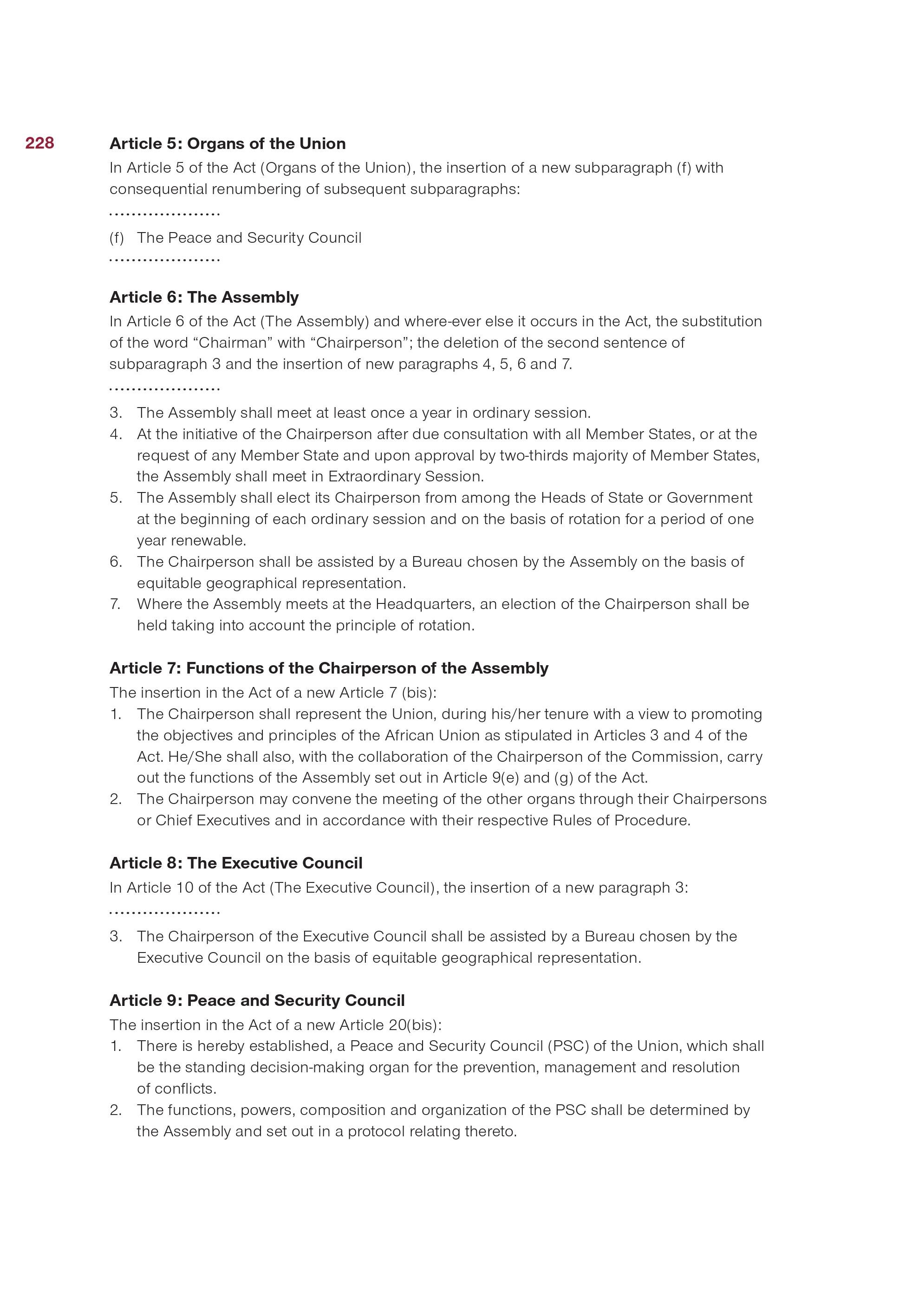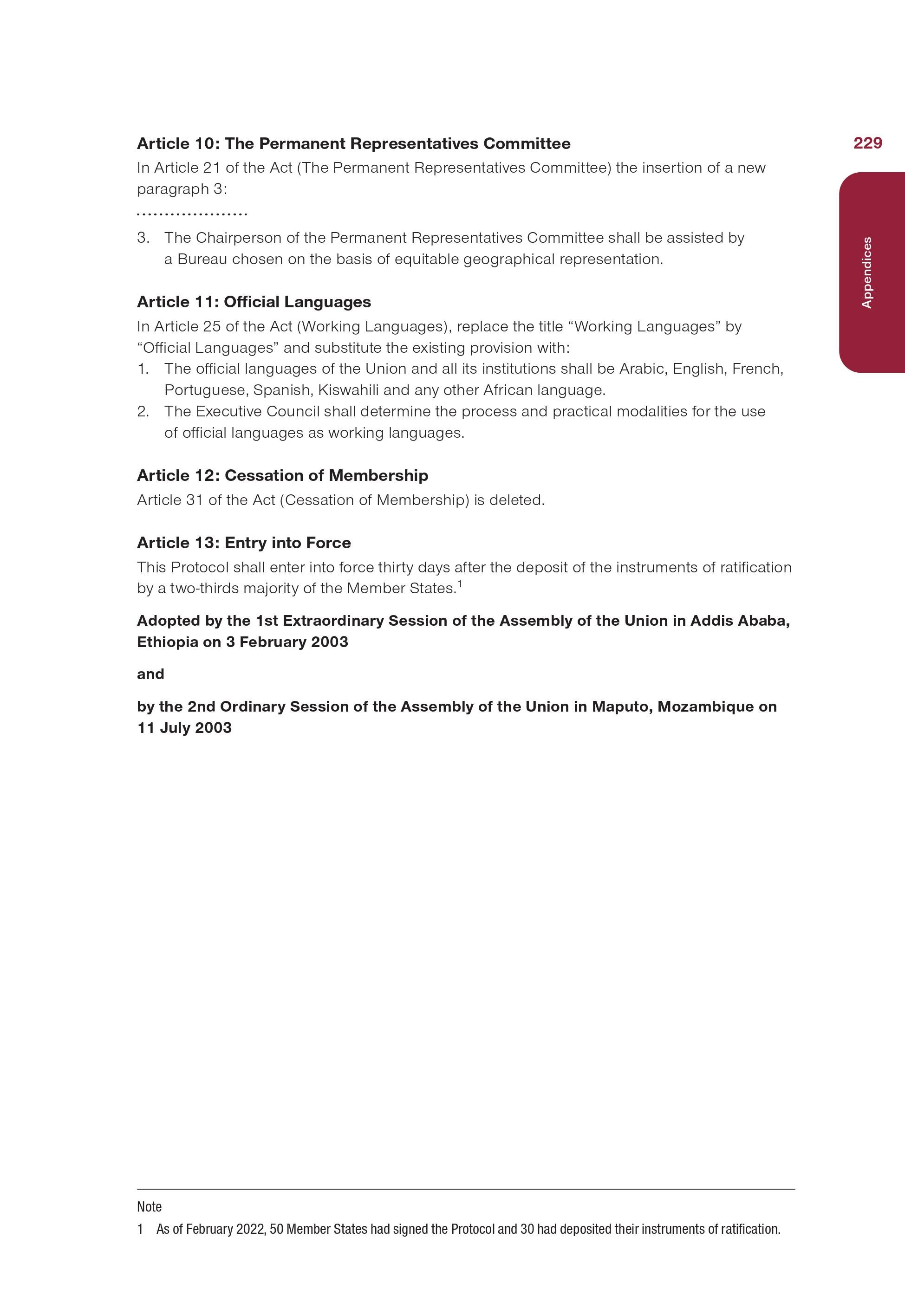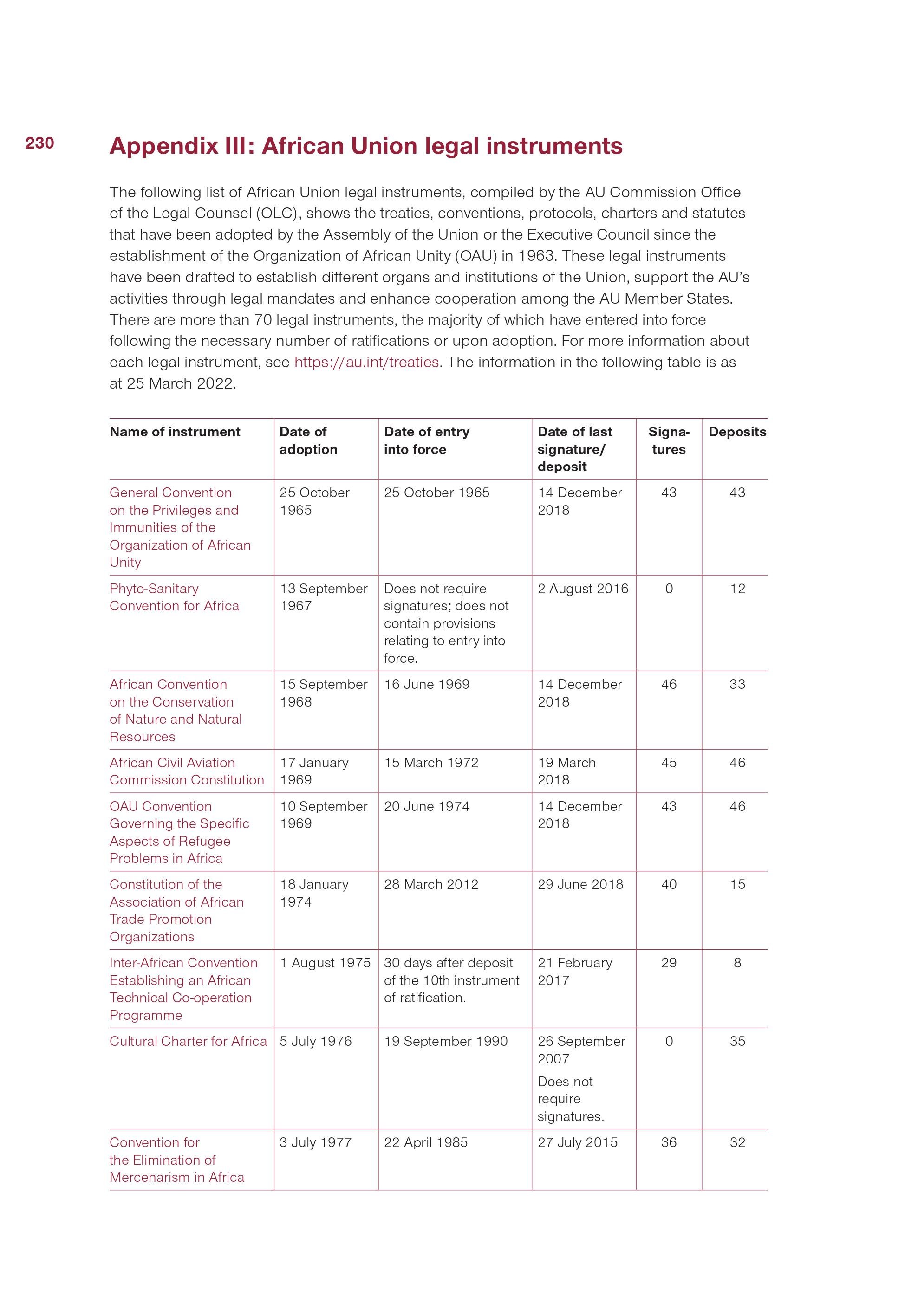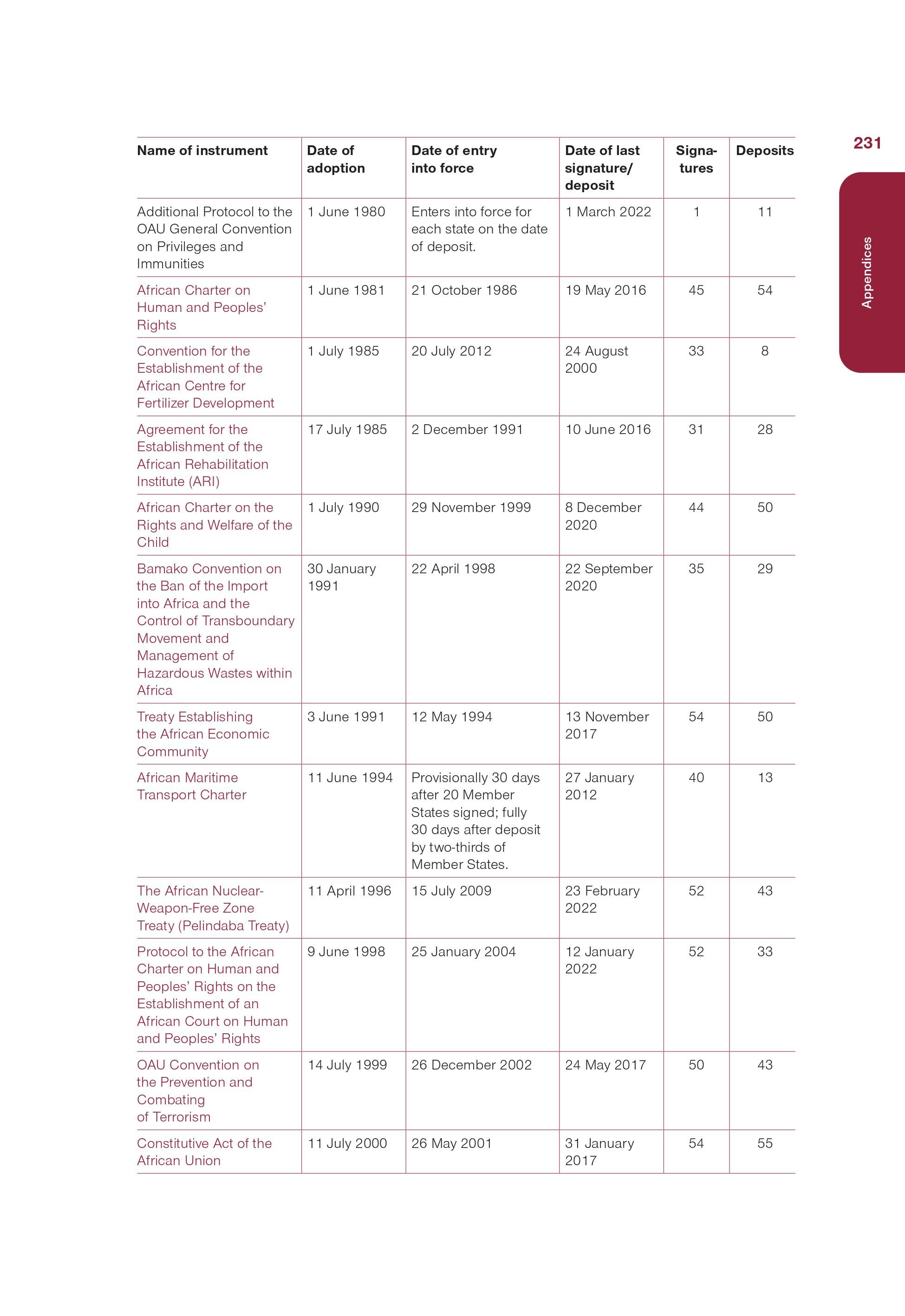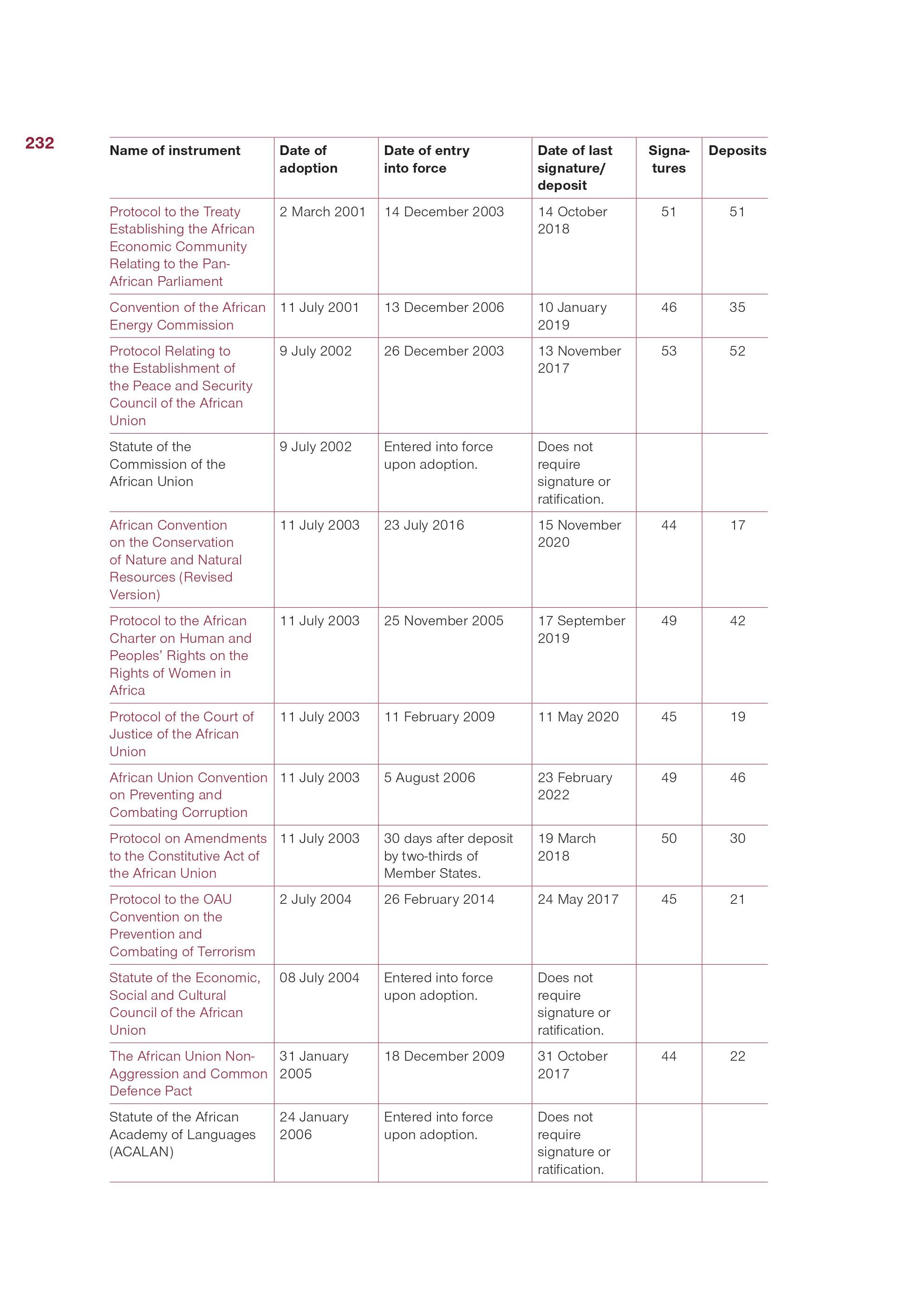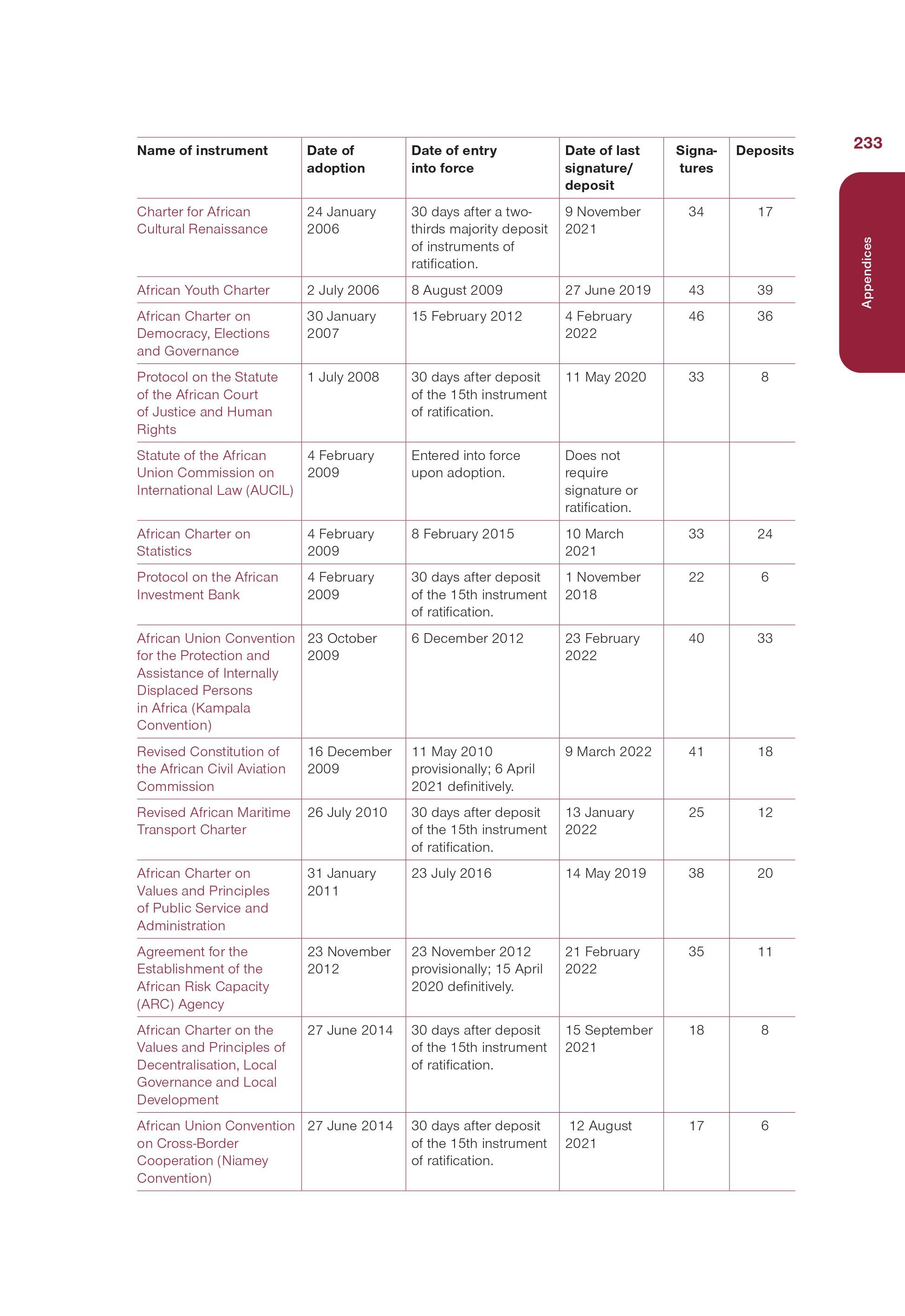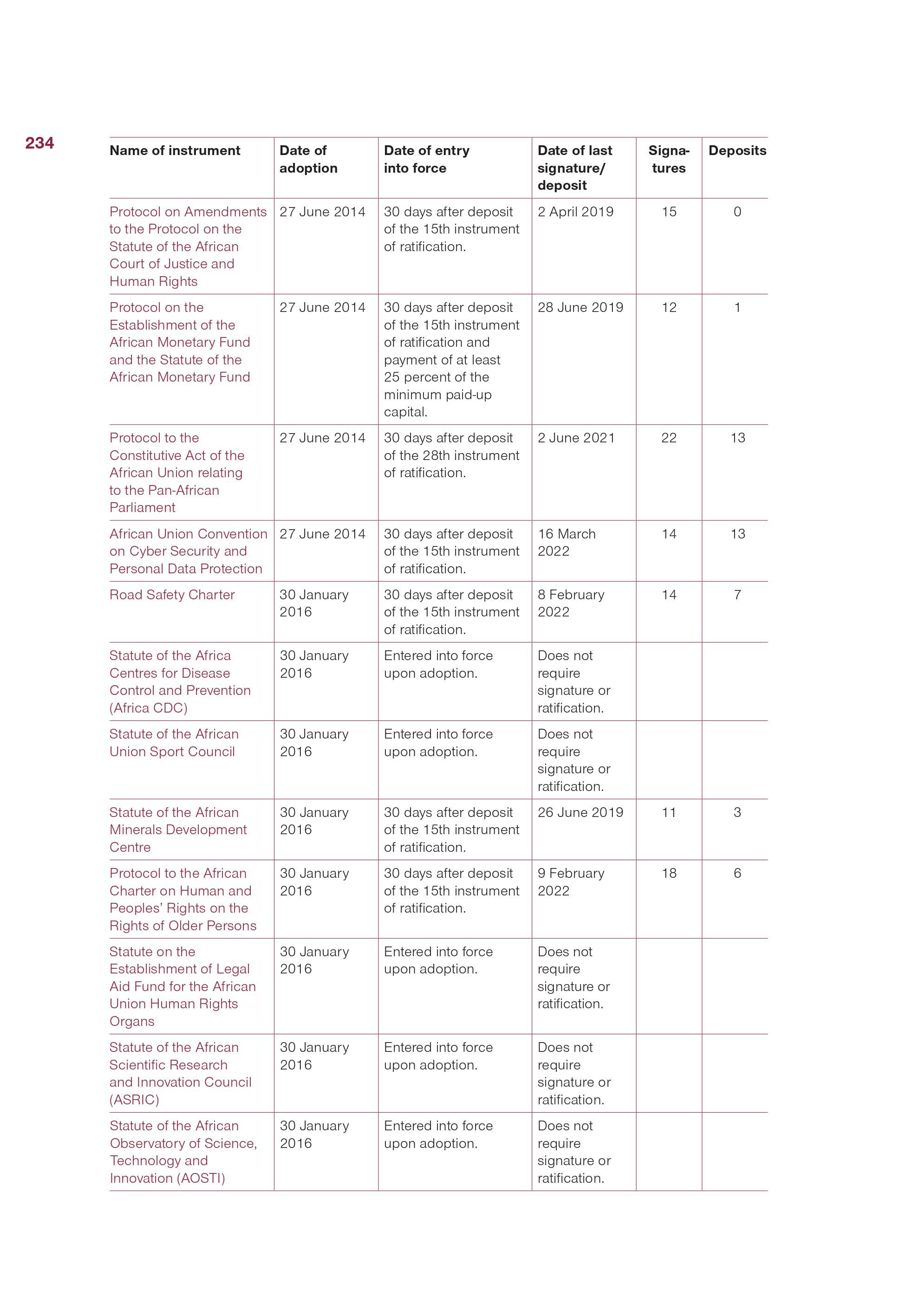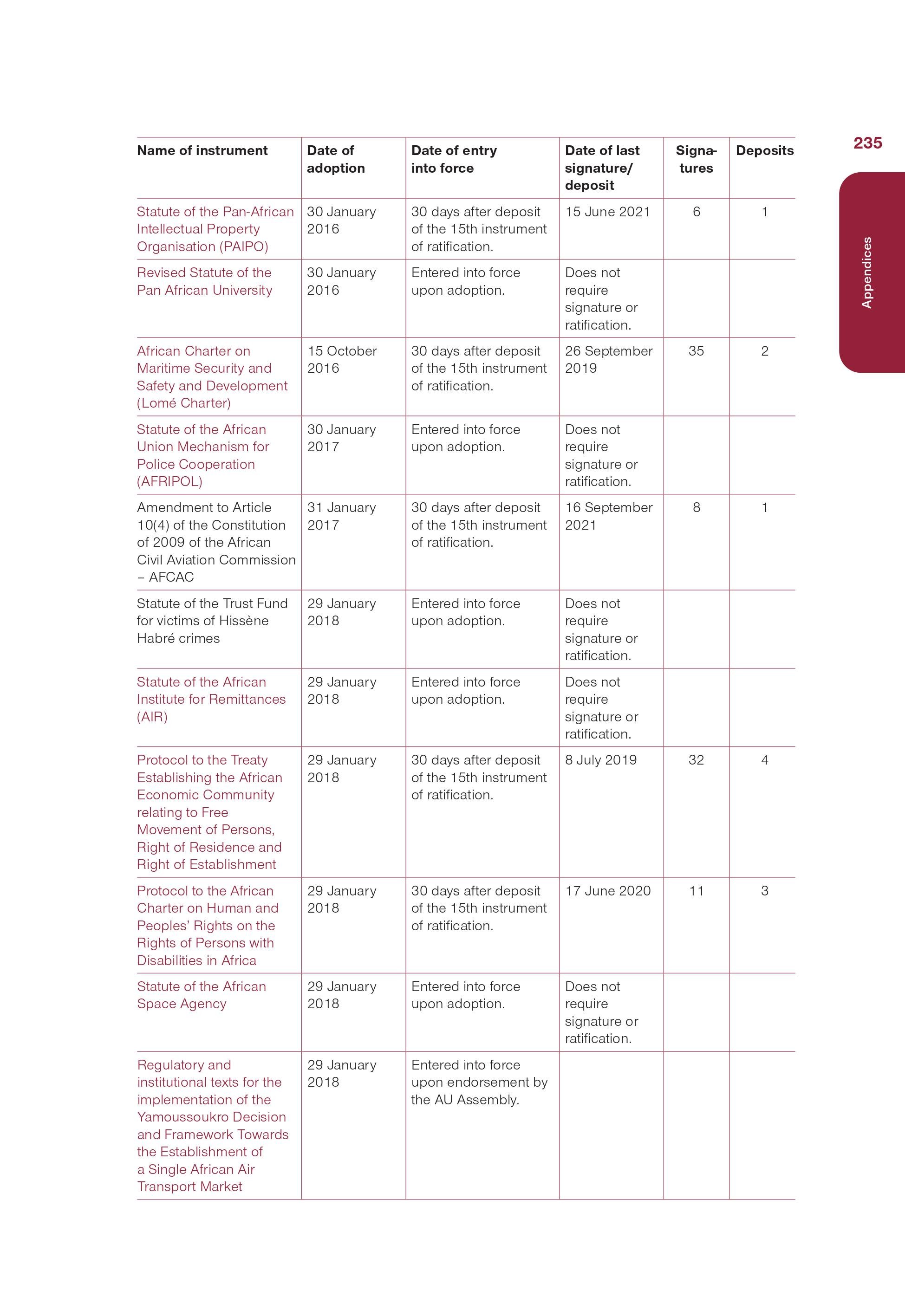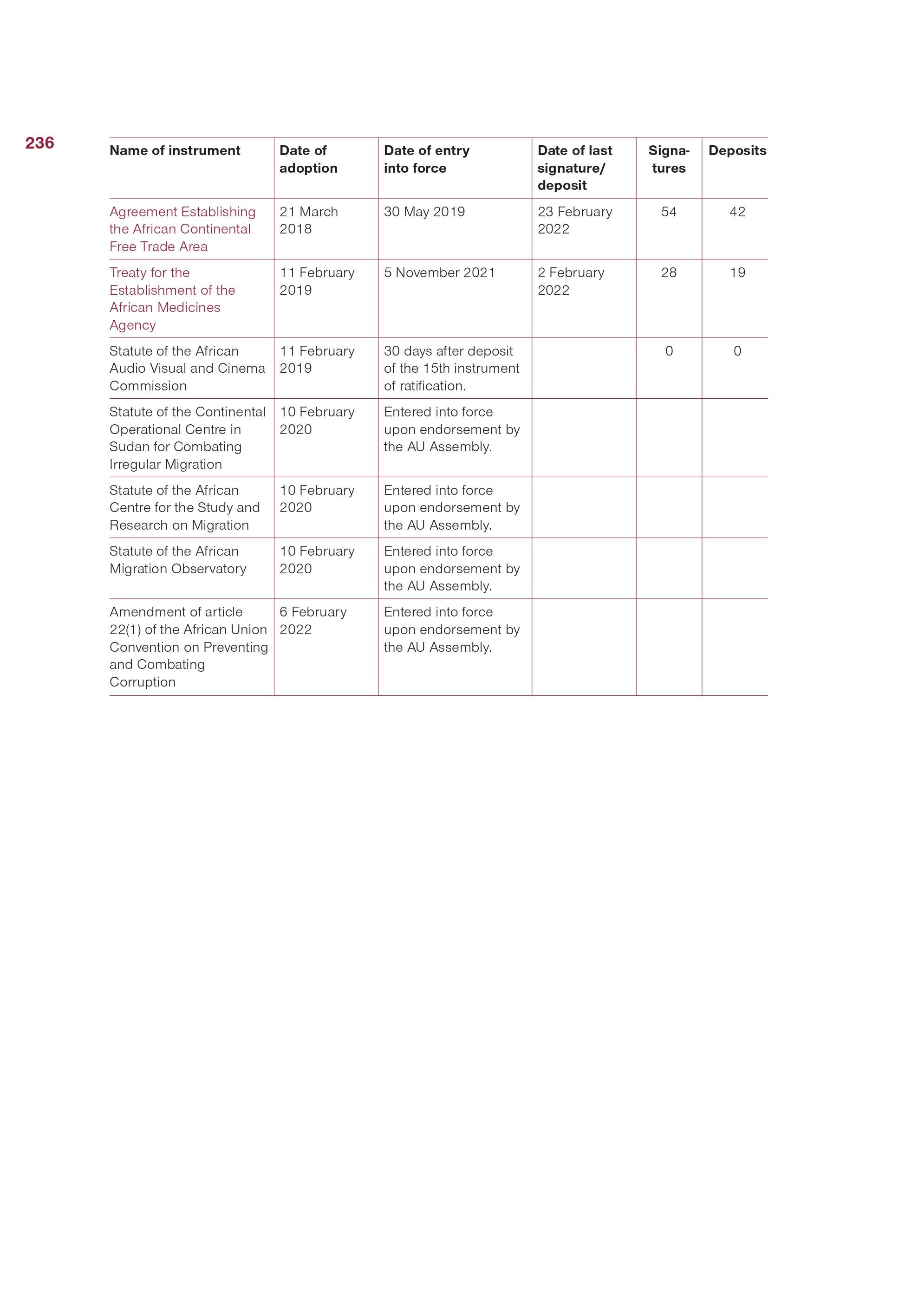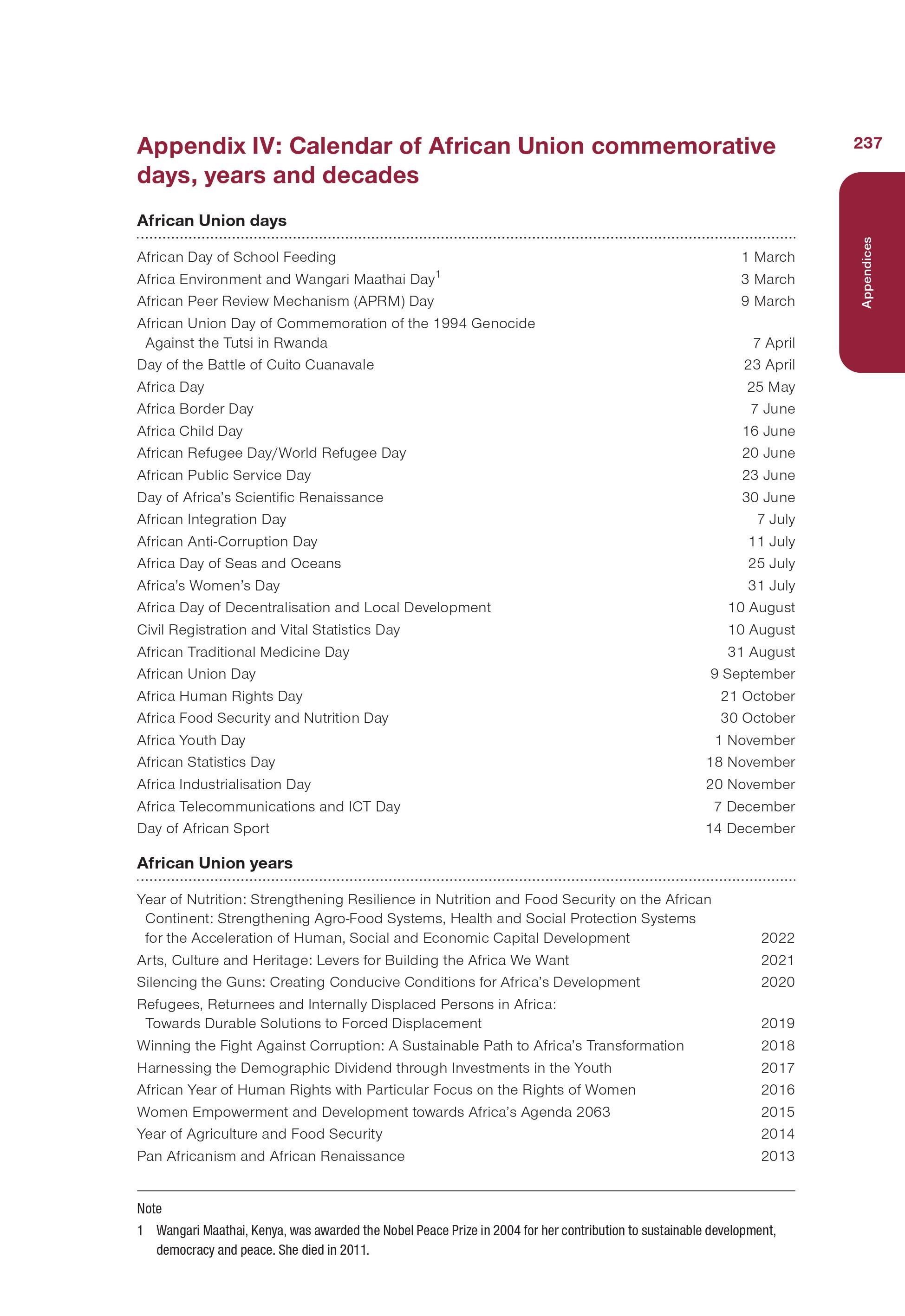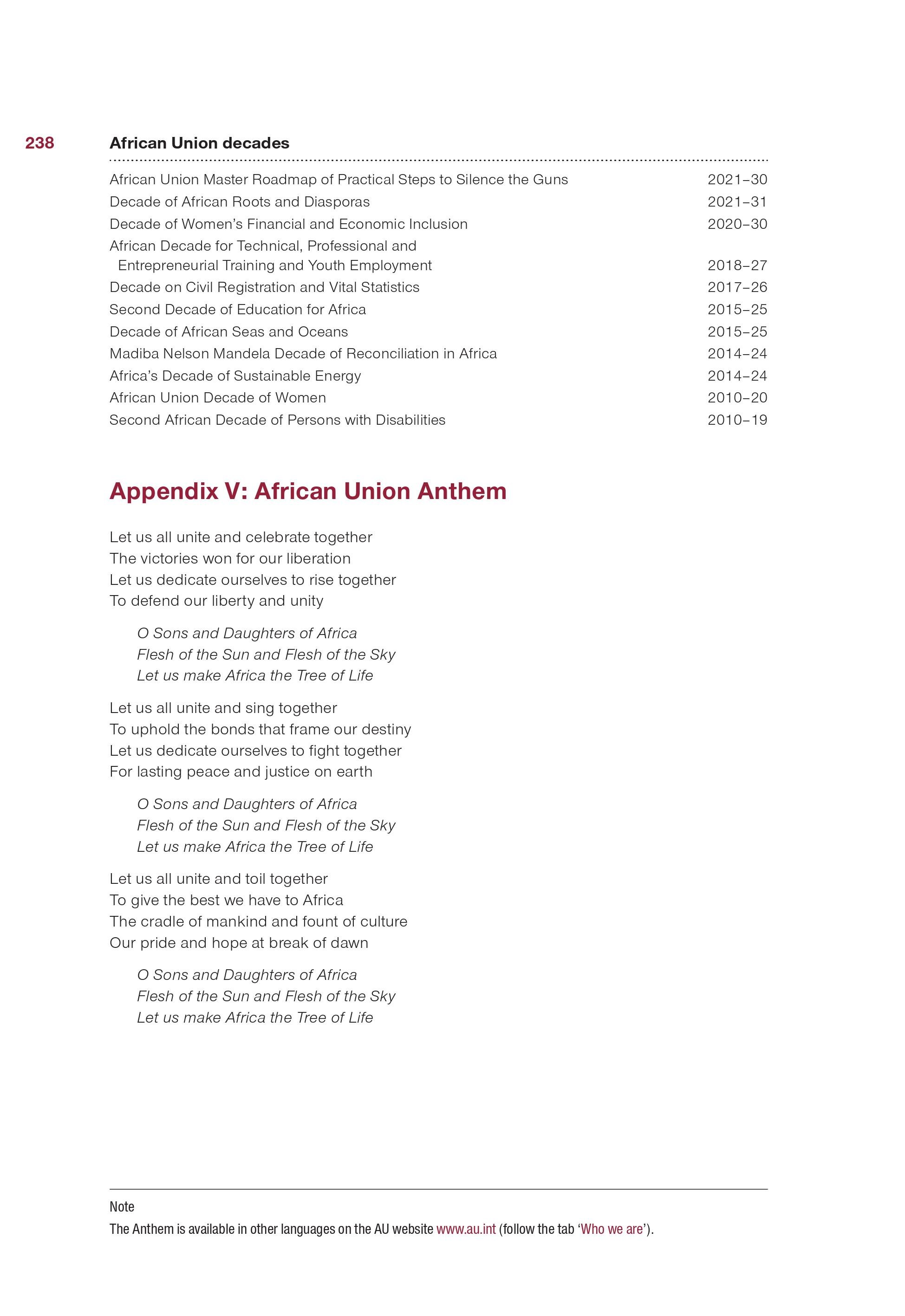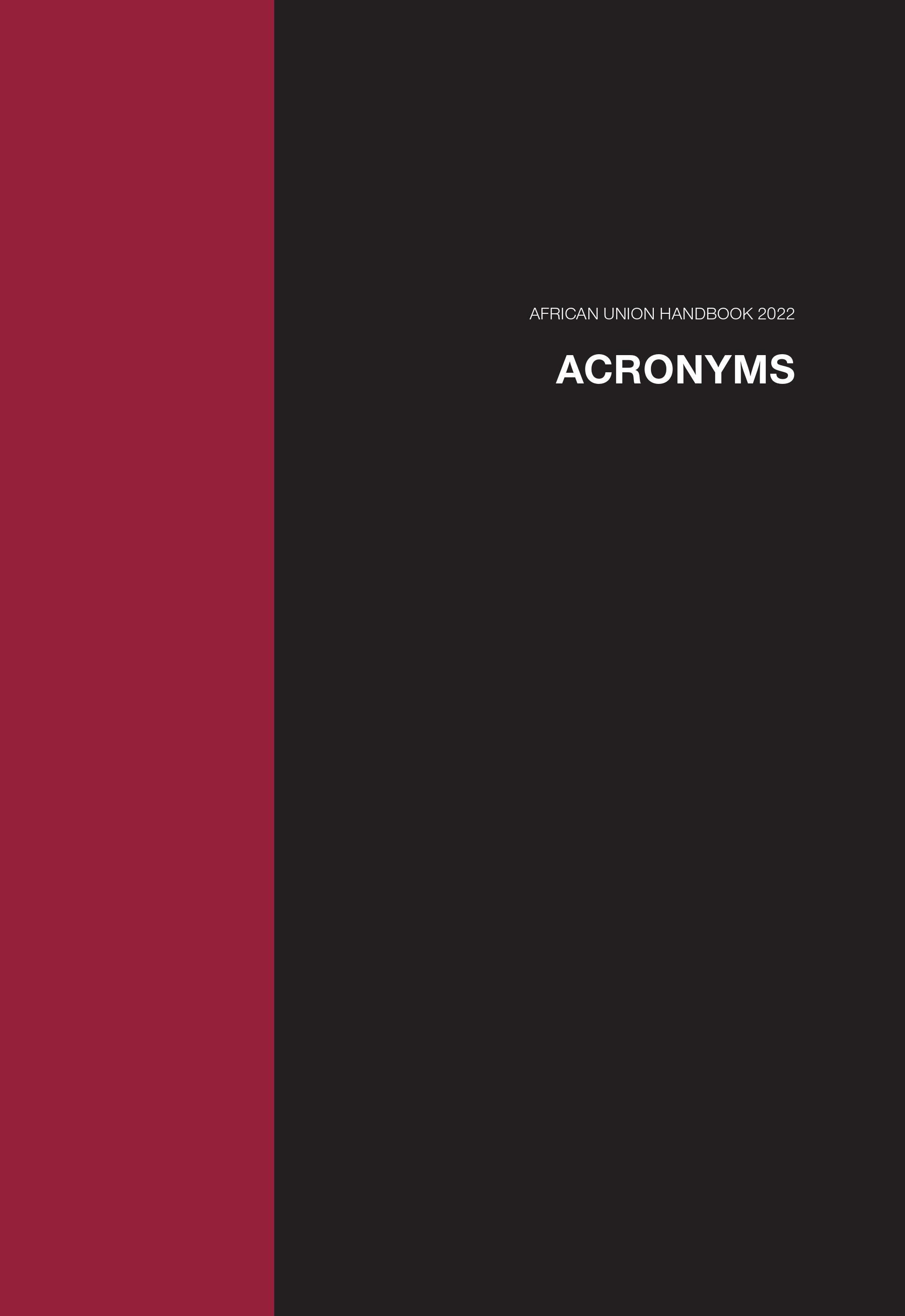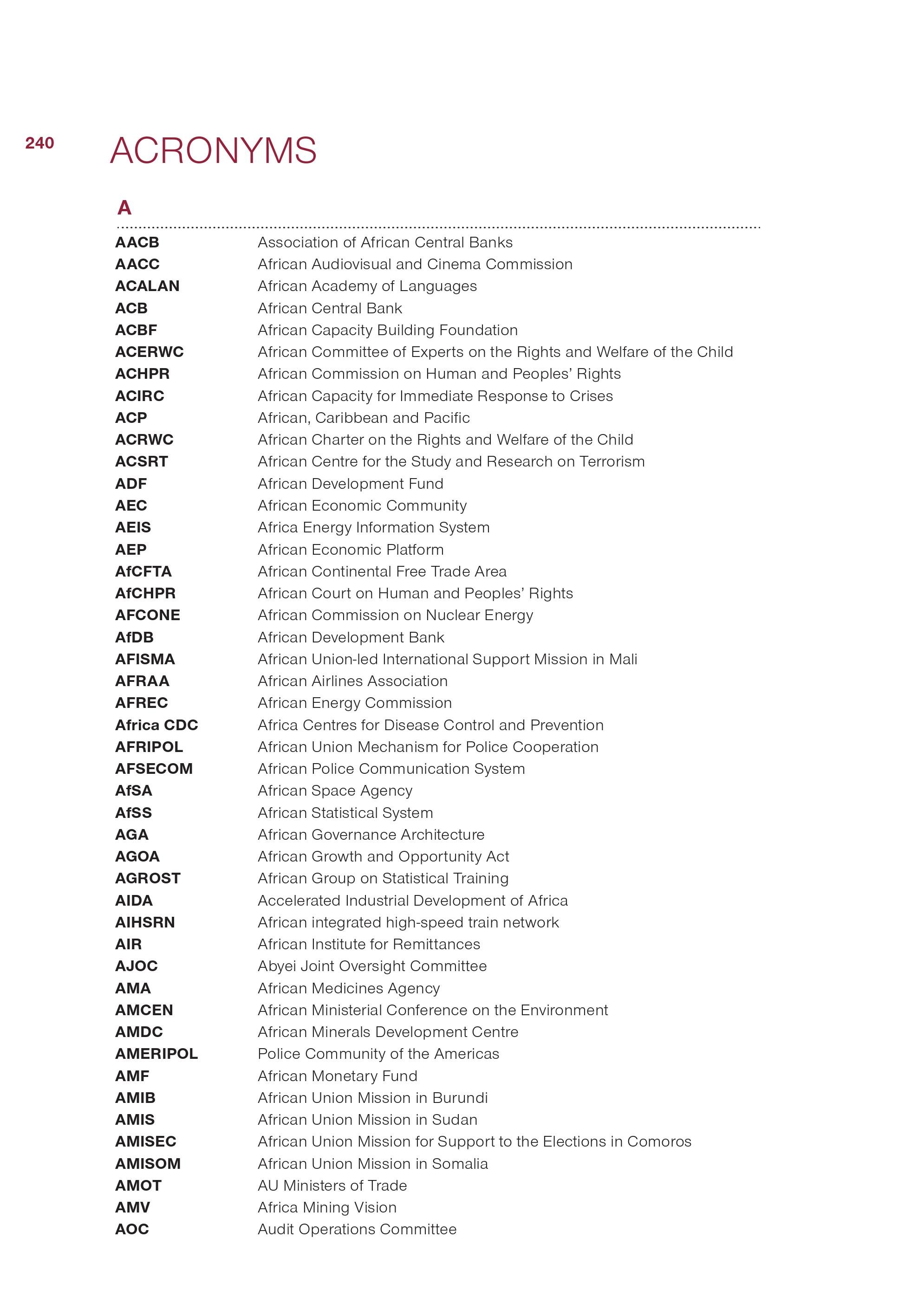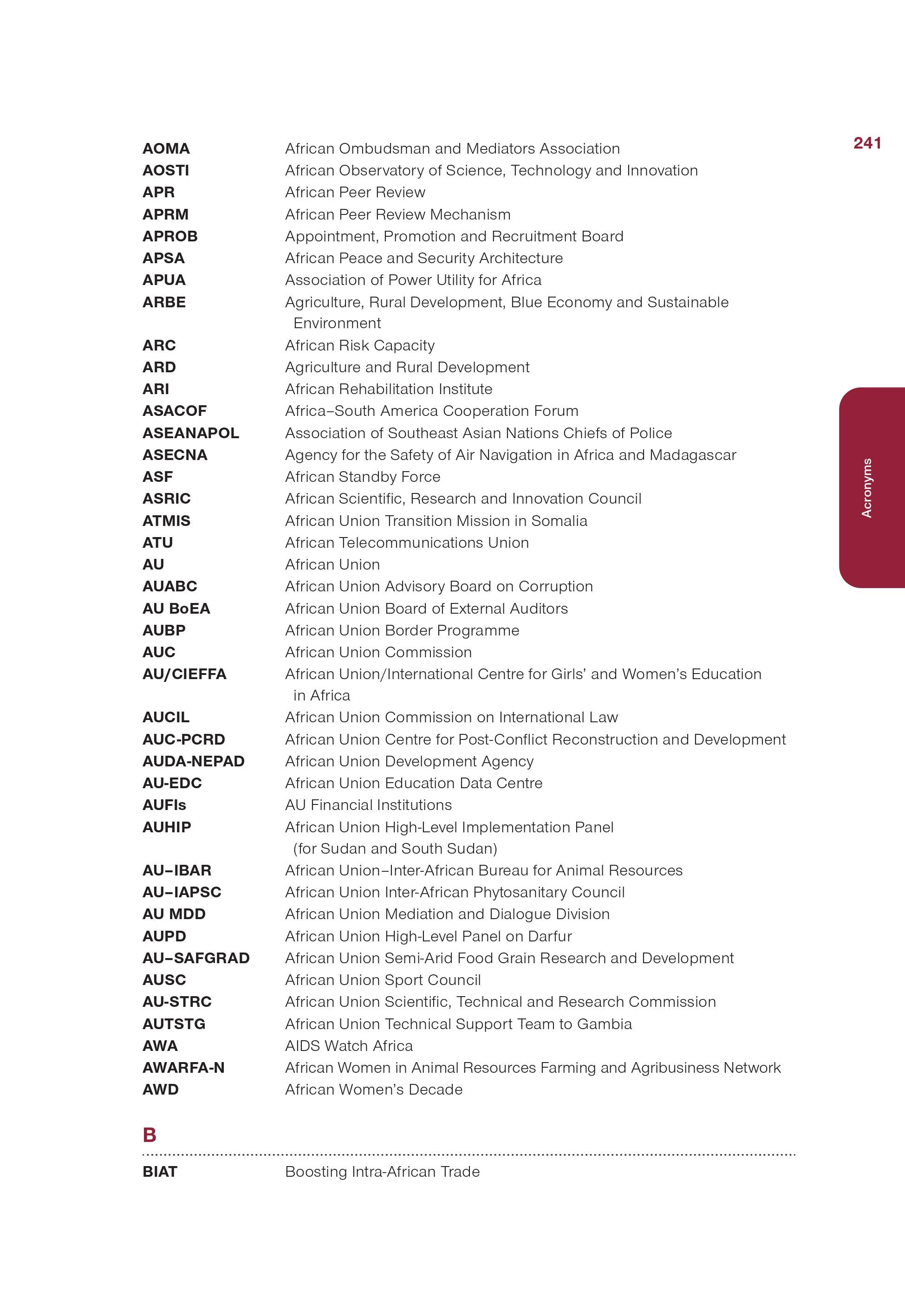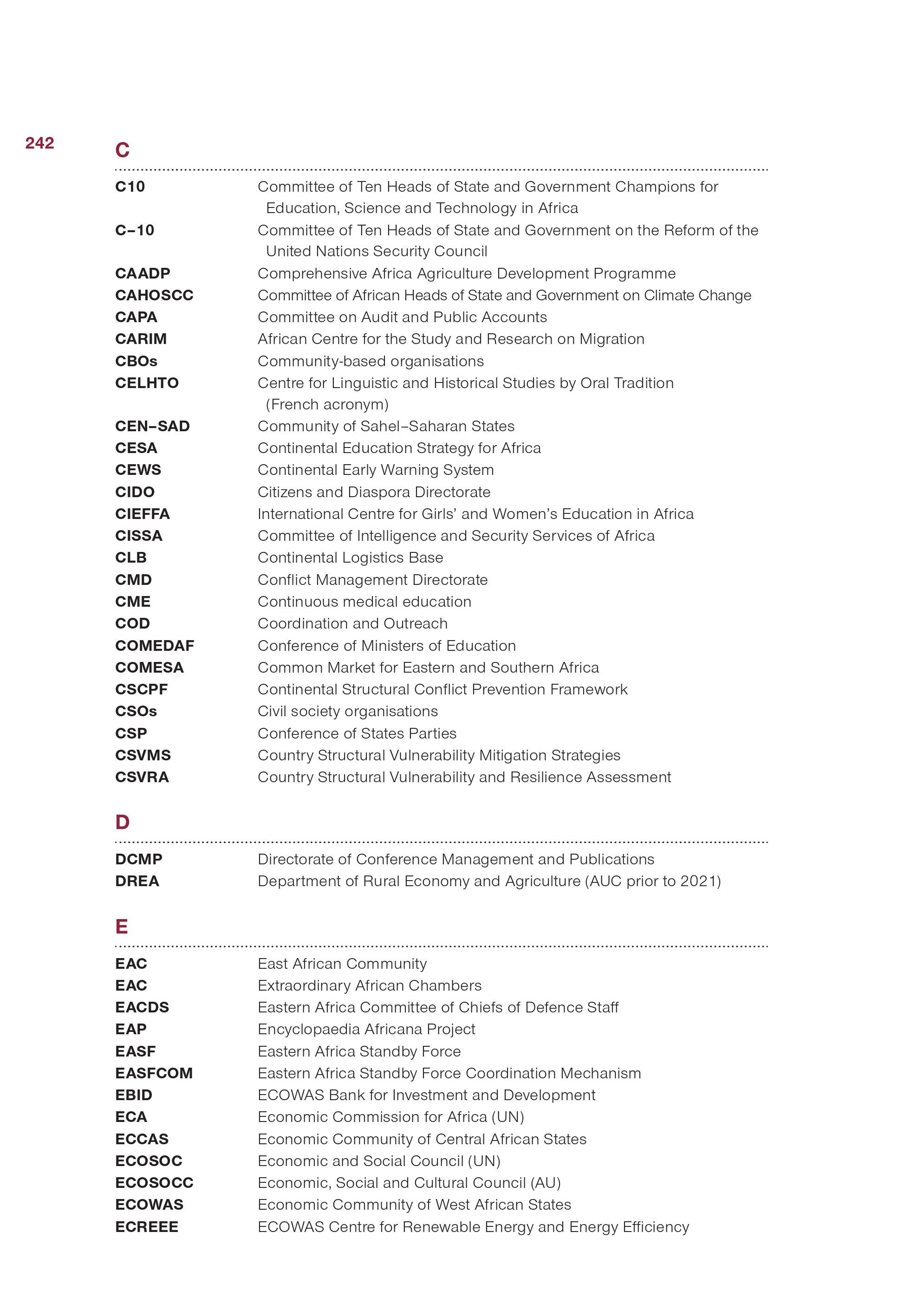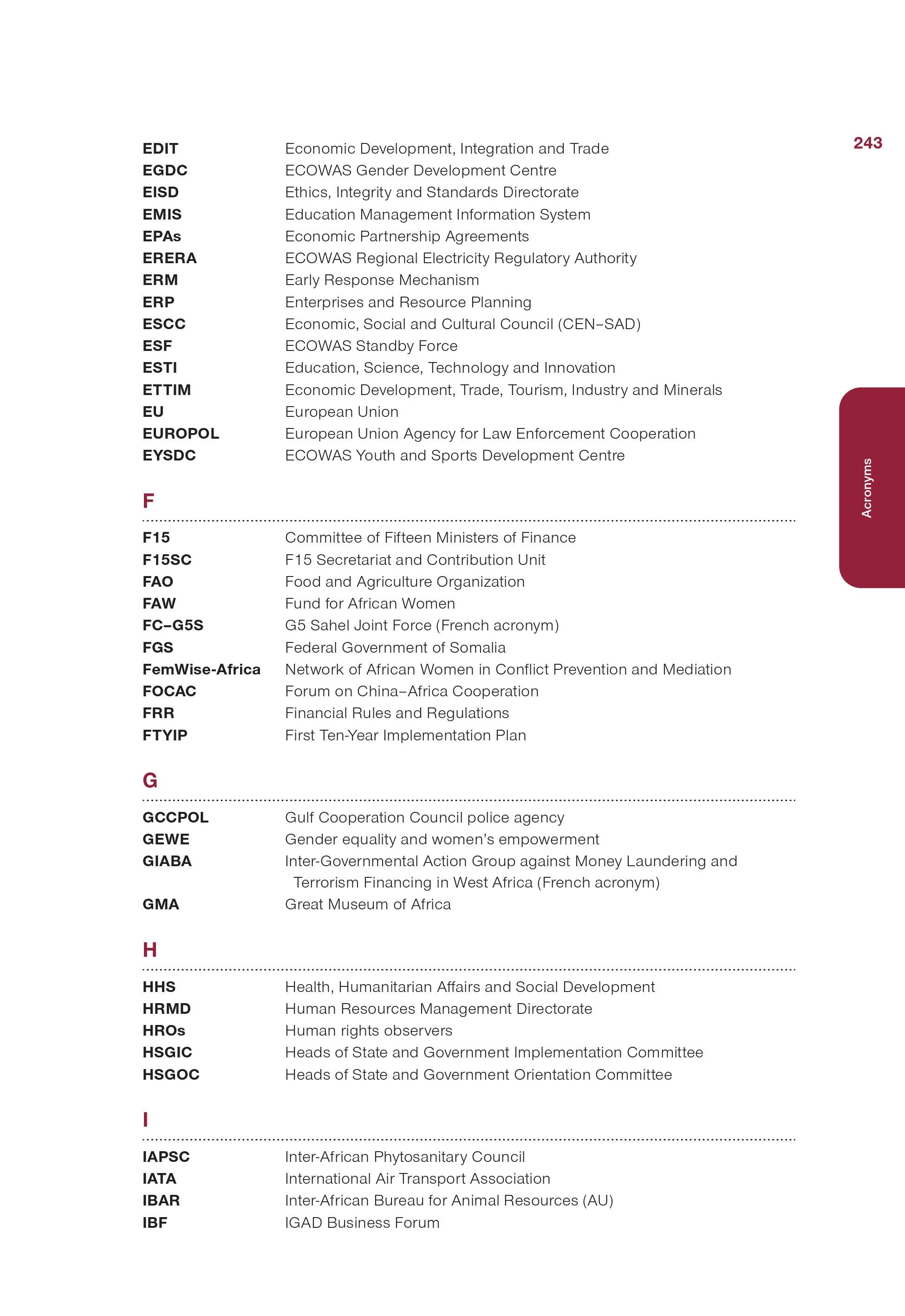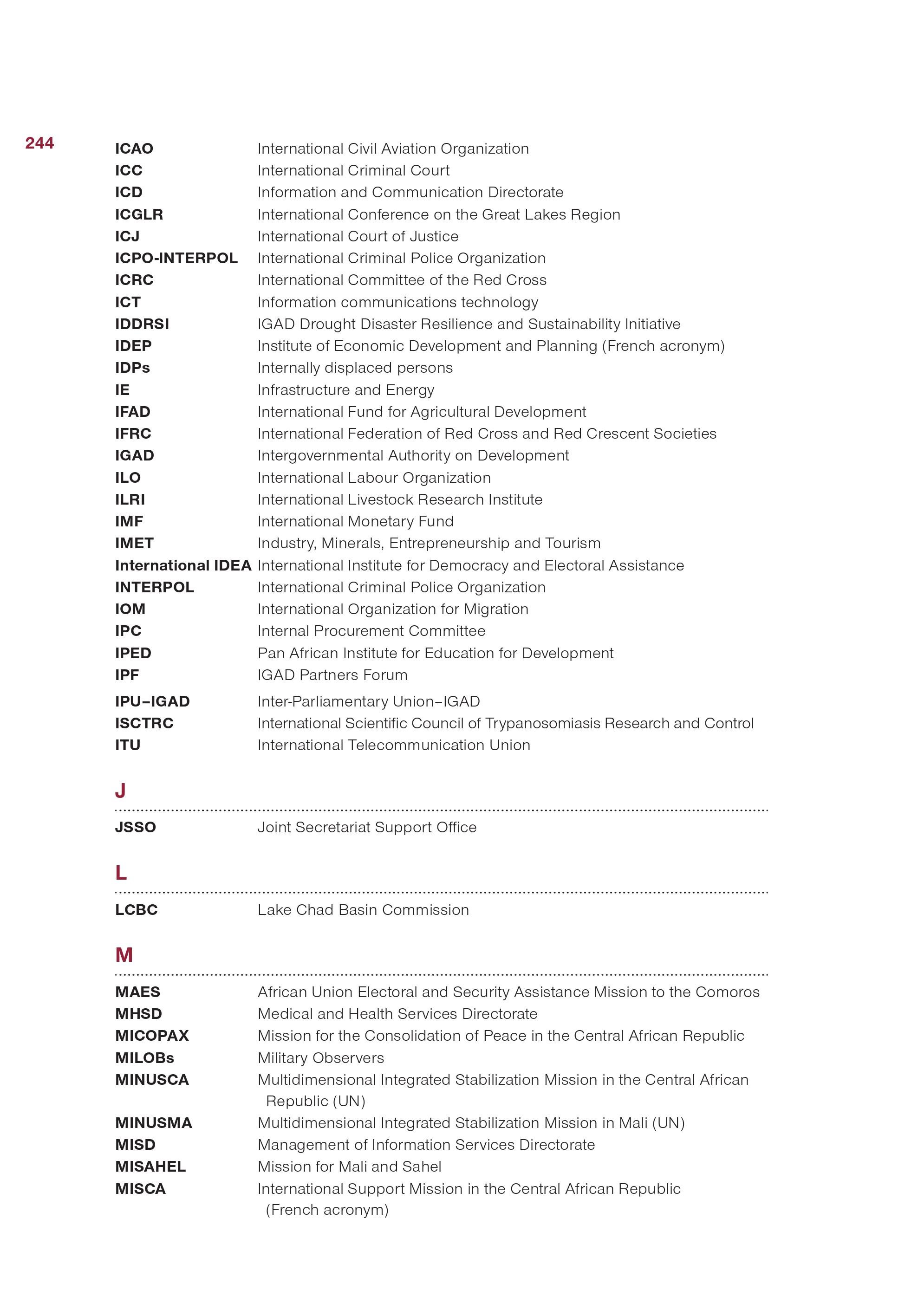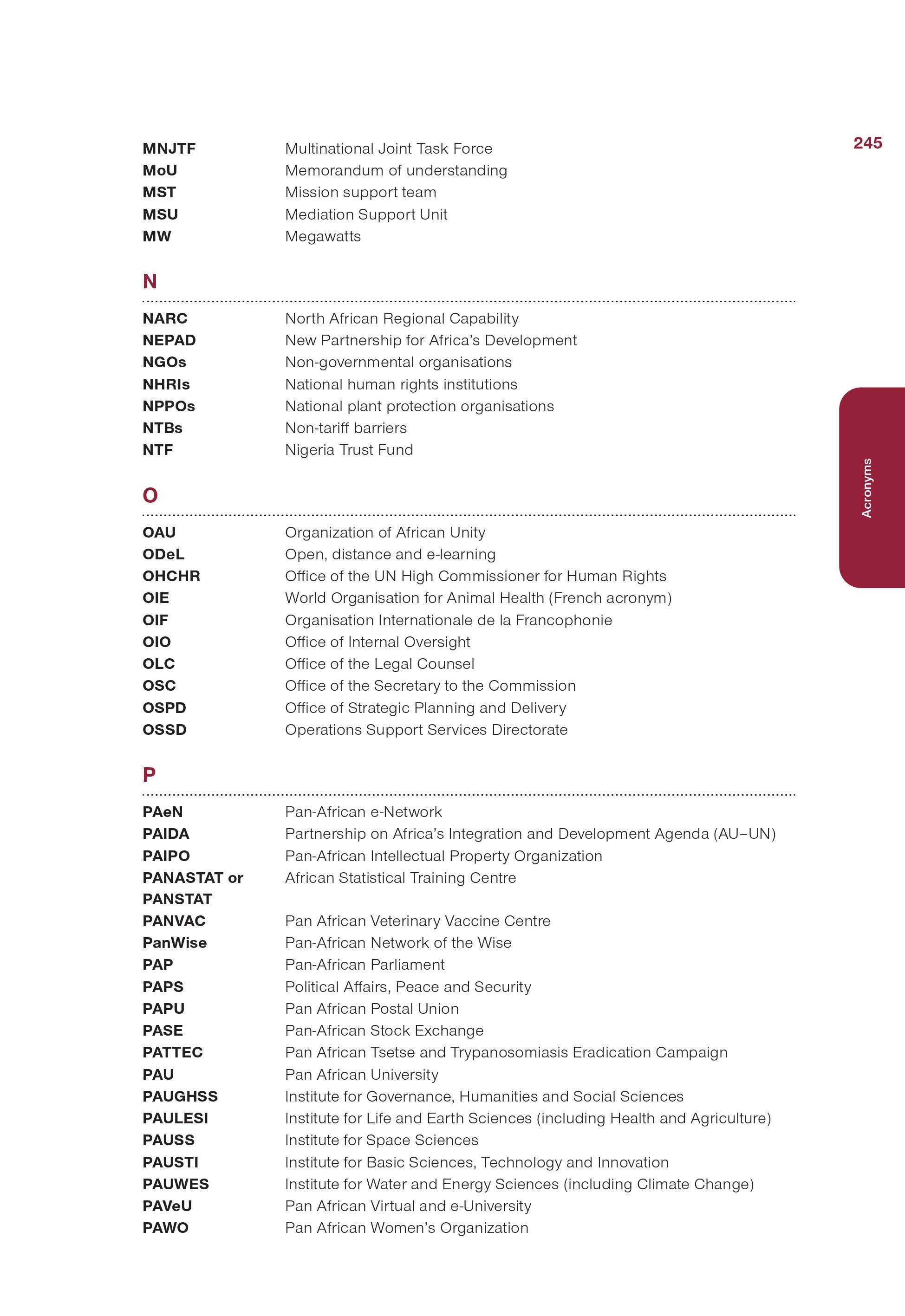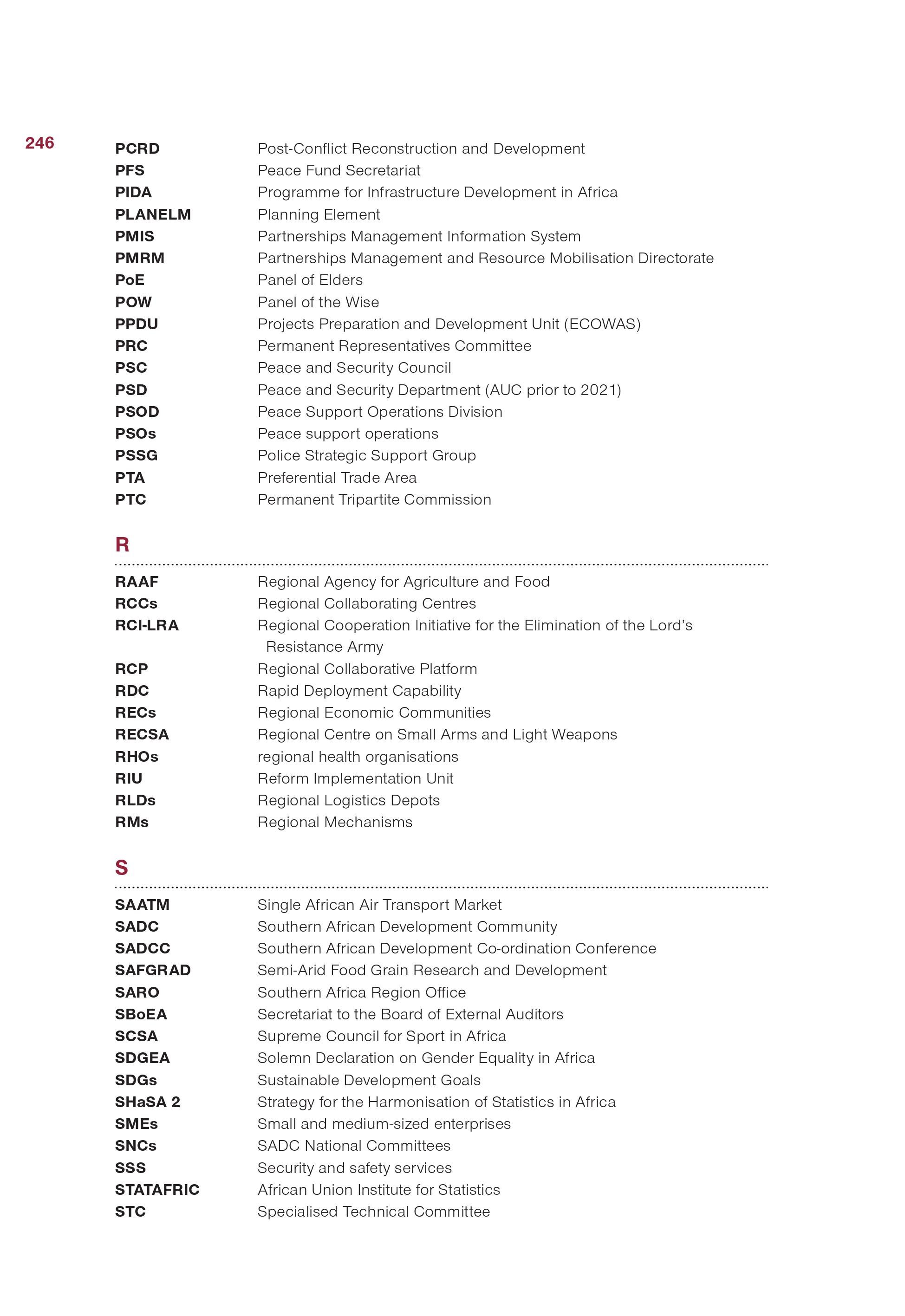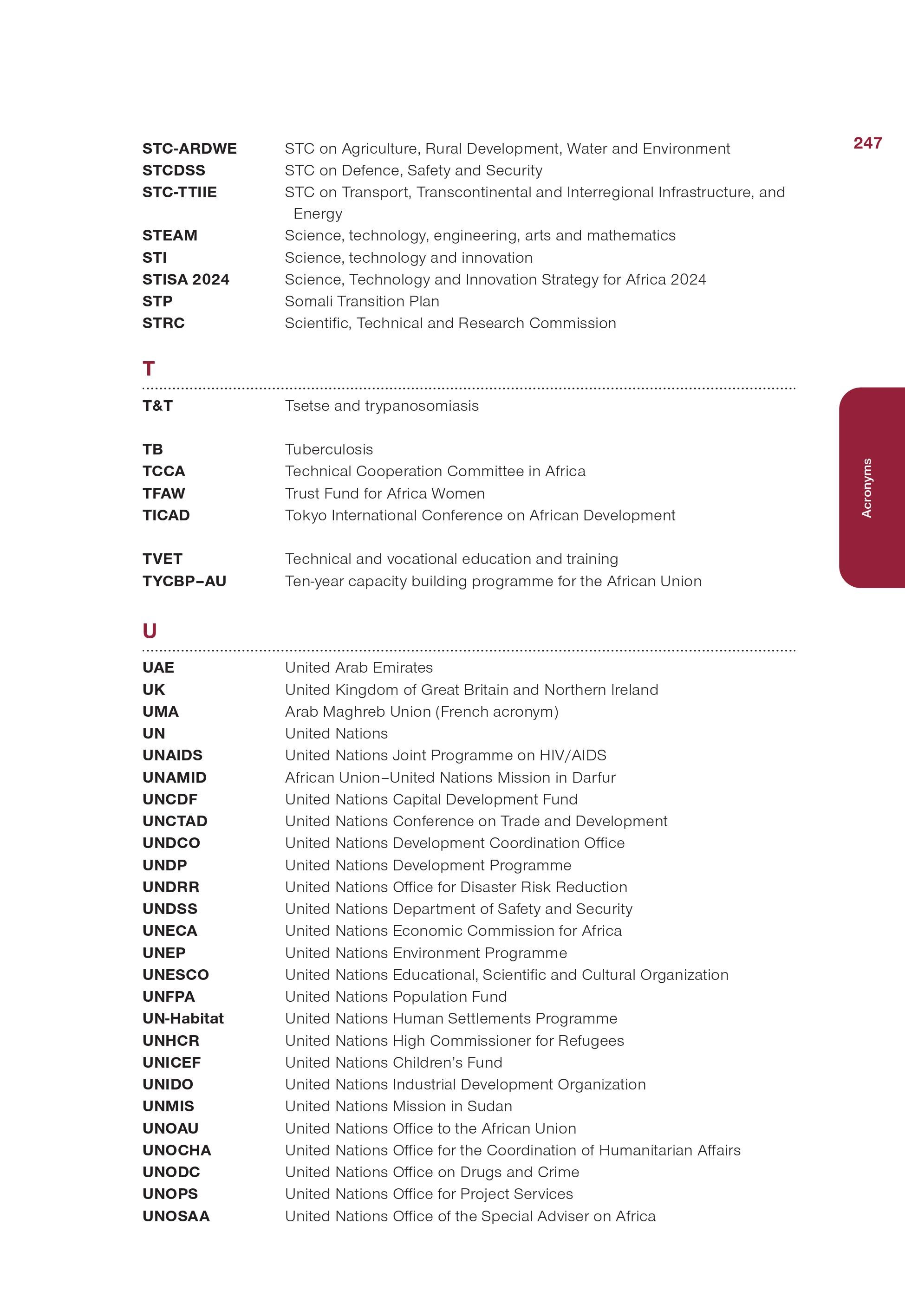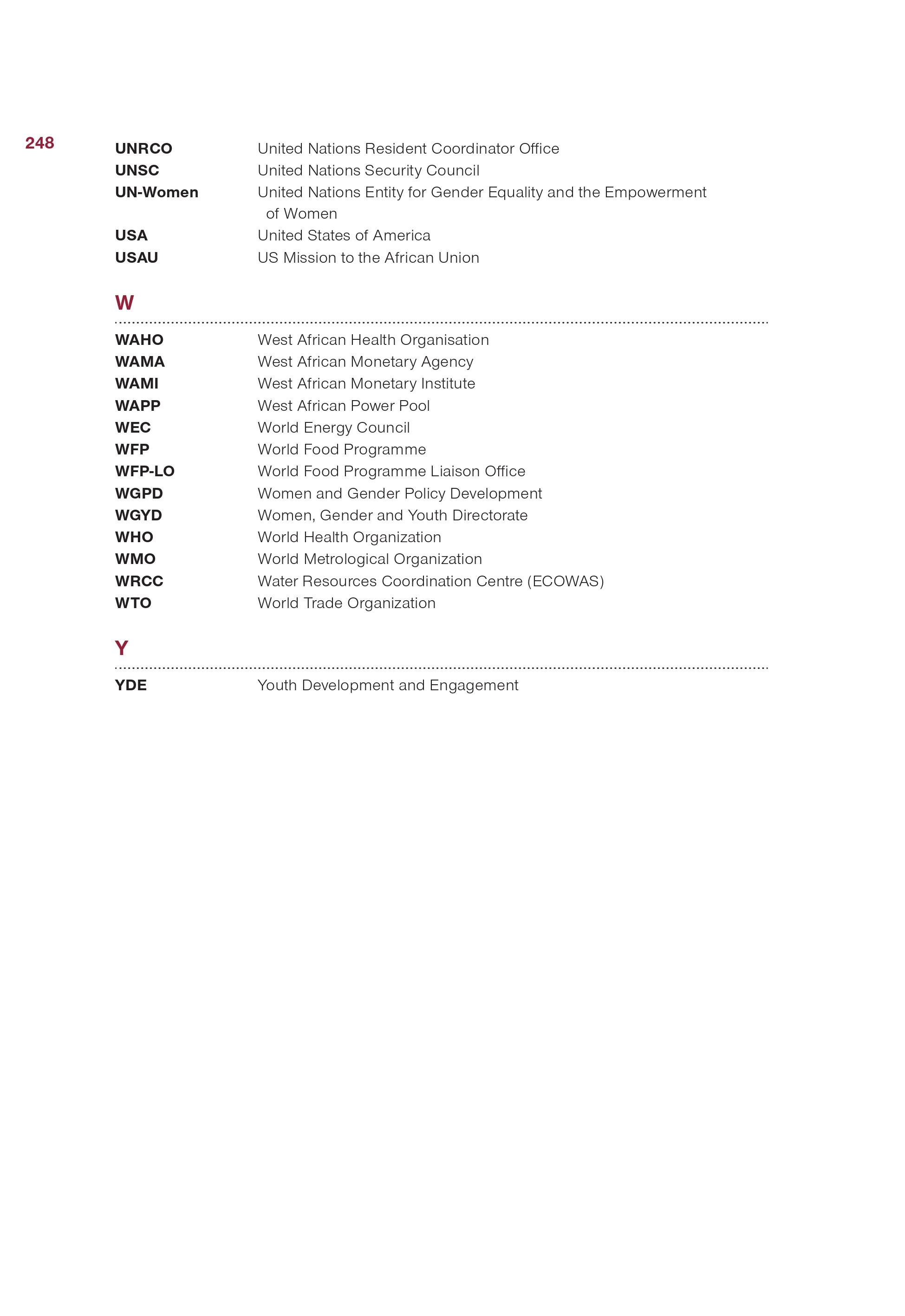AU Permanent Representatives Committee Retreat, June 8-11, 2023. Where are the 6th Region Ambassadors????
TOWARDS AU 6th Region REPRESENTATION
Later this year, the government of Zimbabwe will be hosting the “8th Pan African Congress Part 1”. One of the main Agenda items is establishing the AU 6th Region on par with the other five regions of Africa.
The member states of the African Union (AU) are divided into five geographic regions of the African Union.
*South Sudan is also in the East Region
On February 4, 2003, the AU General Assembly amended the Constitutive Act of the AU with Article 3(q) to “invite and encourage the full participation of the African Diaspora as an important part of our Continent, in the building of the African Union.” In January 2008, the Executive Council suggested that the African diaspora be treated as Africa’s sixth region and its participation in the AU’s organs and activities be strengthened (EX.CL/Dec.406(XII)). The Assembly has recognised the diaspora as a substantive entity contributing to the economic and social development of the continent and has invited its representatives as observers to Assembly sessions (see Assembly/AU/Res.1(XVIII) of January 2012).
The African diaspora, which includes people of African descent living outside of the African continent, such as the Americas, Australia, Asia, and Europe, has been officially recognized by the AU as its sixth region. The agenda for Zimbabwe includes formally establishing the AU 6th Region and brining it to the level of participation in AU organs as the other five regions have done. A next step is proposing that the AU provide formal representation in all AU organs starting with alloting 10 to 15 Ambassador positions in the Permanent Representatives Committee (PRC).
WHAT IS THE PRC?
The Permanent Representatives Committee (PRC) is one of the three main bodies in the African Union, similar to how the United States has the Exexutive, Judicial and Legislative branches consisting of the Senate and the House of Representatives. The PRC is like the House of Representatives and is charged with preparing the work of the Executive Council. The PRC is composed of Permanent Representatives and other plenipotentiaries of Member States. Since the AU 6th Region, unlike the other five regions, does not consist of AU Member States, it cannot have “Permanent Representatives”. That is why the agenda for the 8th PAC Part 1 is proposing that the AU6th Region be represented by “Ambassadors”.
According to the African Union Handbook (2022),
“The Permanent Representatives Committee (PRC) conducts the day-to-day business of the African Union (AU) on behalf of the Assembly and Executive Council. It reports to the Executive Council, prepares the Executive Council’s work and acts on its instructions(under article 21 of the Constitutive Act). All AU Member States are members of the PRC.
Rule 4 of the PRC Rules of Procedure specifies that its powers and functions include to:
• Act as an advisory body to the AU Executive Council
• Prepare its Rules of Procedure and submit them to the Executive Council
• Prepare Executive Council meetings, including the agenda and draft decisions
• Make recommendations on areas of common interest to Member States, particularly on issues on the Executive Council agenda
• Facilitate communication between the African Union Commission (AUC) and Member States’ capitals
• Consider the AU’s programme and budget as well as the Commission’s administrative, budgetary and financial matters, and make recommendations to the Executive Council
• Consider the Commission’s financial report and make recommendations to the Executive Council
• Consider the Board of External Auditors’ report and submit written comments to the Executive Council
• Consider reports on the implementation of the budget of the Union
• Propose the composition of AU organ bureaus, ad hoc committees and sub-committees
• Consider matters relating to the AU’s programmes and projects, particularly issues relating to the socio-economic development and integration of the continent, and make recommendations to the Executive Council
• Consider reports on the implementation of the policies, decisions and agreements adopted by the Executive Council
• Participate in the preparation of the AU programme of activities and calendar of meetings; consider any matter assigned to it by the Executive Council; and carry out any other functions that may be assigned to it by the Executive Council.
Rule 4 also provides that the PRC may set up ad hoc committees and temporary working groups as it deems necessary, including sub-committees.
In October 2020, the Executive Council adopted amendments to the PRC Rules of Procedure, to align them with institutional reform (see EX.CL/Dec.1099(XXXVII) of October 2020 and Ext/Assembly/AU/Dec.1(XI) of November 2018).
Structure
All Member States are represented on the PRC at the level of Permanent Representative. Similar to the Assembly and Executive Council, the PRC Bureau consists of a chairperson, three vice chairpersons and a rapporteur. The Bureau positions are held by the same states that form the Assembly and Executive Council bureaus. Office holders serve for one year (usually January to January). In addition to the official Bureau, a larger informal bureau of 15 Member States traditionally convenes to support arrangements for the Assembly Summit sessions.
At the PRC level, the five regional groups are informal discussion structures, chaired by the longest-serving representative, who acts as the Dean.
Permanent Representatives Committee Meetings
The PRC usually meets at AU Headquarters at least once a week and holds an ordinary session two times a year. It may also hold extraordinary sessions. The quorum is two-thirds of the total membership of the Union (Rules of Procedure, rule 6). The agenda for each session is drawn up by the Chairperson in consultation with the PRC Bureau and the AUC. Sessions are closed, except when the PRC decides otherwise (by simple majority).
The AU Executive Council decided in June 2018 that from 2019, the PRC would hold its sessions in time for it to adopt its reports at least two weeks prior to the start of the ordinary sessions of the Executive Council (EX.CL/Dec.1030(XXXIII)).
The PRC takes all its decisions by consensus or, failing that, by a two-thirds majority of Member States eligible to vote (Rules of Procedure, rule 13). Questions of procedure, and whether a question is one of procedure or not, require a simple majority of Member States eligible to vote. PRC meetings are governed by rules 5–9 of the Rules of Procedure and decision-taking by rule 13.”
Who will be the AU6th Region Ambassadors to the PRC? How will they be selected, elected or appointed?
While the first step is to simply propose the motion for adoption by the AU General Assembly, such an action behooves us to ask the question, who will be the AU 6th Region Ambassadors to the PRC and how will they be selected, elected or appointed? Is this going to be a people centered and democratic bottom-up process or is it going to be a top down, authoritatice state-led process? Additionally, this proposal then raises the question: how or why is this any different than the original instruction from the AU back in 2003 that the African Diaspora should organize itself and elect twenty (20) representatives to the AU Economic, Social, and Cultural Council (ECOSOCC), an effort that has been frought with rejections by the African to accept the AU 6th Region election process? What’s different now? Why not insist on the original 20 ECOSOCC Representatives AND the 10 to 15 PRC Ambassadors now being proposed?
According to H.E. Ambassador Arikana Chihombori-Quao, ECOSOCC is just an advisory organ that allows civil society imput into the AU. Including the diaspora was a token gesture in the early stages of the AU to give substance, however small, to the Article 3(q) amendment inviting and encouraging “the full participation of the African Diaspora as an important part of our Continent, in the building of the African Union.” The PRC is much more than an advisory organ and has real power to influence AU activity.
The congress agenda committee would like your input on this. Please take a few minutes to complete this questionaire.



















































































